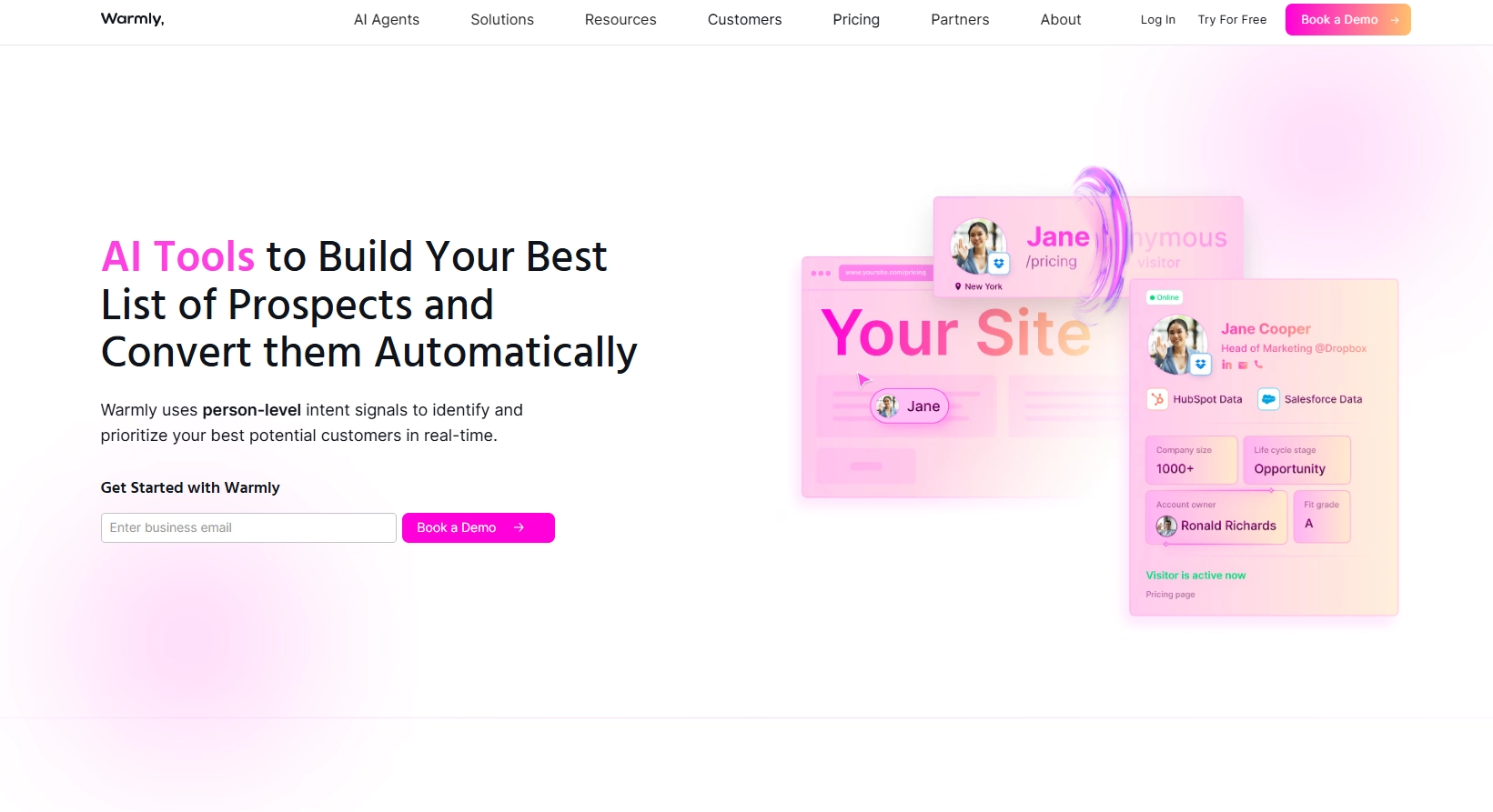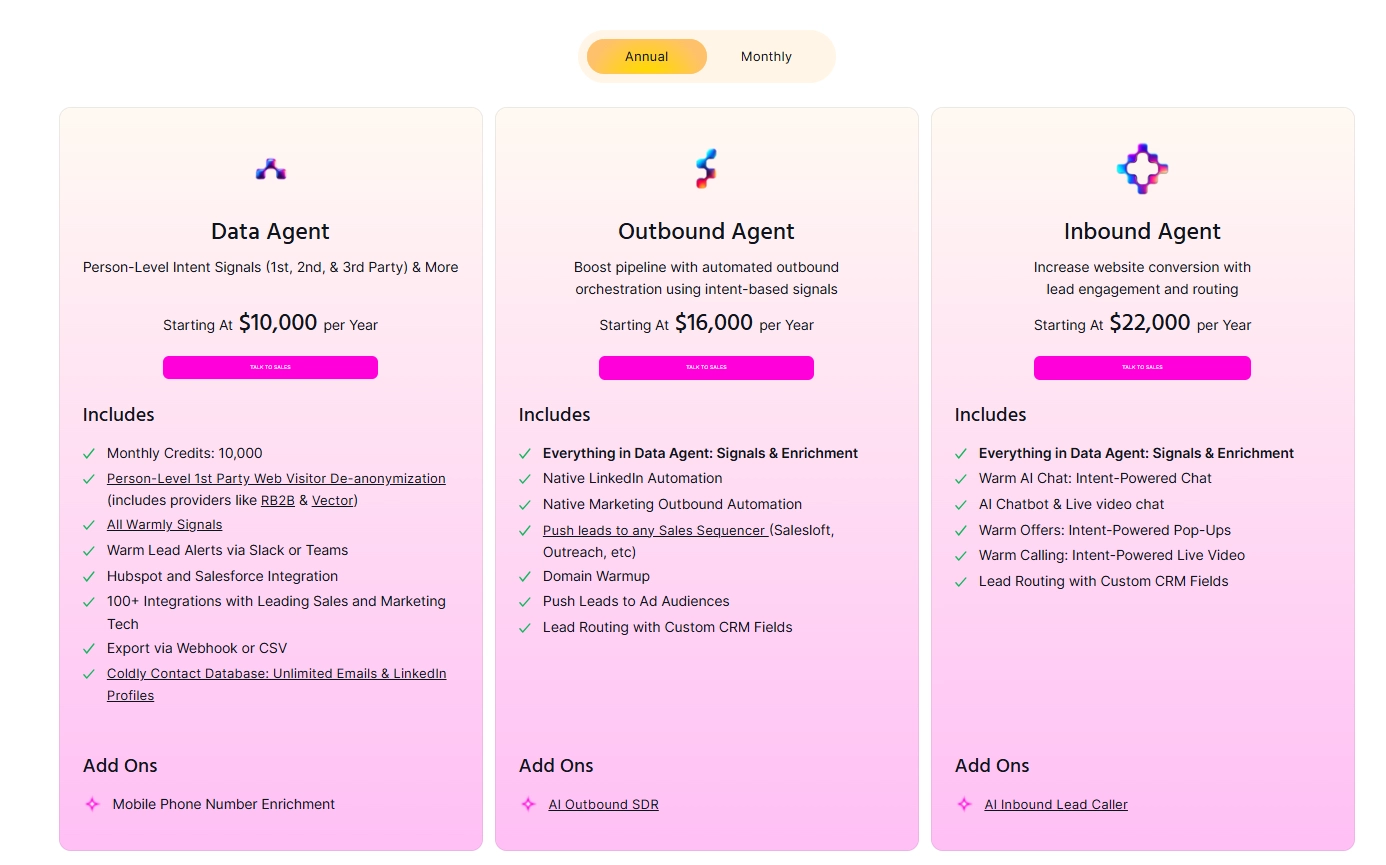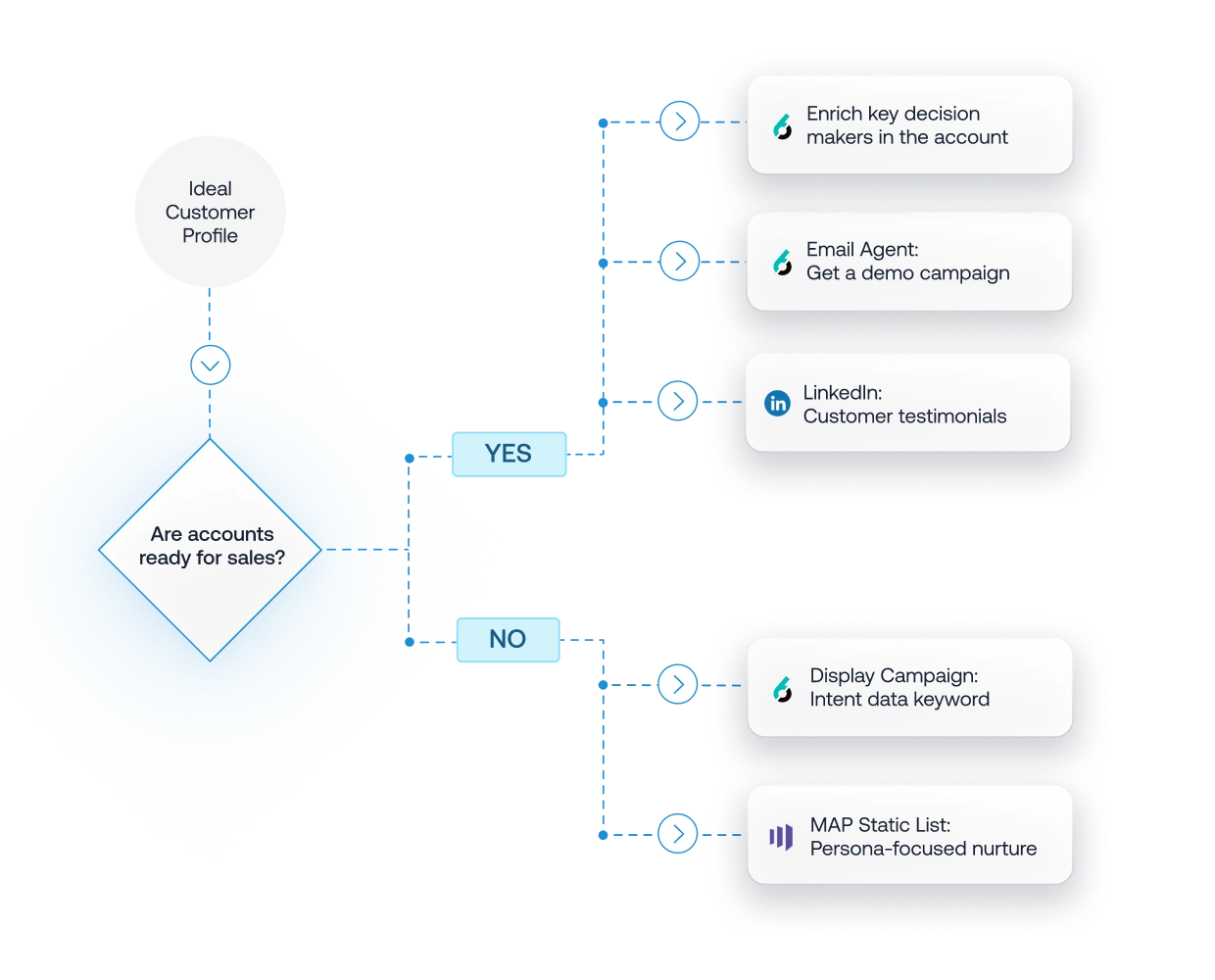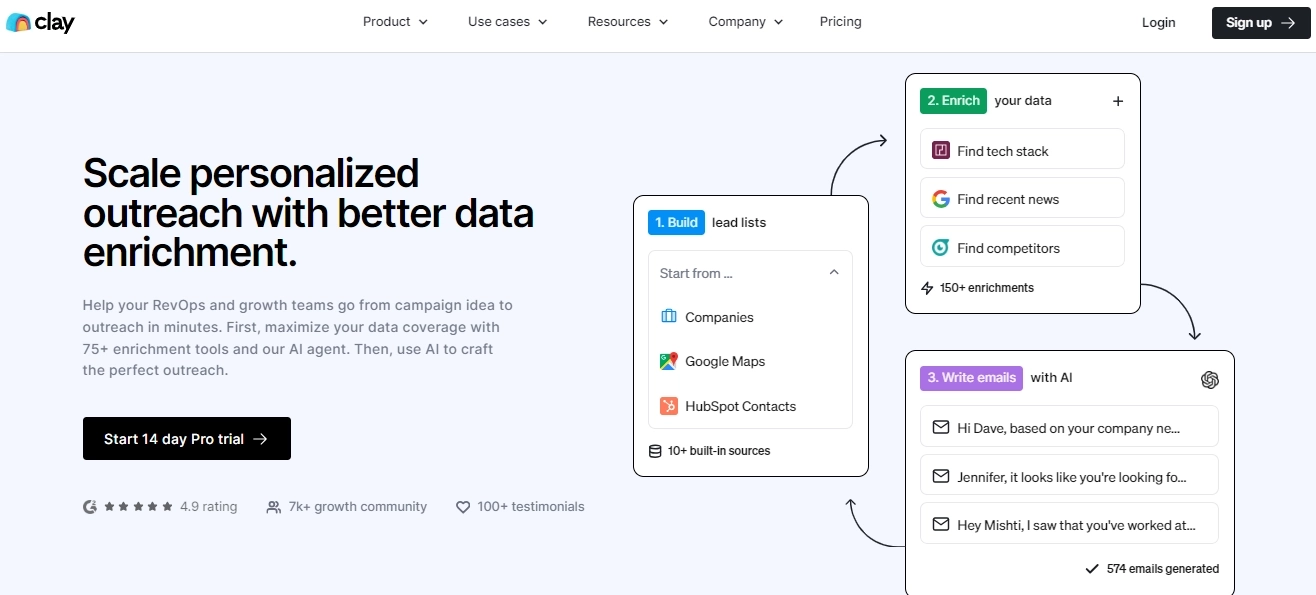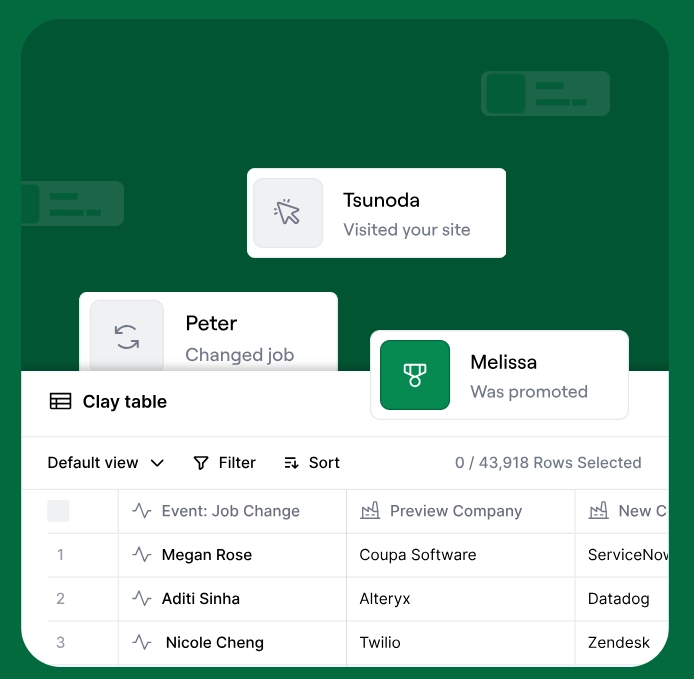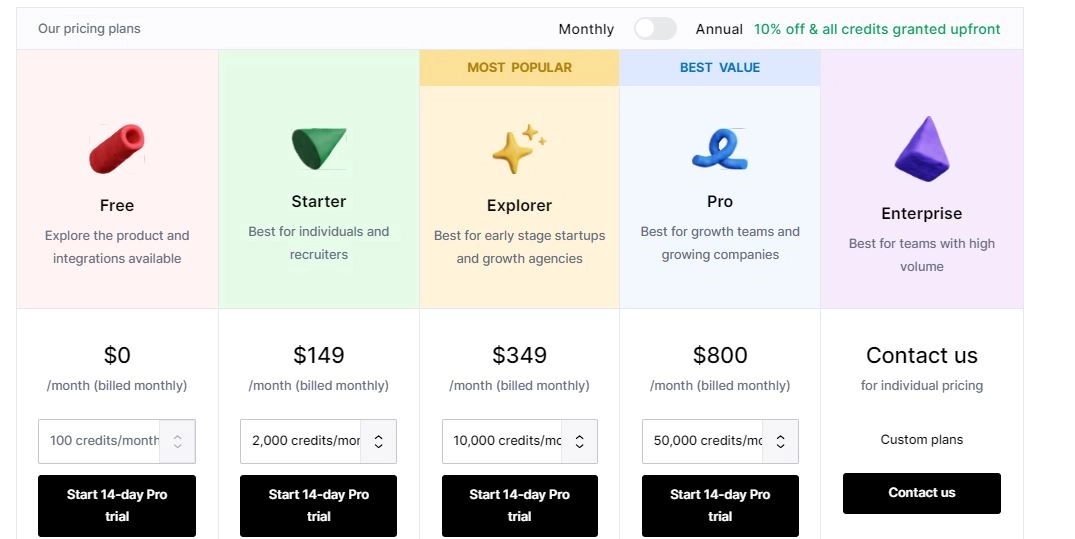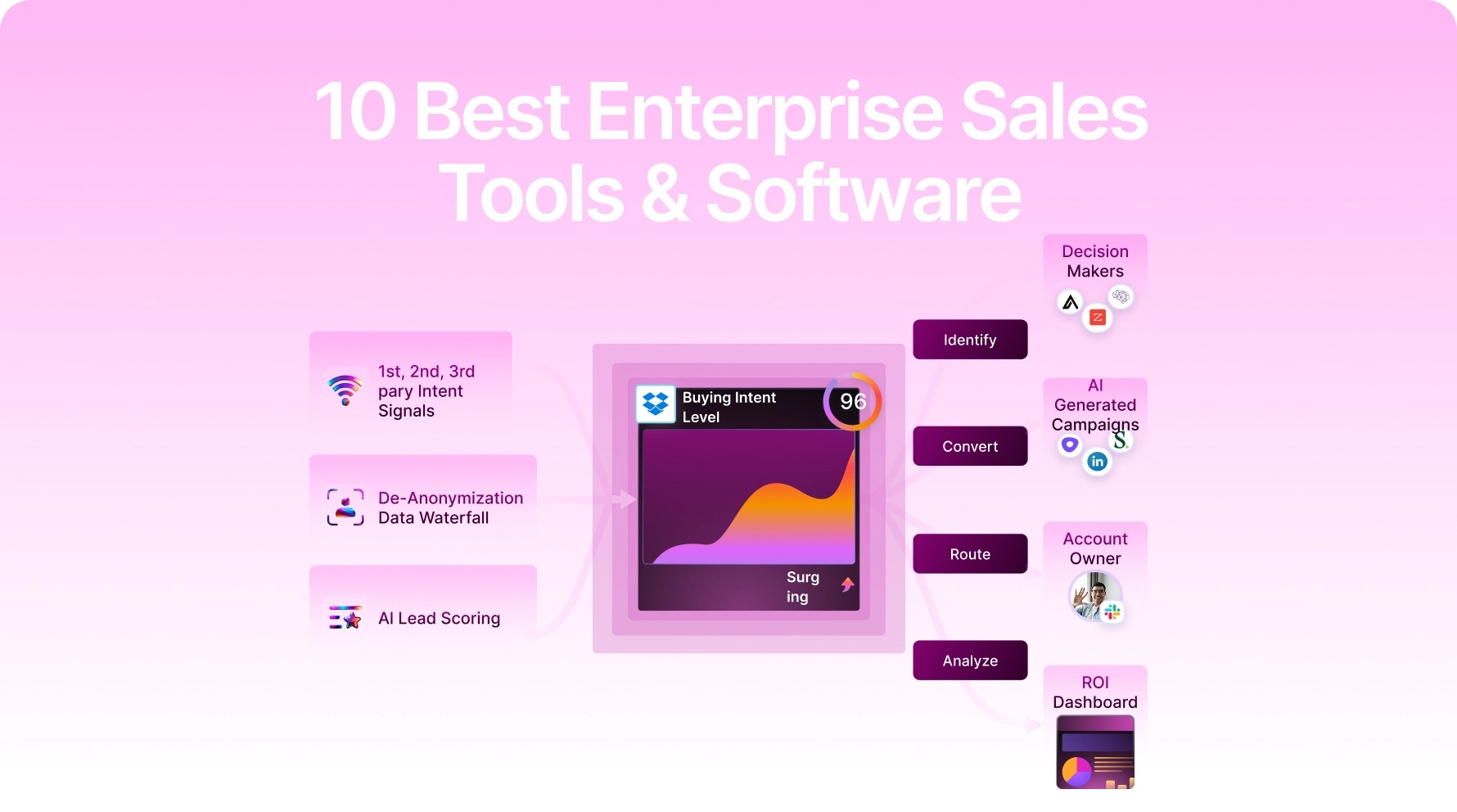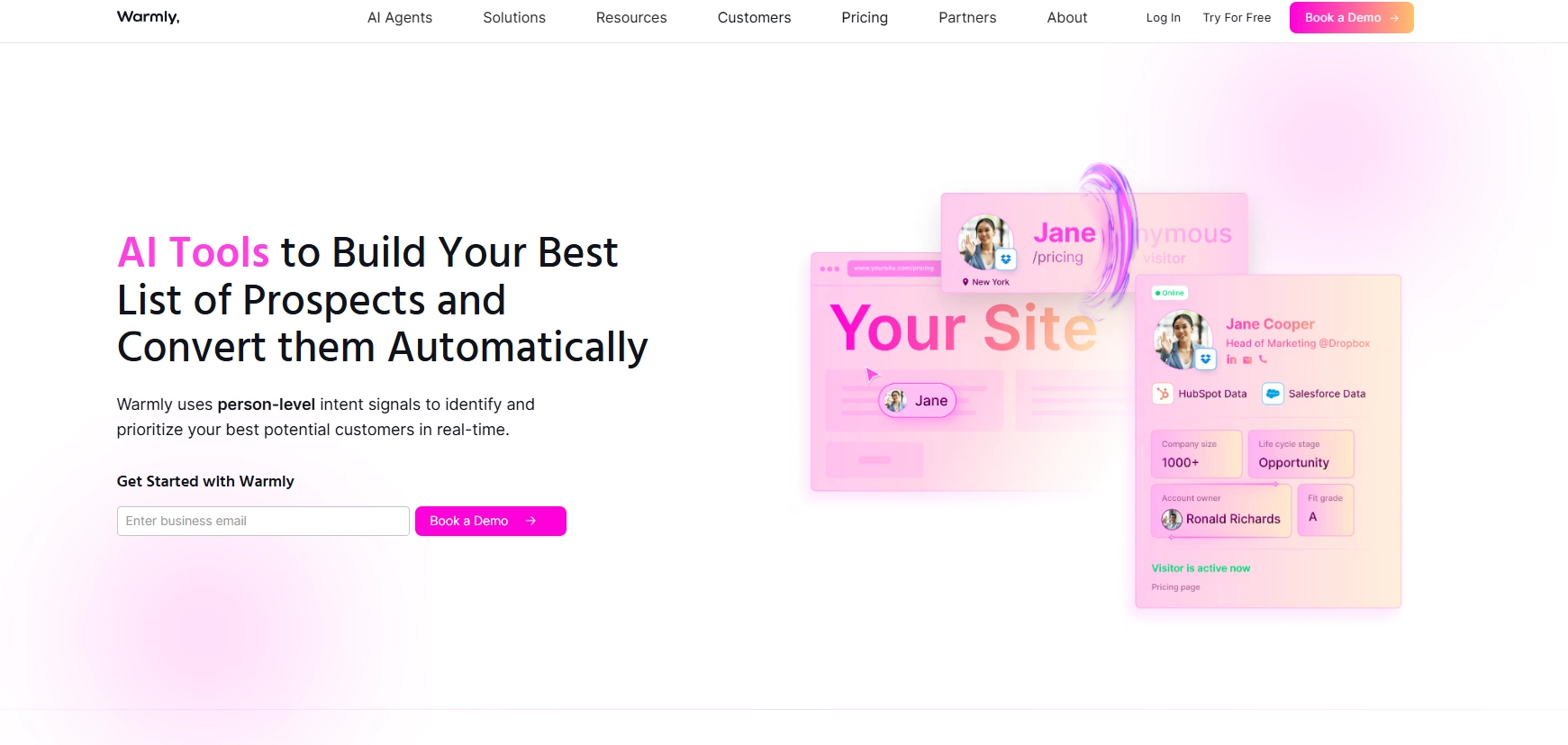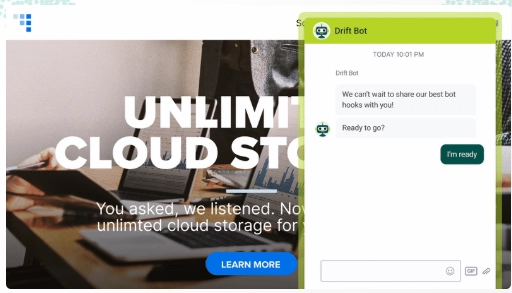![10 Best LeadMagic Alternatives for List Building [October 2025]](https://cdn.prod.website-files.com/6506fc5785bd592c468835e0/68df81687604afb357ed7cc2_leadmagic_alternatives.webp)
10 Best LeadMagic Alternatives for List Building [October 2025]
You’re in the right place.
LeadMagic has carved out a niche as a lightweight tool for identifying anonymous website traffic and turning it into contact lists.
But in today’s high-stakes outbound landscape, list building needs more than just company-level data and reverse-IP lookups.
To help you find the best LeadMagic alternative, I’ve tested dozens of list building tools built for modern sales and marketing teams, focusing on tools that do more than just spit out names and emails.
The best ones now combine real-time intent, deep enrichment, and automation to help you not only find the right leads, but act on them instantly.
So whether you’re scaling outbound, warming up inbound, or just tired of half-baked data that goes nowhere, this guide is for you.
Below, you’ll find the 10 best LeadMagic alternatives for smarter list building in 2025, complete with use cases, pricing, and real-world pros and cons.
Let’s get into it.
TL;DR
- Warmly offers the best alternative to LeadMagic in 2025, transforming anonymous traffic into signal-driven pipeline with person-level de-anonymization, real-time intent tracking, and autonomous AI SDRs.
- ZoomInfo, Apollo, and Cognism are strong choices for teams that need scale - whether it’s enterprise-grade data, all-in-one prospecting + outreach, or GDPR-compliant global coverage with verified mobiles.
- Lightweight tools like Lusha, Hunter.io, Snov.io, UpLead, AeroLeads, and Lead Forensics give smaller teams affordable ways to find verified contacts, enrich lists, or identify engaged accounts.
Why look for LeadMagic alternatives for list building?
LeadMagic offers a compelling value proposition - turn anonymous website traffic into leads, enrich and validate prospect data, and buy only what you need via credits.
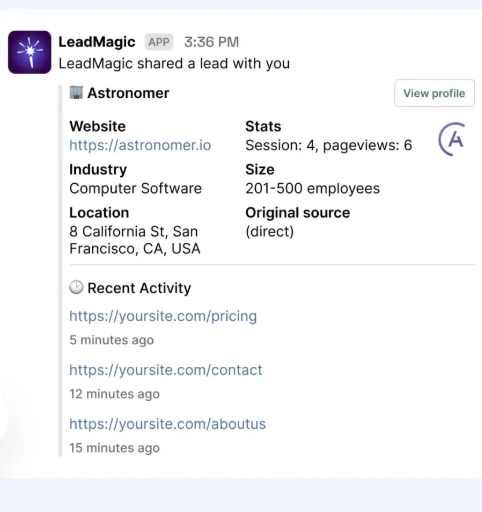
But when you push it hard, especially for scale, you’ll likely run into several limitations and trade‑offs worth knowing.
Below are the main reasons you might want to explore alternatives:
1. Limited depth in person‑level intent and behavior
LeadMagic’s core strength lies in visitor identification (company level) and data enrichment (emails, phones, firmographic/job data).
But if you're looking to get real-time behavior signals (who’s researching, what they’re doing, content paths, scoring), LeadMagic often doesn’t provide the level of signal granularity needed to prioritize outreach intelligently.
In a fast-moving outbound environment, that means you may end up chasing leads that look good on paper, but aren’t actively buying.
2. Focused on static enrichments
LeadMagic is great when you upload a list or spreadsheet and have it enriched, validated, and cleaned.
But it doesn't always do much beyond that.
For example, it won’t automatically surface new leads or trigger sequences when prospects “turn hot.”
You might still need to layer on extra tools for triggers, scoring, or new prospect discovery.
3. Credit‑based model can lead to hidden costs
LeadMagic operates on a credit model: you only pay for valid emails, mobile numbers, and enrichments you consume.
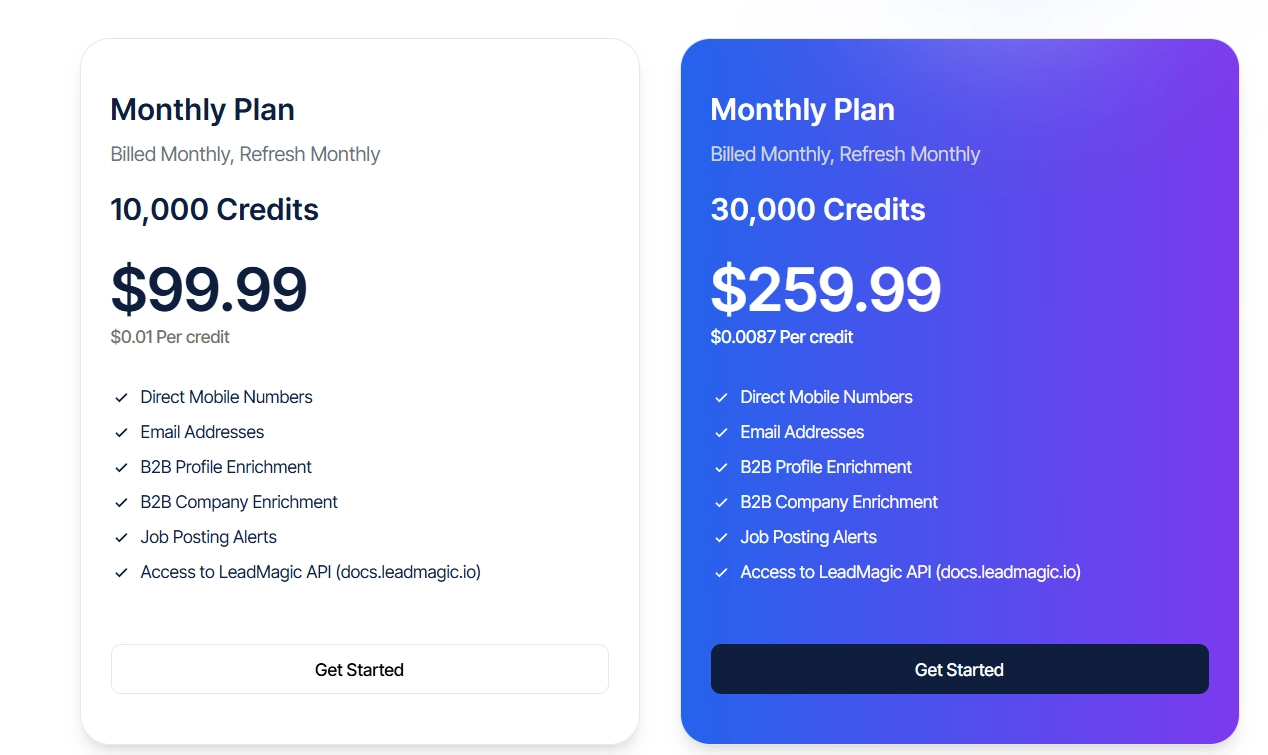
While that sounds fair, in practice it can become unpredictable.
If you run many bulk jobs or have complex enrichment needs, credit usage can spike unexpectedly, especially when contacts are missing or ambiguous.
What are the 10 best LeadMagic alternatives for list building in 2025?
If you’re ready to move beyond LeadMagic’s limitations, here are 10 tools that bring more signal, more automation, or deeper reach to your list building game.
Each option below offers something LeadMagic struggles with - whether that’s real‑time intent, enriched contact coverage, or built-in outreach features.
| Tool | Use Case | Price |
|---|---|---|
| Warmly | Uses person-level intent to de-anonymize visitors, enrich leads, and trigger outbound sequences automatically. | Starts at $10,000/year (AI Data Agent); $16,000/year (AI Outbound Agent); $22,000/year (AI Inbound Agent). |
| ZoomInfo | Offers deep firmographic and technographic data, intent tracking, and enterprise-grade list building. | Custom pricing only; 12-month contracts; segmented packages for Sales, Marketing, and Talent. |
| Apollo.io | Combines a massive B2B database with built-in outreach sequencing, contact enrichment, and lead scoring. | Free plan available; Paid plans: Basic $59/user/mo, Professional $99/user/mo, Organization $149/user/mo. |
| Cognism | Specializes in GDPR-compliant global contact data enriched with mobile numbers and intent signals. | Custom pricing; two tiers (Platinum, Diamond); platform fee + subscription. |
| Lusha | Lightweight but effective: a fast contact finder (email + phone) via browser extension and API. | Free plan (40 credits); Paid plans: Pro from $29.90/mo, Premium from $69.90/mo, Scale custom/ |
| Hunter.io | Domain-centric email search + verification with bulk enrichment and list management features. | Free plan (50 credits); Paid plans: Starter €49/mo, Growth €149/mo, Scale €299/mo, Enterprise custom. |
| Keyplay | AI-powered ICP-modelling and account scoring to discover, prioritize, and enrich high-fit accounts. | Test Drive $0/year; ICP Modeling $18K/year; Full-Service ICP Custom pricing. |
| UpLead | Real-time verified B2B leads with high data accuracy and quality checks built in. | Free trial (5 credits); Paid plans: Essentials $99/user/mo (170 credits), Plus $199/user/mo (400 credits), Professional custom. |
| AeroLeads | Chrome extension + lead database combo that surfaces contact info while browsing LinkedIn or sites. | Take Off $49/mo (1 user, 2,000 credits), Climb $149/mo (5 users, 8,000 credits), Cruise $499/mo (20,000 credits), Custom available. |
| Lead Forensics | Focused on identifying anonymous website visitors and converting them into actionable contacts. | Custom pricing; traffic-based; two plans: Essential (SMBs) & Automate (enterprise); 7-day free trial. |
#1 Warmly
Warmly offers the best alternative to LeadMagic on the market with its person-level intent that lets you de-anonymize your website visitors, enrich leads, and orchestrate personalized outreach campaigns.
But it's not just a list‑building tool.
It’s an AI‑powered revenue orchestration platform that turns anonymous traffic into signal‑driven pipelines.
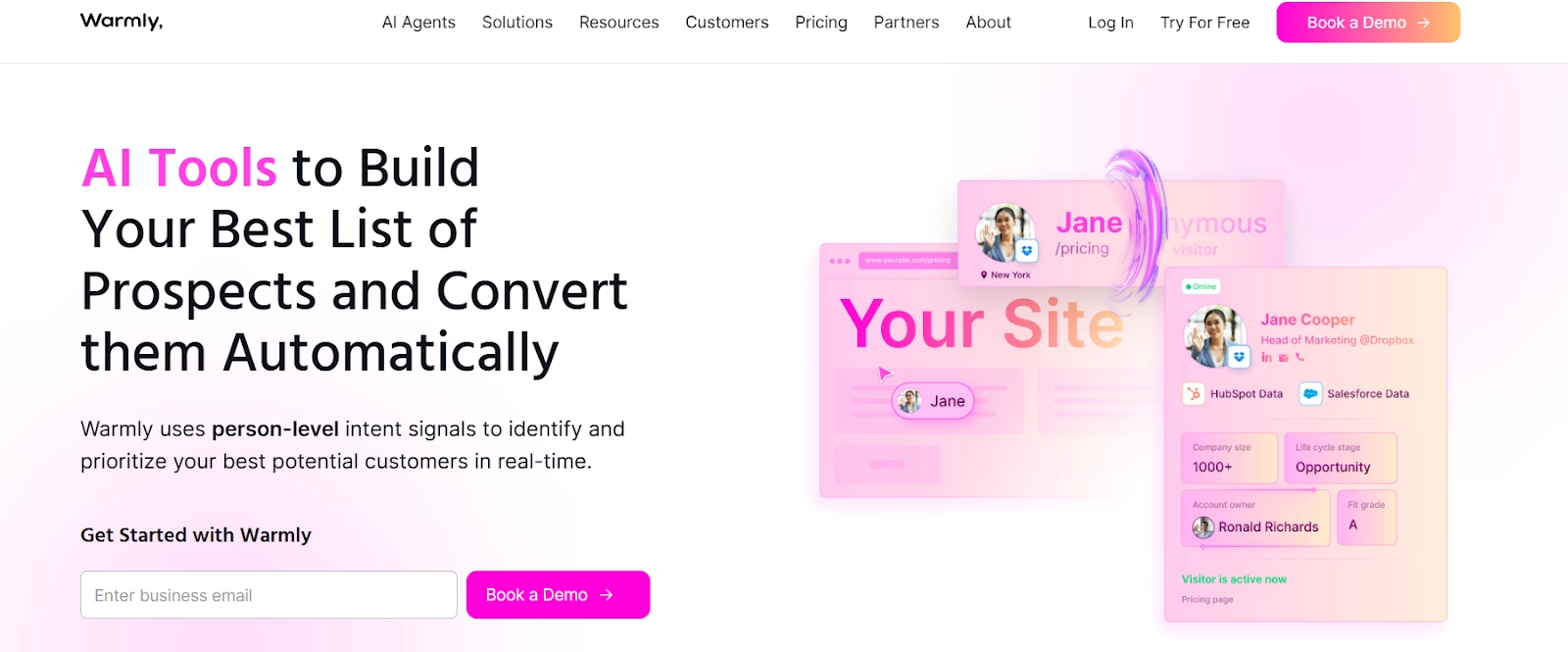
Instead of just handing you a CSV of names and emails, Warmly uses person‑level intent signals to identify, enrich, and prioritize your best prospects in real time, then triggers automated, personalized outreach so you can move from “list” to “live opportunity” instantly.
Here are some of the features that come in especially handy when it comes to targeted list building.
Feature #1: Real-time visitor reveal & intent scoring
Most tools hand you static contact lists. Warmly gives you a living, breathing pipeline.
Namely, the moment someone hits your website, Warmly de‑anonymizes them at the person level - not just the company, but the actual person behind it - enriching each visitor with verified contact details (name, title, email, LinkedIn profile, phone, firmographics).
But it doesn’t stop there.
Warmly continuously tracks several types of intent signals to show you which visitors are actually in‑market right now, so you can prioritize outreach when the timing is perfect.
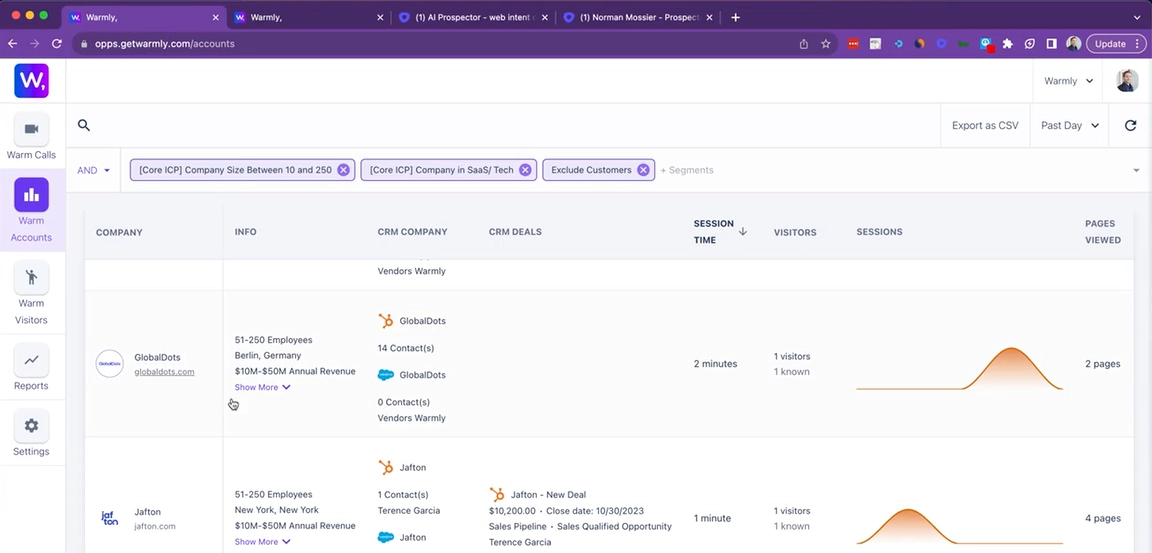
These include the following:
- 1st‑party: Pricing page views, product usage, CRM activity, form fills.
- 2nd‑party: Real‑time LinkedIn engagement from your ICP, including posts about your industry or competitors, mentions of your company, likes/comments/shares on pain‑point content, etc.
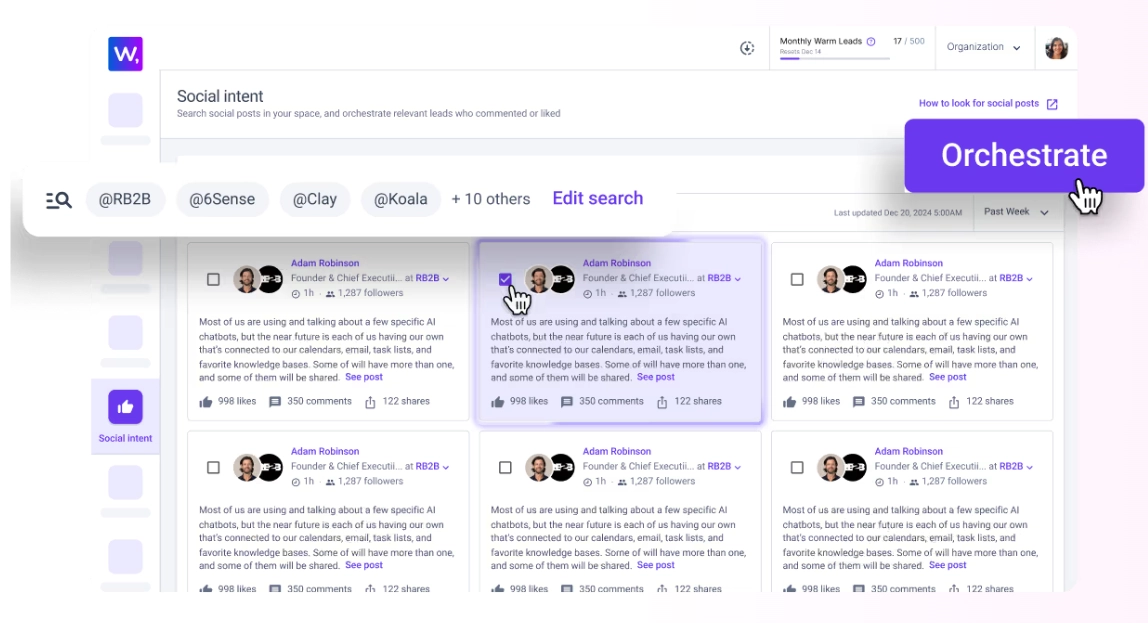
3. 3rd‑party: Competitor research, intent keyword searches, relevant industry buzzwords.
Then, every high‑intent visitor is instantly scored, ranked, and pushed to your reps via Slack, so no one slips through the cracks.
As a result, you get a constantly refreshed, prioritized list of real buyers, instead of just names and emails sitting in a CSV.
Feature #2: Build laser-targeted lists with Warmly’s 200M+ contact database
Coldly is Warmly’s built-in B2B prospecting engine, and it’s built for speed, scale, and precision.
Unlike generic data providers, Coldly combines a continuously refreshed contact + account database (200M+ records) with powerful filters and daily validation, so you can build accurate, high-converting prospect lists in seconds.
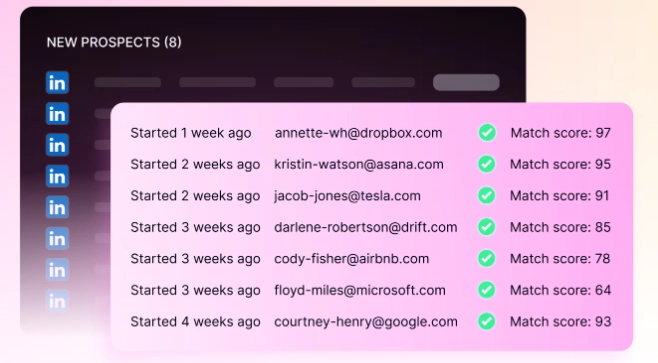
You can filter by over 25 attributes, including:
- Job function, seniority, and title.
- Industry, company size, revenue, location.
- Tech stack, funding, and hiring signals.
- LinkedIn presence, mobile availability, and more.
Each lead comes pre-verified with email, mobile, and LinkedIn profile, so your team can go from search → sequence without chasing down missing data.
And because Coldly updates every 2-4 weeks (with daily validation on top), your SDRs won’t waste time scrubbing lists, chasing bounced emails, or guessing who's still at the company.
Coldly also offers automatic CRM enrichment, multi-threading support to map entire buying committees, and a browser extension so reps can grab contact info straight from LinkedIn or company websites - no spreadsheet exports needed.
Feature #3: AI-powered ICP identification
Forget guesswork and static firmographic filters - Warmly uses AI to reverse-engineer your best-fit customer profile based on real data, not hunches.
Instead of just asking you to choose industry + headcount + title, Warmly analyzes your actual customers and closed-won deals to uncover what really defines your ideal buyer.
That includes:
- Tech stack similarities.
- Growth signals and hiring trends.
- Buying committee structure.
- Engagement patterns across campaigns.
- Social activity, job changes, deal timelines, etc.
Once it identifies your ICP, Warmly automatically scans its 200M+ contact database to surface lookalike accounts and prospects, that is, the ones most likely to convert based on what’s worked for you before.
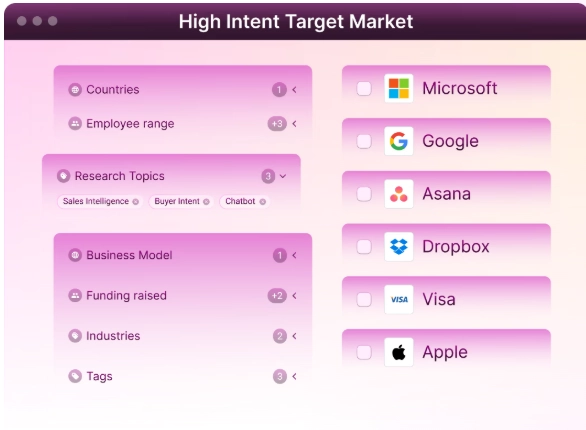
This means no more wasting time on broad lists or chasing bad fits, as you get a custom-built, high-conversion prospect list on autopilot, trained on your actual success patterns.
Feature #4: AI SDRs that turn lists into live conversations
While many platforms stop at building your list, Warmly goes further by automating outreach, personalization, and follow-up with AI-powered SDR agents that act the moment intent is detected.
Warmly’s AI SDR takes your hottest prospects (based on fit + behavior) and automatically:
- Adds them to personalized, multi-channel sequences (email + LinkedIn + smart website chat).
- Customizes messaging using real-time context and signal data.
- Avoids duplicate outreach or conflicting cadences.
- Multithreads outreach across multiple stakeholders at the same account.
- Hands off hot replies to your team, with full context.
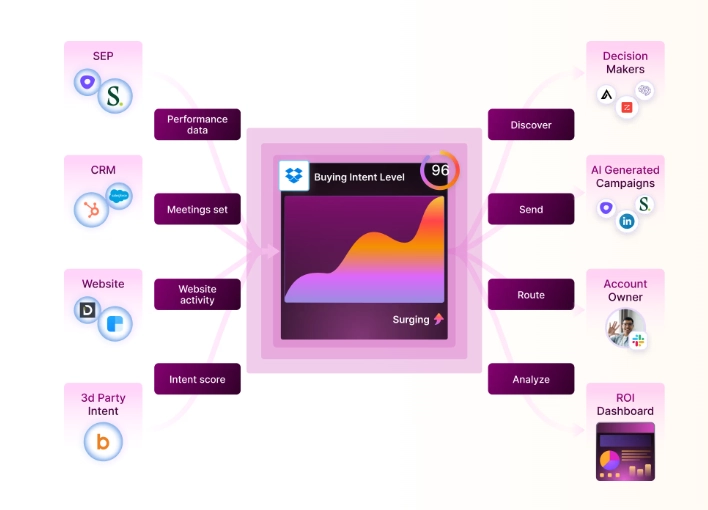
This way, you get fully autonomous prospecting that runs 24/7 behind the scenes, warming up buyers while your team focuses on closing deals.
Warmly’s integrations
Warmly plugs into your entire GTM stack so you can identify, engage, and convert prospects without switching tools or breaking your workflows.
It integrates seamlessly with a wide range of different tools, including:
- CRMs (e.g., Salesforce, HubSpot, Pipedrive, and more).
- Sales platforms, such as Apollo, Outreach, Salesloft, Instantly, etc.
- Marketing automation solutions like Marketo, Eloqua, Pardot, ActiveCampaign, etc
- Slack & Microsoft Teams for real-time alerts.
- And others.
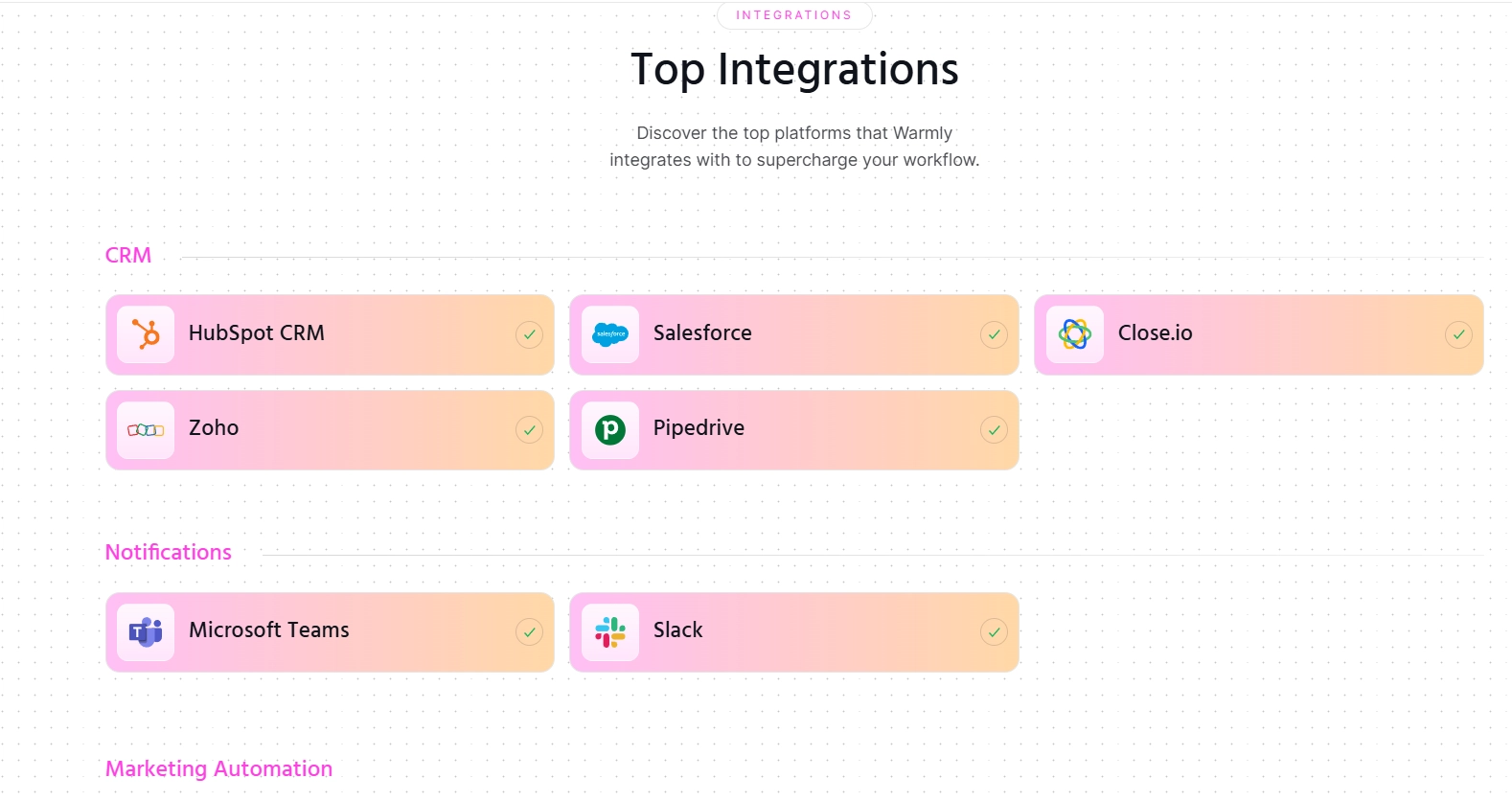
Moreover, Warmly provides you with discounted access to 25+ best-in-class sales and marketing platforms, making it easier (and more cost-effective) to build a tightly integrated, high-performing stack.
Pricing
Warmly offers three core plans, so your GTM team can choose the right mix of signals, automation, and AI engagement.
All plans are billed annually, with optional add-ons for even deeper automation.
- AI Data Agent (starts at $10,000/year): Includes 10,000 monthly credits, person-level web visitor de-anonymization (RB2B + Vector), access to all Warmly Signals (1st, 2nd & 3rd party), CRM integrations (Salesforce, HubSpot), Slack/Teams lead alerts, 100+ sales & marketing integrations, webhook/CSV exports, and access to the Coldly Contact Database with unlimited emails and LinkedIn profiles.
- AI Outbound Agent (starts at $16,000/year): Includes everything in AI Data Agent plus native LinkedIn automation, outbound marketing automation, email/domain warmup, the ability to push leads into sequencers like Salesloft or Outreach, sync leads into ad audiences, and advanced lead routing with custom CRM fields.
- AI Inbound Agent (starts at $22,000/year): Includes everything in AI Data Agent plus Warm AI Chat, AI chatbot & live video chat, Warm Offers (intent-powered pop-ups), Warm Calling (instant video calls), and advanced lead routing with custom CRM fields.
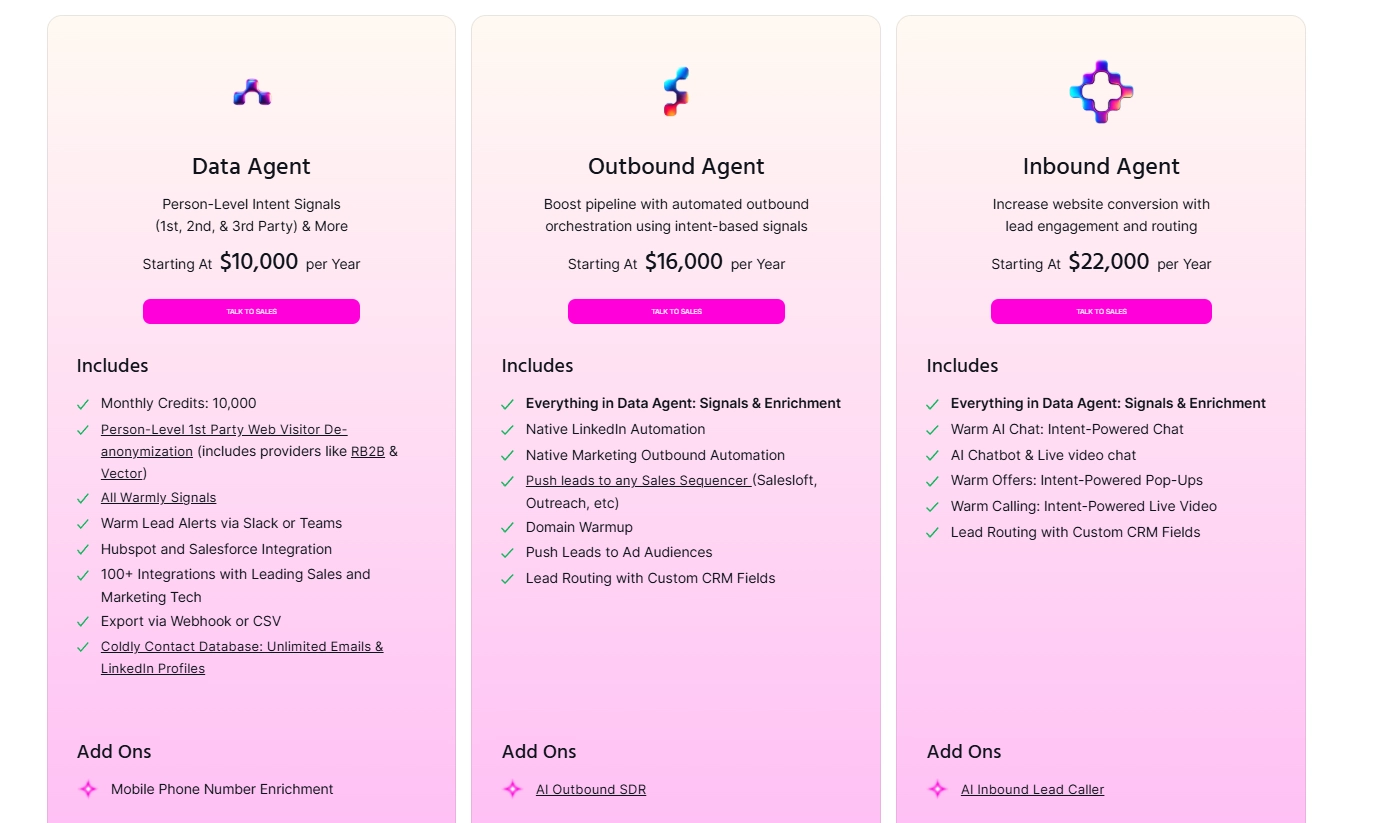
Optional add-ons include Mobile Phone Number Enrichment, AI Outbound SDR, and AI Inbound Lead Caller.
Note: The AI Data Agent plan also has a monthly plan available, with the pricing starting at $900/mo.
How is Warmly different from LeadMagic?
While LeadMagic focuses on reverse IP lookups and credit-based enrichment, Warmly takes list building several steps further by combining real-time de-anonymization, multi-source intent signals, and AI-powered orchestration.
Here are some of their key differences at a glance:
| Category | LeadMagic | Warmly |
|---|---|---|
| Depth of signals | Identifies companies visiting your site. | Reveals the actual people behind visits and tracks 1st, 2nd, and 3rd-party intent (LinkedIn engagement, competitor research, pricing page views). |
| List quality | Enriches and validates the lists you upload | Uses Coldly’s 200M+ database + AI ICP modelling to surface net-new, high-fit leads |
| Automation | Stops at enrichment | AI SDRs + Orchestrator instantly activate hot leads with personalized, multi-channel outreach |
In short, LeadMagic helps you build and validate basic lead lists.
Warmly helps you turn anonymous visitors into live conversations and scale pipeline without scaling headcount.
Pros & Cons
✅ Identifies both companies and individuals visiting your website in real time.
✅ Coldly prospecting database with 200M+ refreshed contacts and advanced filters.
✅ Tracks 1st, 2nd, and 3rd-party intent signals to help qualify and prioritize faster.
✅ AI SDRs and Orchestrator automate outbound prospecting, sequencing, and follow-up across email + LinkedIn.
✅ AI-powered ICP modeling finds high-fit lookalike prospects based on your actual customer data.
❌ Modular pricing.
#2 ZoomInfo
Best for: Enterprise sales & marketing teams that need the deepest data, intent insights, and account-level orchestration.
Similar to: Clearbit, Apollo
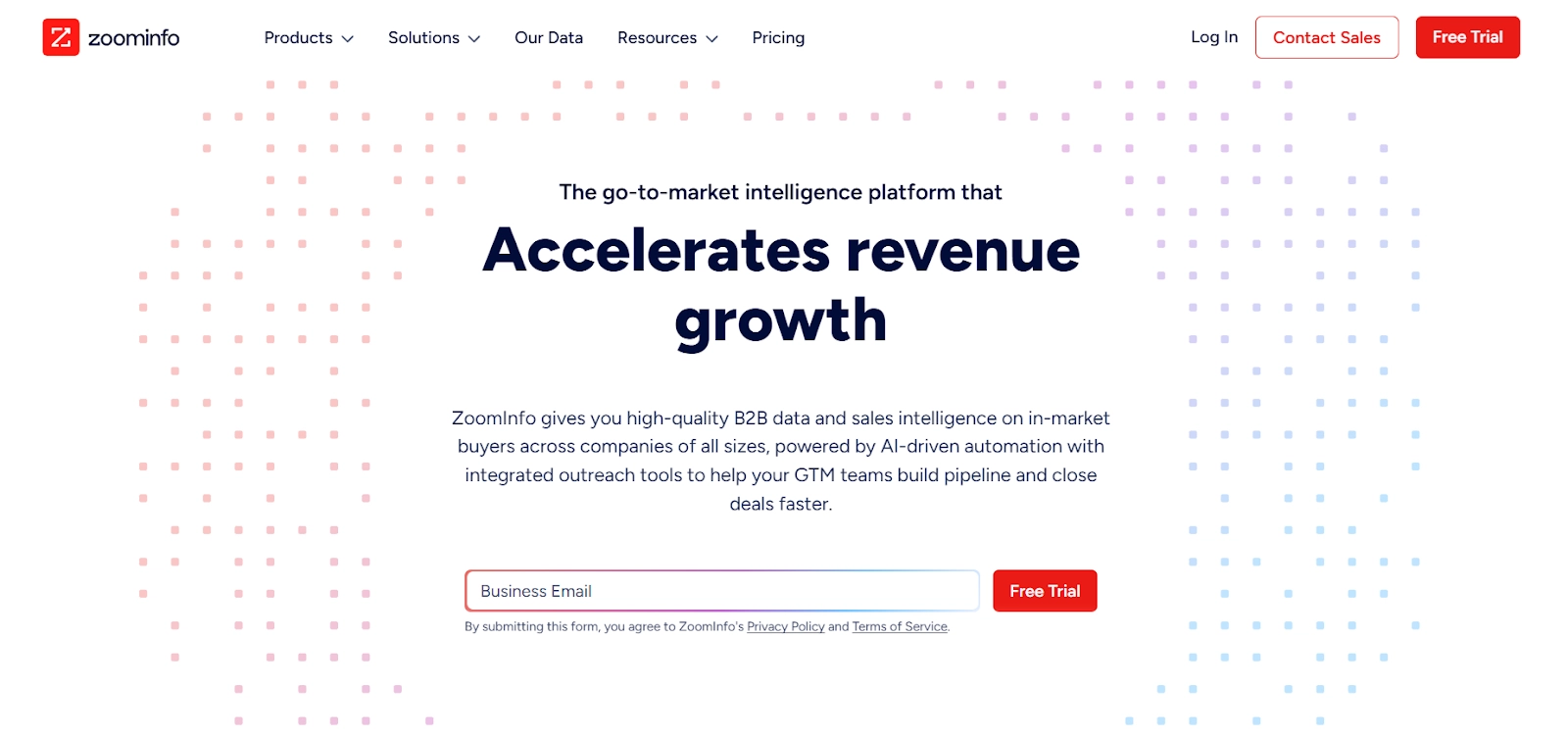
ZoomInfo is a full-stack go-to-market intelligence platform built for scale.
It layers a vast contact & company database over intent signals, org charts, enrichment, and sales engagement tools, so you can both discover and activate accounts without stitching together multiple products.
Features

- Comprehensive database & intent network: ZoomInfo lets you query millions of contacts and accounts, enriched with technographics, revenue, org structure, and third-party intent signals to spot buyers before they engage.
- Sales automation: ZoomInfo includes sequencers, email automation, dialing tools, workflow triggering, and integration with marketing/sales stacks to act on leads directly from the platform.
- Copilot: ZoomInfo’s Copilot adds an AI layer to the tool, helping automate research, refresh and enrich data in real time, suggest next moves, and more.
Pricing
ZoomInfo doesn’t publish its rates openly, and every contract is customized based on team size, data volume, and the add-on modules you choose.
Packages are segmented for Sales, Marketing, and Talent teams, with each tier bundling different features and integrations.
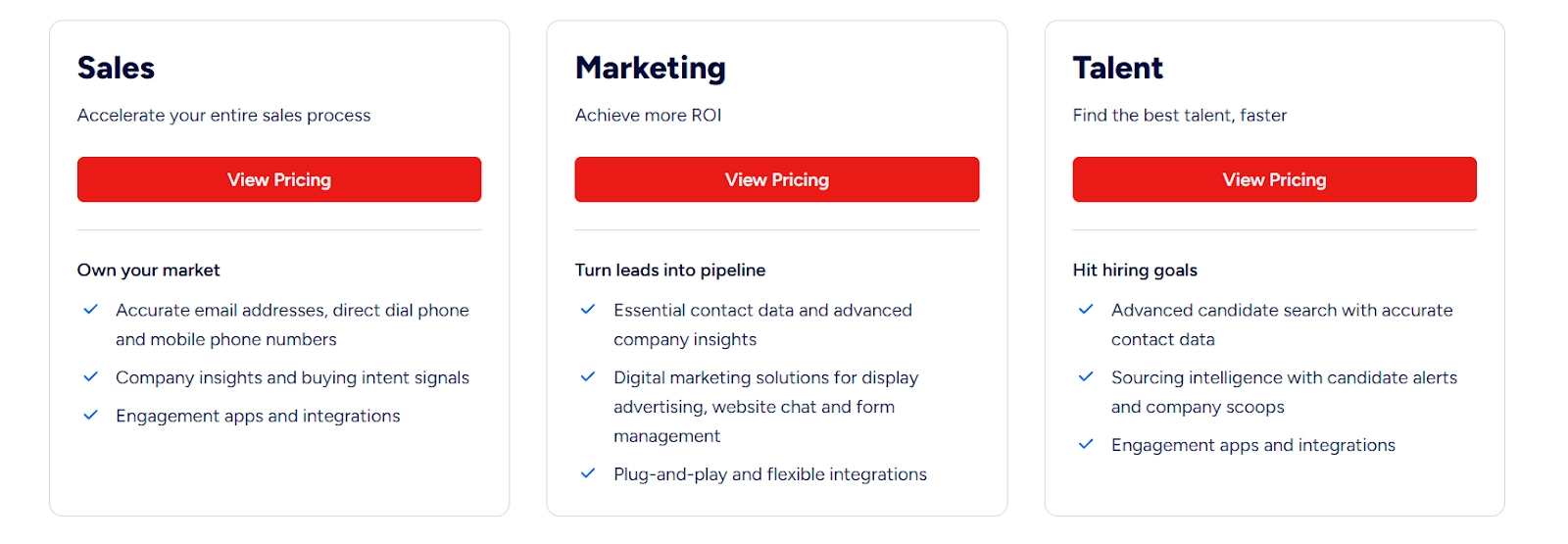
All plans are sold on annual contracts, and pricing is only available through direct negotiation with their sales team.
For benchmarks, you can contact its team directly or check out our in-depth ZoomInfo pricing guide
Pros & Cons
✅ Enormous database coverage gives strong reach into enterprise-level accounts.
✅ Intent and behavioral signals help you engage accounts before they’re fully in-market.
✅ Deep account & hierarchical insights (org charts, relationships) are excellent for account-based strategies.
❌ Enterprise-grade pricing, making it prohibitive for smaller teams.
❌ Its database focuses on the US market - other areas are lacking.
#3 Apollo
Best for: Sales teams that want a unified platform combining prospecting, enrichment, and outbound outreach (email + calls + task automation) under one roof.
Similar to: SalesLoft, Outreach, ZoomInfo
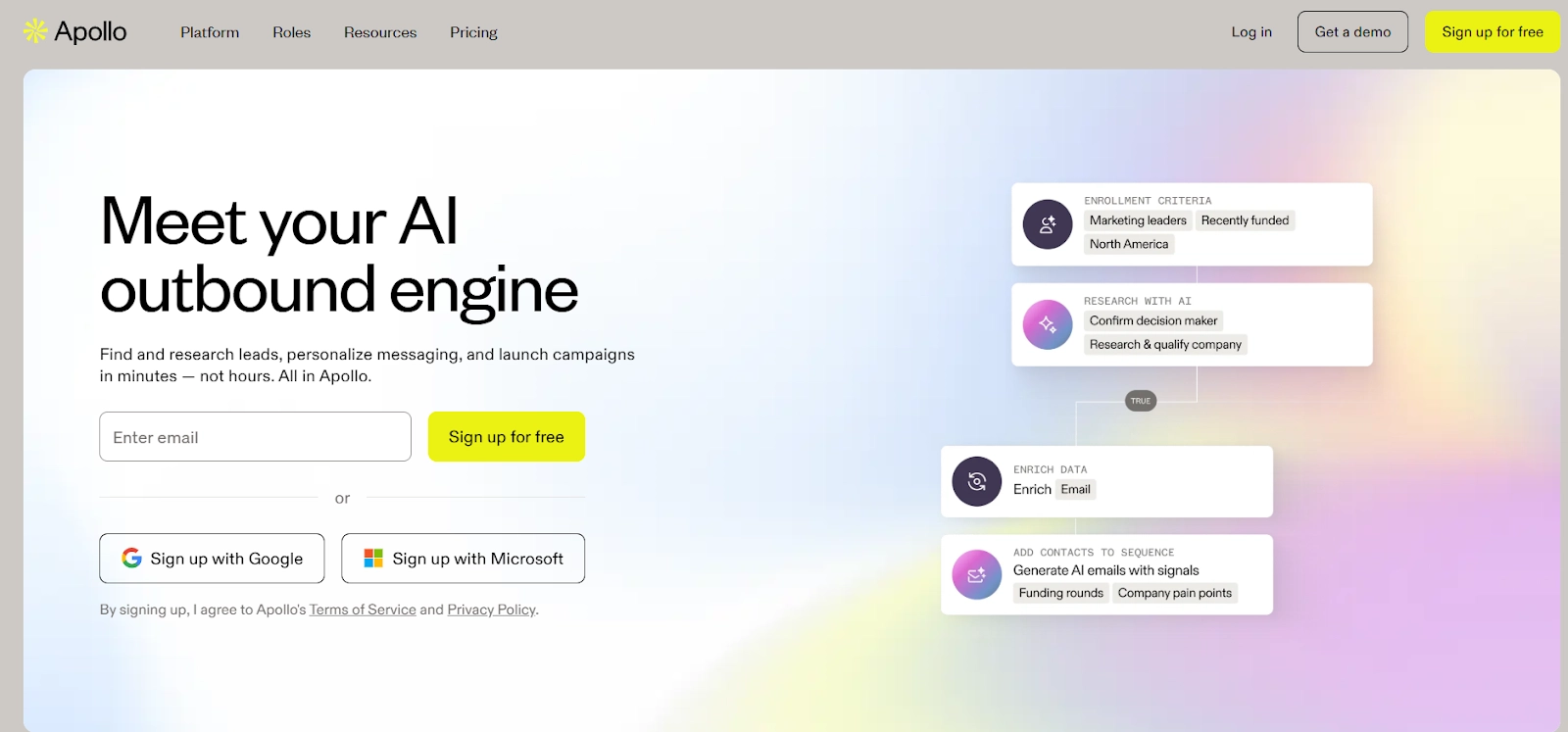
Apollo has become one of the most widely used sales platforms because it brings prospecting, data enrichment, and outreach into a single workflow.
Instead of having to stitch together a database tool, an email finder, and a sequencing platform, Apollo gives reps everything in one place, helping teams go from searching for leads to booking meetings without leaving the app.
Features
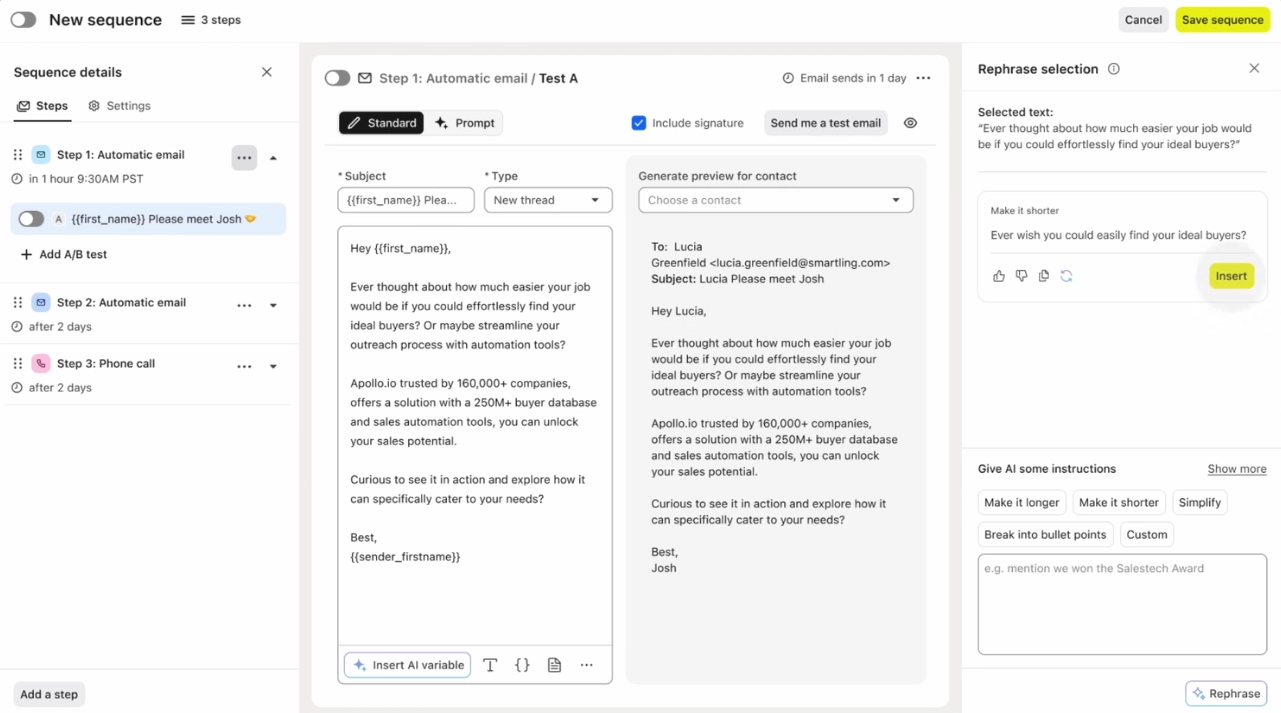
- Database & enrichment: Apollo gives you access to a living database of over 210 million+ contacts and filters across 65+ attributes to help you find hyper-targeted prospects.
- Lead scoring: Beyond static firmographics, Apollo tracks buying signals like opens, clicks, and account activity, helping reps focus on prospects most likely to engage.
- Multichannel engagement: Build and run cadences across email, phone, and tasks directly inside Apollo, with AI tools for personalization, inbox health monitoring, and A/B testing to refine results.
Pricing
Apollo has a free forever plan that includes 100 email and mobile phone finder credits, basic filters and prospecting, and two sequences.
If you need more, you can upgrade to one of three paid plans:
- Basic: $59 per user per month.
- Professional: $99 per user per month.
- Organization: $149 per user per month.

Pros & Cons
✅ Large built-in contact database with strong filter options.
✅ Seamless CRM and sales tool integrations reduce friction in workflows.
✅ AI-driven lead scoring and sequence personalization help boost engagement.
❌ Credit-based usage can lead to surprise overage costs if your footprint grows.
❌ Some users report that certain contacts or phone numbers are outdated or missing, especially in geographies outside the US and EU.
#4 Cognism
Best for: GTM teams selling globally (especially EMEA) that need compliance-first, phone-verified contact data and intent signals.
Similar to: ZoomInfo, 6sense, Clearbit
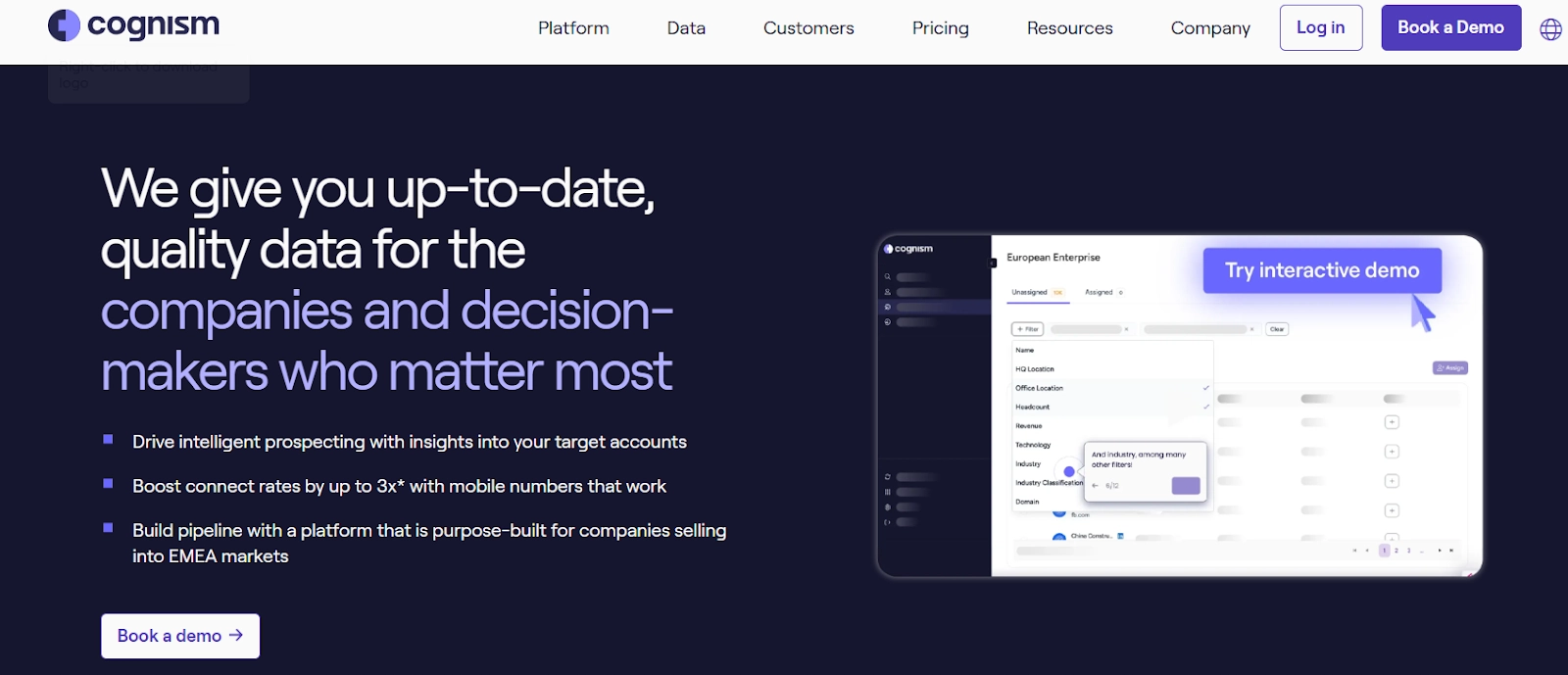
Cognism positions itself as a high-fidelity sales intelligence tool with an emphasis on compliance, mobile-forward contact data, and global reach.
It’s built to support outbound and ABM efforts with enriched contacts, behavioral signals, and on-demand data services.
Features
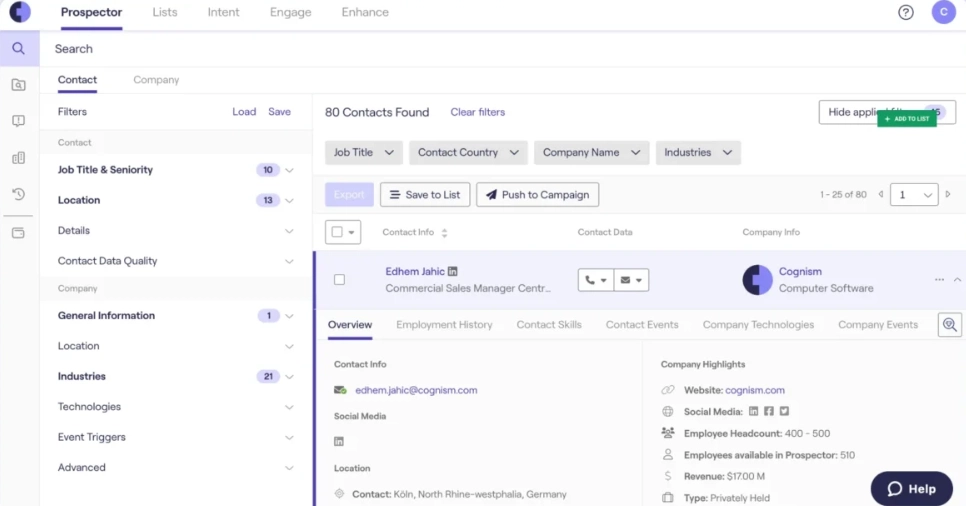
- Phone-verified mobile contacts: Cognism provides a tier of “Diamond Data” contacts that undergo extra verification, giving you higher confidence in direct-dial mobile numbers.
- AI search & natural language prospecting: You can write queries in plain language (e.g. “VPs in fintech using AWS”) and let Cognism filter and assemble lists automatically, speeding up list building.
- Browser extension: Chrome extension to grab contact details as you navigate LinkedIn or websites.
Pricing
Cognism doesn’t publish fixed pricing plans, since its costs vary depending on the customer’s specific needs.
Packages are tailored, but they generally fall into two main tiers: Platinum and Diamond, with Diamond delivering more precise data through additional verification steps.
On top of the data subscription, there’s also a platform fee that covers essentials like onboarding, support, and system setup.
To get an exact quote, you’ll have to contact Cognism’s sales team.
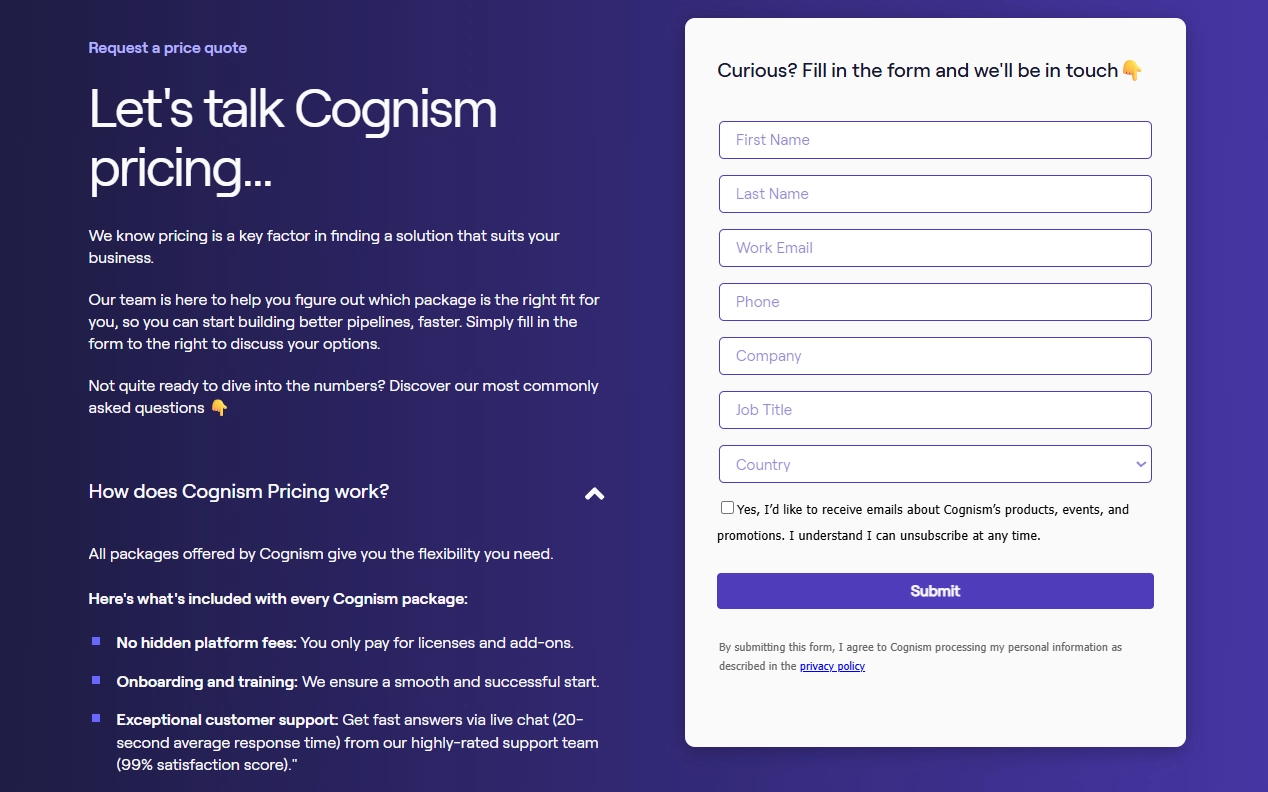
Pros & Cons
✅ High data fidelity and mobile-verification for contact numbers (especially under Diamond Data).
✅ Strong compliance posture (GDPR / CCPA) makes it safer for cross-border outreach.
✅ Automatic CRM record enrichment and a convenient Chrome extension improve workflow.
❌ Opaque pricing and hidden upsells make budgeting tricky.
❌ Interface can feel feature-dense and complex, especially for new users.
#5 Lusha
Best for: Sales or recruiting teams that want a fast, no-friction way to get verified emails & phone numbers via browser extension and API integration.
Similar to: Hunter.io, Apollo (contact side), RocketReach
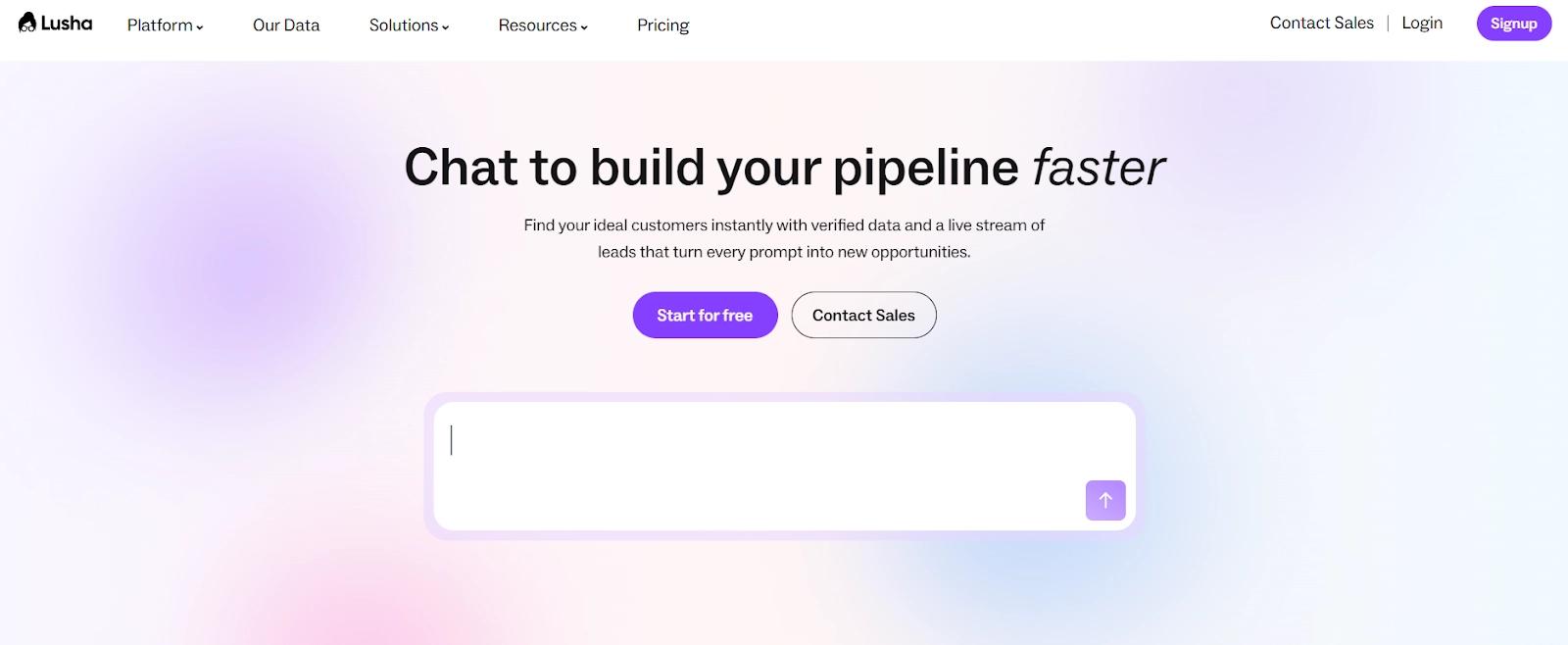
Lusha emphasizes simplicity and accessibility: you plug in, reveal contact info, and move on.
It’s less about deep orchestration and more about fast, accurate contact discovery built to slip into your existing workflow.
Features
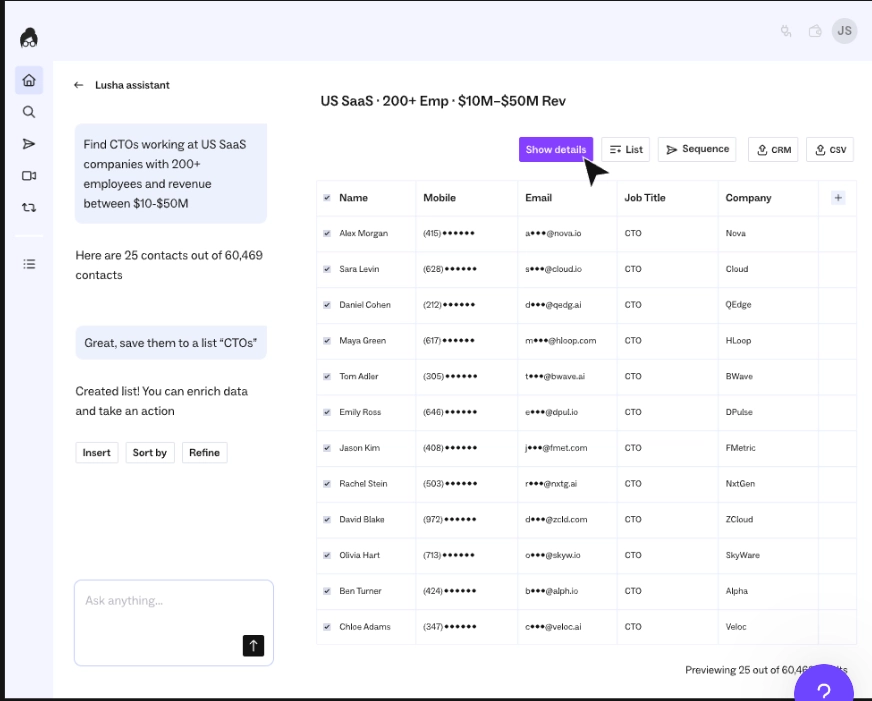
- Browser extension: The Chrome extension lets you reveal contact data directly while browsing LinkedIn or company sites.
- Smart prospect stream: Lusha surfaces leads that match your ideal profile automatically via AI driven by signals, lookalikes, and enrichment logic, so you don’t always have to build lists manually.
- Bulk enrichment & list uploads: You can upload CSVs or lists with partial data and let Lusha fill in missing emails, phone numbers, and firmographic details.
Pricing
Lusha has a free forever plan that includes 40 search credits, basic intent signals, AI recommendations, funding and technology filters, etc.
If you need more, you can subscribe to one of three paid plans whose price depends on the number of credits you need:
- Pro: Starts at $29.90 for 250 credits per month, includes everything in Free, plus 3 users, intent, technology, job change alerts, etc.
- Premium: Starts at $69.90 for 600 monthly credits, includes everything in Pro, plus 5 users, CSV enrichment, advanced analytics, etc.
- Scale: Custom pricing, includes a custom number of credits and users, and higher usage limits.
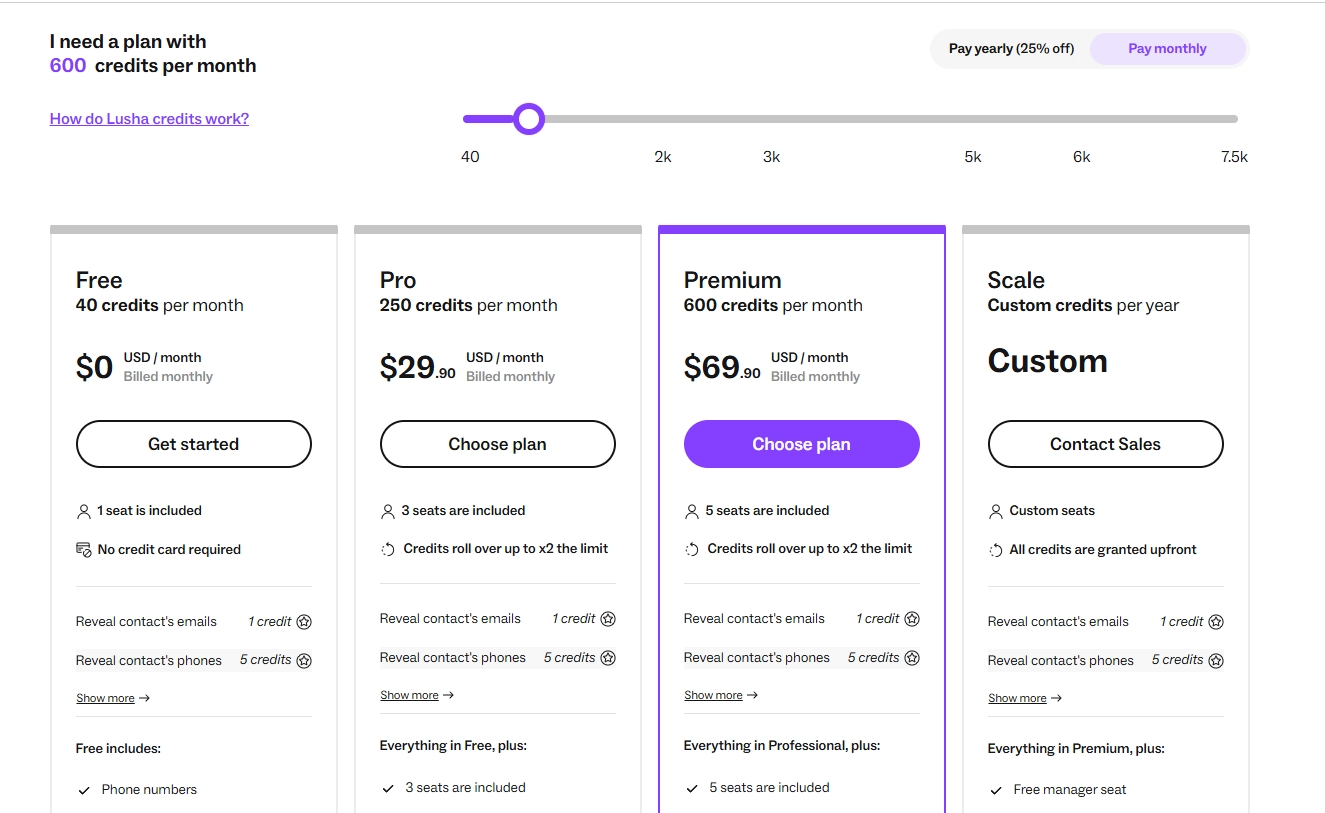
Note: Finding a phone number takes 5 credits, whereas finding an email address and exporting contacts takes one.
Pros & Cons
✅ Very simple and intuitive UI.
✅ Good data accuracy in many standard markets.
✅ Bulk enrichment helps you clean and complete existing lists.
❌ Credit costs add up quickly, especially for phone numbers (5× the cost of email).
❌ Data coverage gaps in niche industries or specific geographies.
#6 Hunter.io
Best for: Teams focused primarily on email outreach who need an efficient tool for discovering and verifying business emails.
Similar to: Snov.io, Skrapp, Apollo (for its email-finding side)
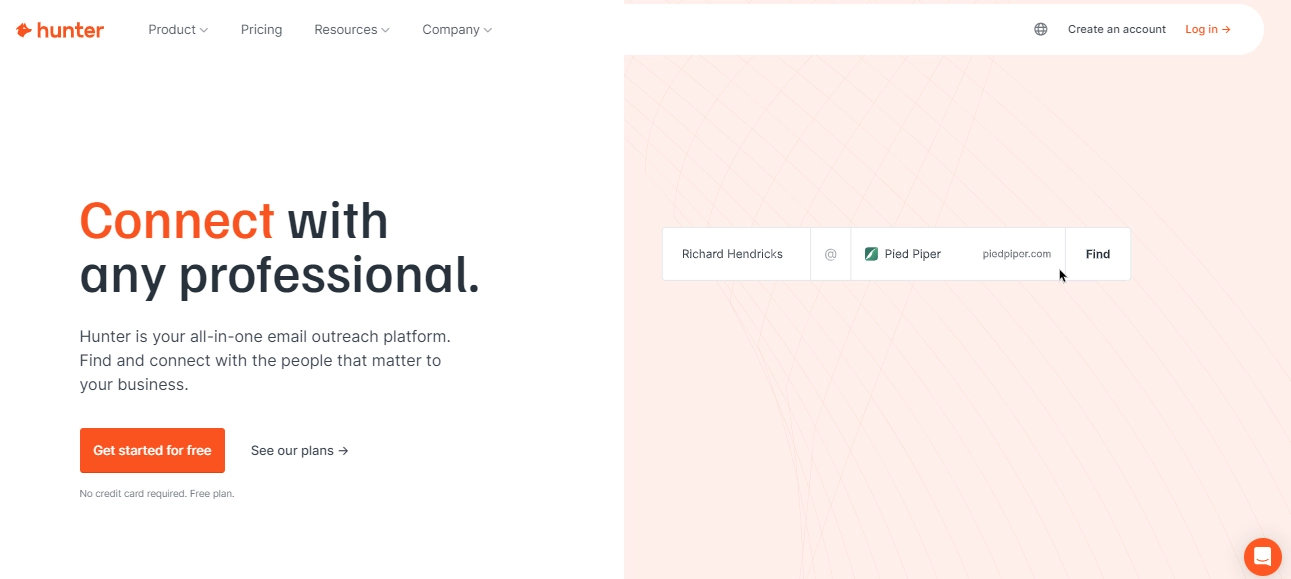
Hunter.io is one of the most widely known email discovery tools in B2B.
It’s built around finding, verifying, and managing email addresses, especially when you already have a domain or name but need to bridge gaps in contact data.
Features
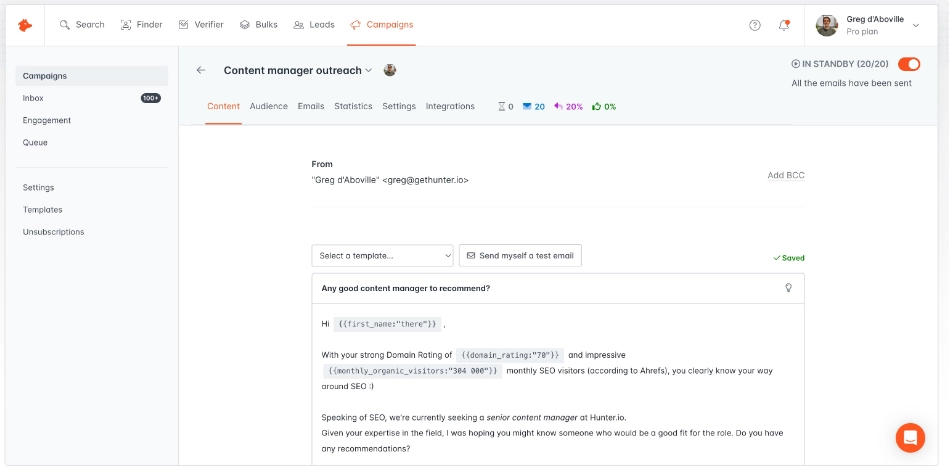
- Email finder & domain search: Input a person’s name + company domain or just a domain, and Hunter returns possible email addresses associated.
- Email verifier & deliverability scoring: Validate emails to check whether they’re deliverable, risky, or invalid, helping you reduce bounce rates.
- List enrichment: Upload CSVs or lists and let Hunter fill in missing emails or validate in bulk.
Pricing
Hunter.io offers flexible plans depending on how many credits, connected inboxes, and outreach campaigns you need:
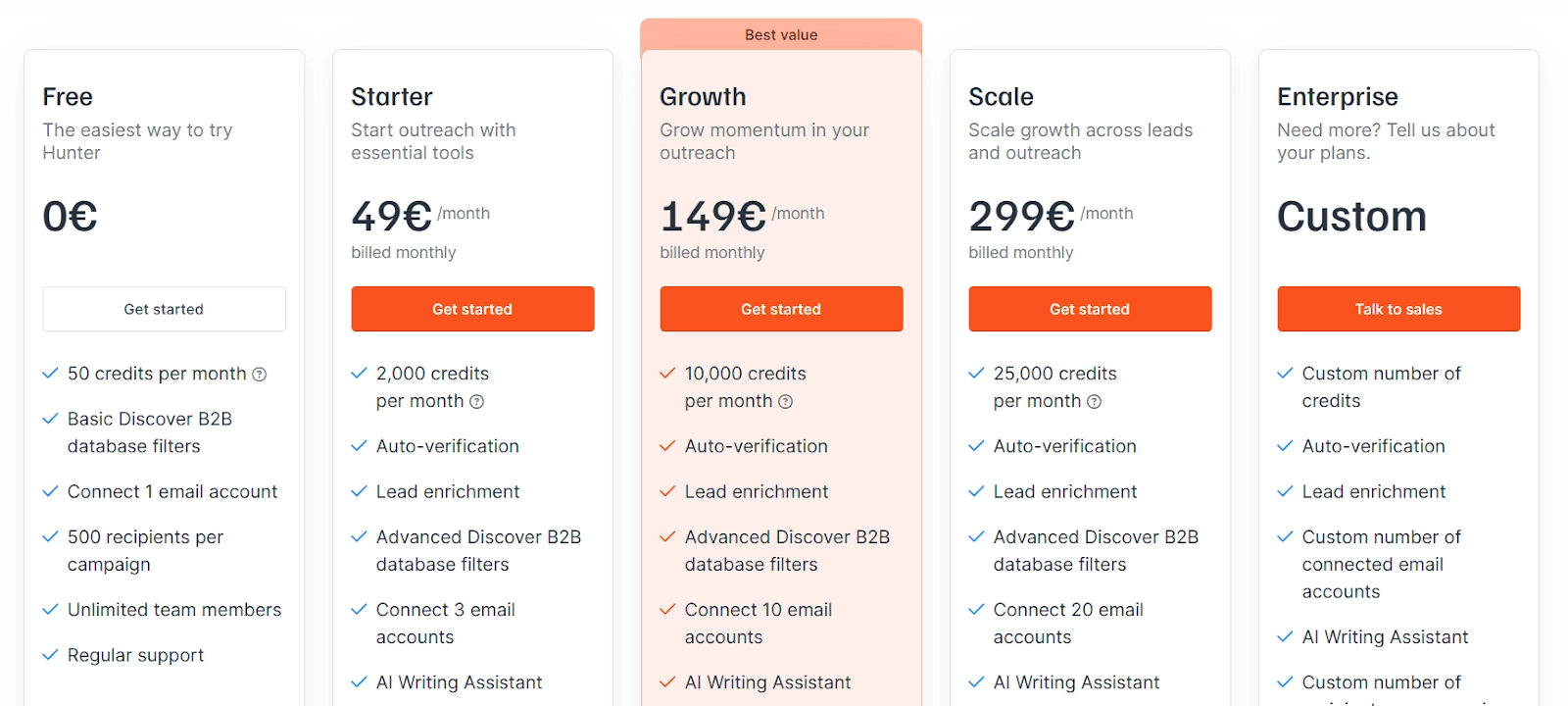
- Free: Includes 50 credits/month, basic B2B database filters, 1 email account, up to 500 recipients per campaign.
- Starter: €49/month, includes 2,000 credits/month, auto-verification & lead enrichment, advanced B2B database filters, 3 email accounts, AI writing assistant, up to 2,500 recipients per campaign.
- Growth: €149/month, includes 10,000 credits/month, everything in Starter, 10 email accounts, up to 5,000 recipients per campaign.
- Scale: €299/month, includes 25,000 credits/month, everything in Growth, 20 email accounts, up to 15,000 recipients per campaign.
- Enterprise: Custom pricing, includes tailored credits, inbox connections, and campaign limits, auto-verification, enrichment, and advanced filters.
Pros & Cons
✅ Very intuitive interface - low entry barrier for new users.
✅ Strong email discovery combined with verification helps reduce bounce risk.
✅ Simple outreach tools included for smaller outreach efforts.
❌ Focused on email only - no phone discovery or deeper intent signals.
❌ Free plan is fairly limited for serious use.
#7 Keyplay
Best for: B2B SaaS teams that want to build trustworthy ICP models, score & prioritize accounts, and discover net-new high-fit accounts using AI.
Similar to: 6sense, Demandbase
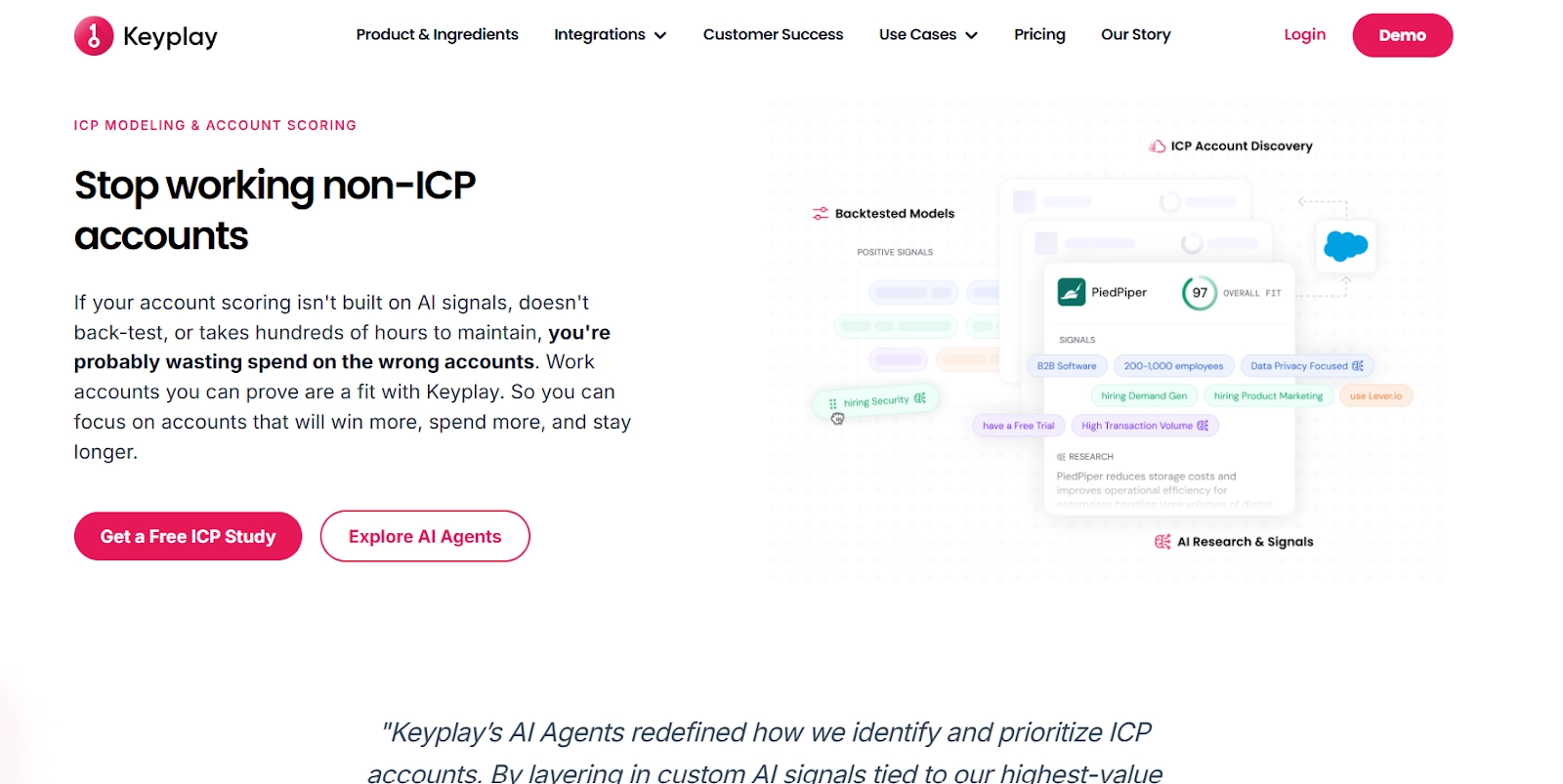
Keyplay isn’t just another prospecting or enrichment tool - it’s built specifically for account selection, scoring, and ICP modelling.
It layers AI lookalikes and custom signals on top of your CRM data to help you focus on accounts that are more likely to become your best customers.
Features
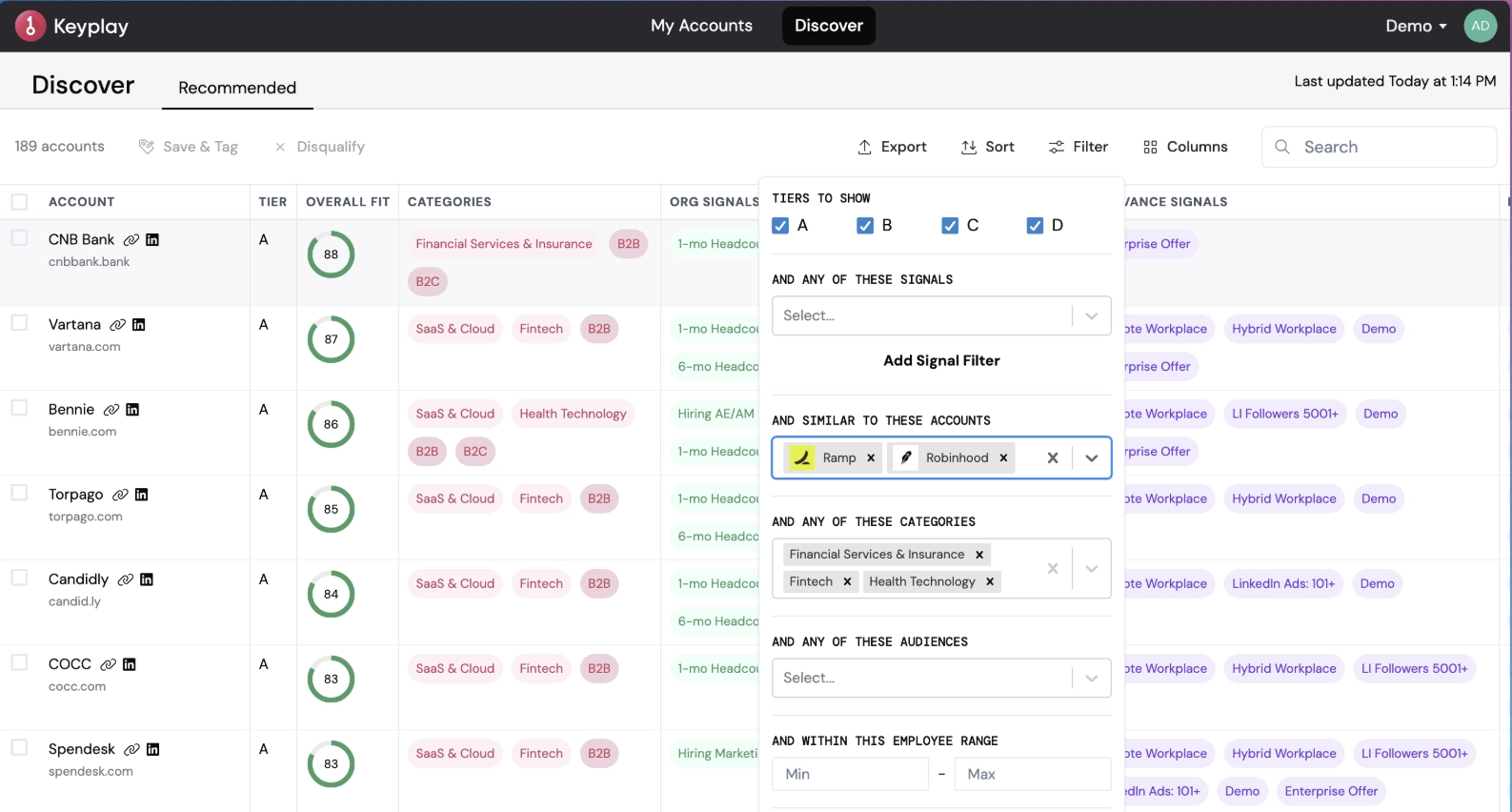
- AI-powered ICP lookalike discovery: Keyplay can replicate your best accounts by generating similarity scores, surfacing new accounts that align with your high-performing segments.
- Custom lead scoring: You can define your own scoring model using hundreds of signals (hiring velocity, tech stack, recruiting, content exposure, custom signals) with no coding required.
- Automated enrichment: Keyplay’s AI Agents fetch and enrich account data (news, technologies, behavioral cues) automatically, reducing manual research overhead.
Pricing
Keyplay has a free forever plan, adequately named Test Drive, that’s great for teams curious to see how Keyplay’s AI lookalikes work in practice.
It includes account discovery, AI lookalike scoring, firmographics & profile signals, 25 account previews, and CSV export. However, there are no AI Agents, integrations, or backtesting.
When it comes to the paid options, there are two to choose from:
- ICP Modeling: $18,000/year, includes AI Agents for research & signals, continuous account scoring & enrichment, backtested ICP models, 750+ scoring signals, 1P data signals, Salesforce/HubSpot integration with 2-way sync, 75K tracked accounts, and onboarding/backtesting. Expandable with credits.
- Full-Service ICP: Custom pricing, includes everything in ICP Modeling plus multiple ICP models, enrichment API, custom CRM & credit volumes, dedicated CSM, analyst services, and expanded credits/services.
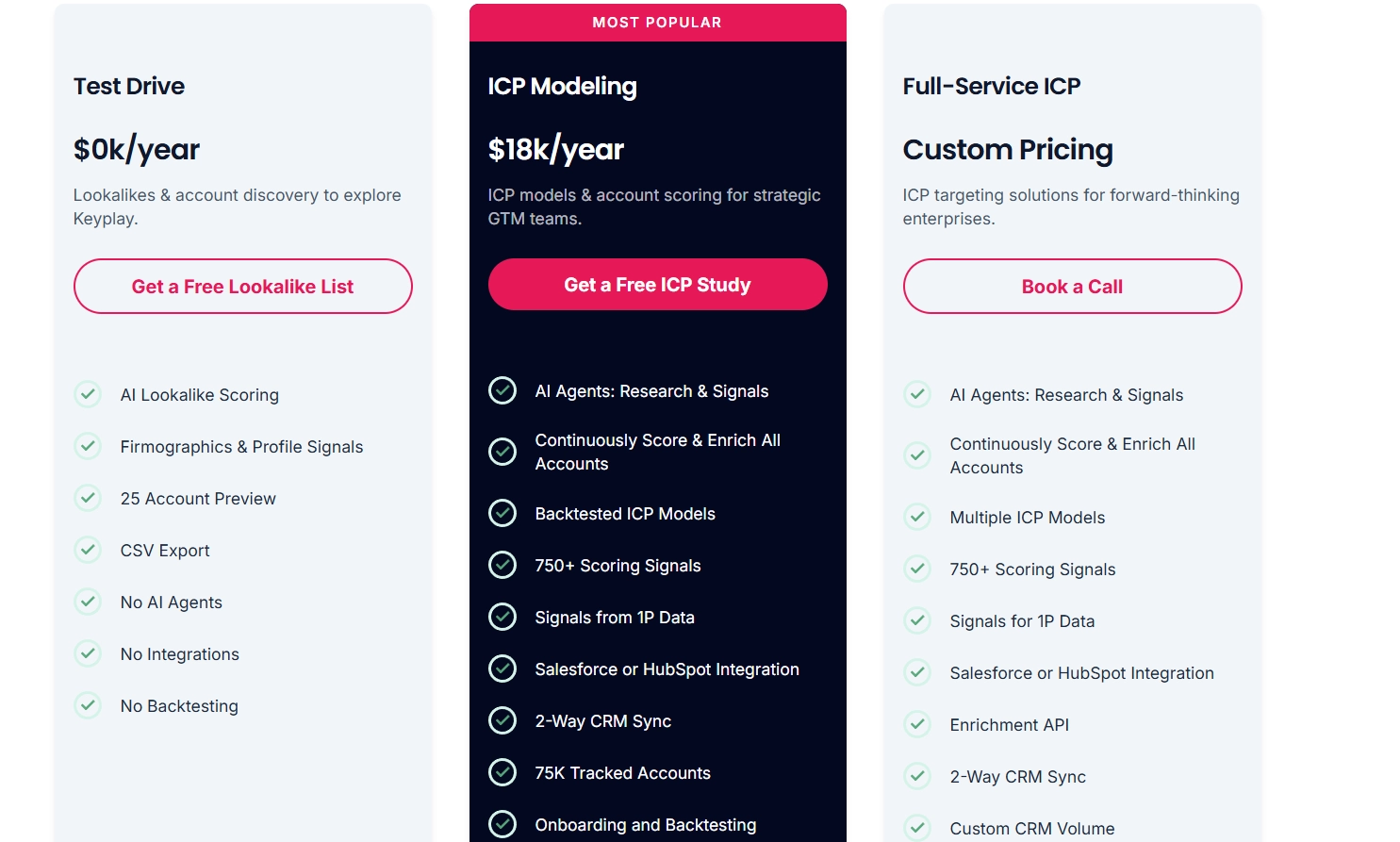
Pros & Cons
✅ Enables highly customized ICP modeling and account scoring that goes beyond surface filters.
✅ AI lookalike discovery helps you find new high-fit accounts without starting from scratch.
✅ Backtesting capability ensures your models evolve and remain grounded in real outcomes.
❌ Doesn’t provide contact data, so you’ll need another tool for data scraping and outreach.
❌ Limited filtering options.
#8 UpLead
Best for: Teams that want a reliable, credit-based B2B database with strong filtering, intent signals, and real-time contact verification.
Similar to: ZoomInfo, Clearbit, Lusha
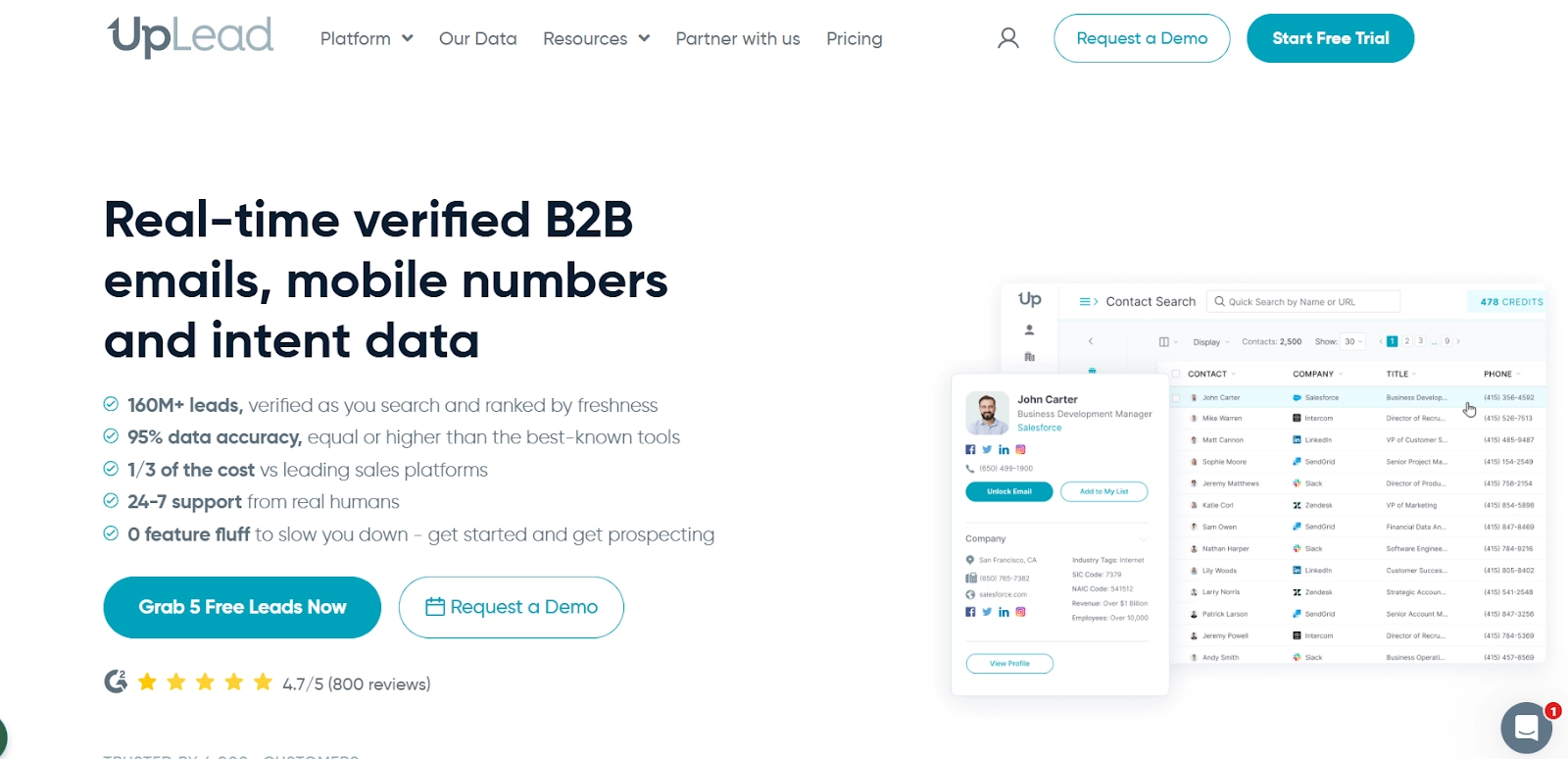
UpLead markets itself as a high-accuracy lead intelligence platform that helps you generate, enrich, and validate contacts quickly.
This makes UpLead especially useful when you need fresh, usable leads without overpaying for enterprise stacks.
Features
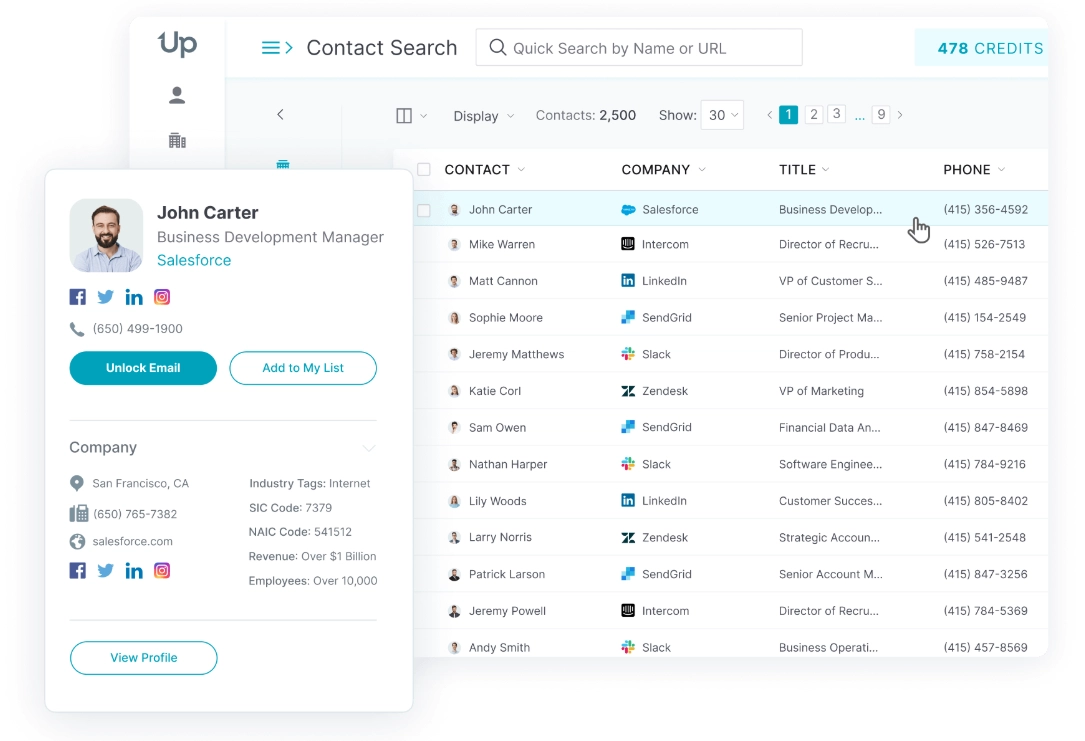
- Real-time verification: Every contact you download is verified at the time of export (email + phone), helping reduce bounce rates and wasted outreach.
- Advanced search with 50+ filters: You can filter leads by title, industry, revenue, technographics, company size, location, funding, and more to match tightly to your ICP.
- Bi-directional CRM sync: UpLead supports syncing with major CRMs (Salesforce, HubSpot, Pipedrive, Zoho, etc.), so leads can be pushed/pulled as part of your existing workflows.
Pricing
UpLead has a 7-day free trial with 5 credits for revealing a contact or exporting it.
After the trial expires, there are 3 plans to choose from:
- Essentials: $99 per user per month with 170 monthly credits.
- Plus: $199 per user per month with 400 monthly credits.
- Professional: Custom pricing.

Since the paid plans offer limited reveal/export credits, you’ll probably have to buy more.
Pros & Cons
✅ Strong filtering options and technographic capabilities help you narrow down ICPs.
✅ Has a buyer intent layer that adds signal on which prospects might be in-market.
✅ Chrome extension + prospector tools make ad-hoc capture easy.
❌ Some features (intent, advanced filters) are locked behind higher-tier plans.
❌ Paid plans include very limited number of credits for the price, meaning that your costs can easily add up when you’re forced to purchase more for high-volume prospecting.
#9 AeroLeads
Best for: Small to mid-size sales teams who want a lightweight, Chrome extension-based tool to capture contact info while browsing LinkedIn and other business sites.
Similar to: Hunter.io, Lusha, Seamless.AI
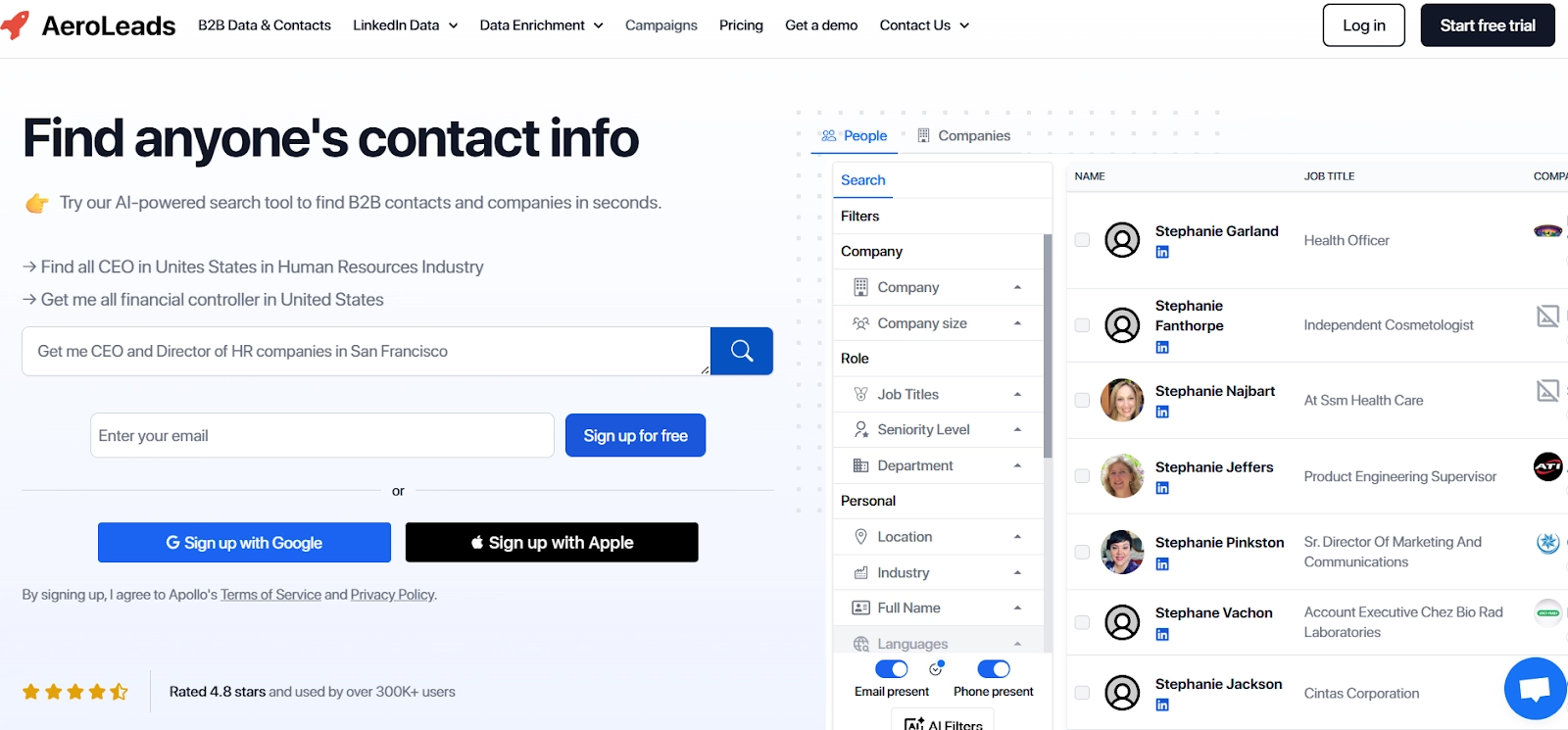
AeroLeads helps you build prospect lists by scraping public business profiles, enriching them on the fly, and exporting contacts to CRM or CSV.
It’s not a full-blown orchestration tool, but it’s good for point-and-click data capture when you’re doing manual prospecting.
Features
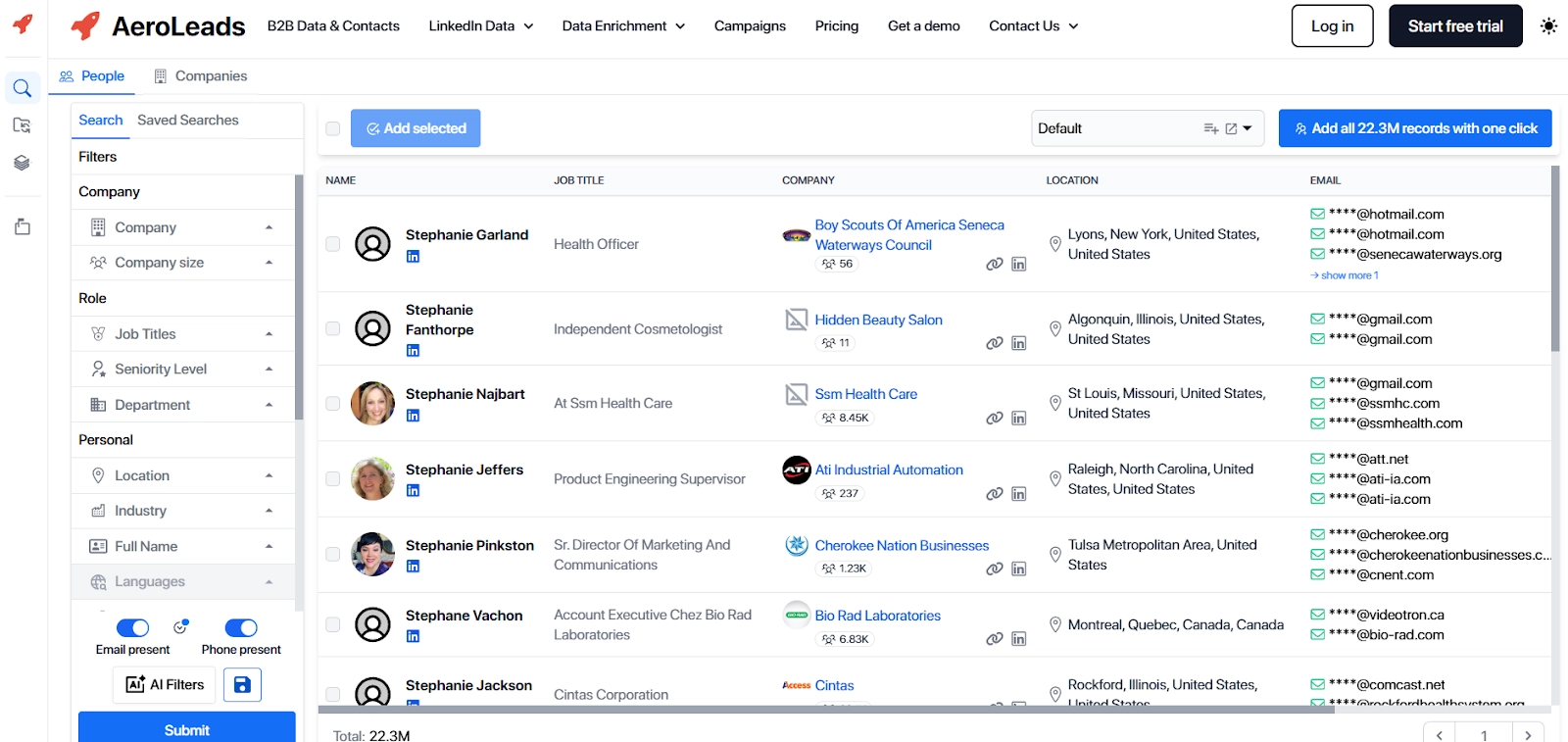
- LinkedIn & website prospecting: As you go over LinkedIn or company pages, AeroLeads’ browser extension lets you grab emails, phone numbers, and firmographic data with a click.
- Bulk prospect search & enrichment: Upload domains, company names, or partial lists, and then enrich them in bulk with email, phone, job title, company info, and more.
- Vast B2B contact database: AeroLeads holds data on millions of companies that can be searched through by using 60+ data points.
Pricing
AeroLeads has three core pricing plans:
- Take Off: $49/month, includes 1 user, 2,000 credits/month, and access to all core features (prospecting, exporting records, etc.).
- Climb: $149/month, includes 5 users, 8,000 credits/month, and access to all core features.
- Cruise: $299/month, includes unlimited users, 20,000 credits/month, and access to all core features.
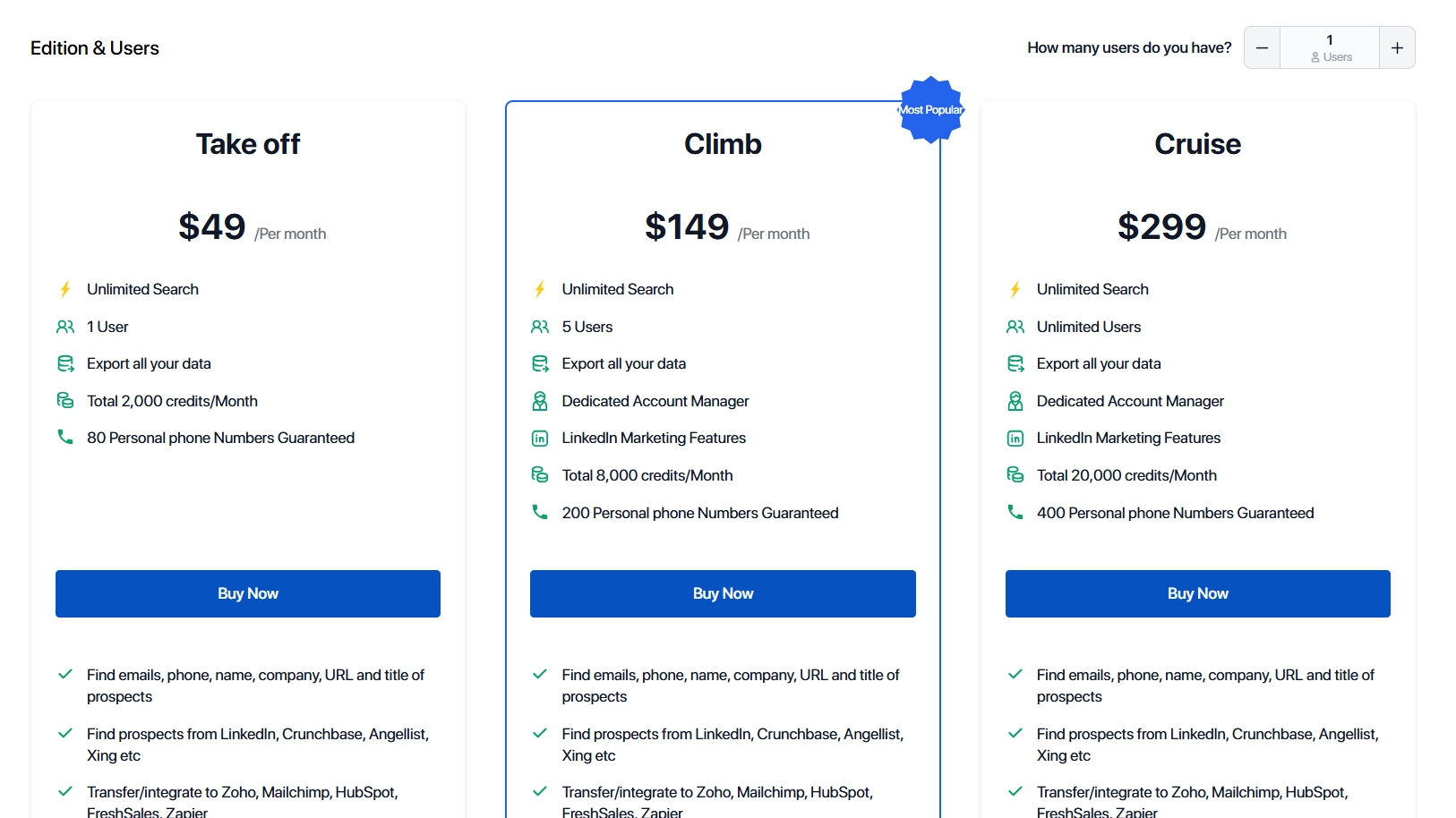
Large-scale users can also get a custom plan tailored to their needs.
Pros & Cons
✅ Very intuitive and easy to use, especially for quick LinkedIn-based capture.
✅ Ability to enrich in bulk and filter makes list cleaning easier.
✅ AI-powered search makes targeted prospecting easier - all it takes is explaining who you need in plain English, and the platform delivers matching profiles.
❌ Lack of deep intent or behavioral signal features compared to more advanced tools.
❌ Credit-based pricing doesn’t scale well.
#10 Lead Forensics
Best for: Teams that want a specialized website visitor identification tool to convert anonymous traffic into sales-ready accounts.
Similar to: Leadfeeder, Albacross
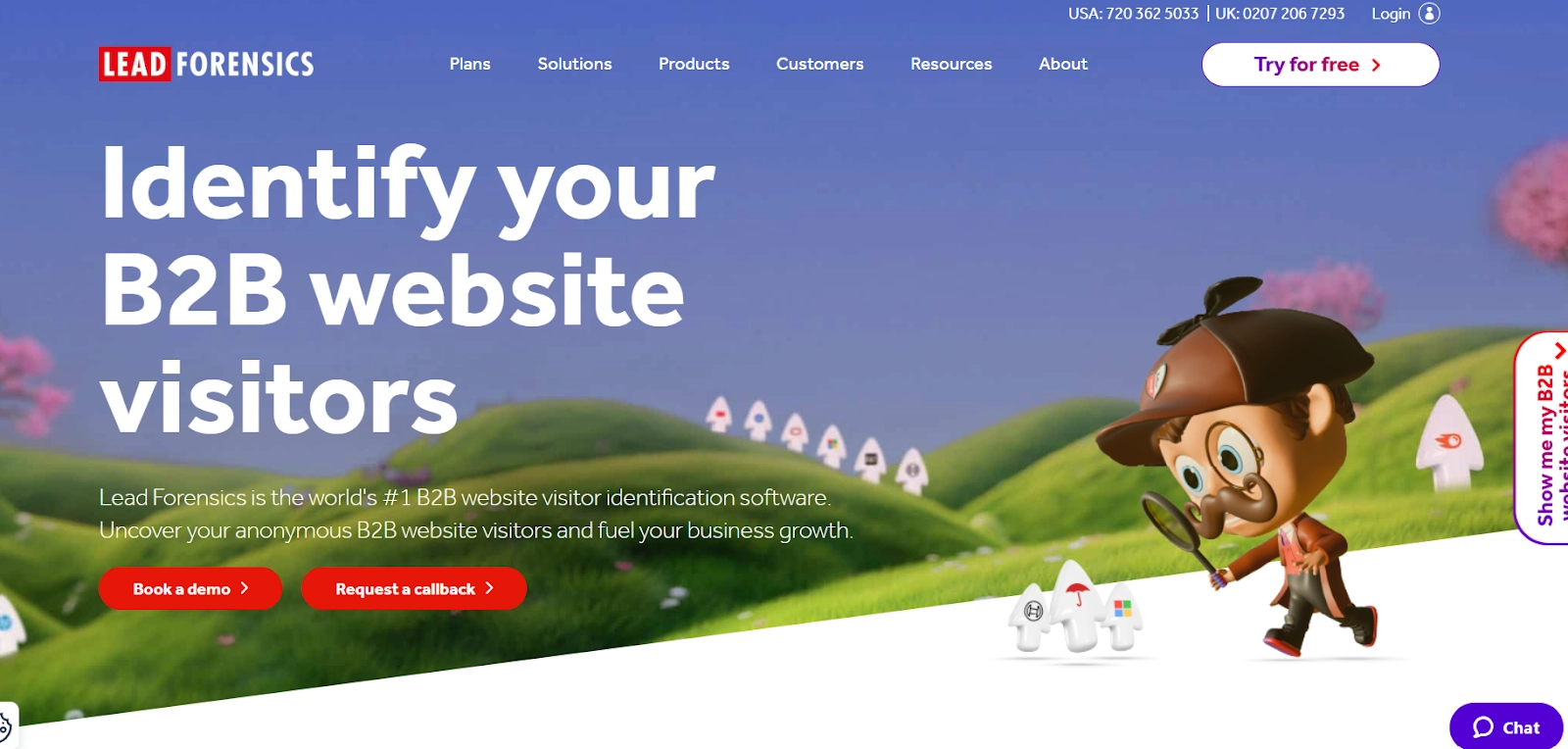
Lead Forensics focuses on surfacing which companies are visiting your website (via IP matching) and transforming those visits into actionable signals you can hand off to sales or marketing.
This makes it a solid choice for teams running strong ABM programs that want to know which target accounts are actively engaging with their site.
Features

- Visitor identification: It uses its proprietary IP database to match anonymous website traffic to companies, giving you data like company name, location, number of employees, and sometimes contacts.
- Site activity tracking: It tracks pages visited, time spent, and referrers, letting you see what content prospects engage with, and how deep they go in your funnel.
- Real-time notifications: Set triggers to alert your team when a high-value company visits or matches certain criteria, so sales reps can act while interest is fresh.
Pricing
Lead Forensics has two pricing plans:
- Essential: Built for small and medium-sized businesses, includes features like providing a list of business visitors enriched with B2B contact data, customizable dashboards for monitoring website visitor traffic, real-time alerts, etc.
- Automate: Designed for enterprise businesses, includes everything in Essential, plus fully customizable automated CRM workflows, key account behavior tracking, etc.
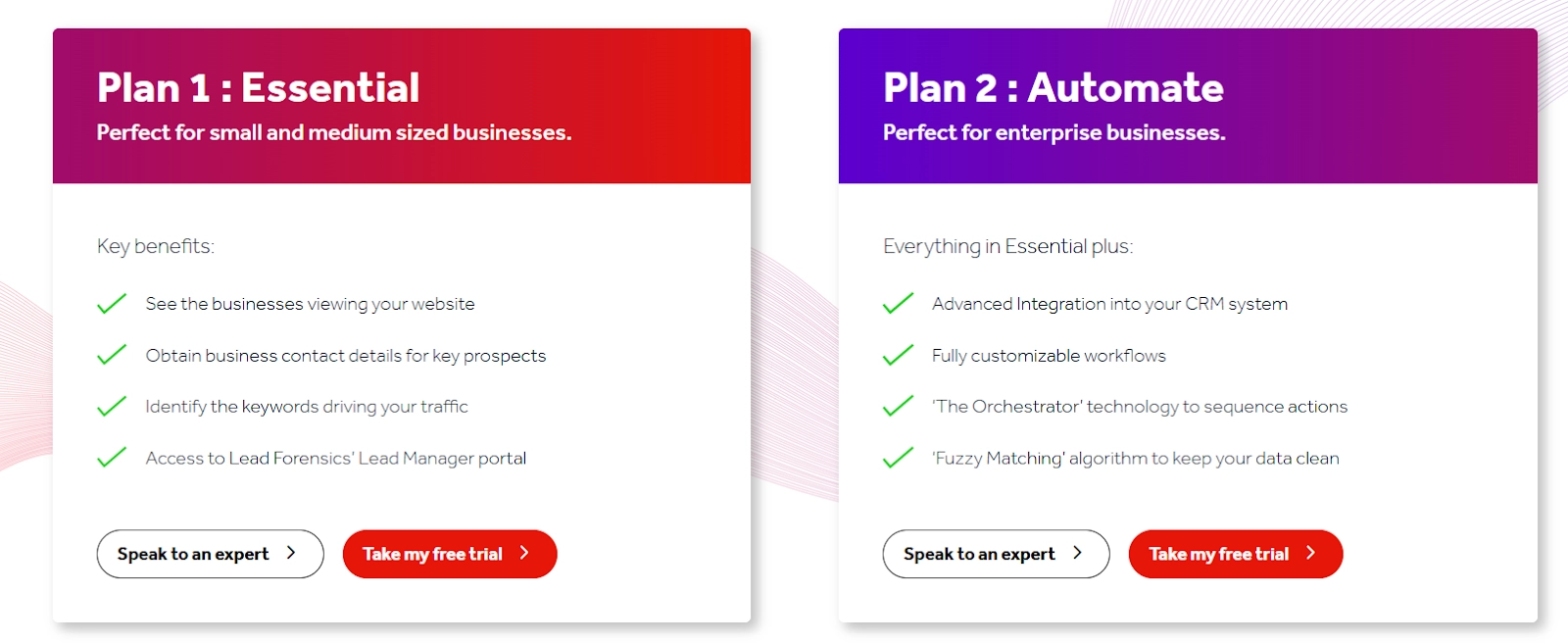
No prices are disclosed for either plan.
In fact, the only thing clearly stated on the website is that Lead Forensics’ pricing is traffic-based, meaning that the end cost will depend on how much traffic your website generates in a month.
If you want to try Lead Forensics before committing, there’s a 7-day free trial.
For a more detailed breakdown of Lead Forensics’ value for money, take a look at our in-depth pricing guide.
Pros & Cons
✅ Unlimited users on both plans.
✅ Intuitive userface.
✅ Strong in surfacing which companies visit your site, giving you target accounts to engage.
❌ Pricing is opaque and scales with traffic, making budgeting hard.
❌ Does not reveal individual contacts, so you’ll still need a companion tool for person-level data.
Next steps: From lists to live pipeline
The days of static spreadsheets and one-off enrichments are over.
In 2025, the real competitive edge comes from how fast you can spot intent, enrich it with context, and take action before your competitors do.
LeadMagic gives you a starting point with anonymous traffic identification, but it stops short of showing you who’s truly ready to buy and doesn’t help your team engage them at scale.
The alternatives we’ve explored here prove that list building is no longer just about contact discovery - it’s about turning intent into opportunities in real time.
That’s exactly where Warmly shines.
By combining visitor reveal, social signals, AI-driven ICP modeling, and autonomous SDRs, Warmly doesn’t just build your list - it works that list for you.
Ready to stop chasing half-baked data and start building real pipeline?
Book a Warmly demo today and see how.
Read more
- 10 Ways To Use AI For Sales Enablement In 2025 [Reviewed] - Discover how AI is reshaping sales enablement with smarter coaching, faster onboarding, and revenue-ready insights.
- 10 Best AI Lead Scoring Tools & Software [October 2025] - See which AI platforms top the list for turning raw leads into prioritized, sales-ready opportunities.
- 10 Best RevOps Tools & Software [October 2025] - Explore the RevOps tools that unify sales, marketing, and customer success into one revenue-driving engine.
- 10 Best Lead Prospecting Tools & Software [October 2025] - Find the prospecting platforms that help you uncover high-intent buyers and fill your pipeline faster.
- 10 Best AI Tools for Advertising in 2025 [Reviewed] - From campaign automation to real-time optimization, here are the AI tools transforming digital ads in 2025.
- Top 10 HockeyStack Alternatives [Updated August 2025] - Uncover the best alternatives to HockeyStack for advanced marketing analytics and revenue attribution.



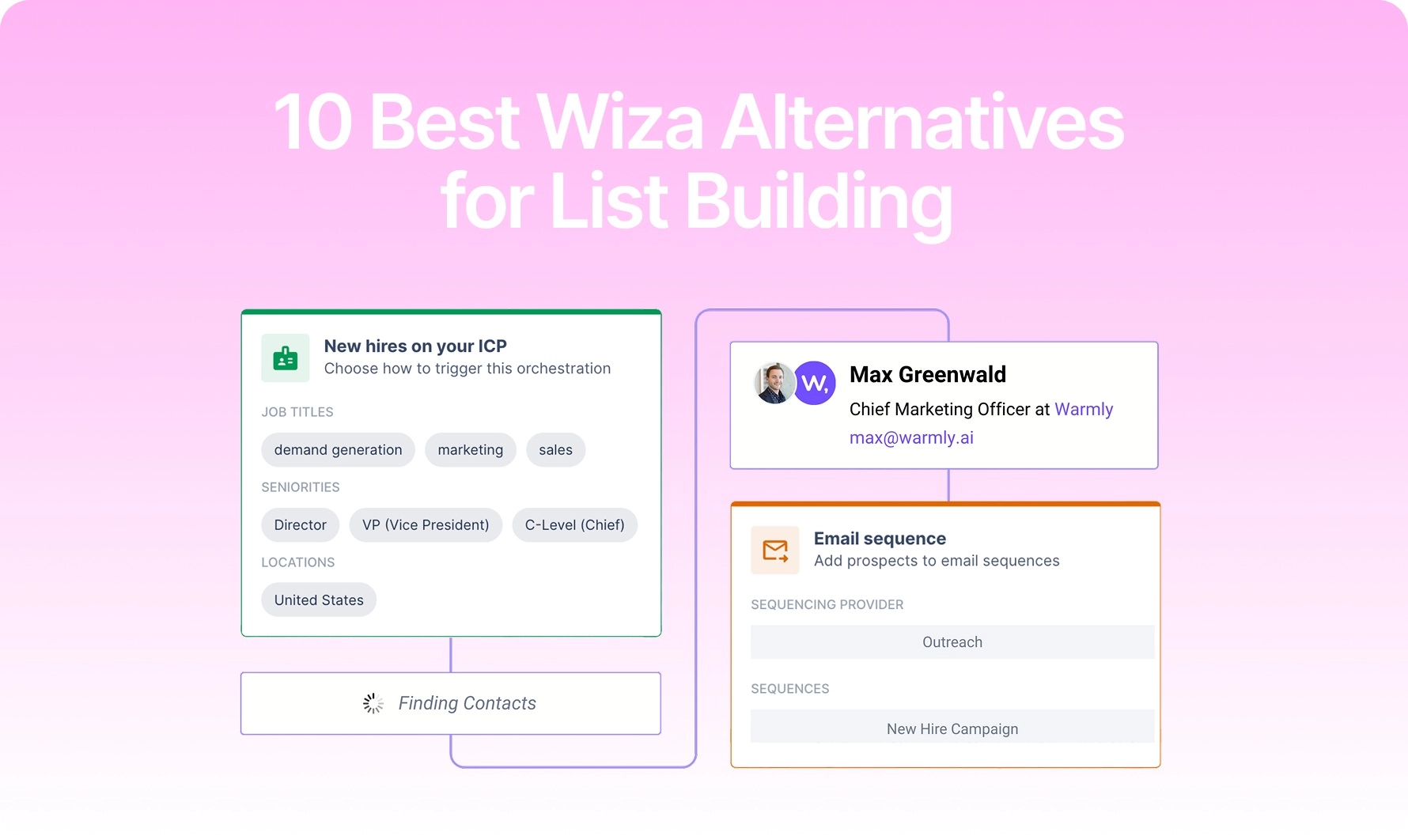
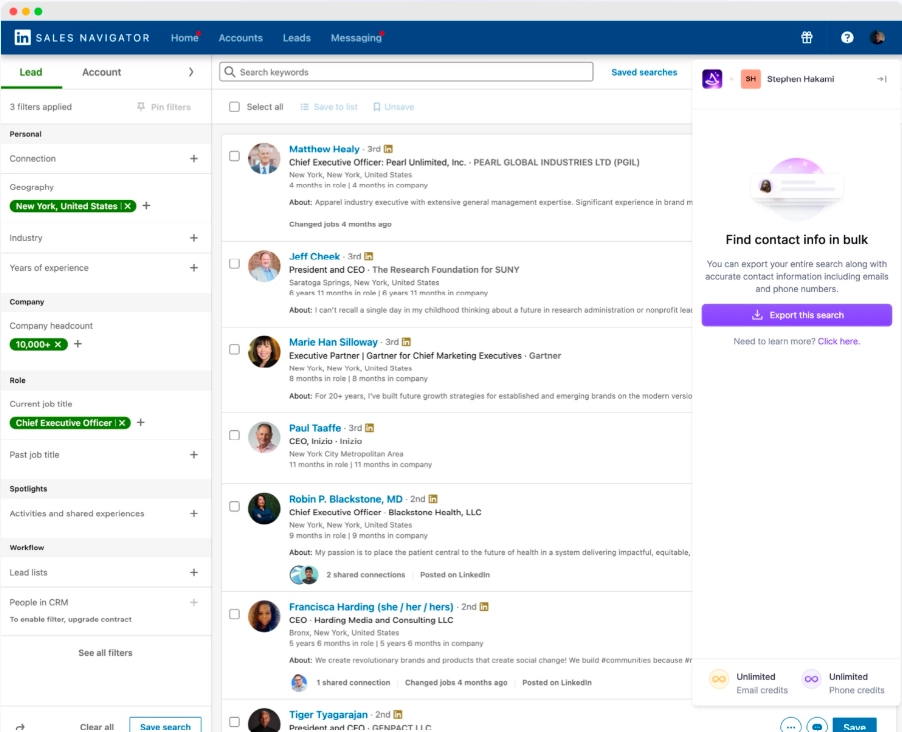
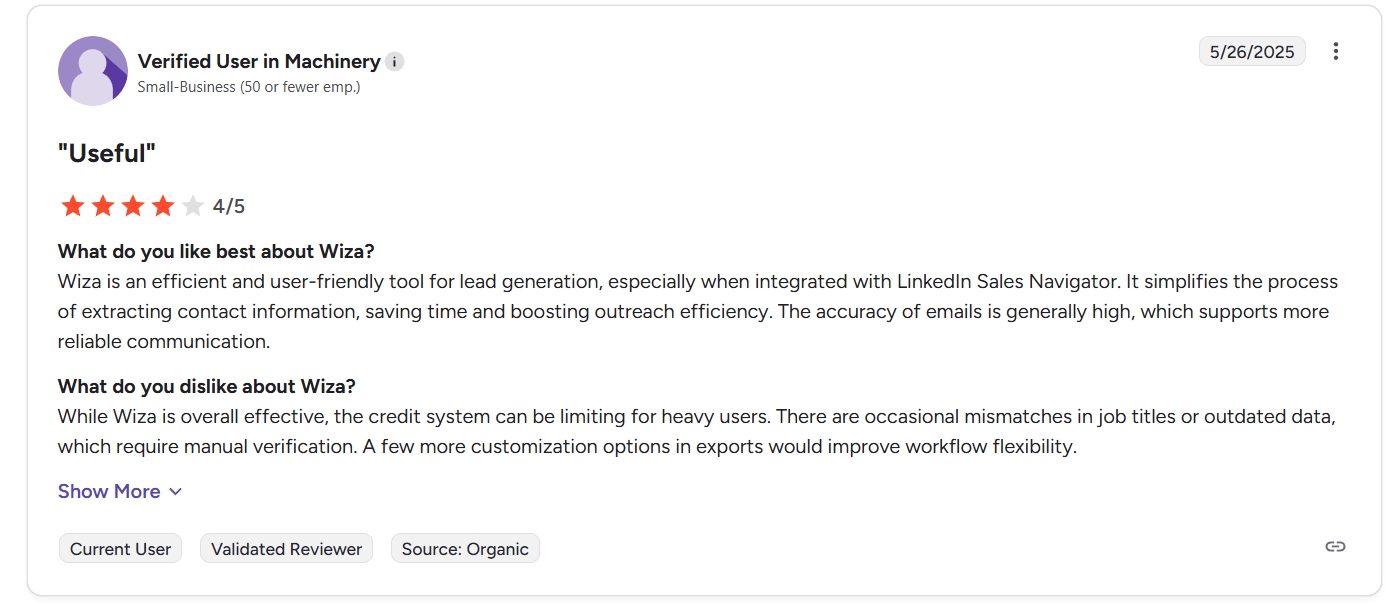
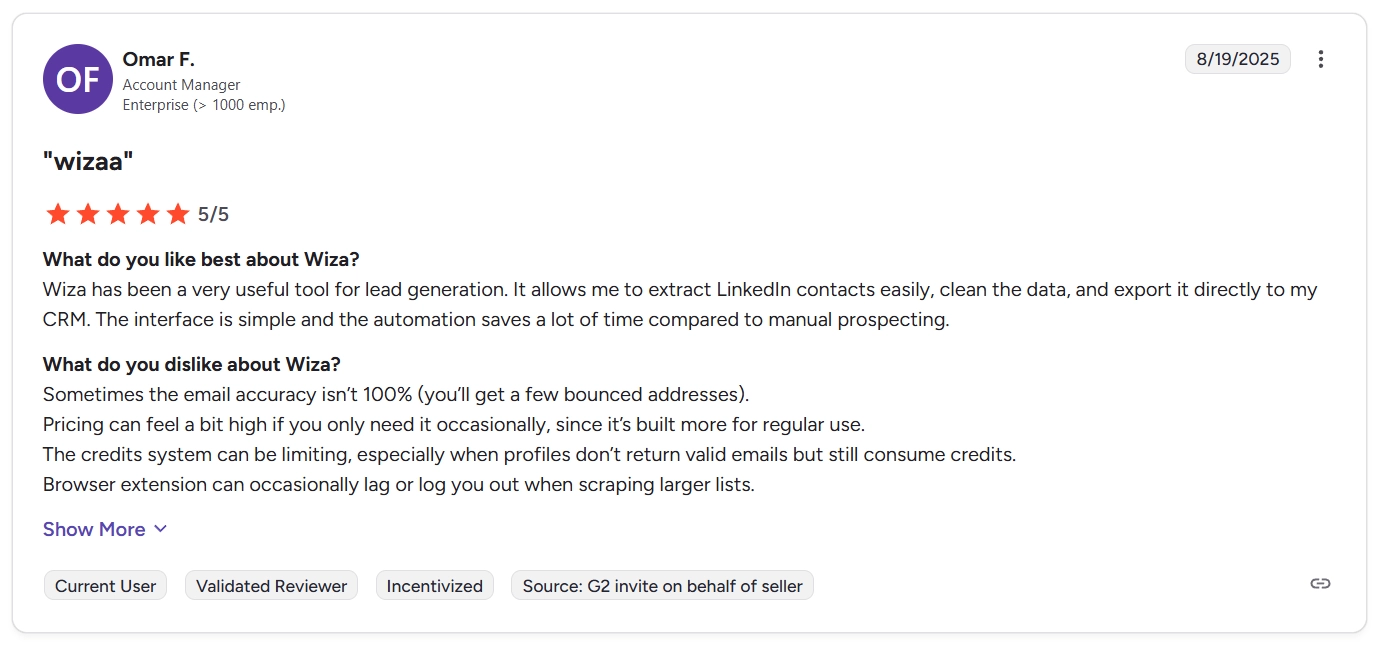
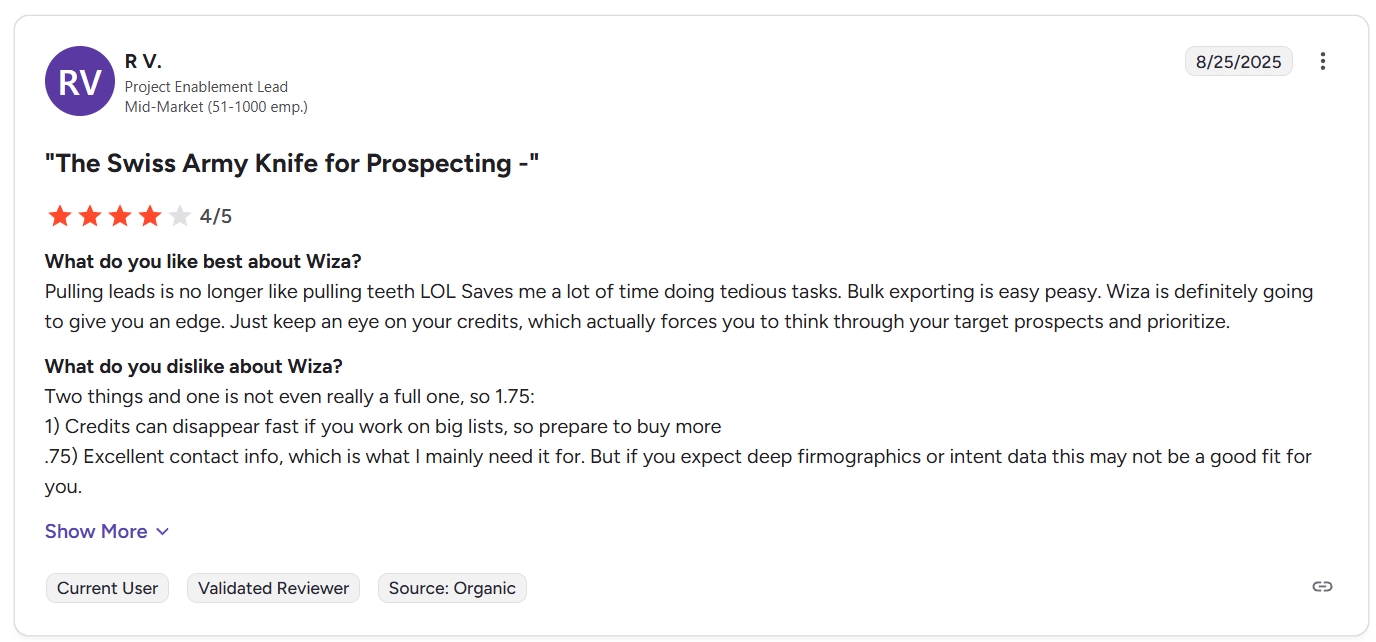
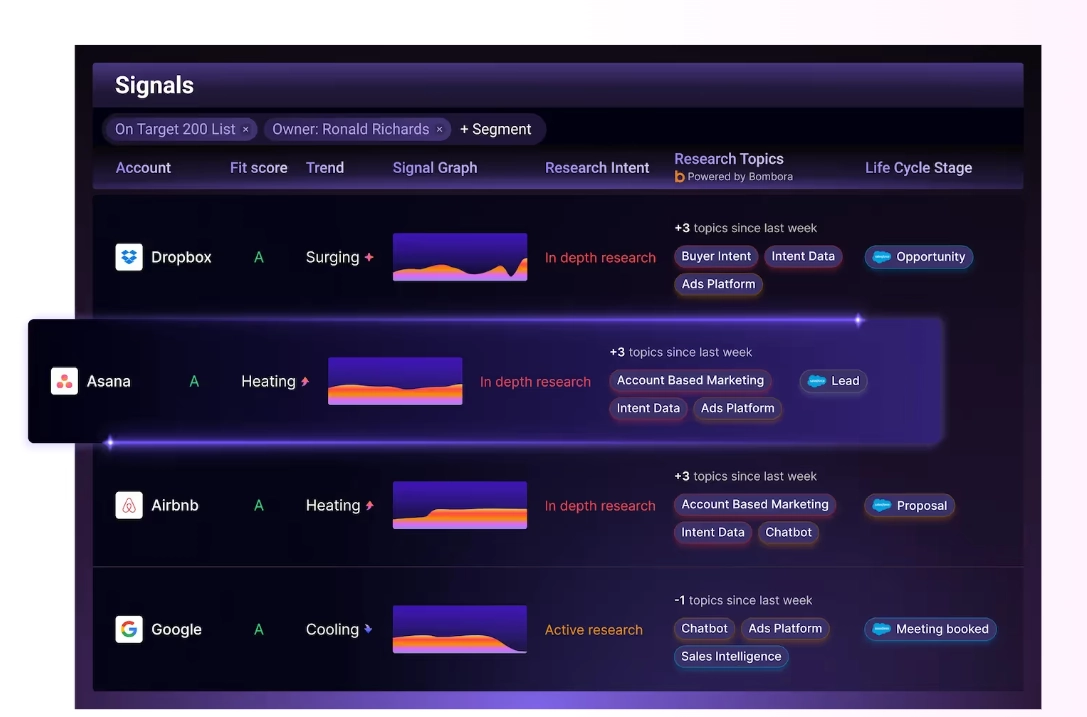
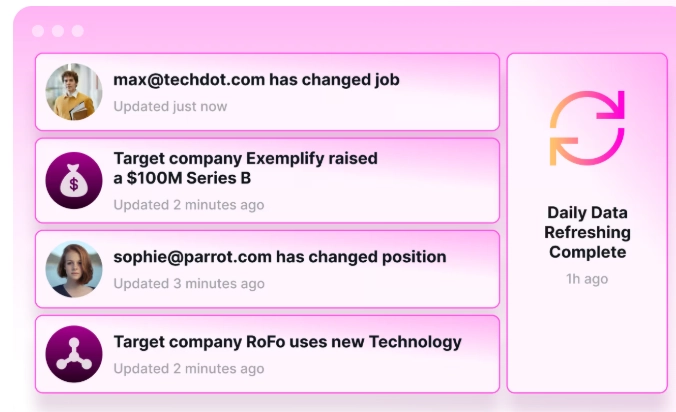
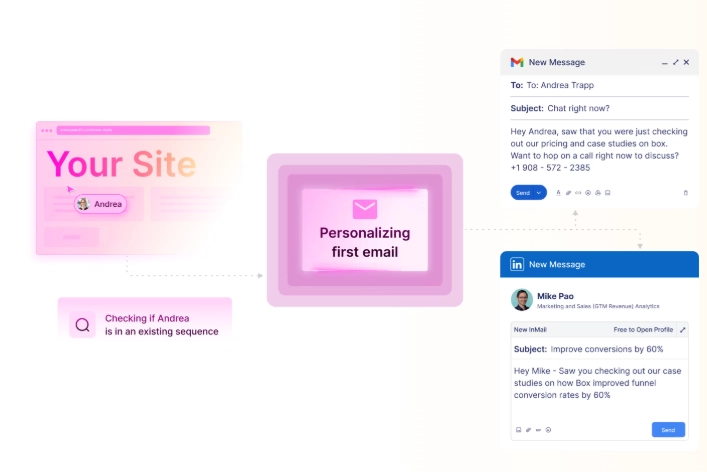

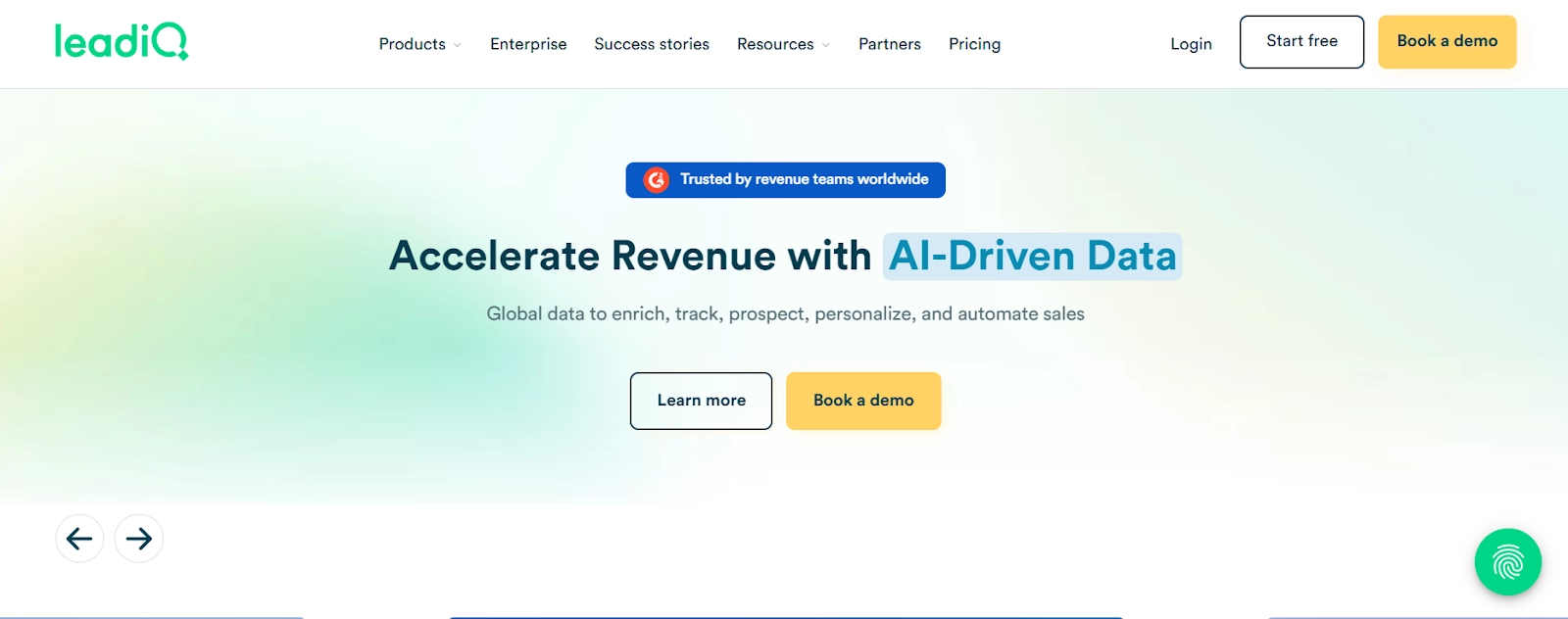
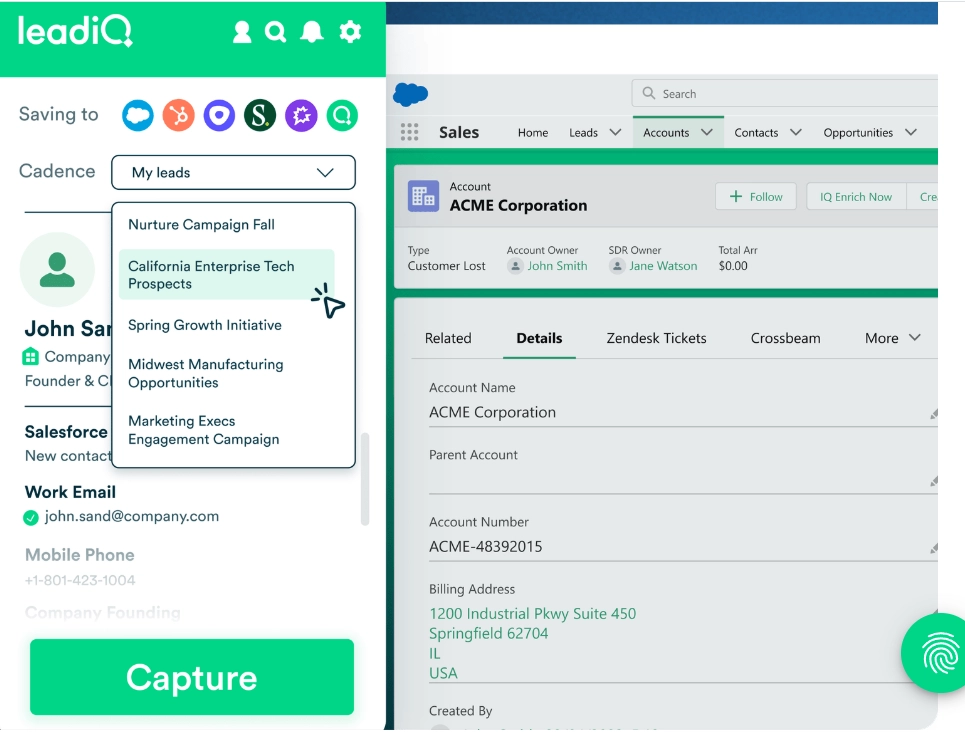
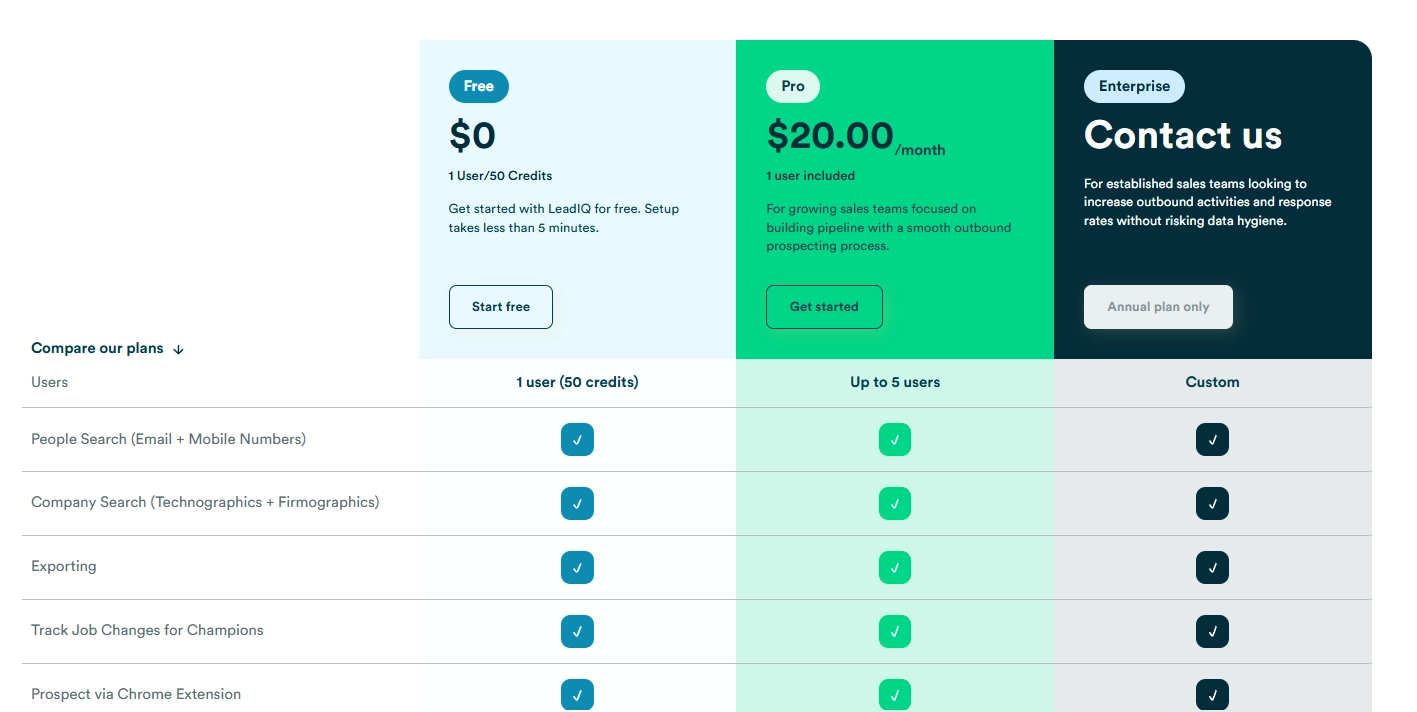
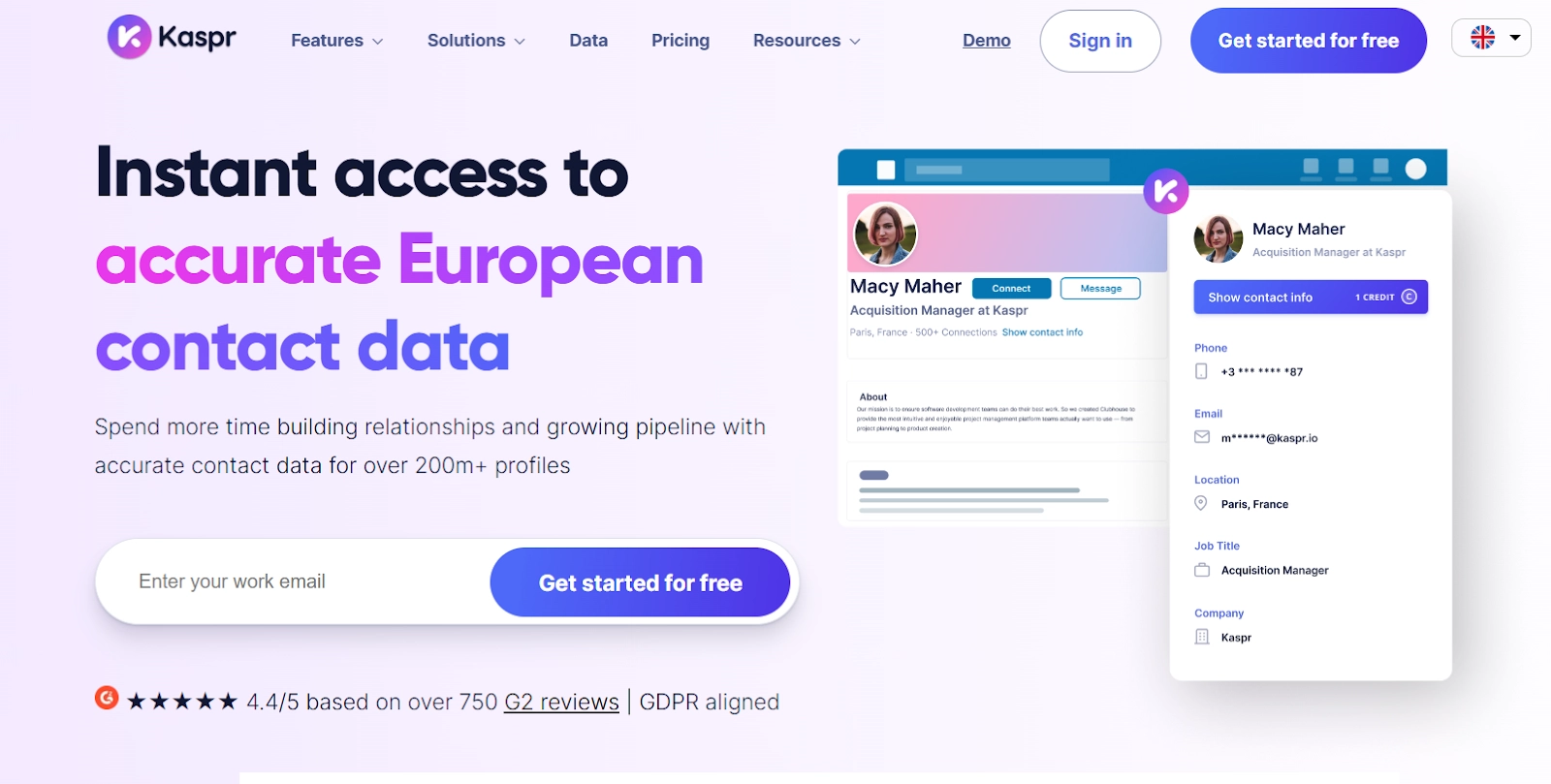

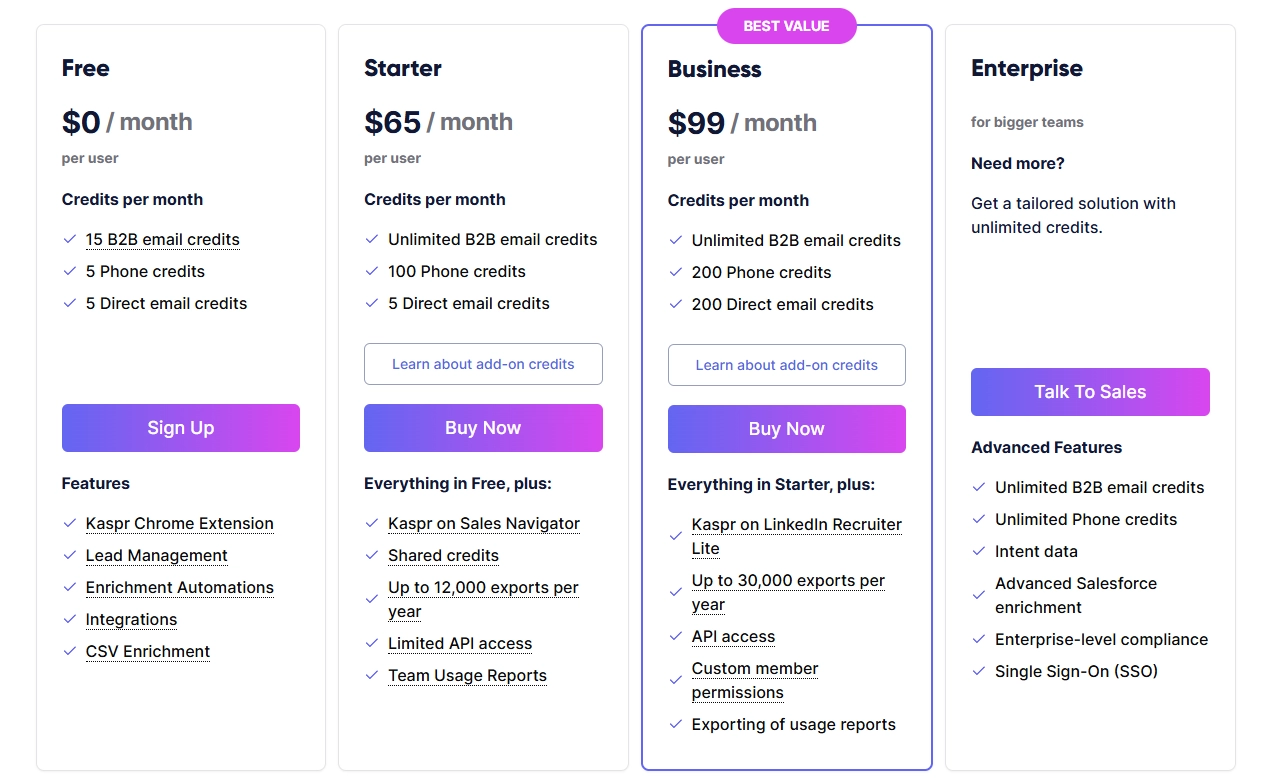
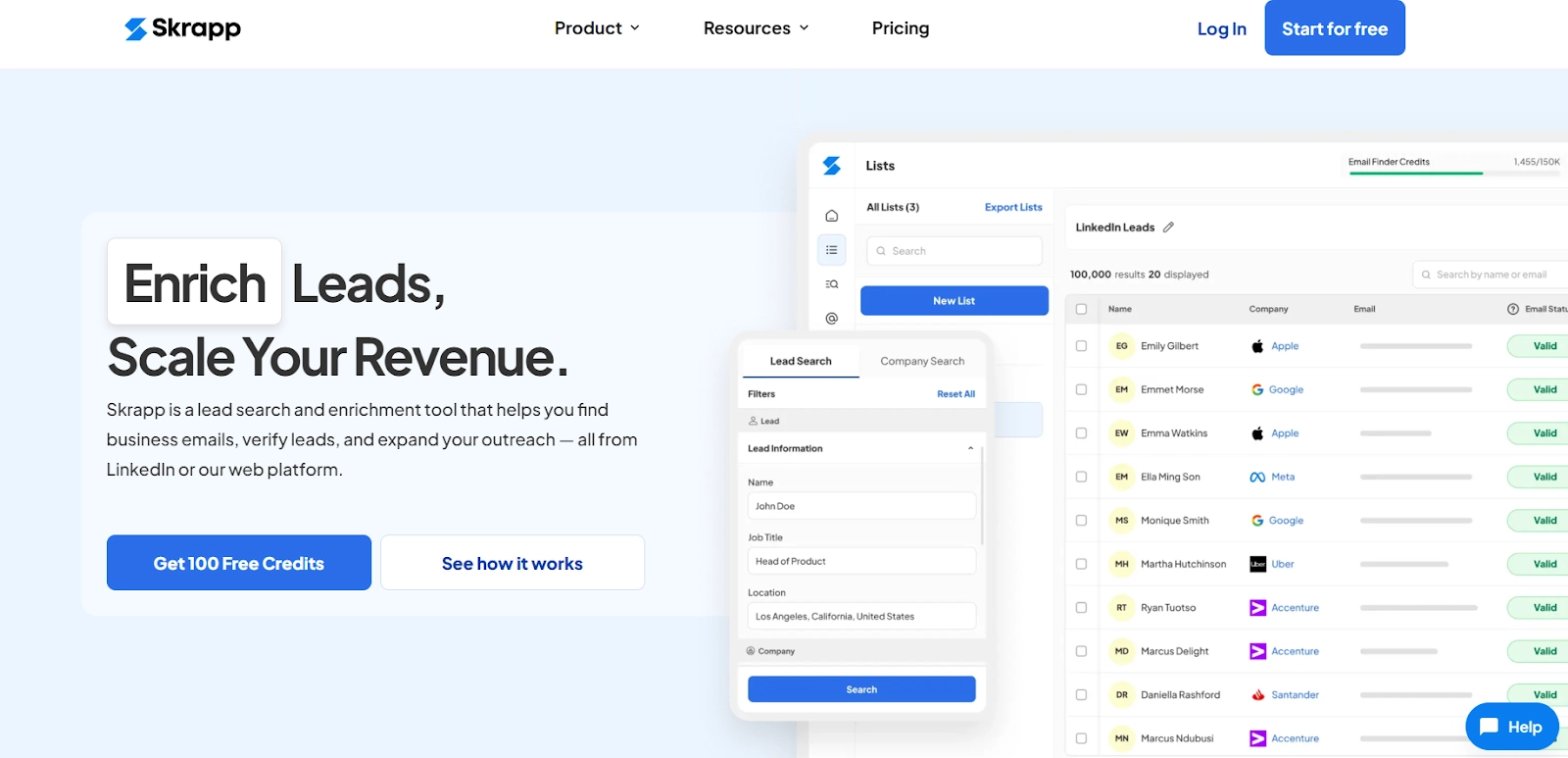
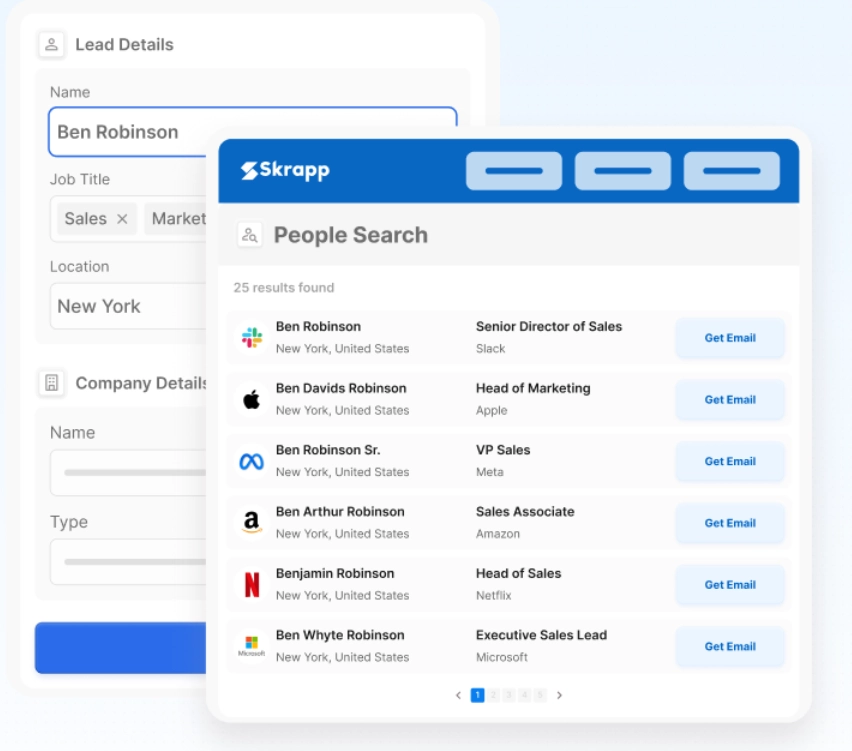
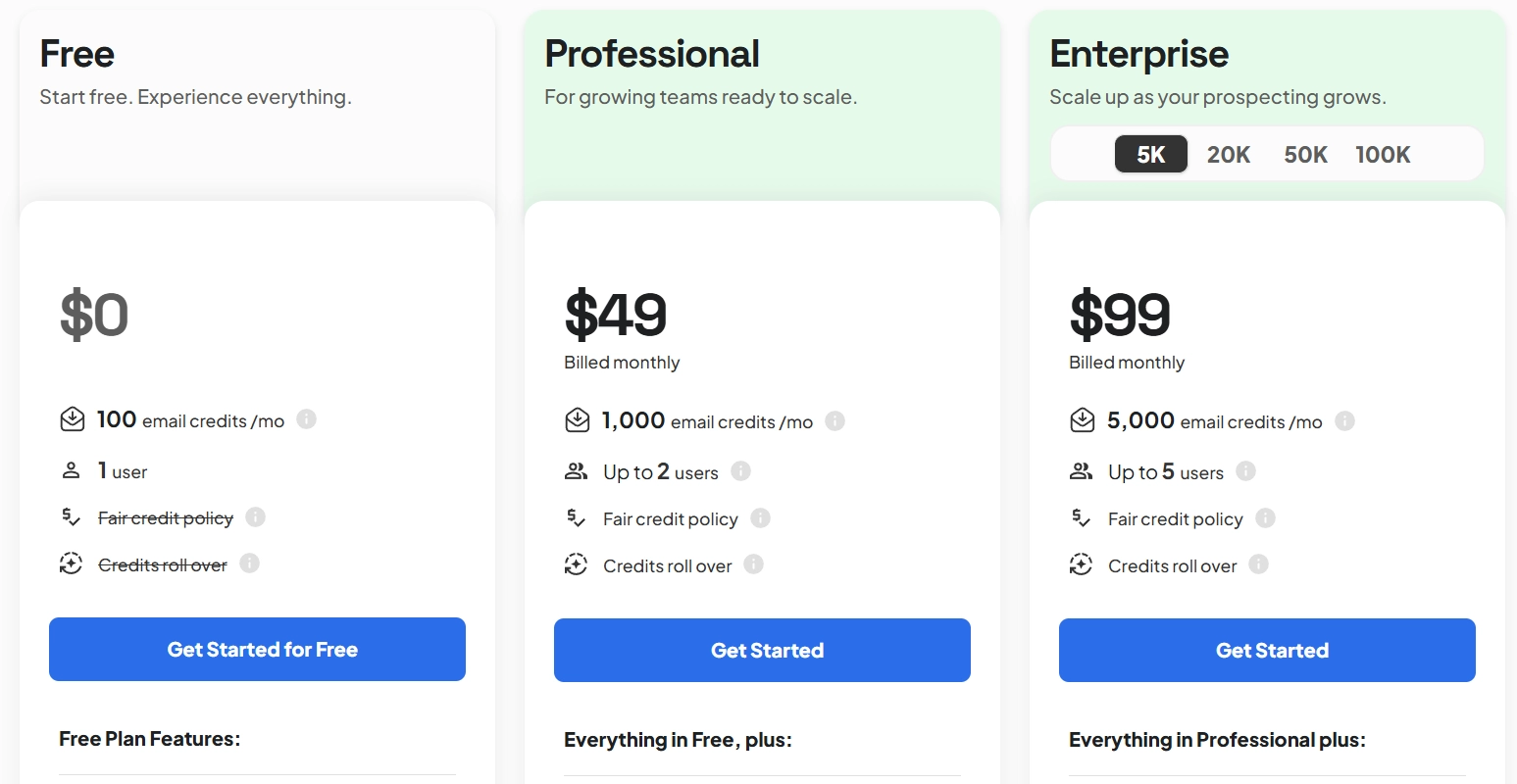
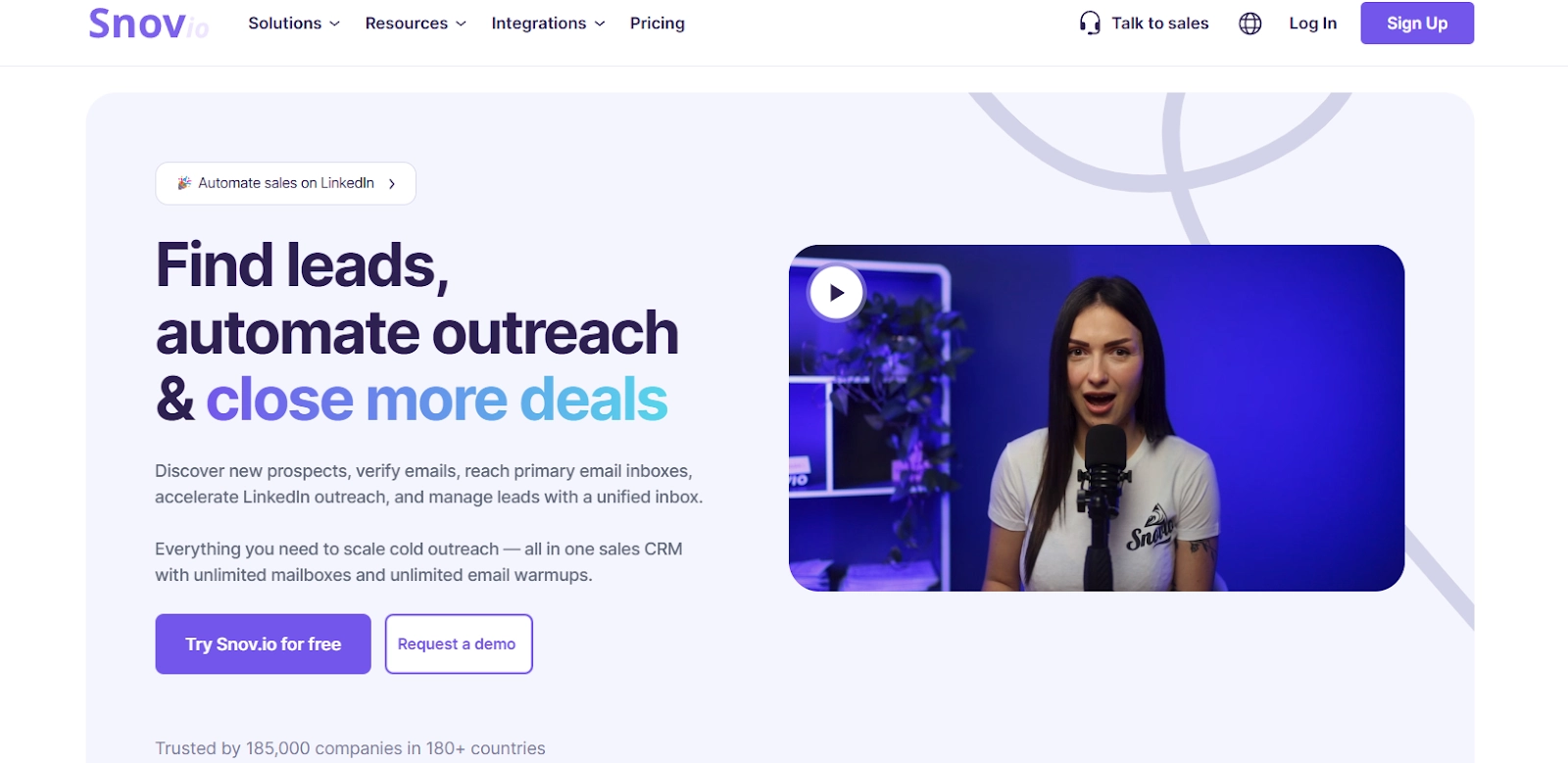
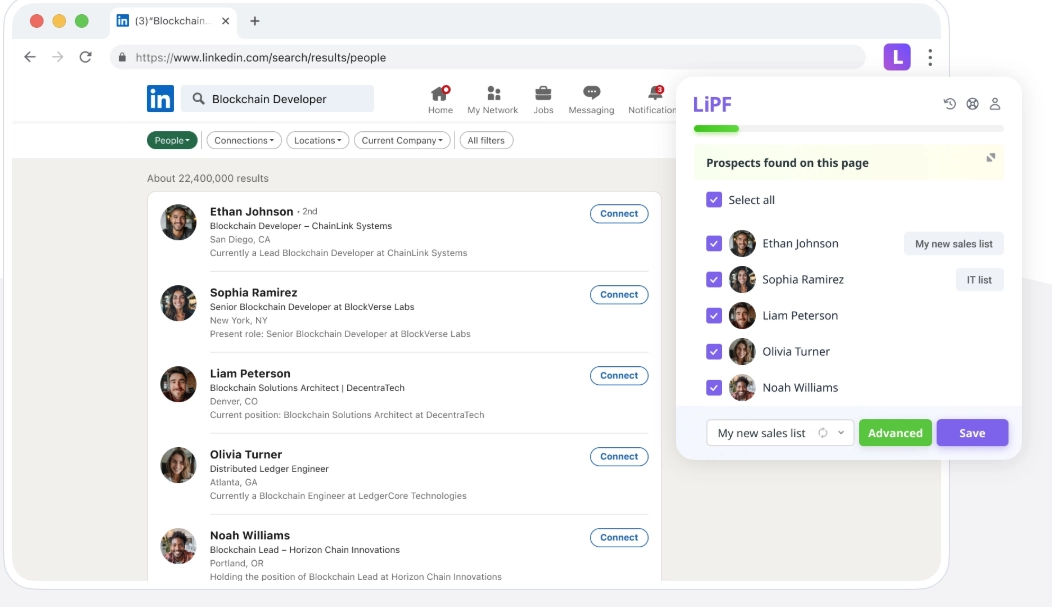
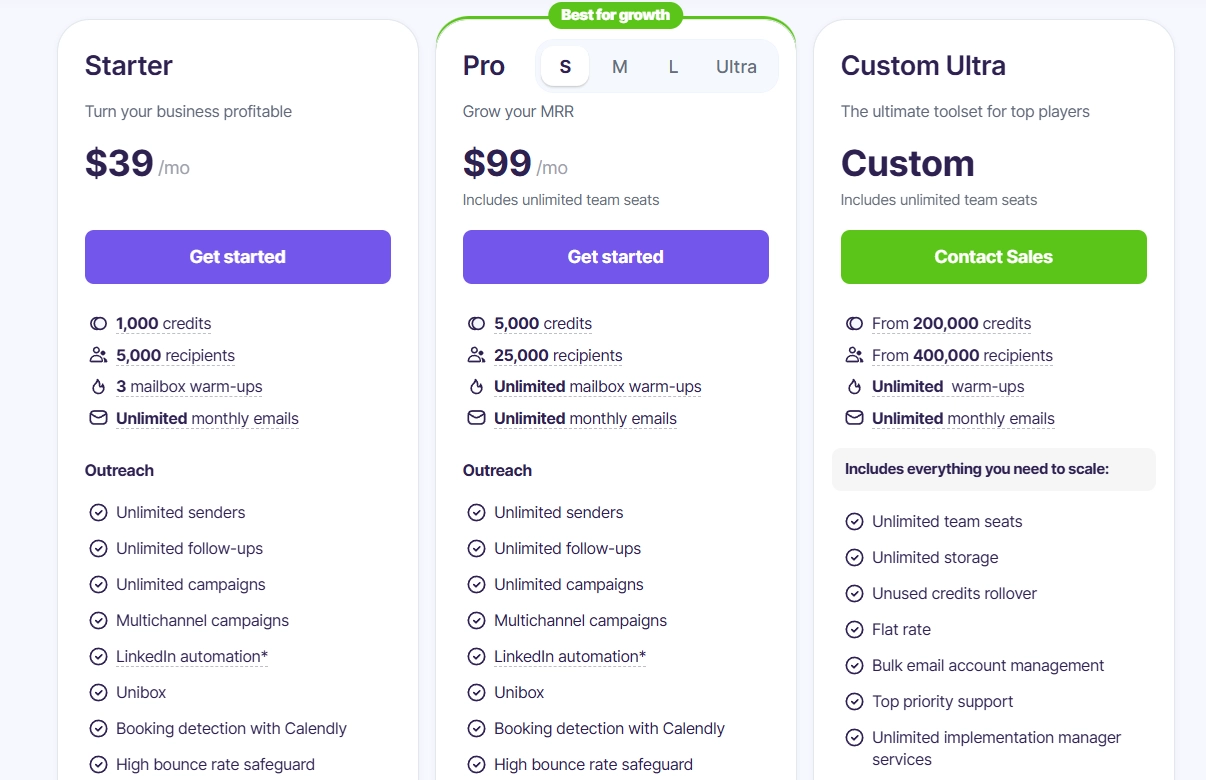
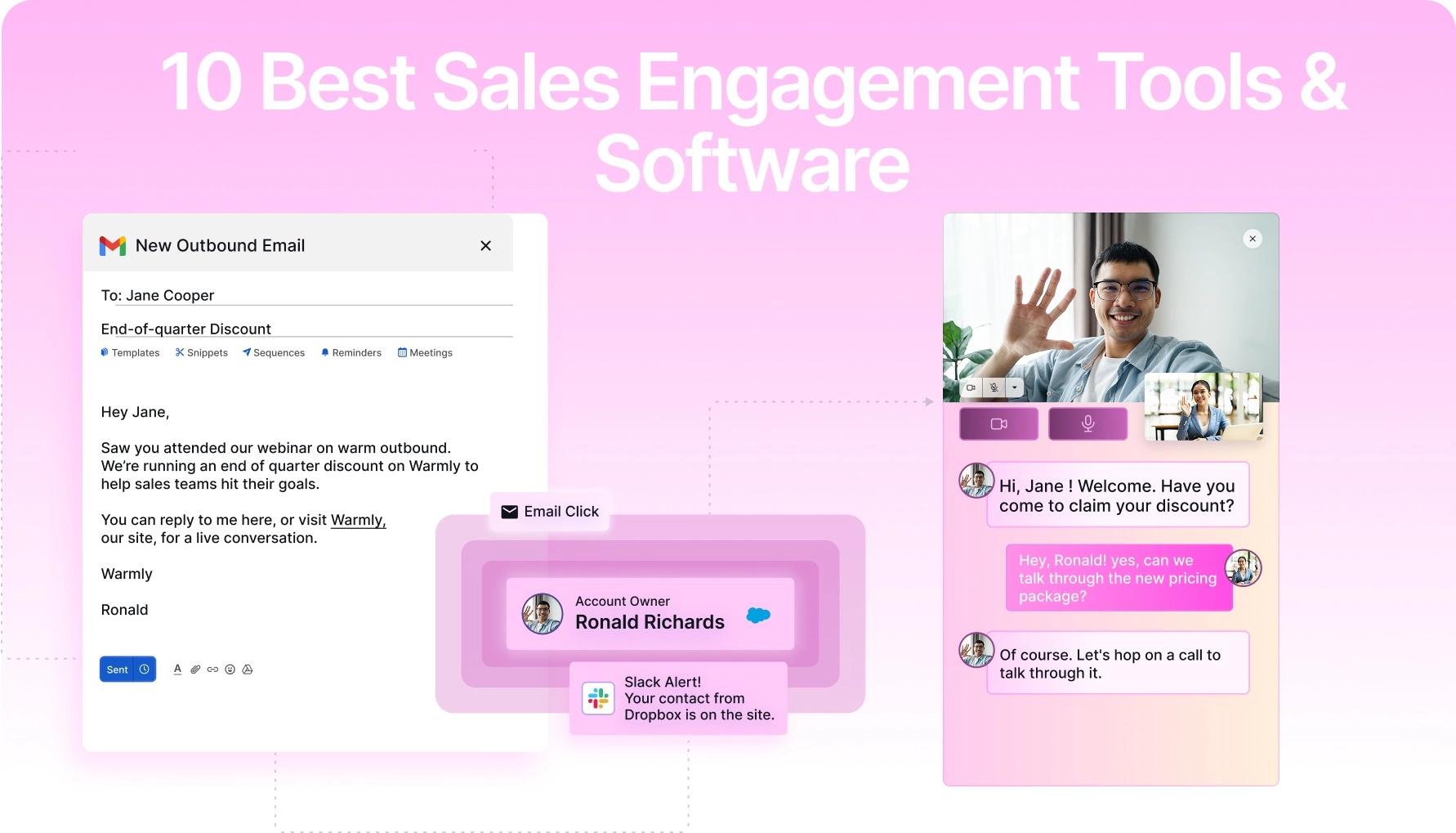
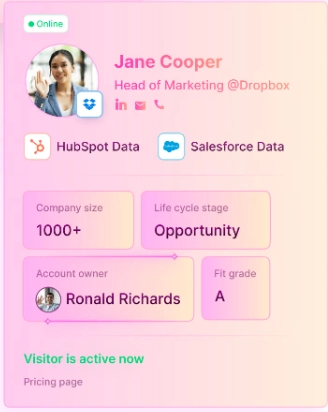
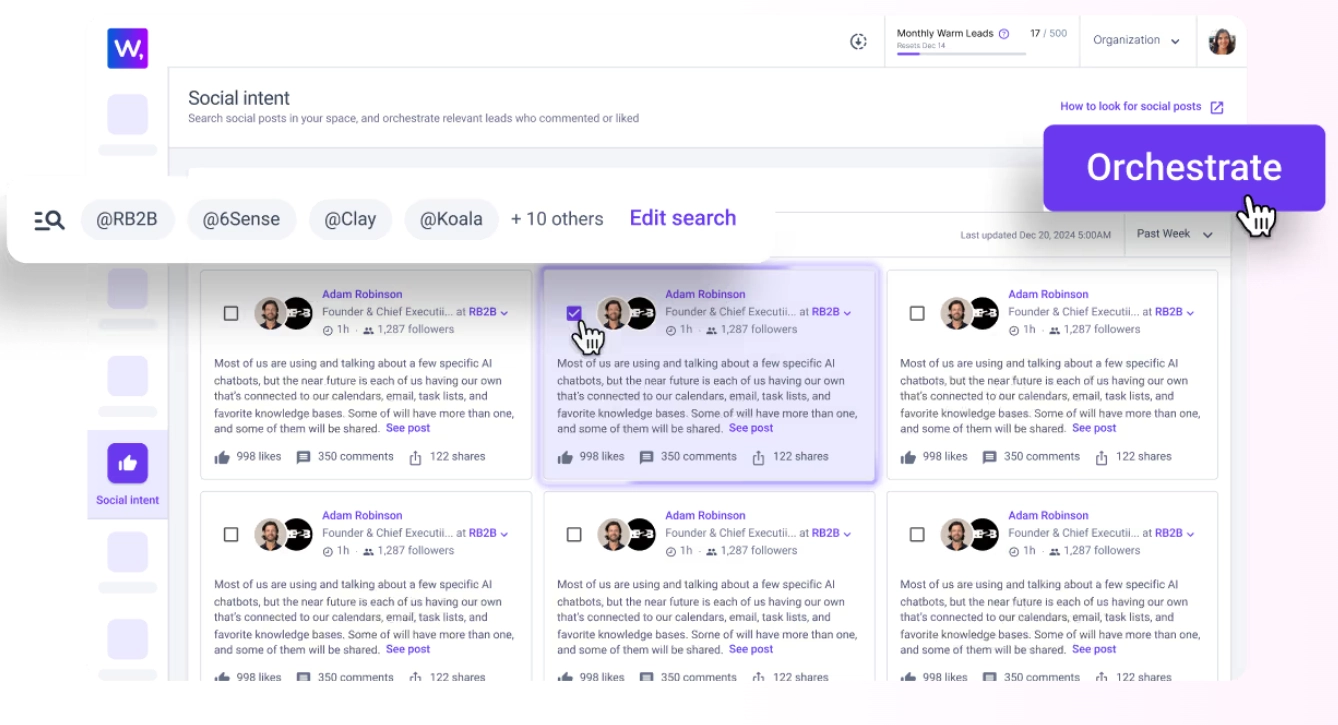
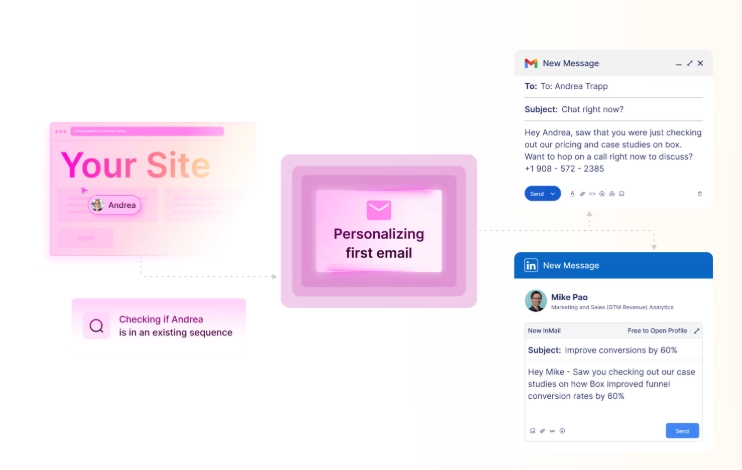
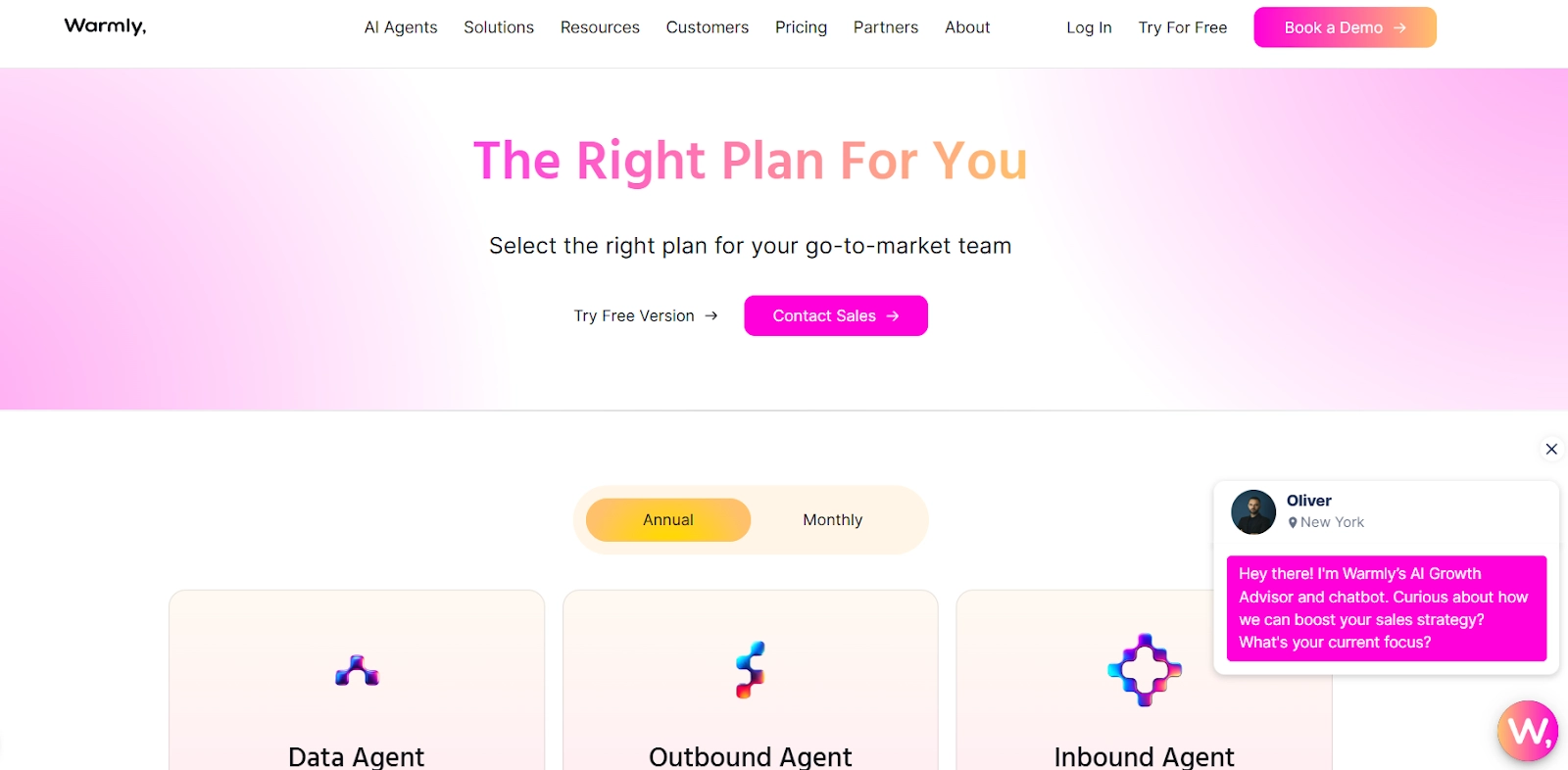
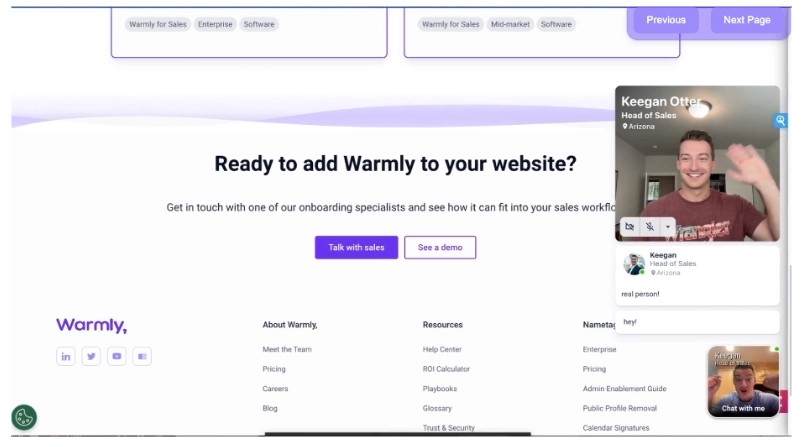
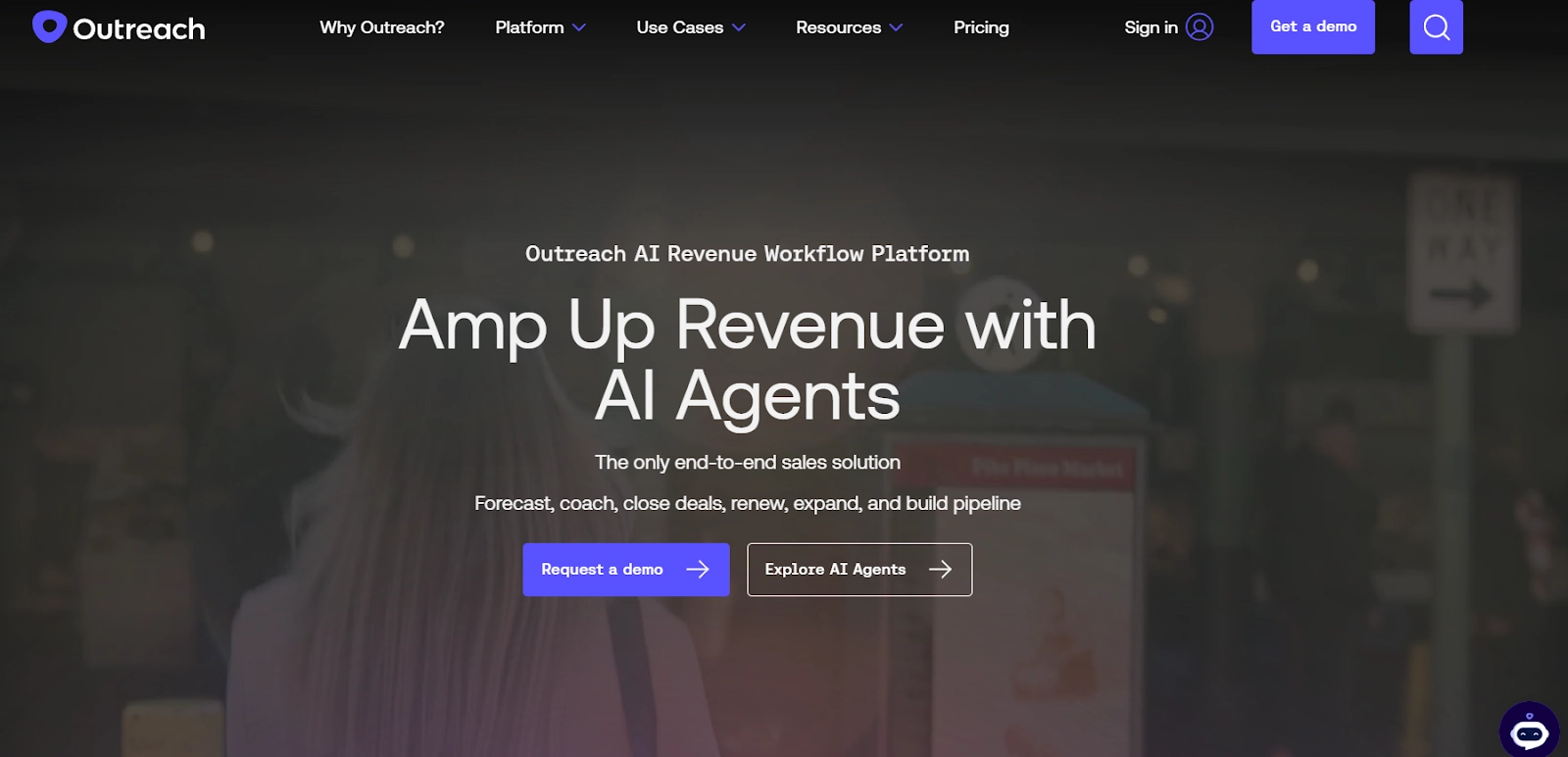
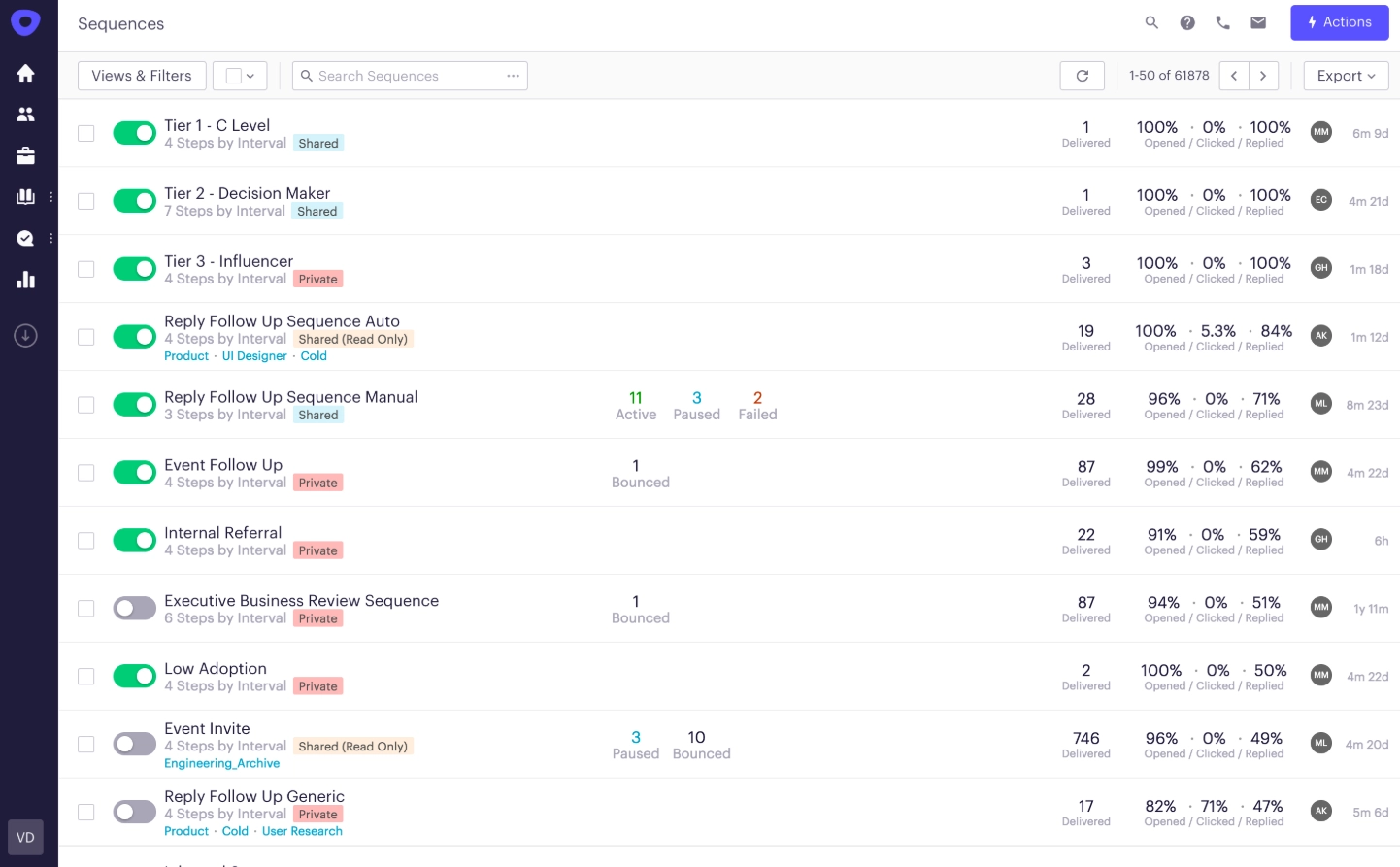
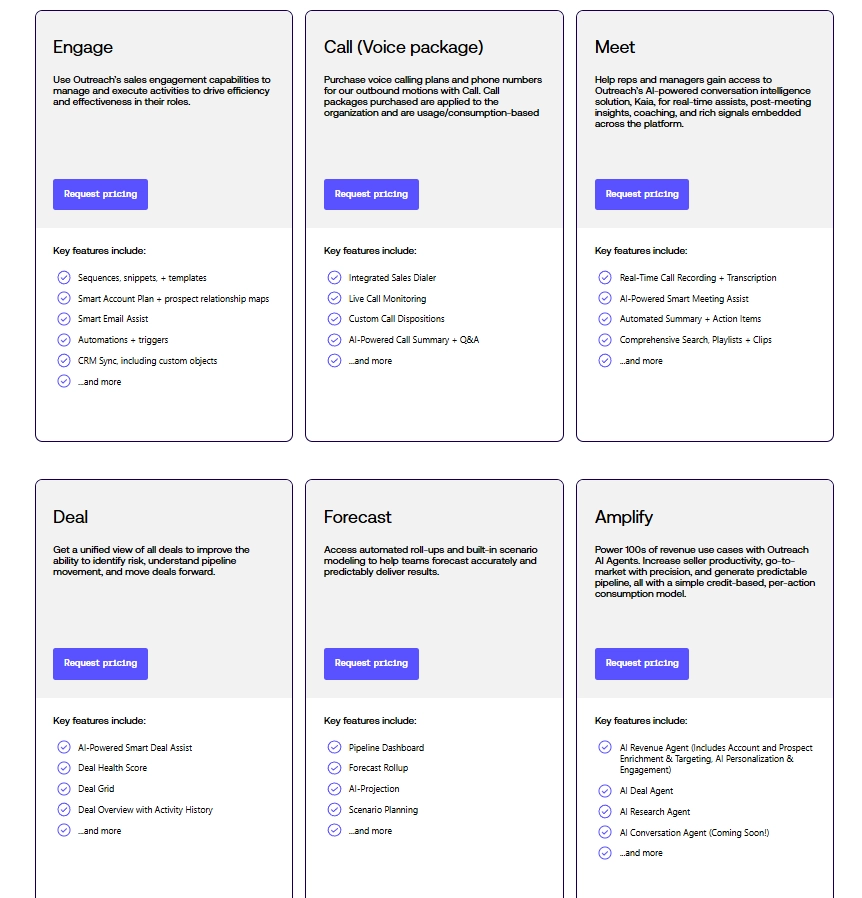
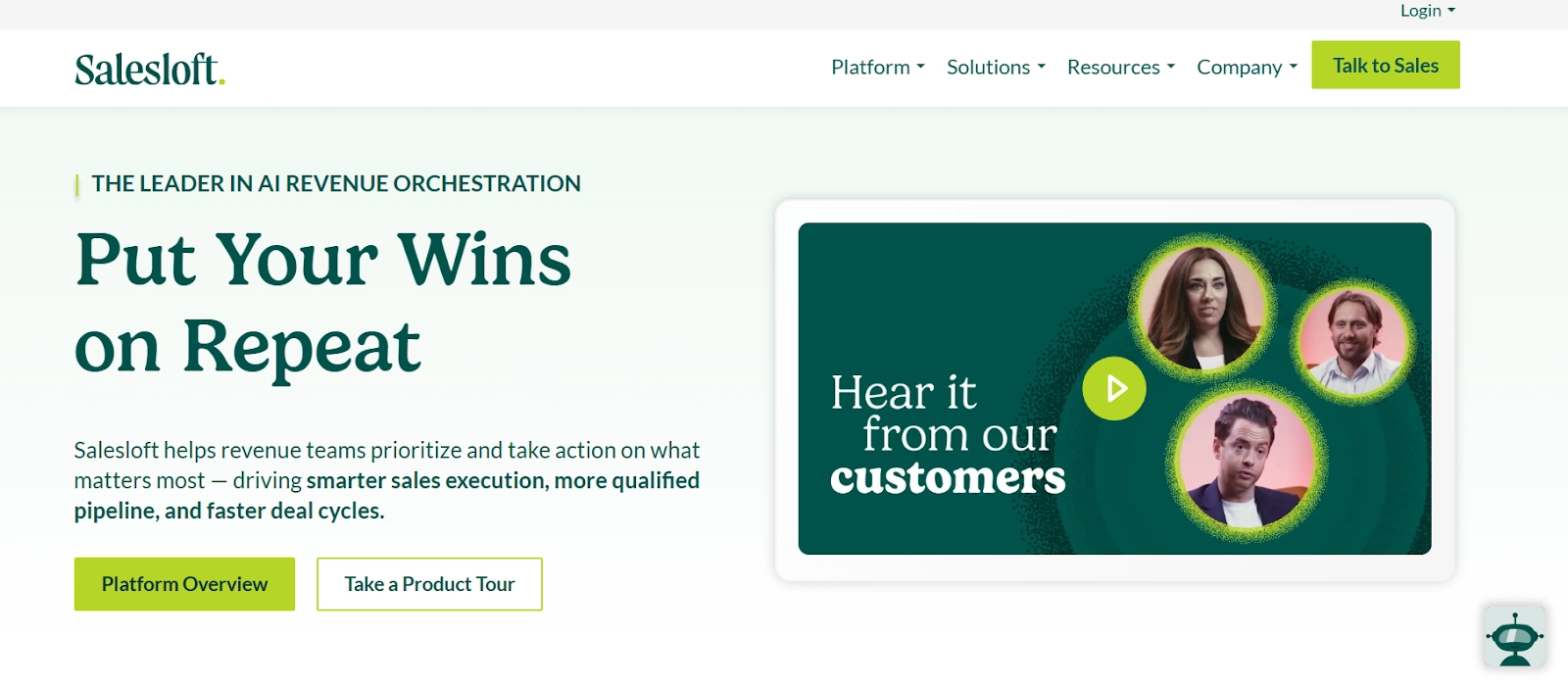
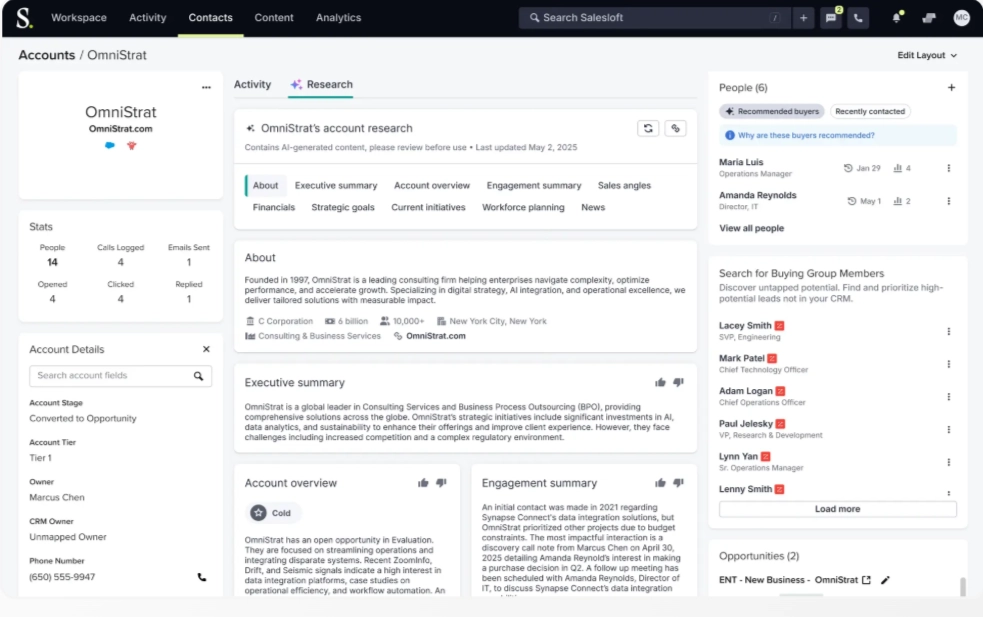
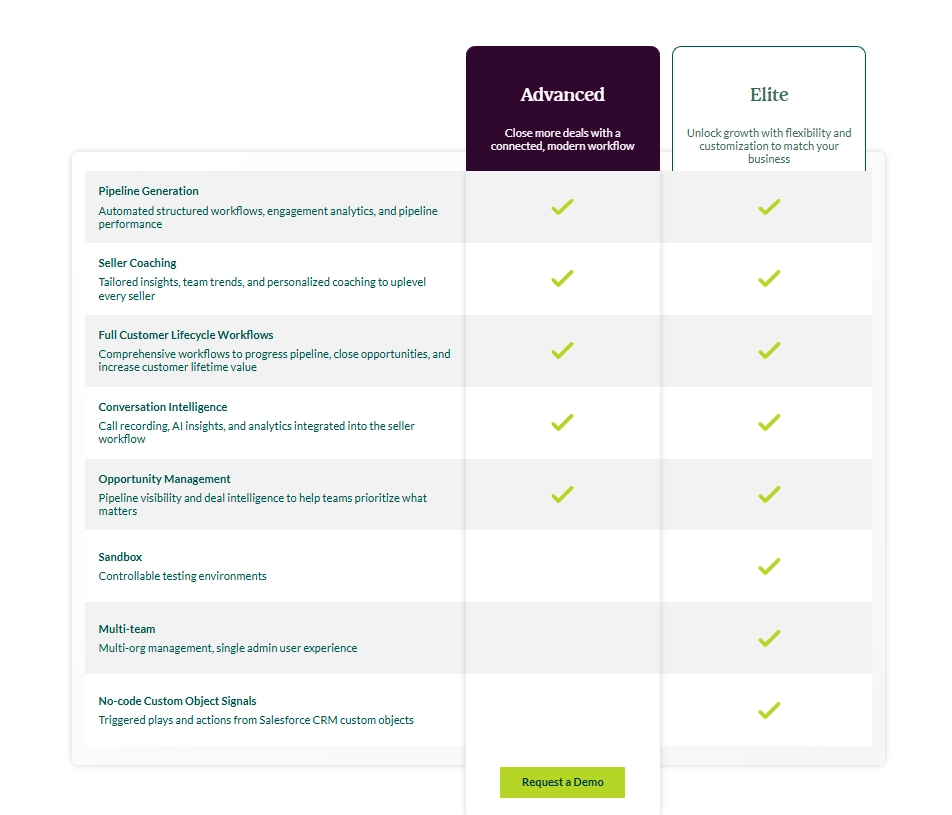
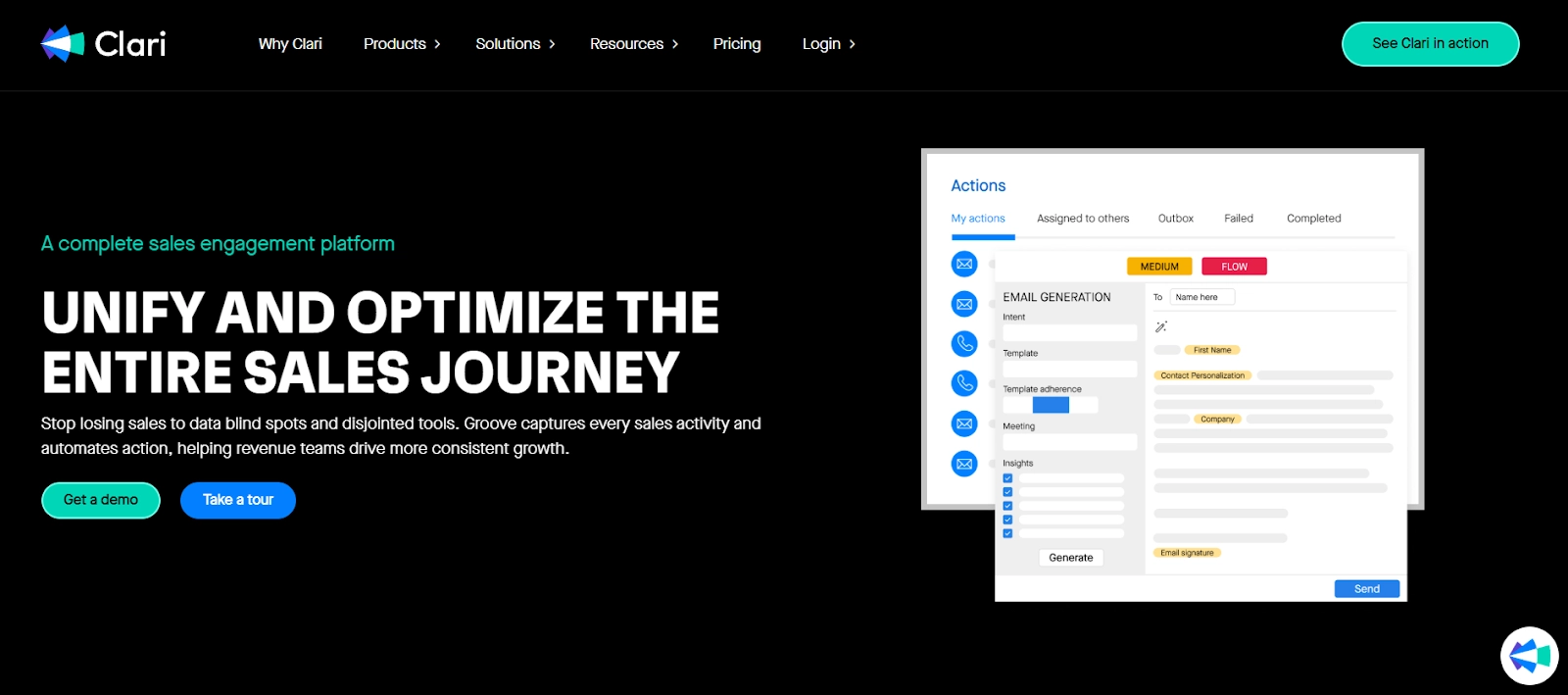
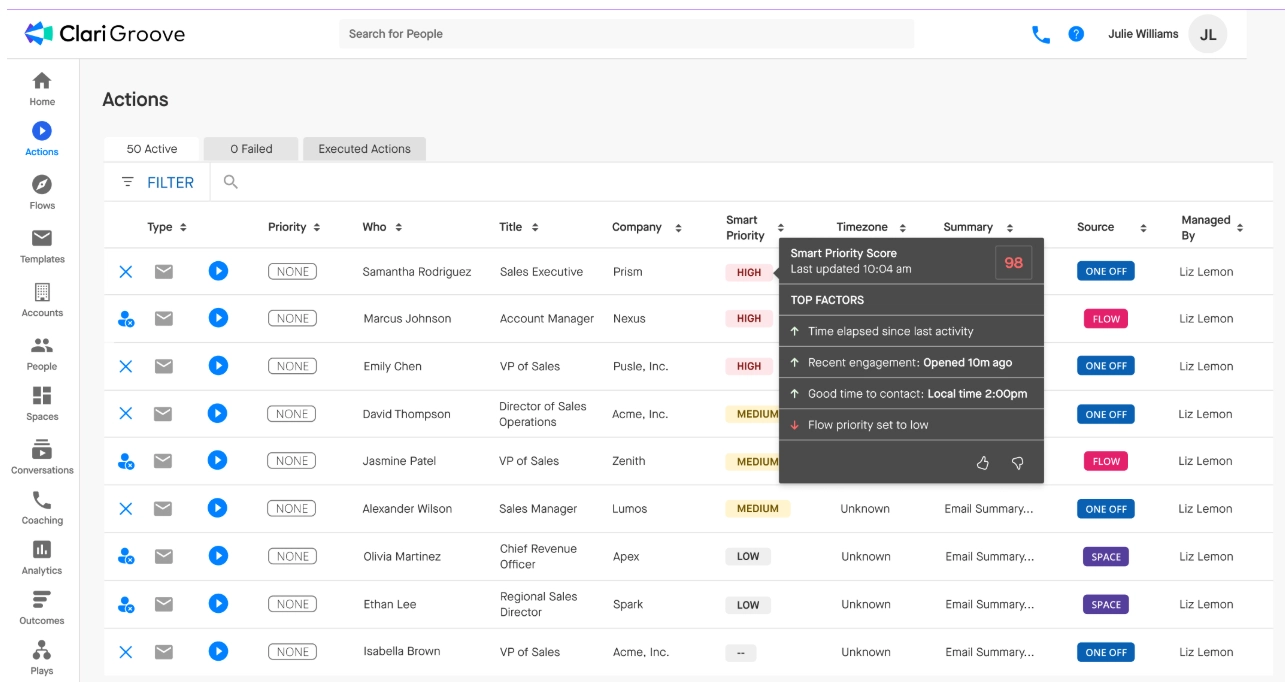
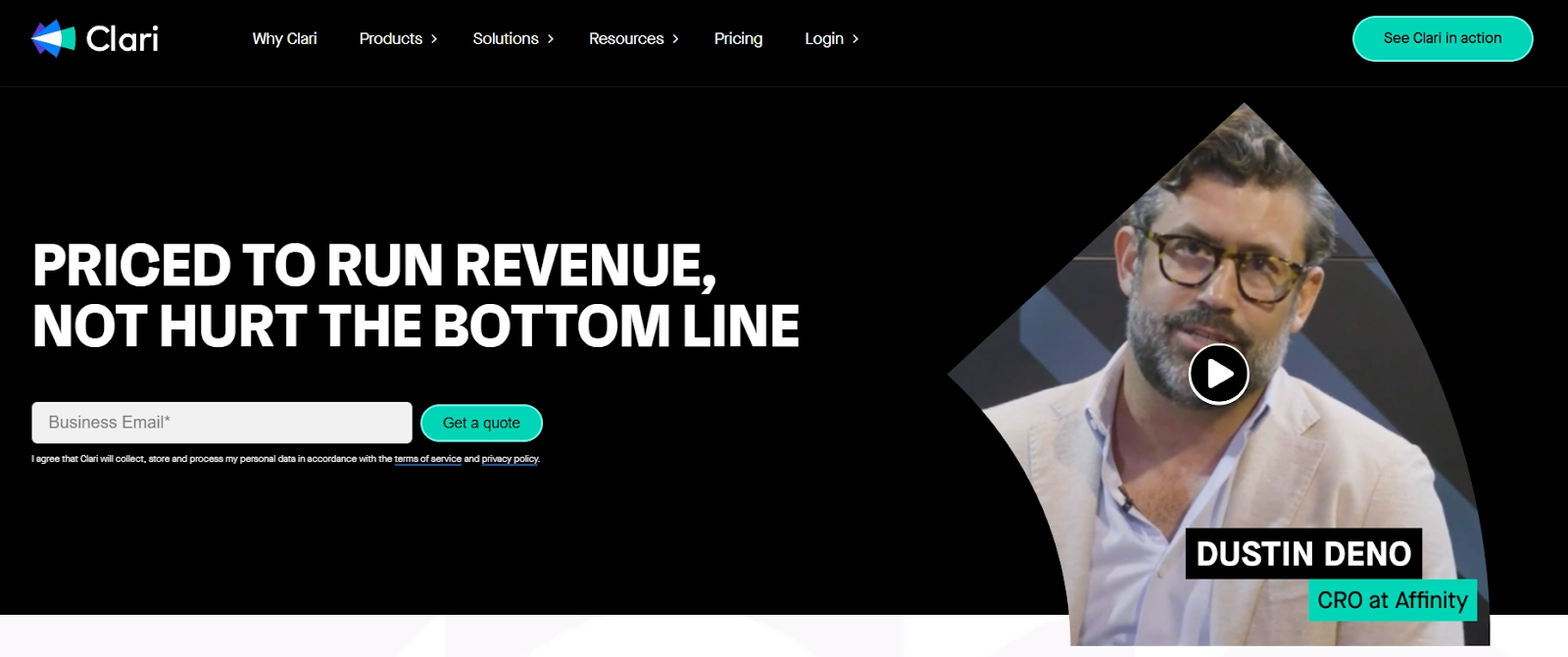
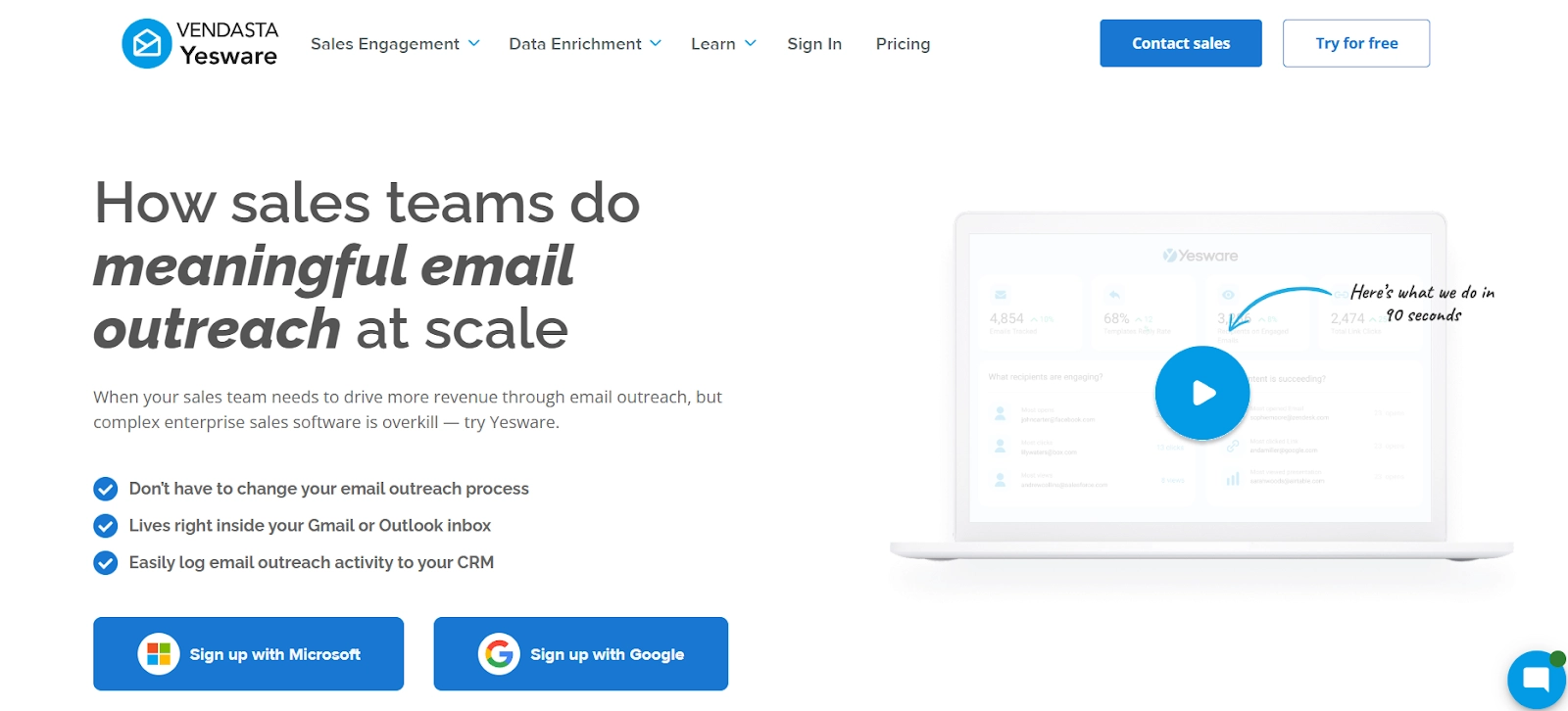
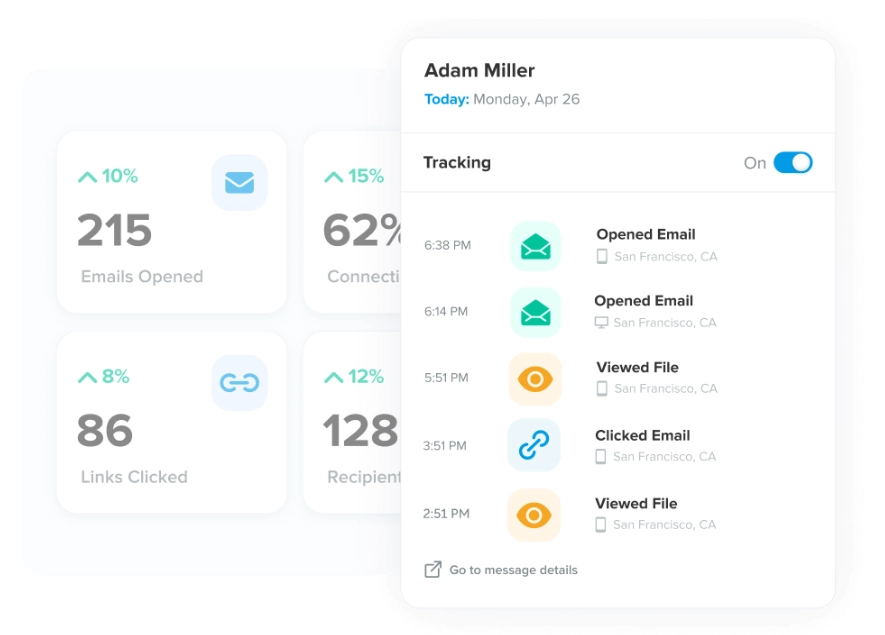
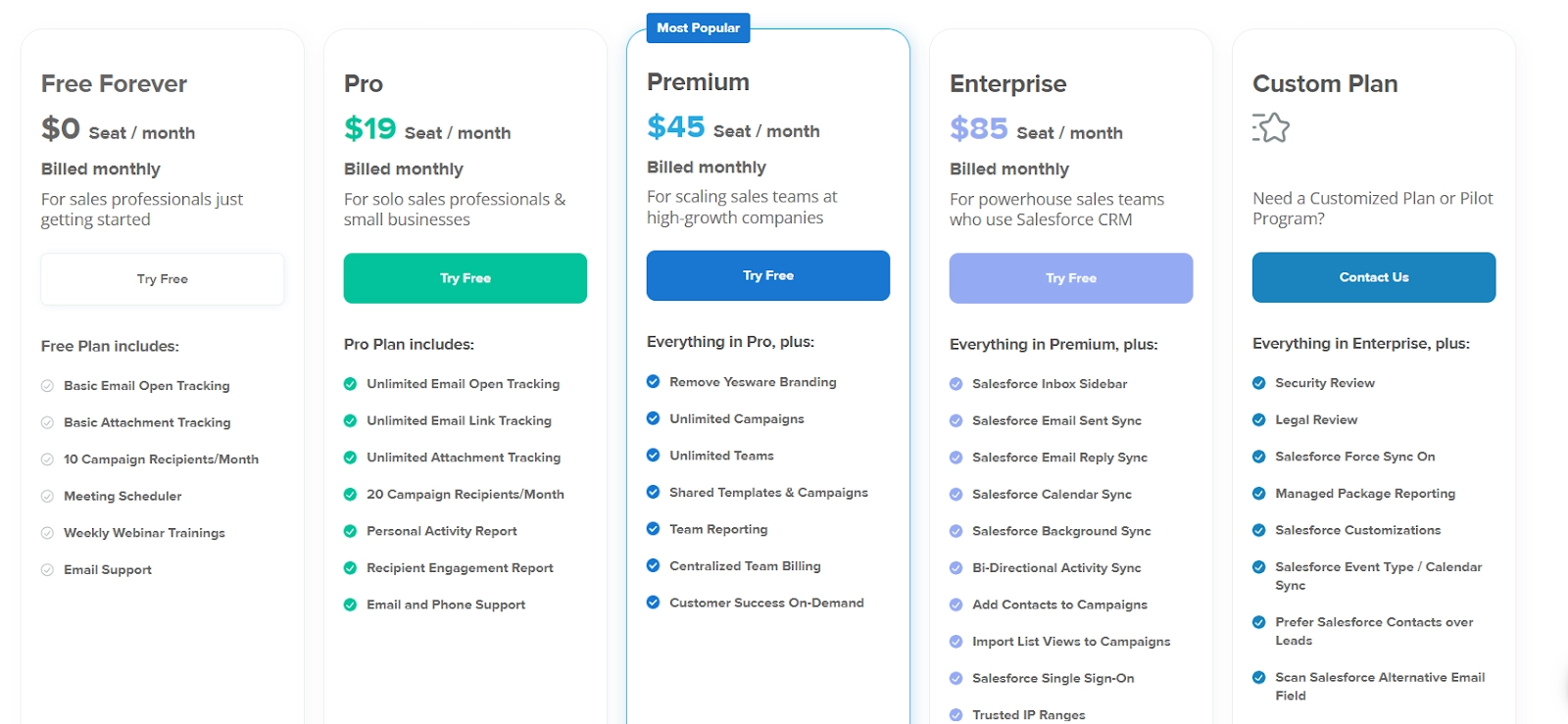
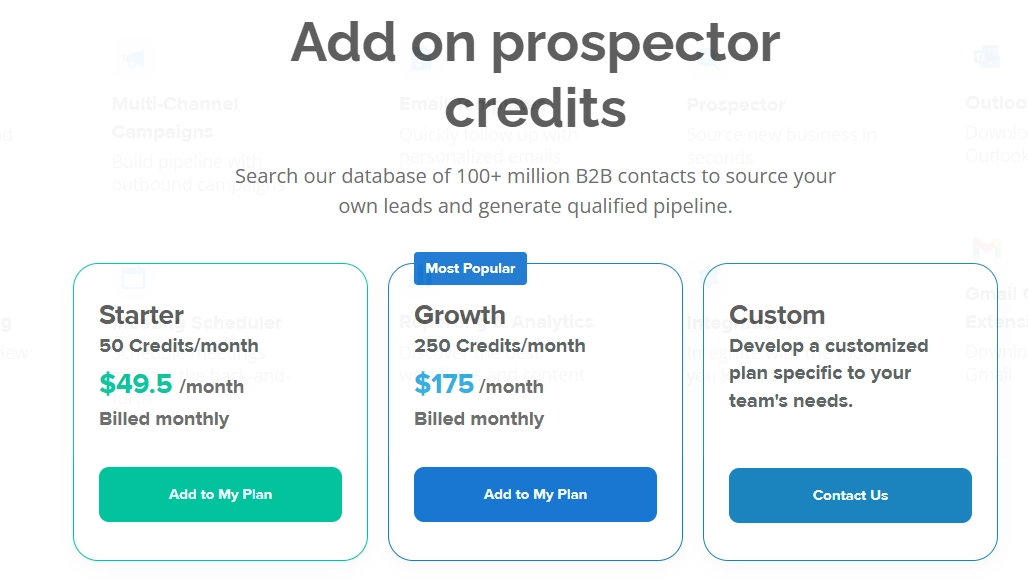
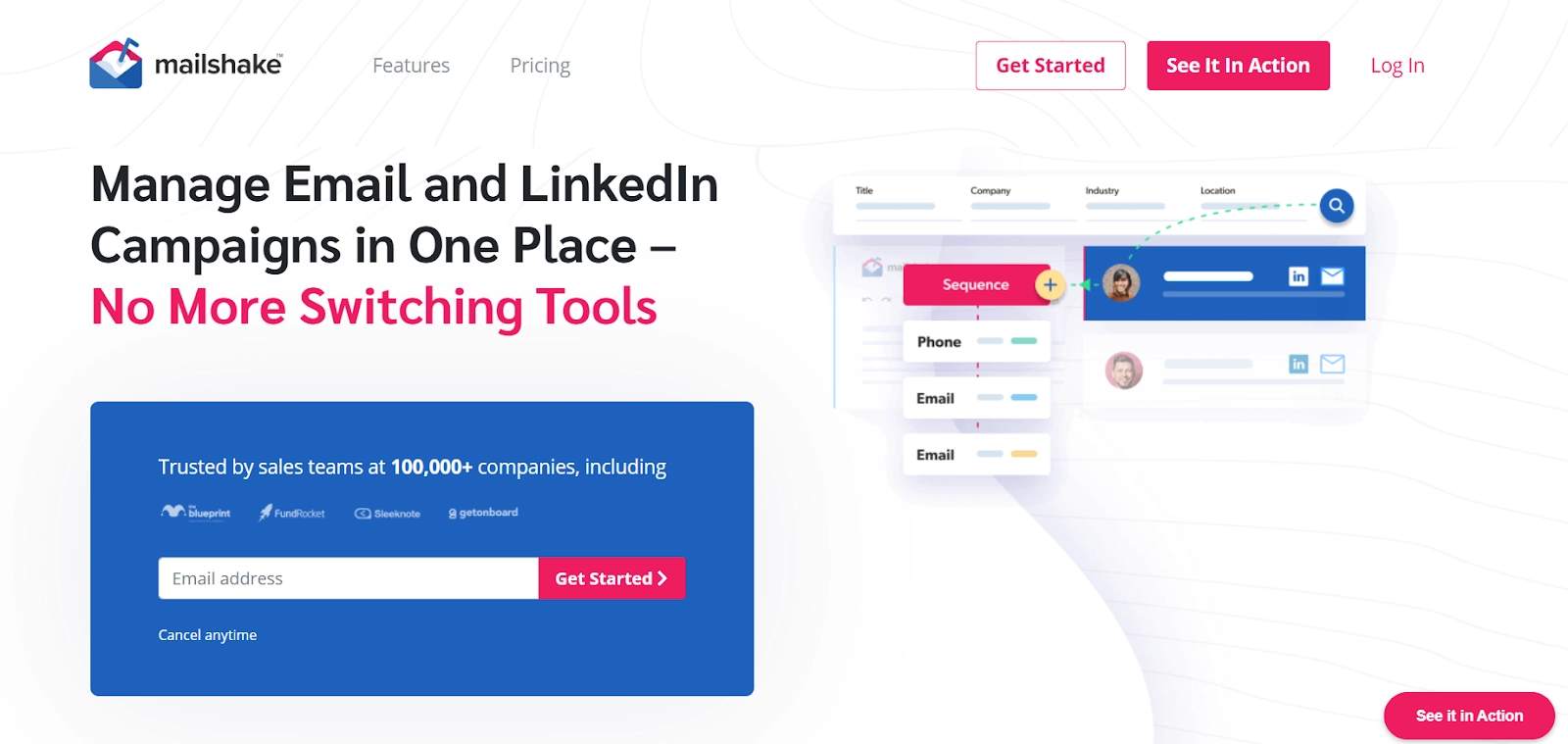
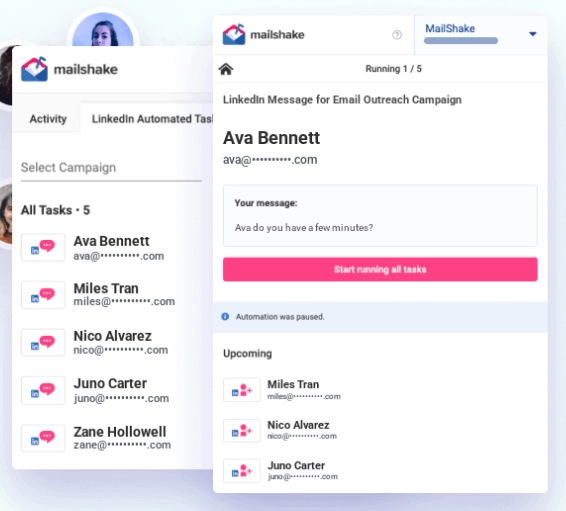
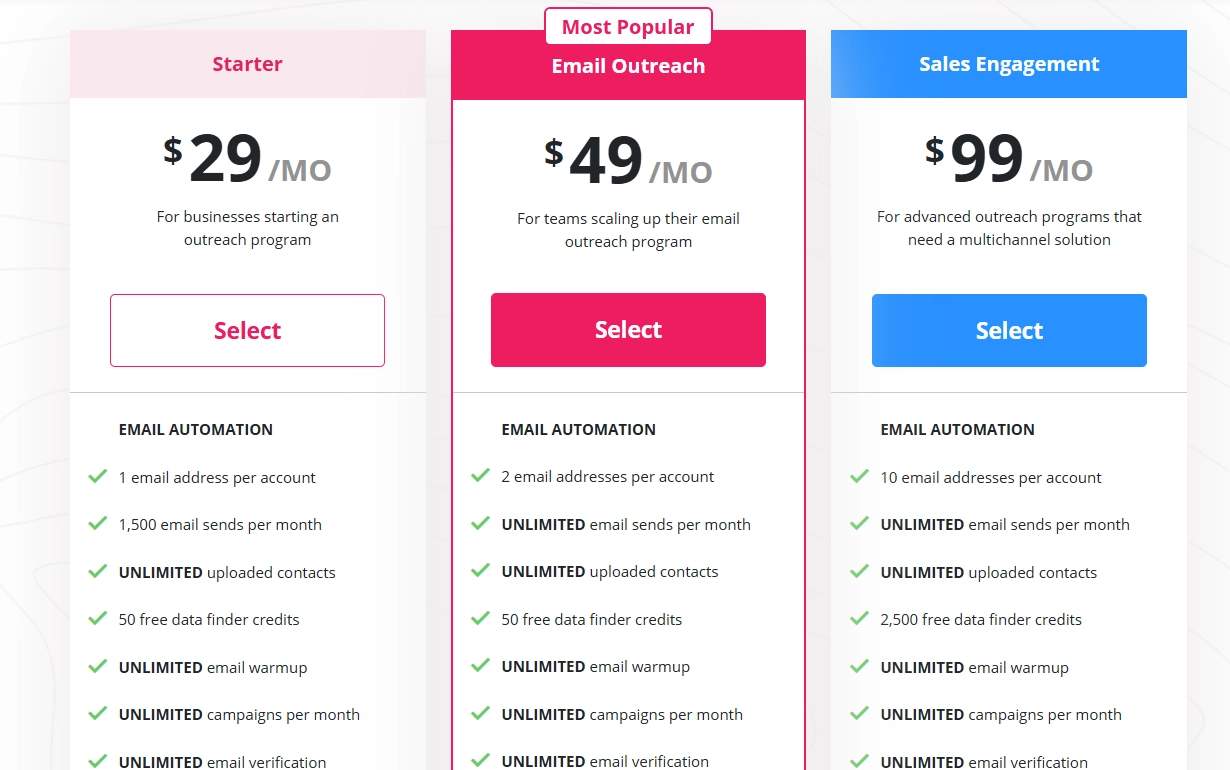
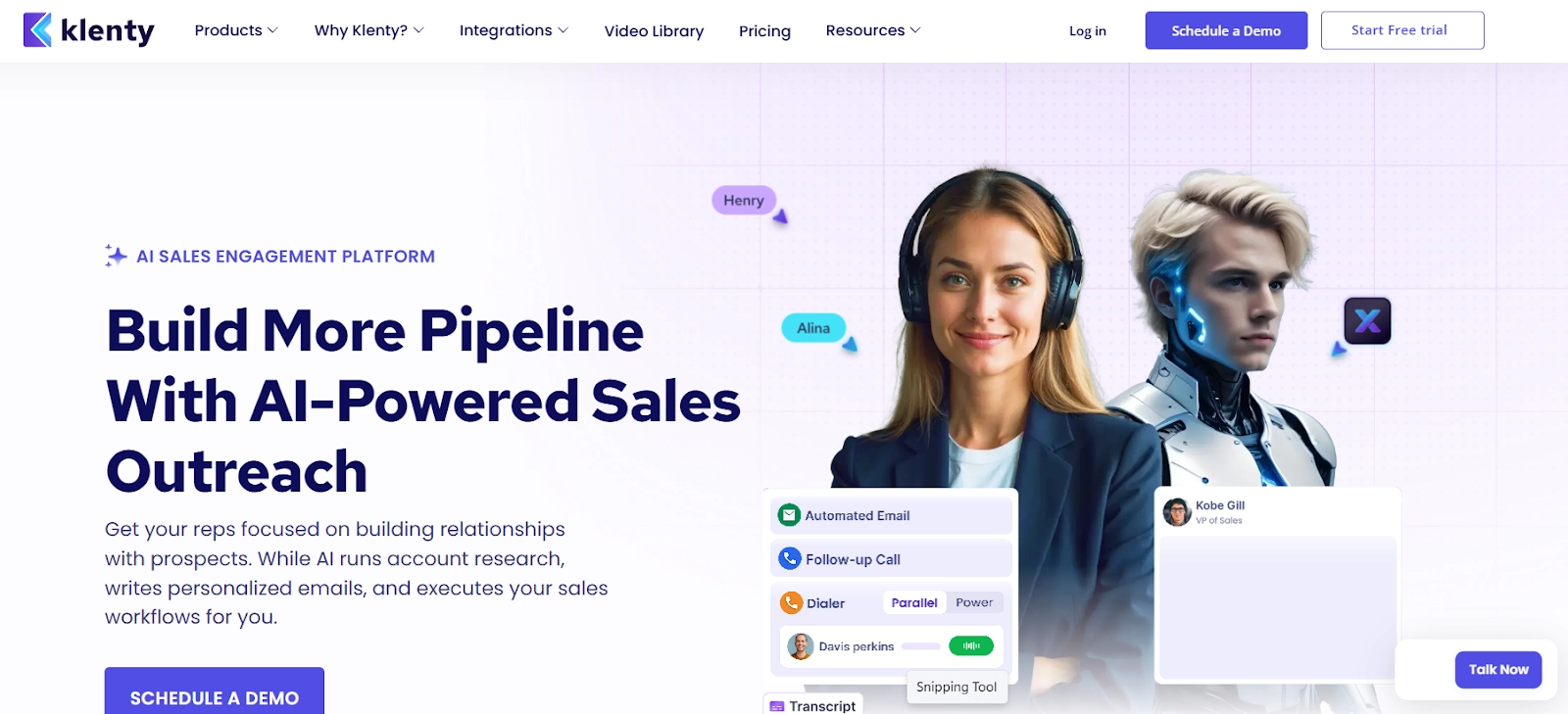
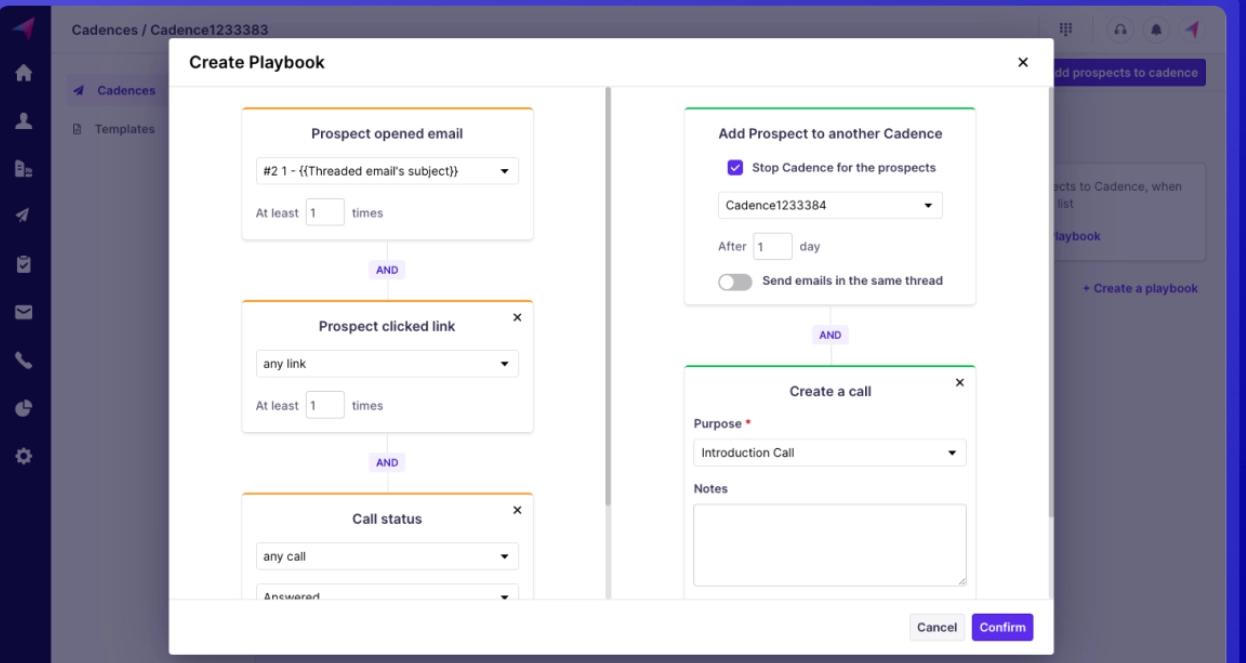
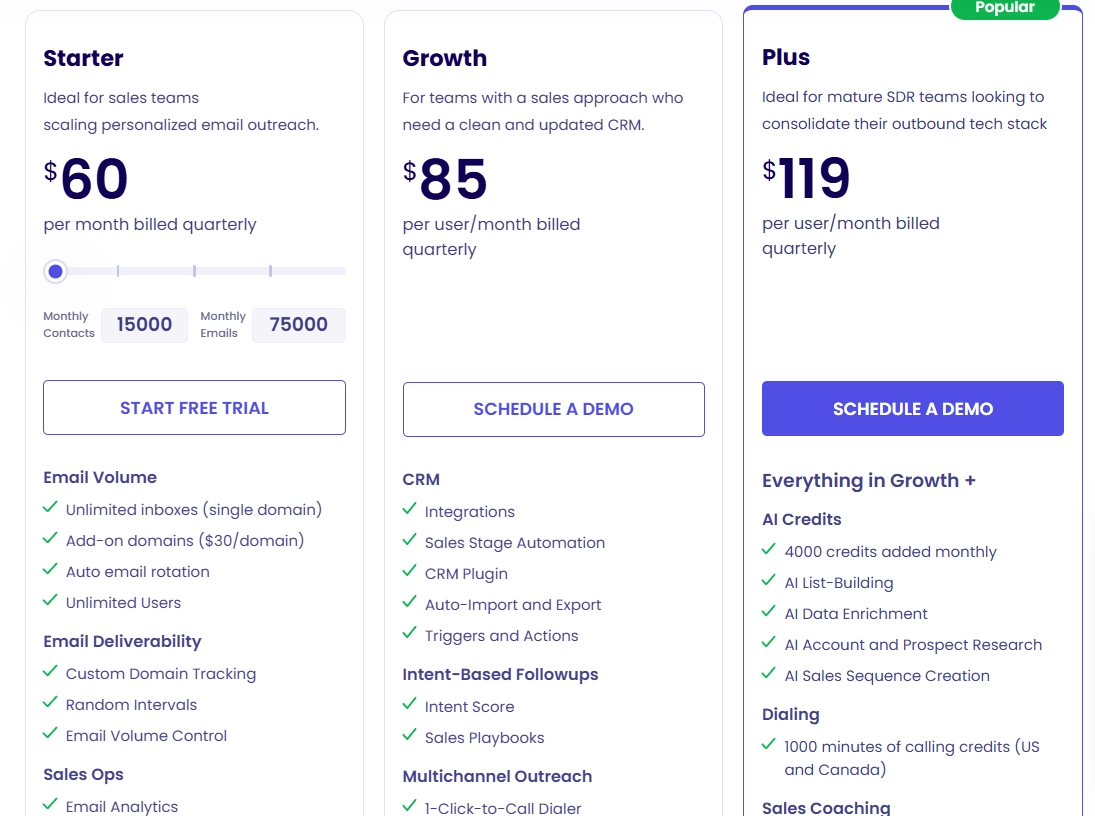
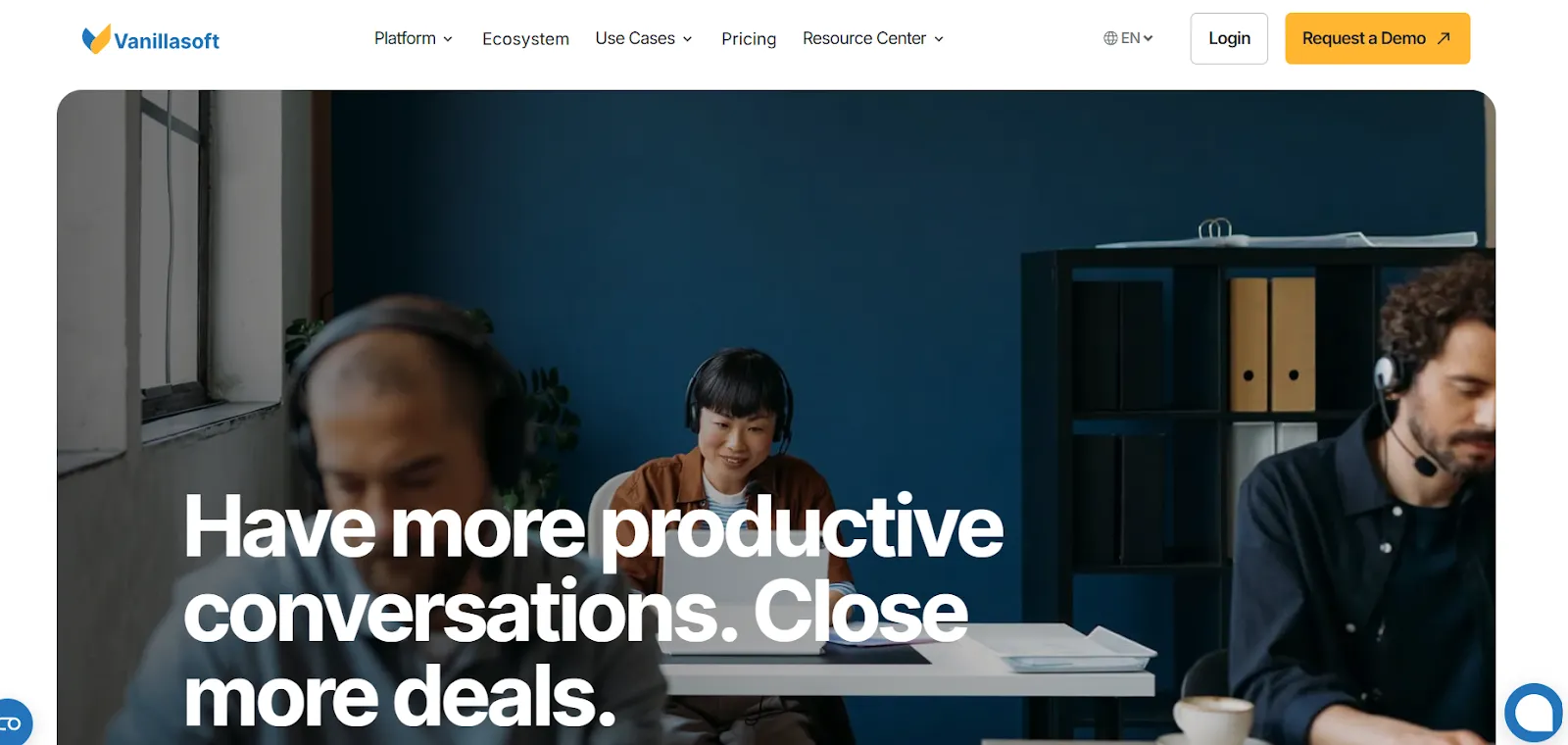
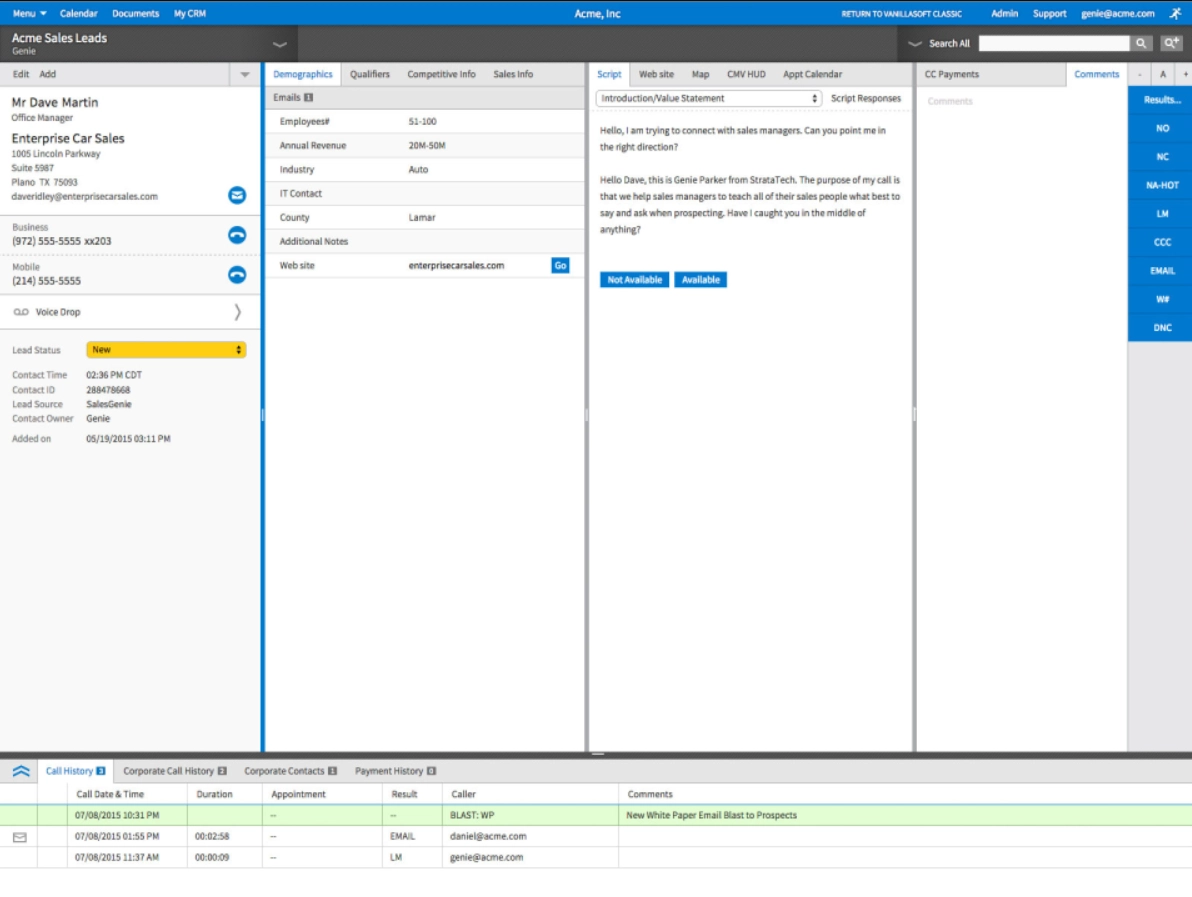
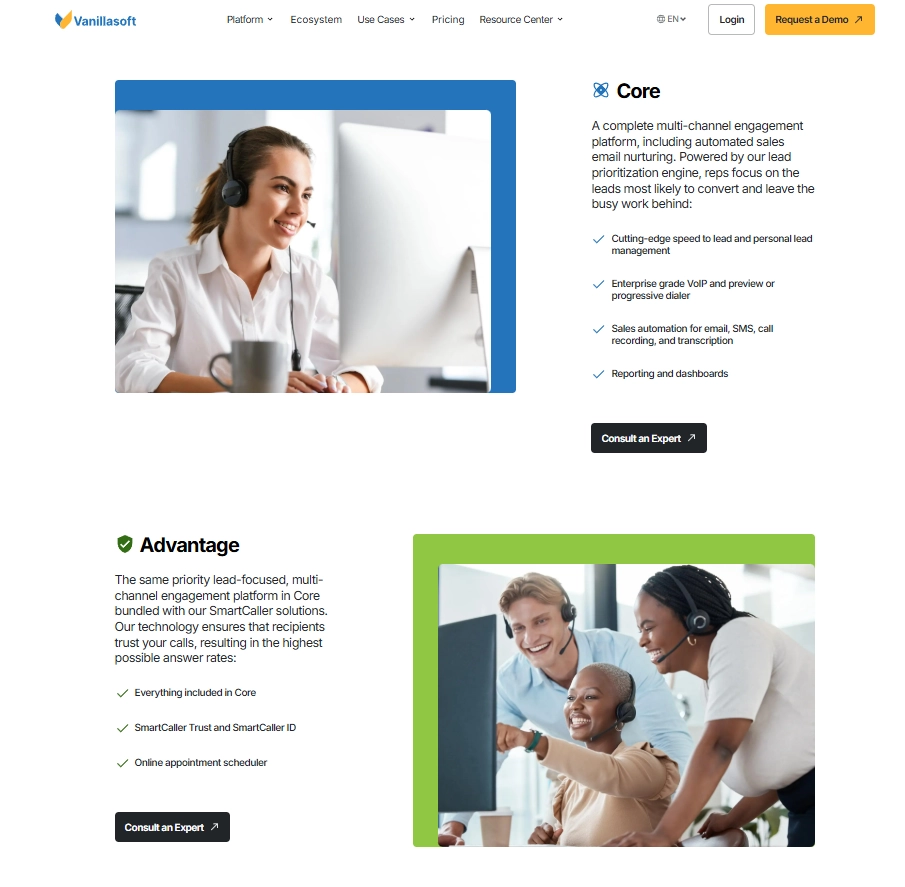



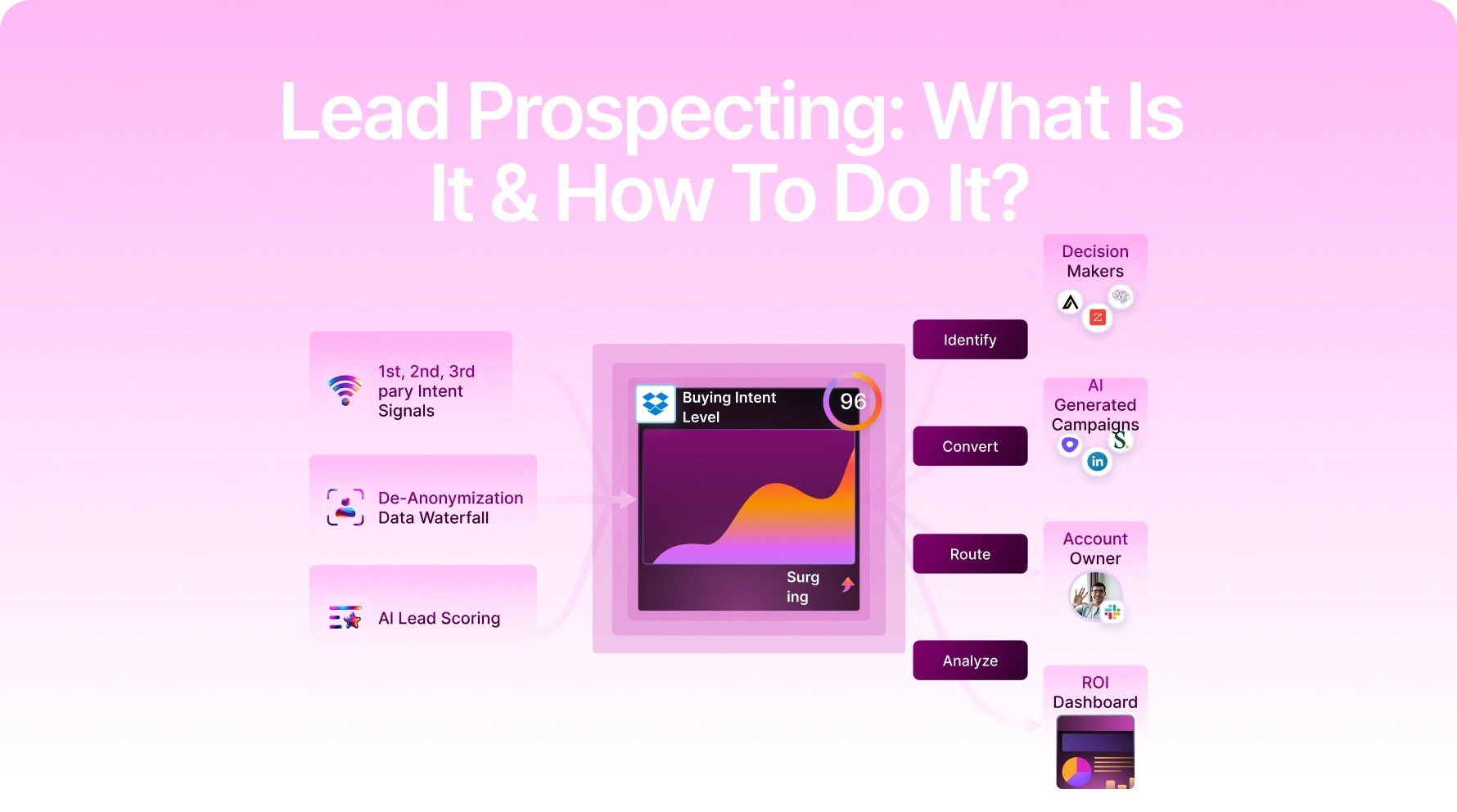
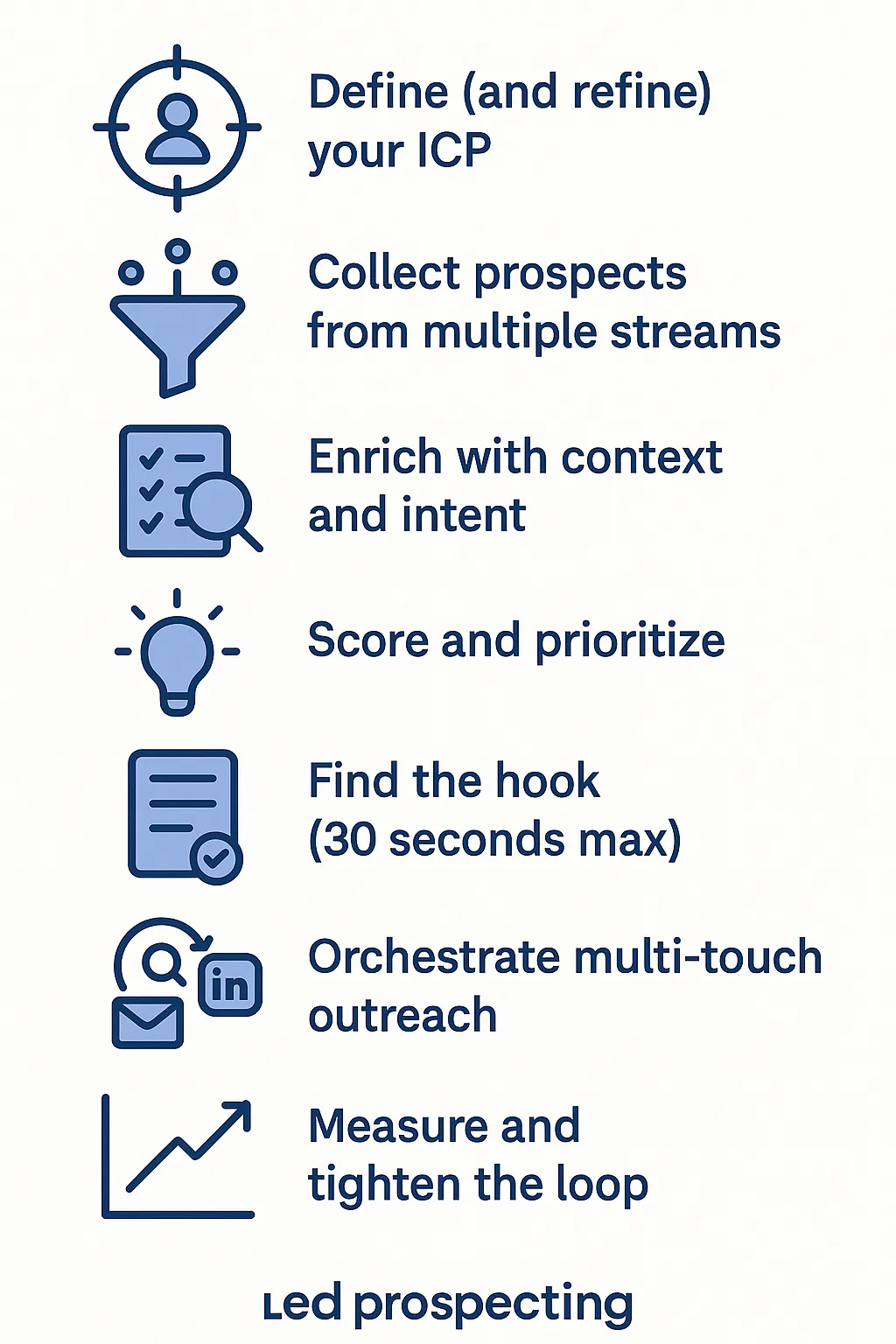
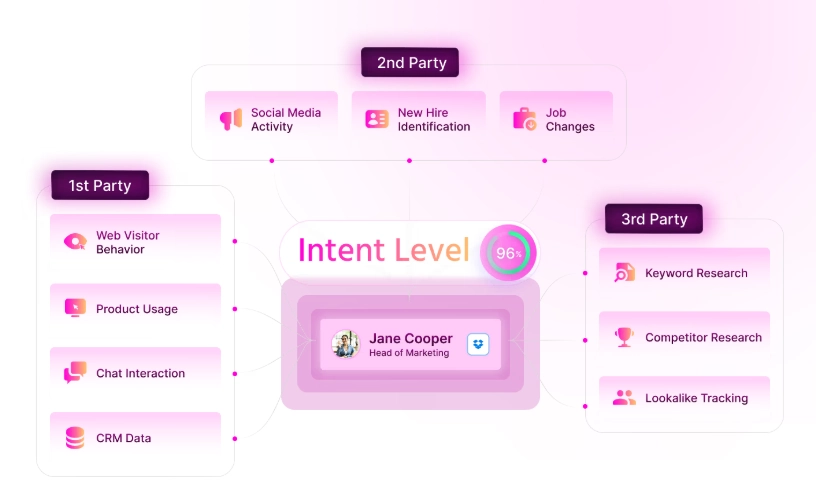


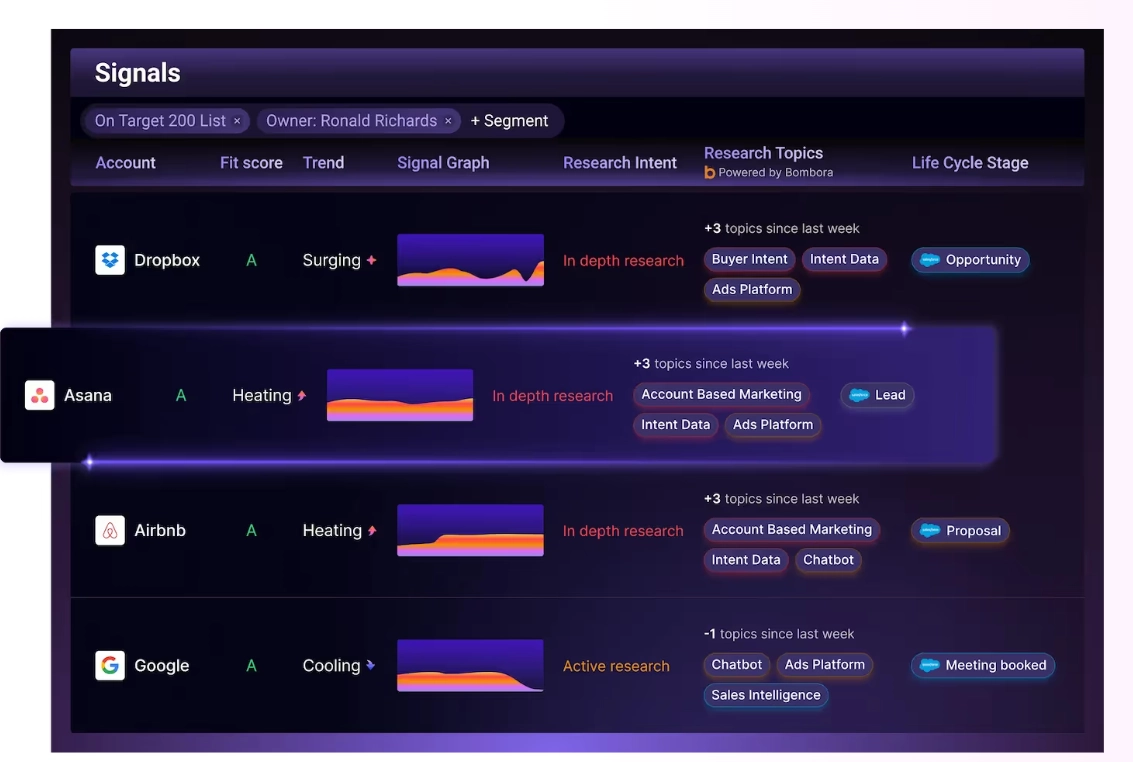



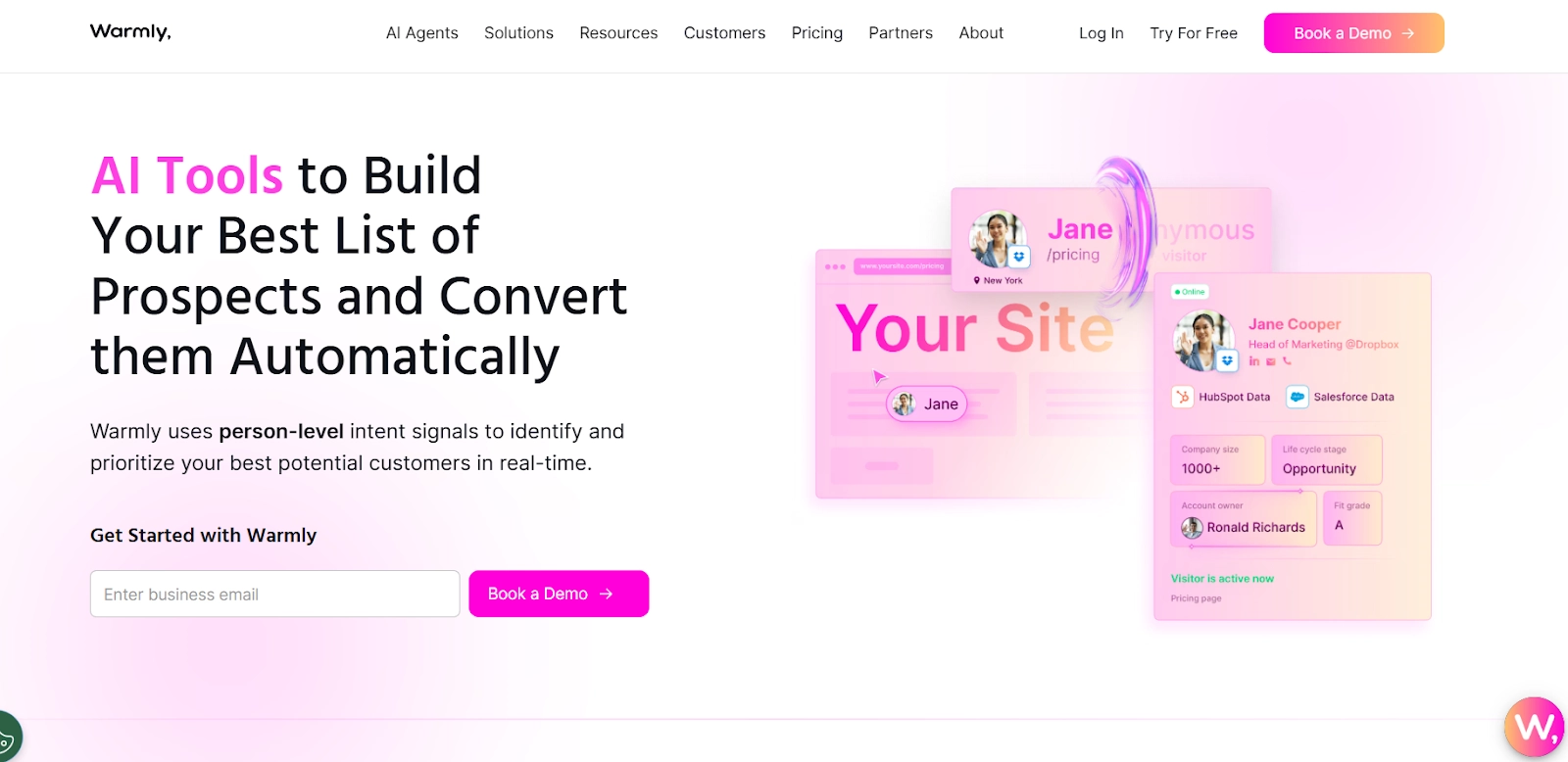
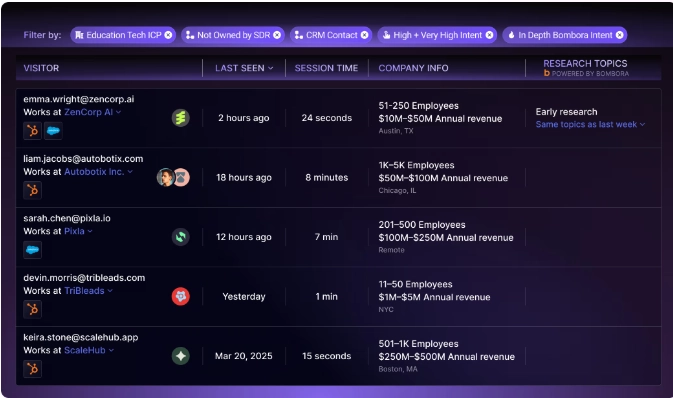
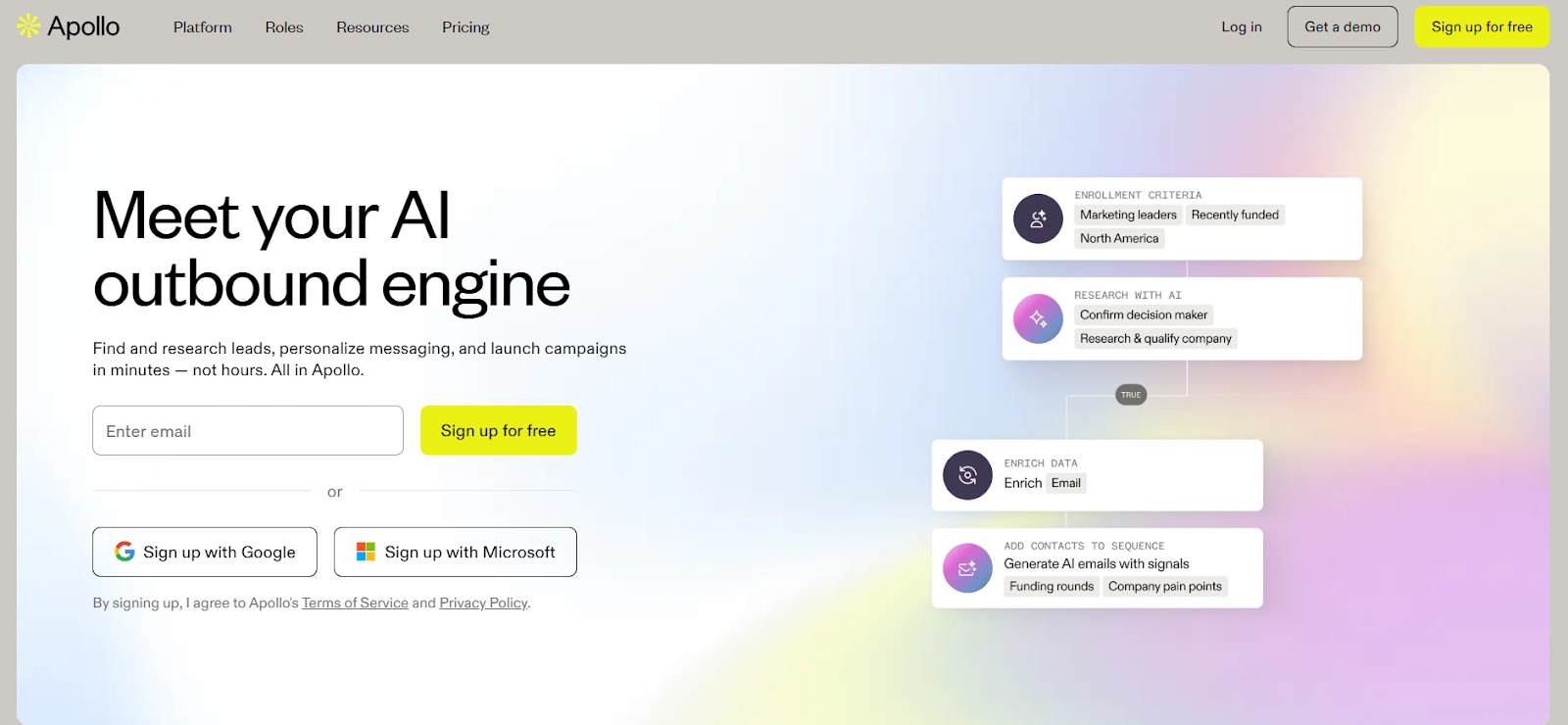








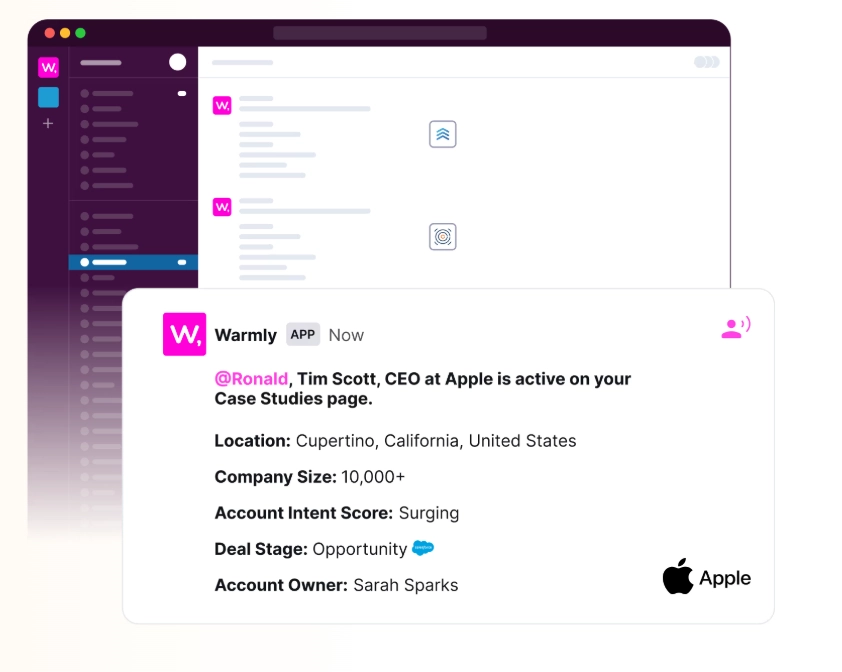
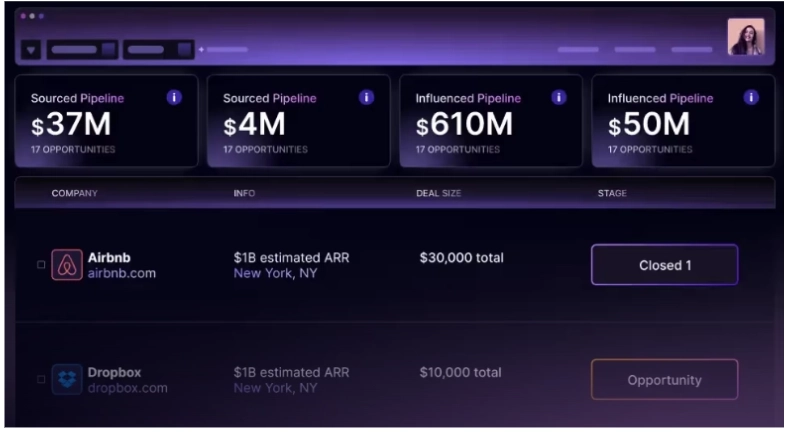
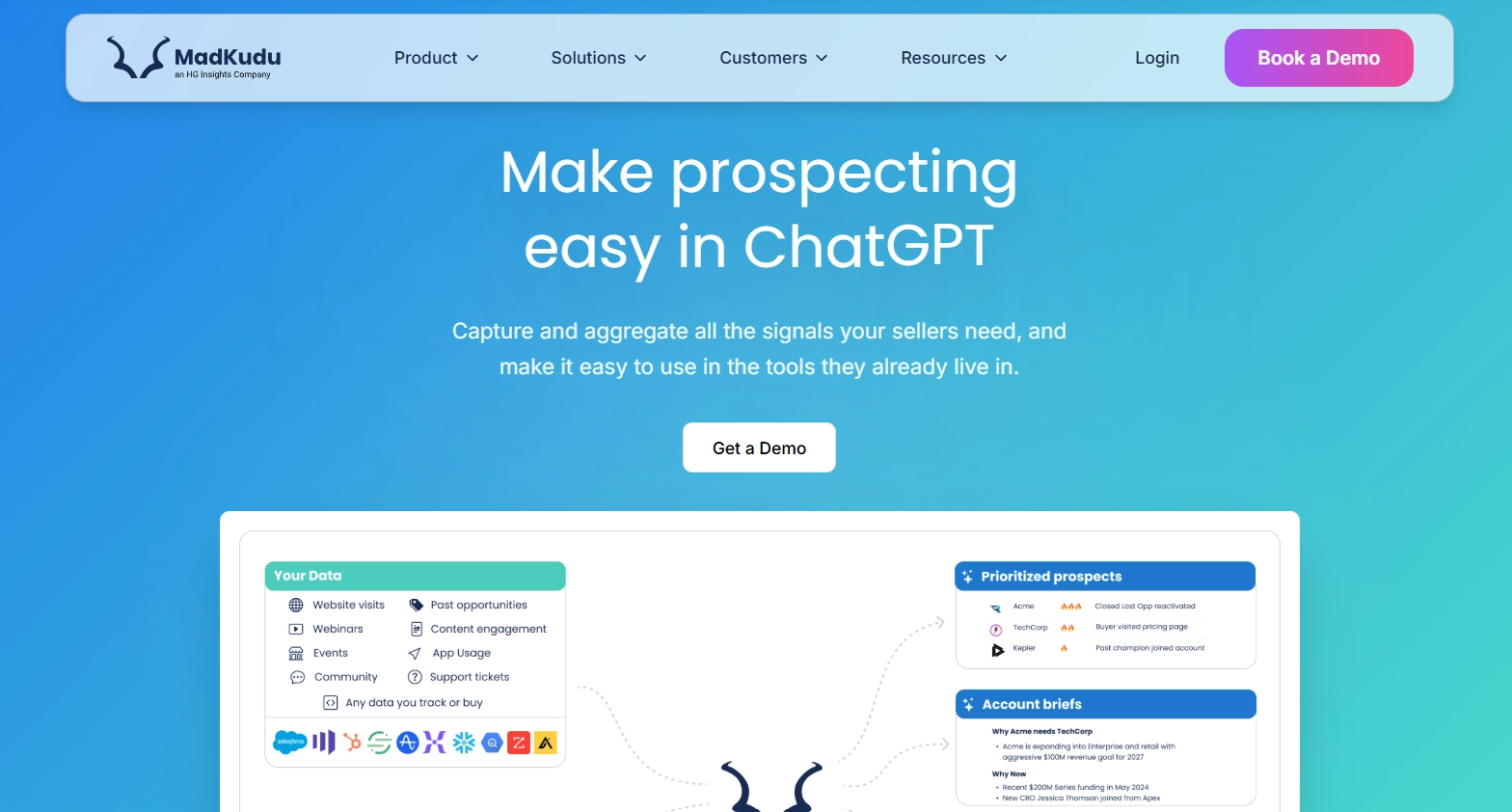
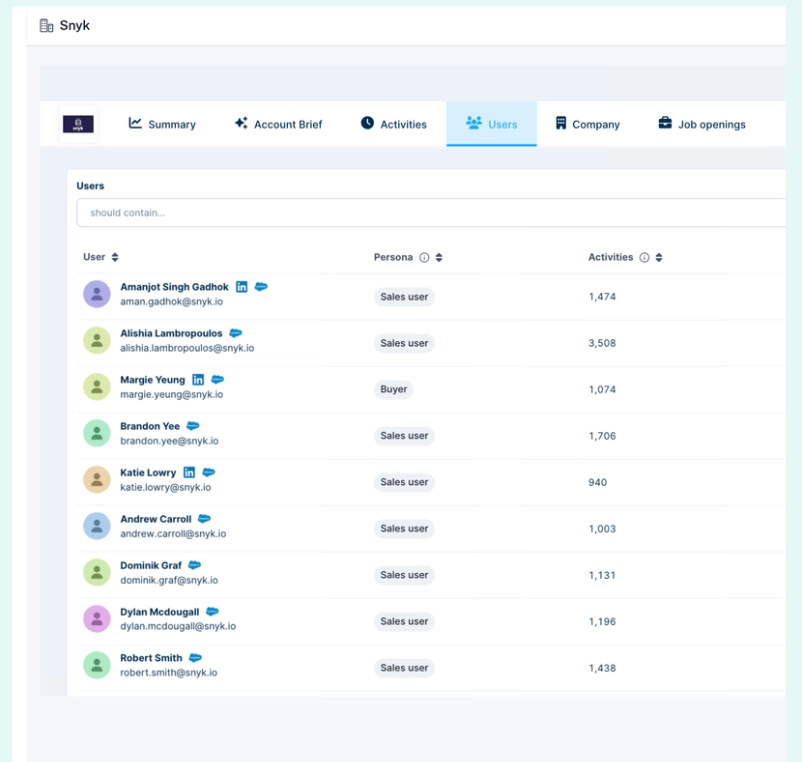



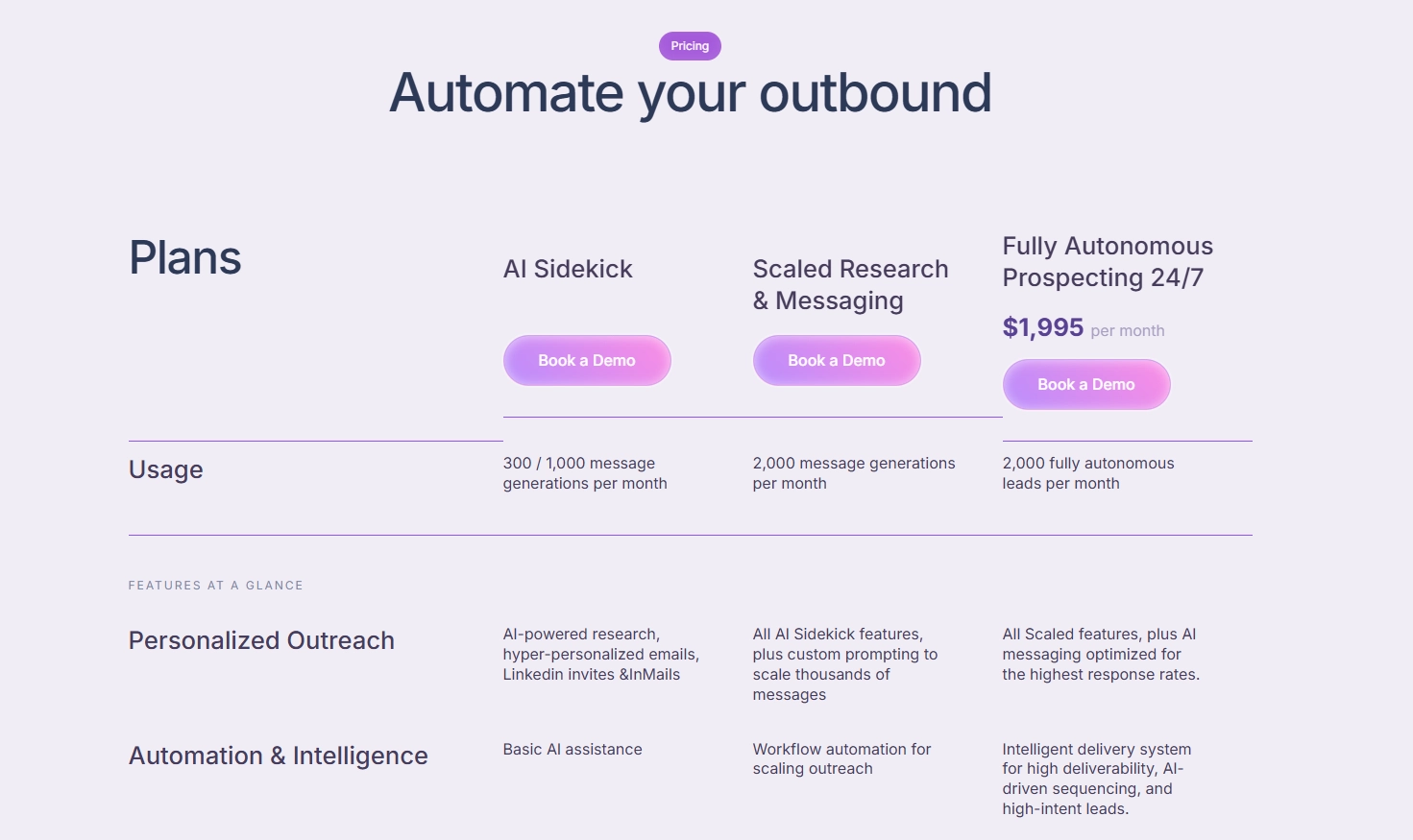



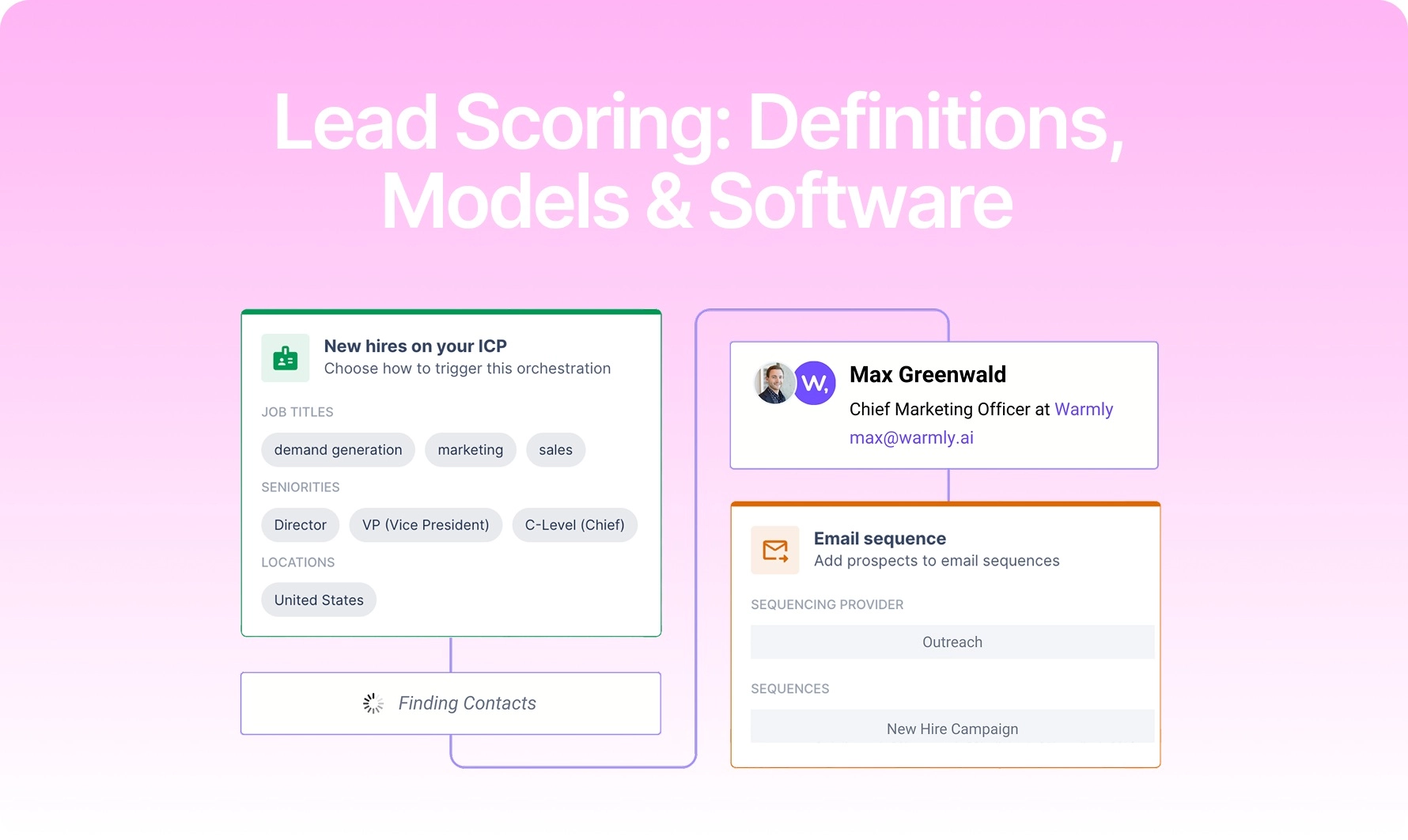
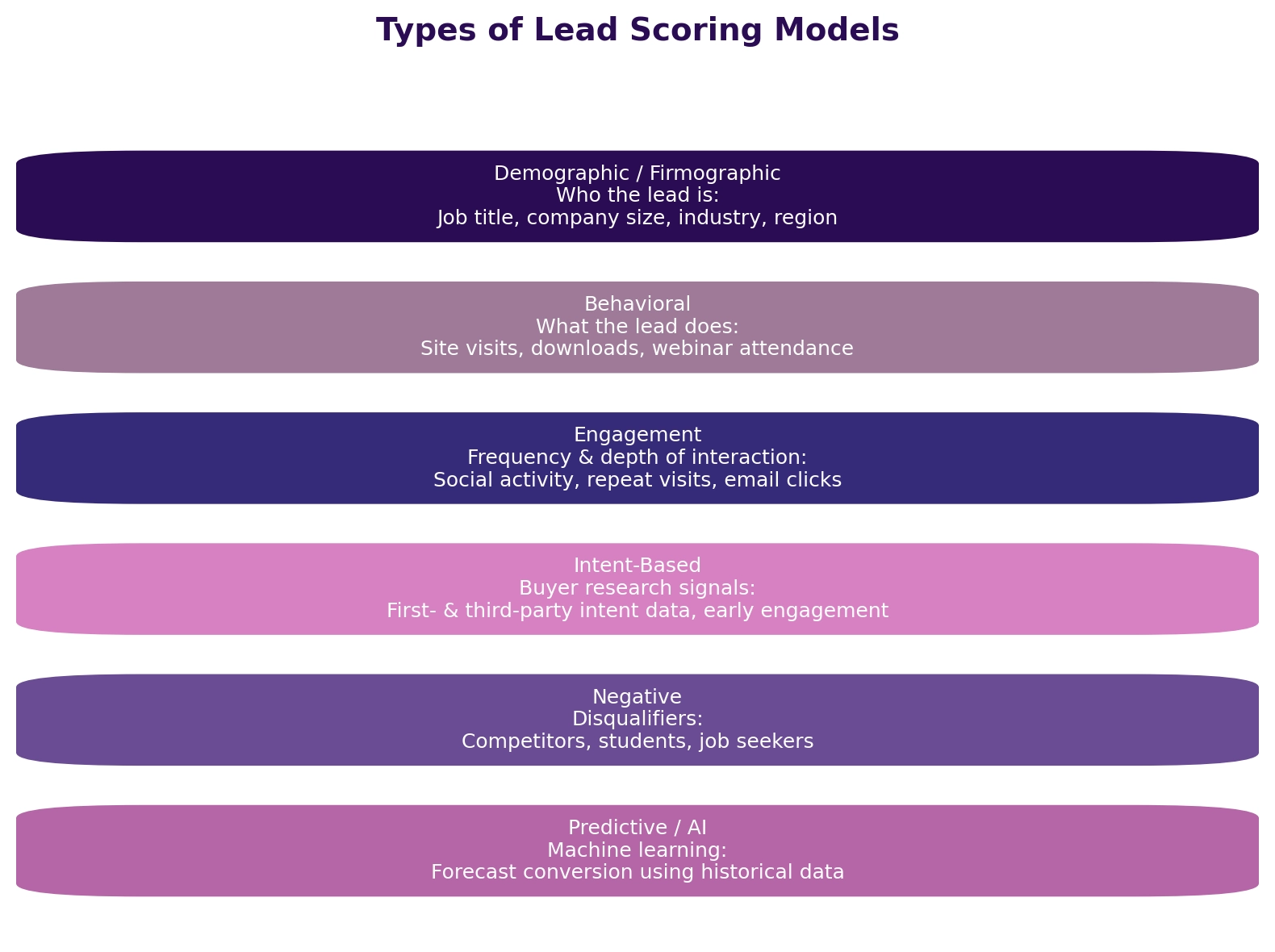

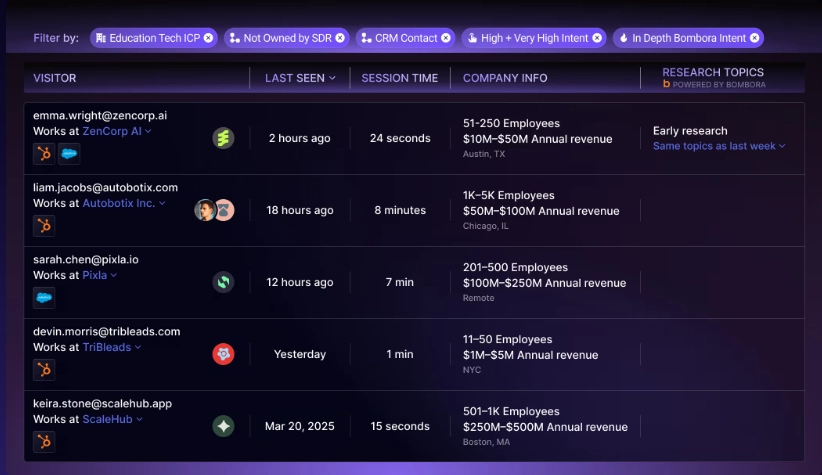




![10 Best AI Lead Scoring Tools & Software [October 2025]](https://cdn.prod.website-files.com/6506fc5785bd592c468835e0/68dd29818db75503e830eed9_ai_lead_scoring_tools.webp)


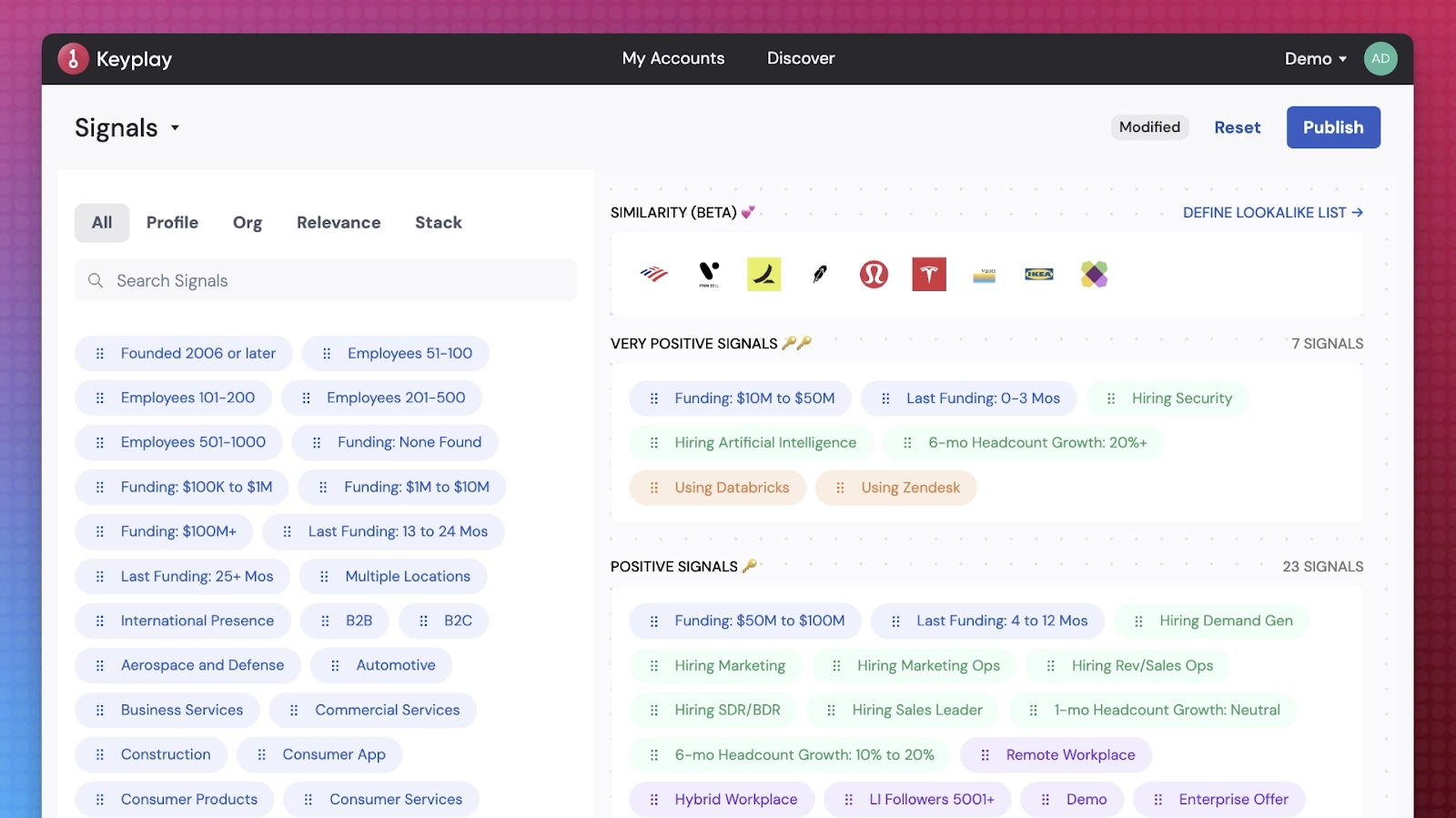
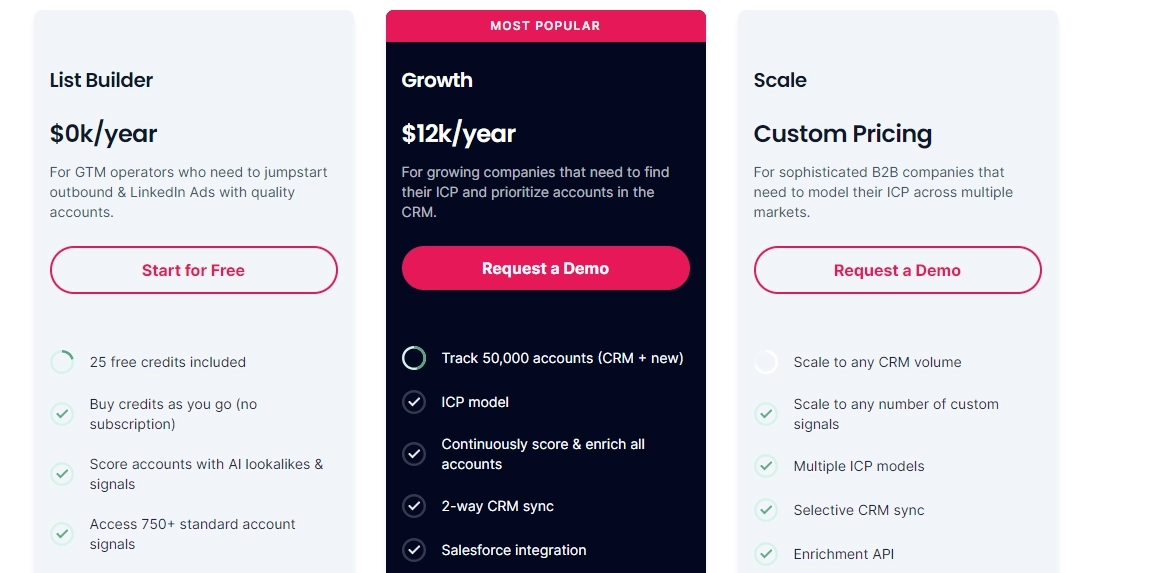
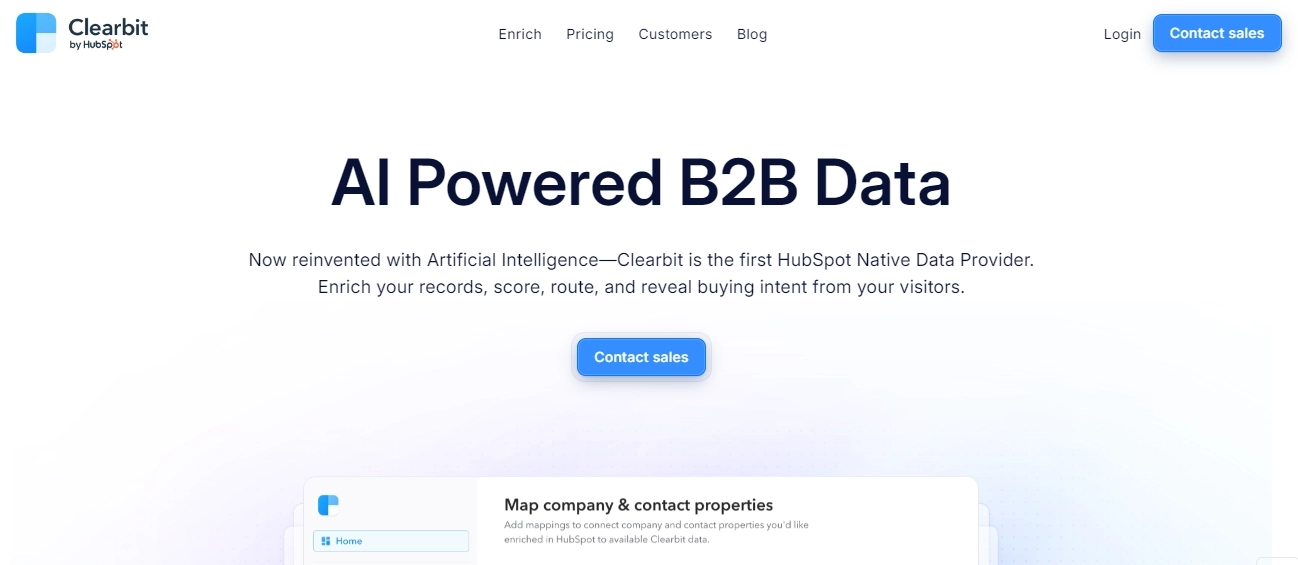
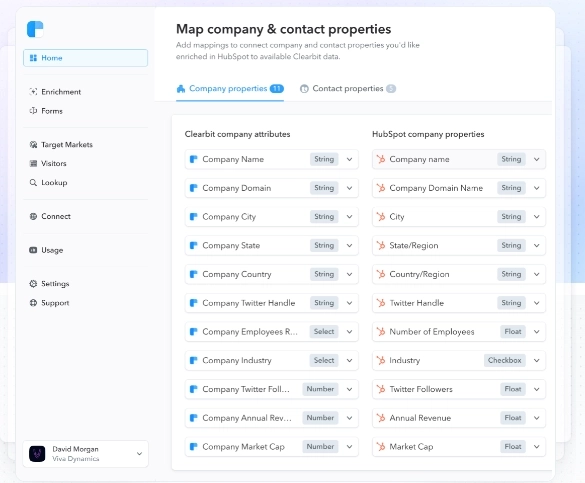

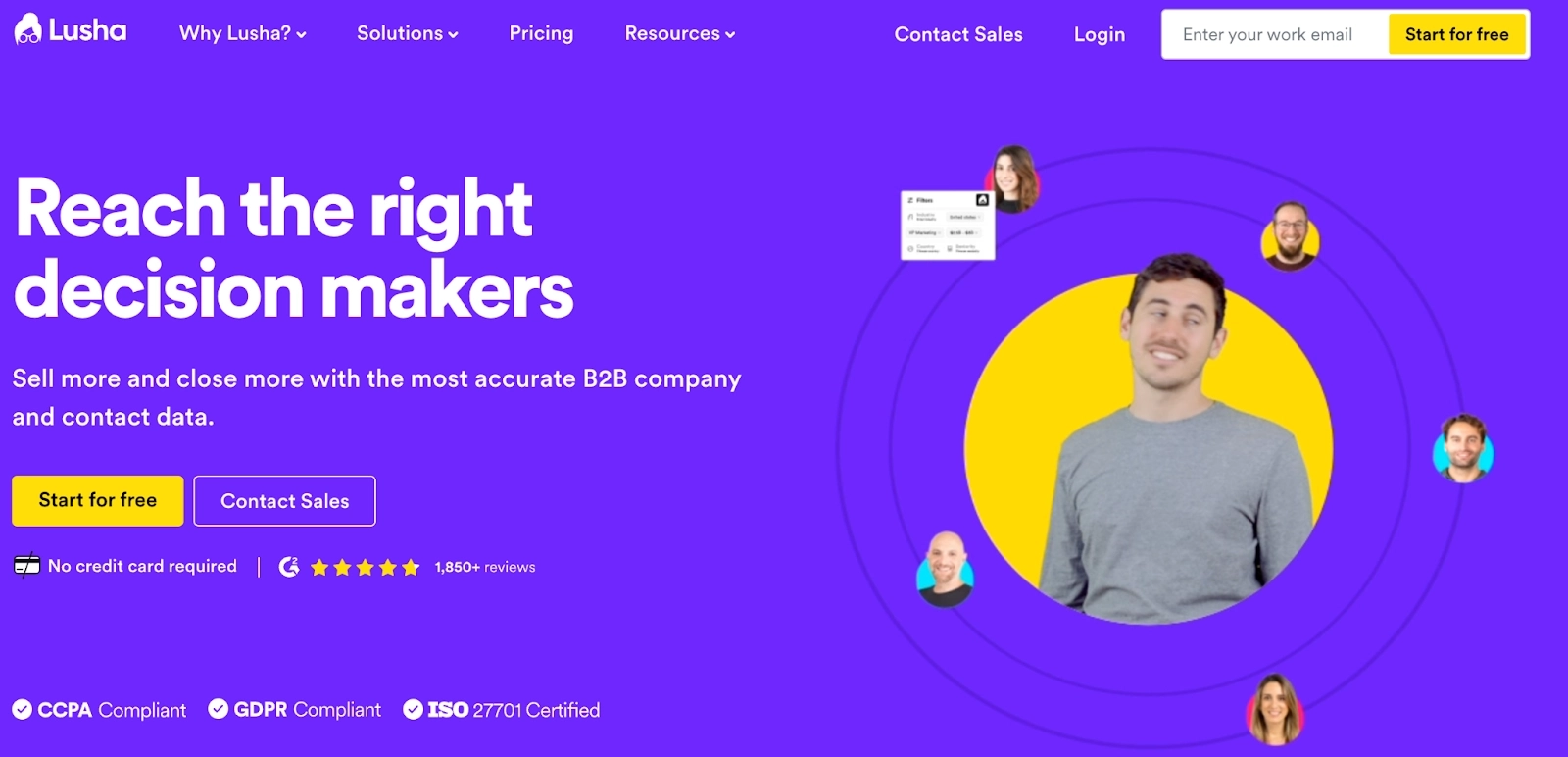
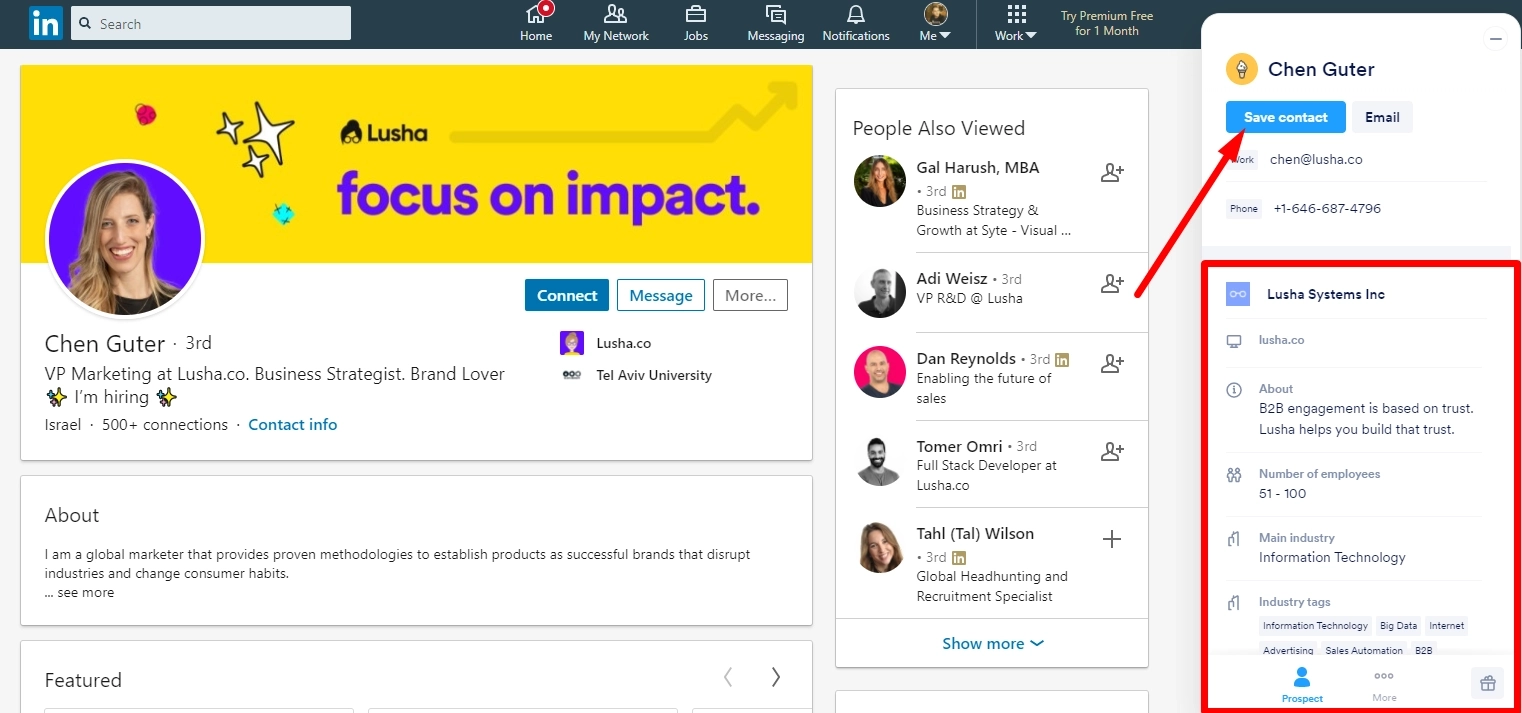
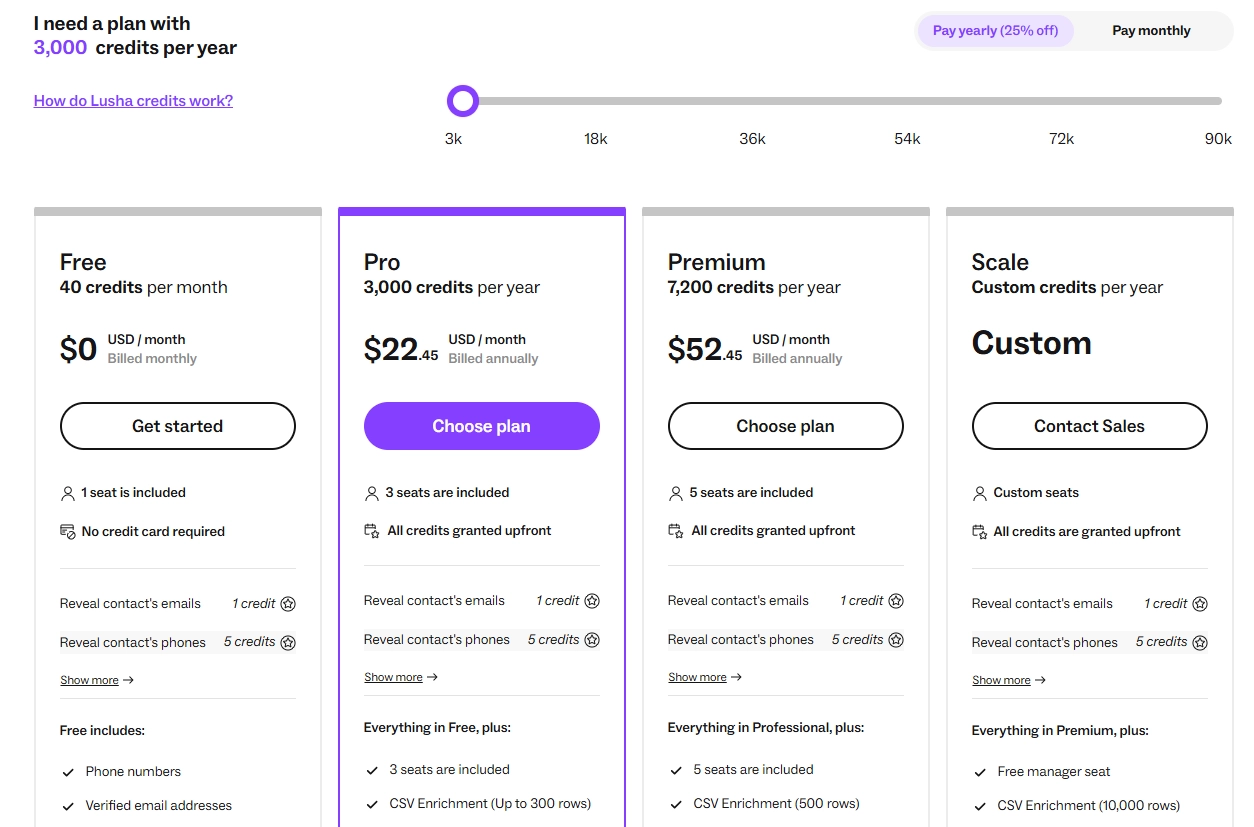
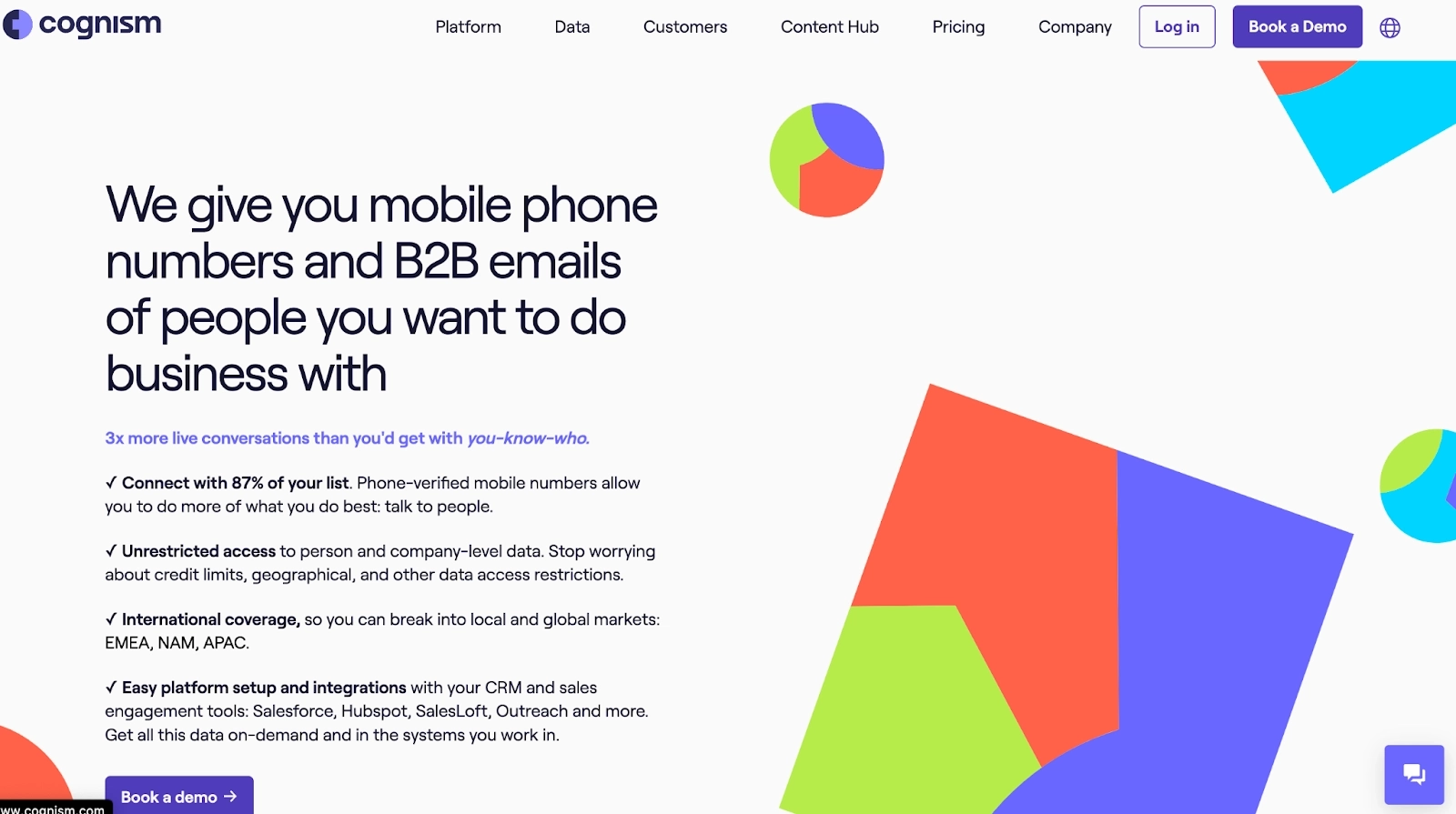
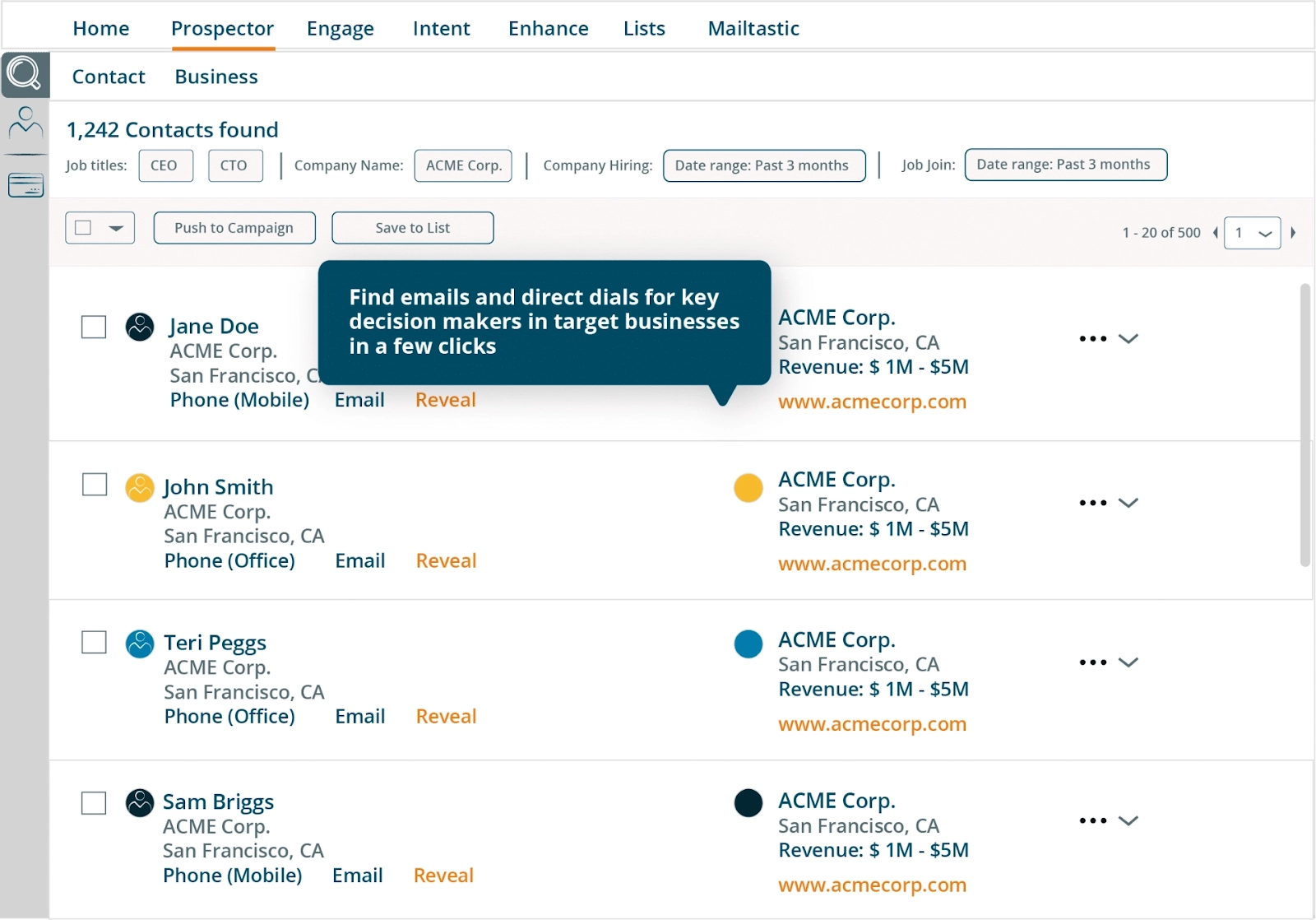
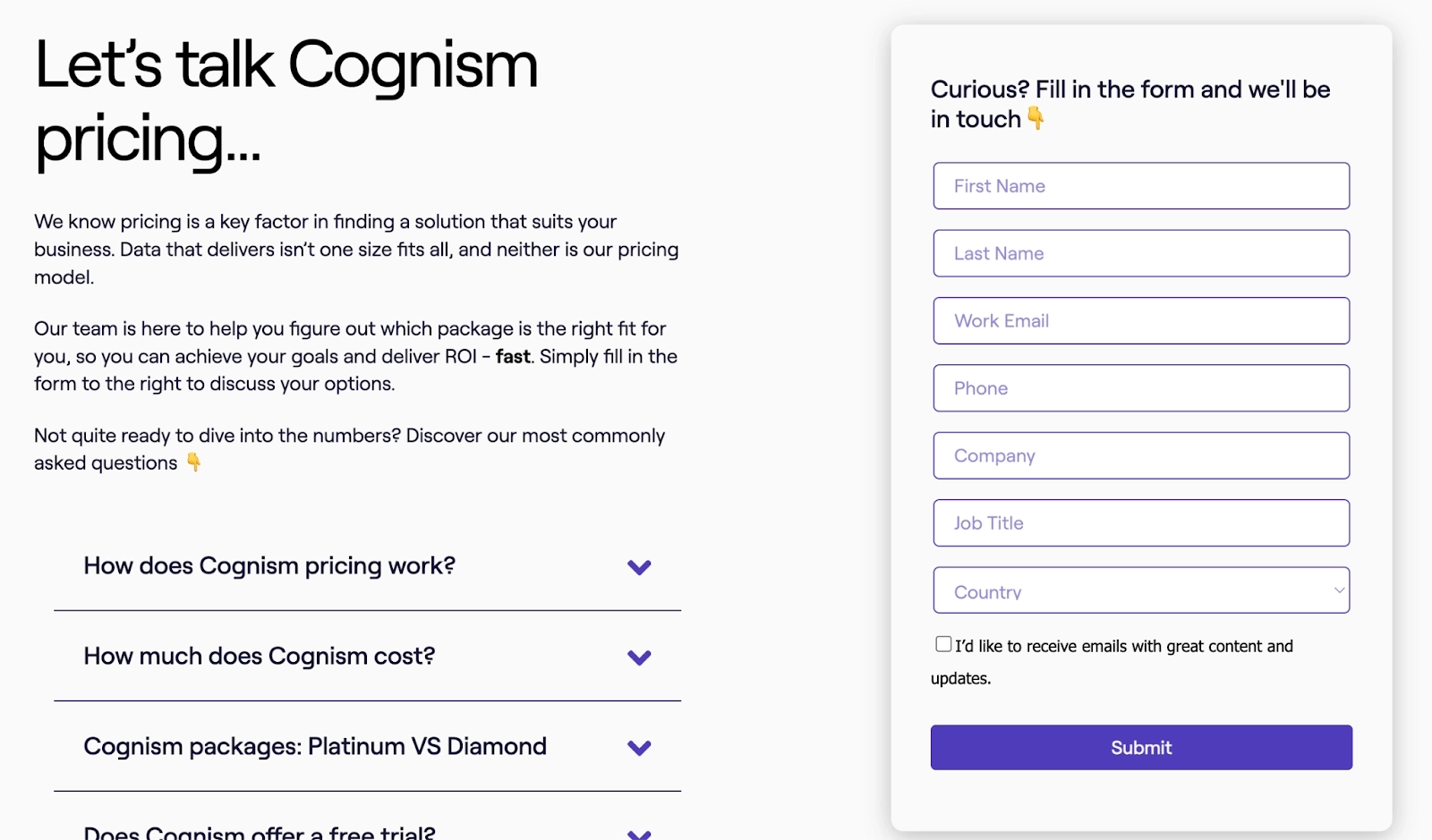
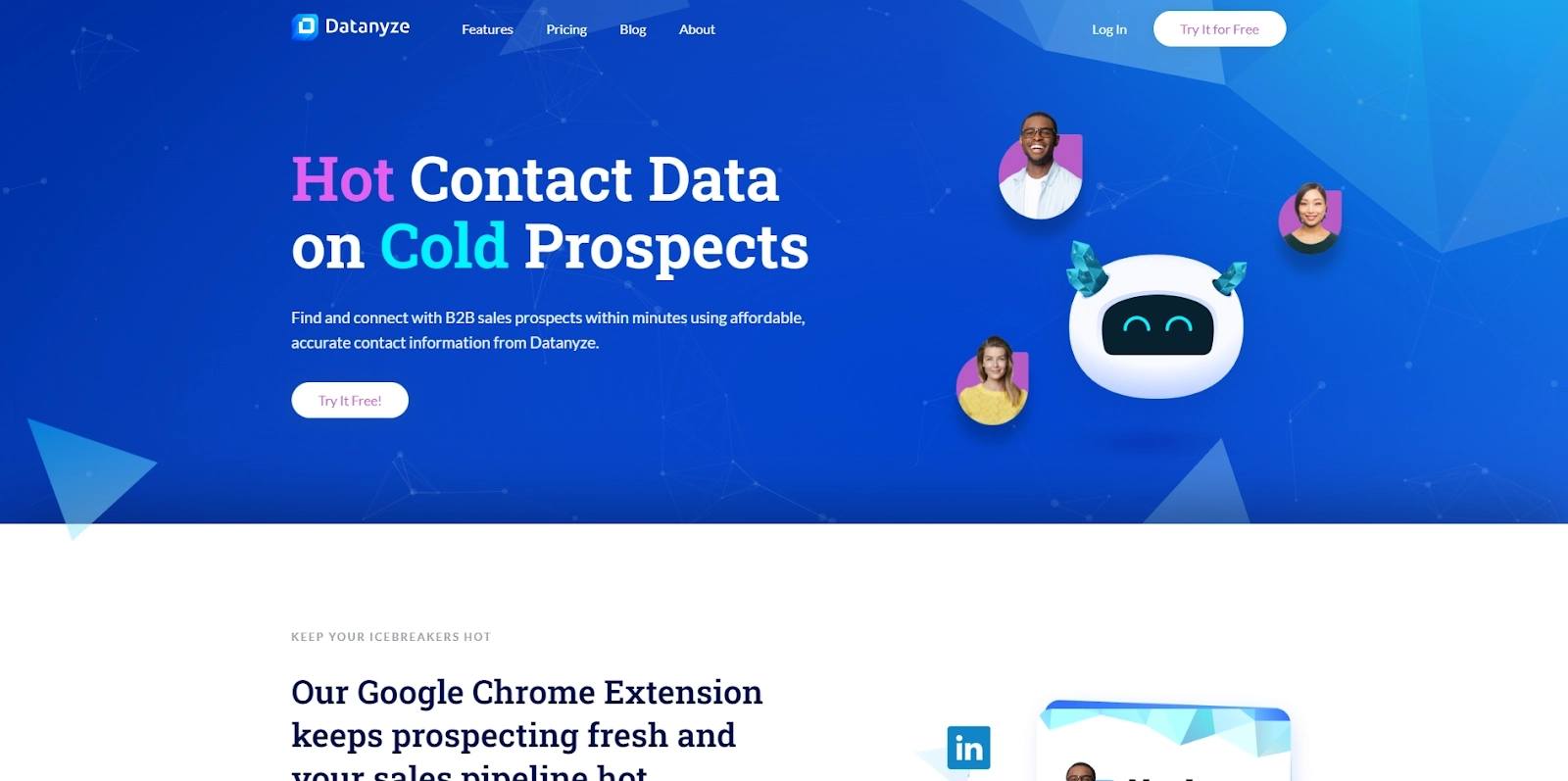

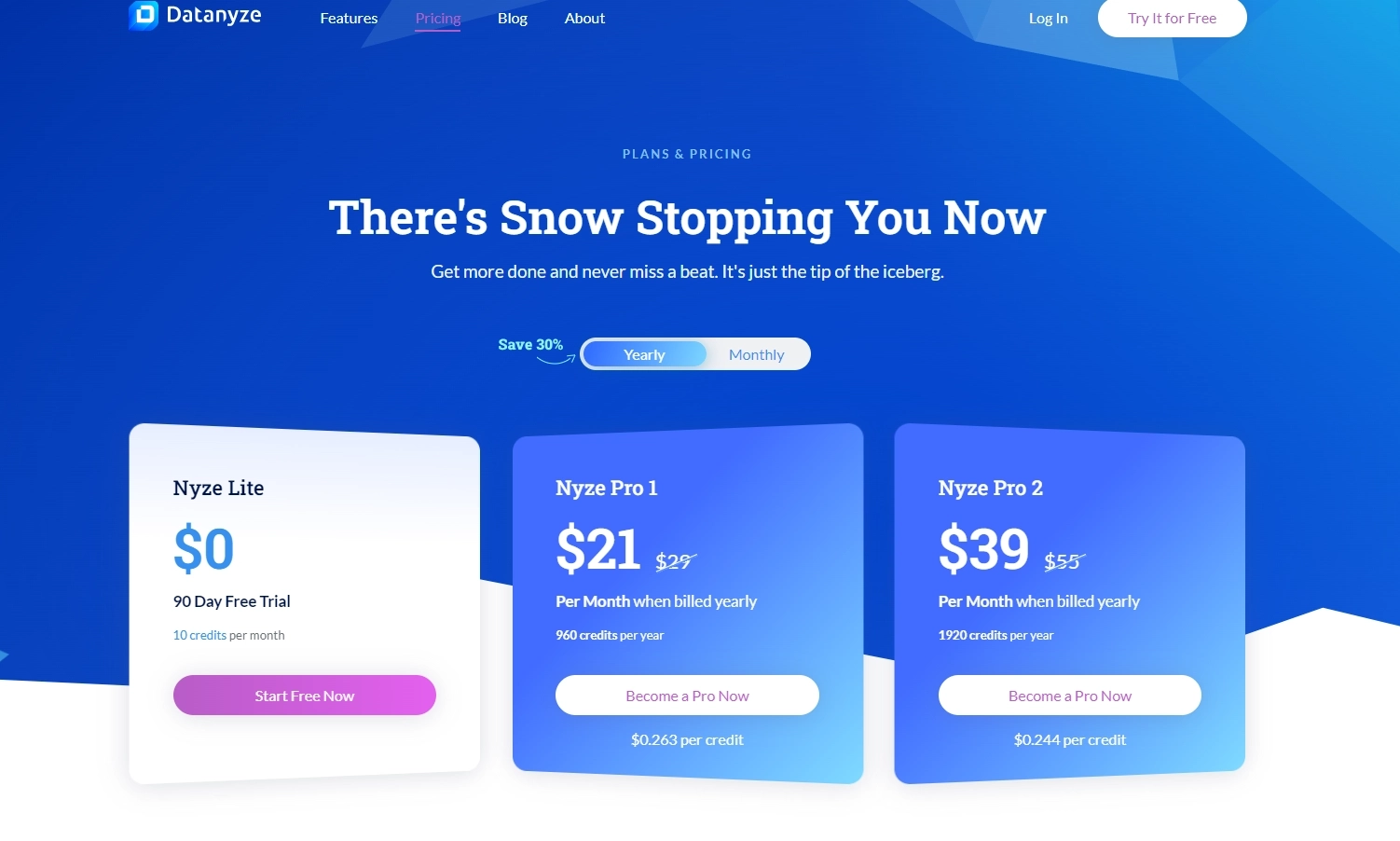
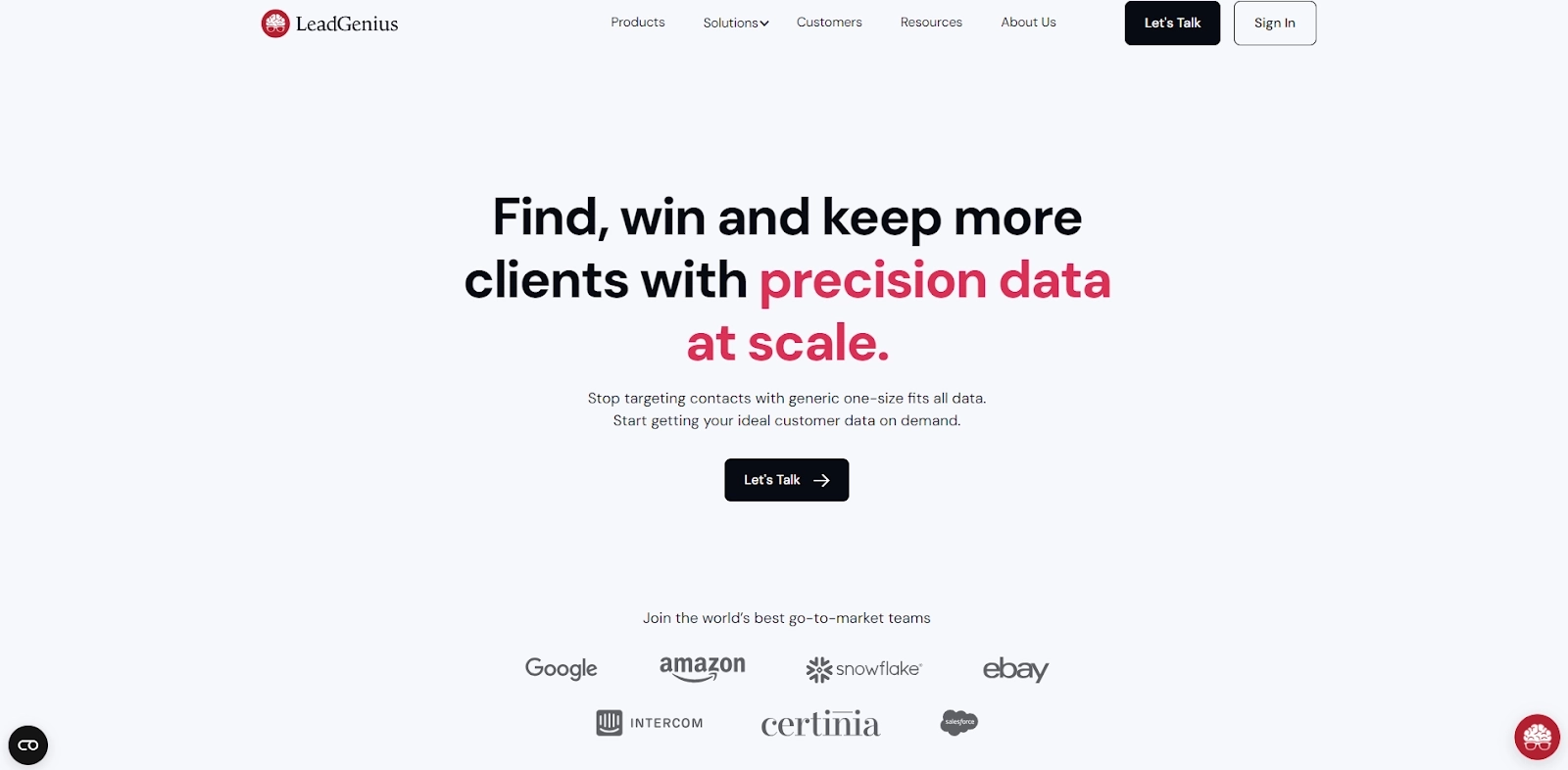


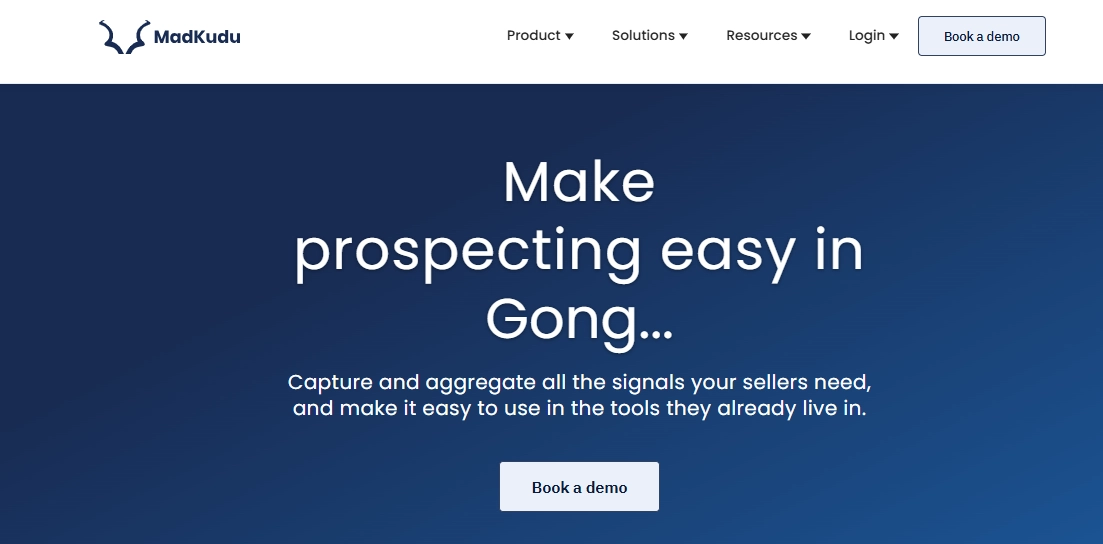


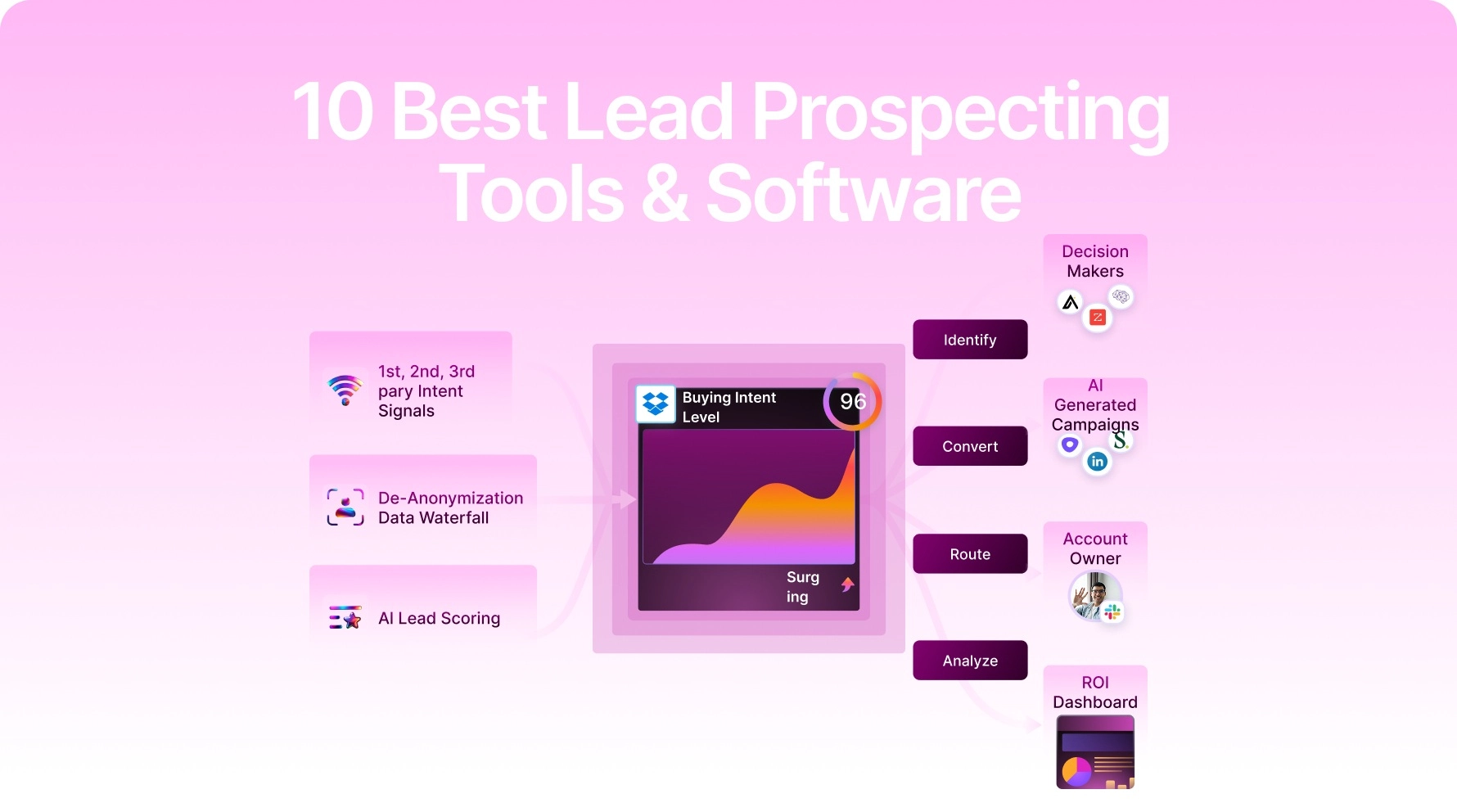
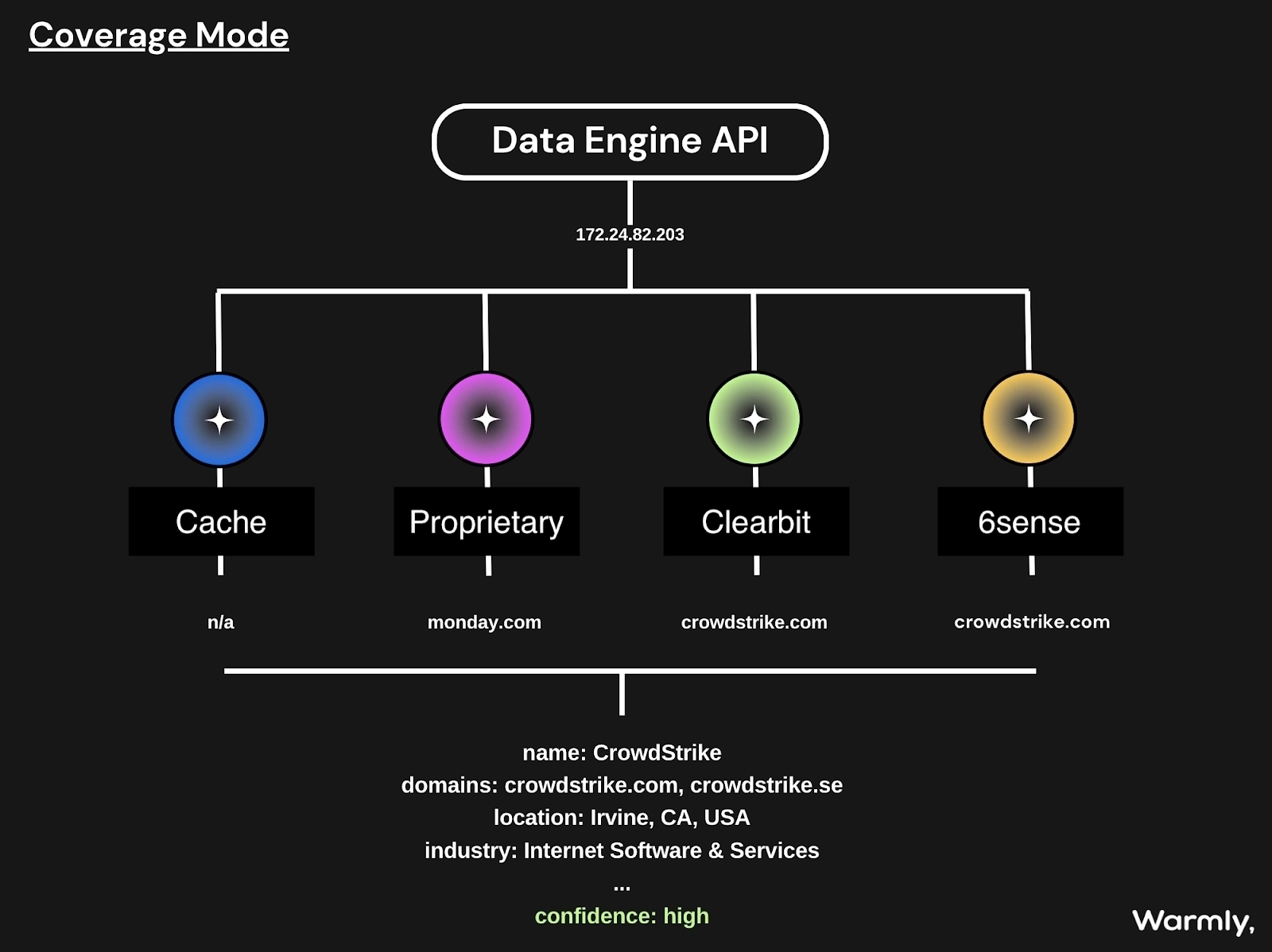

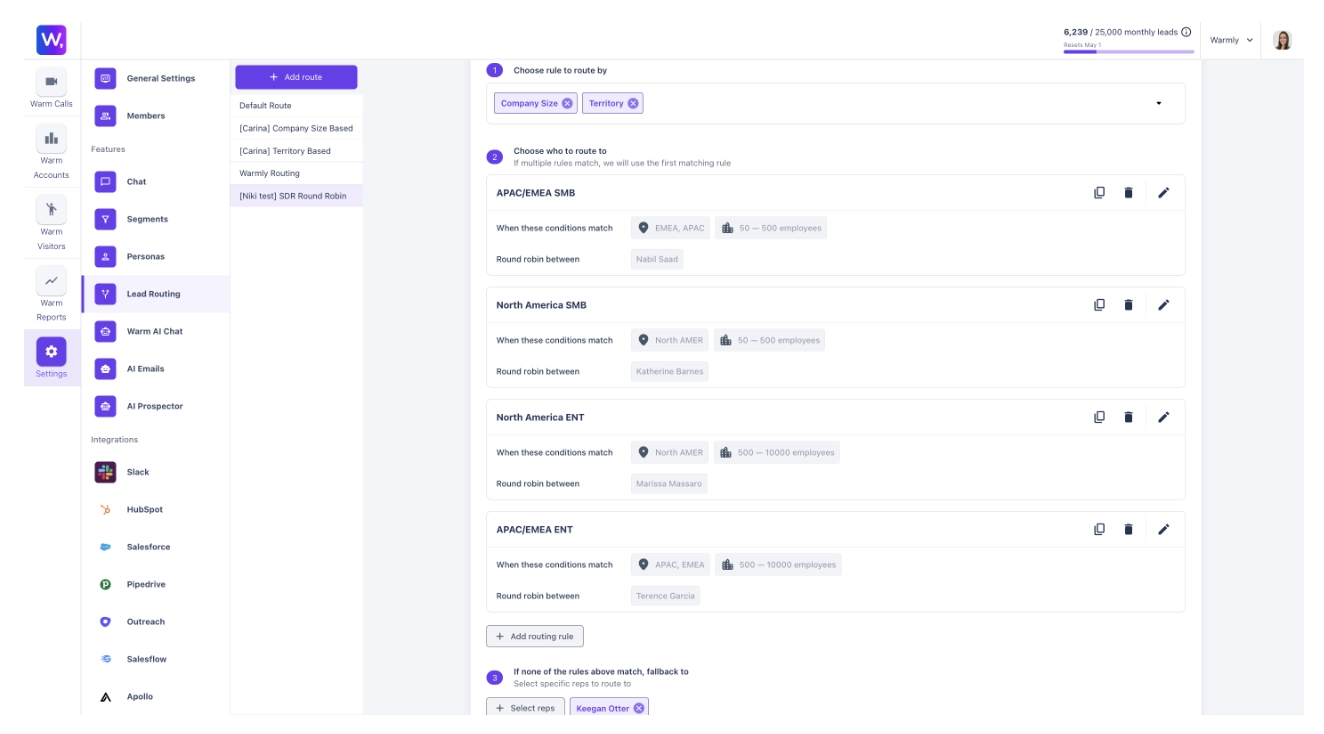
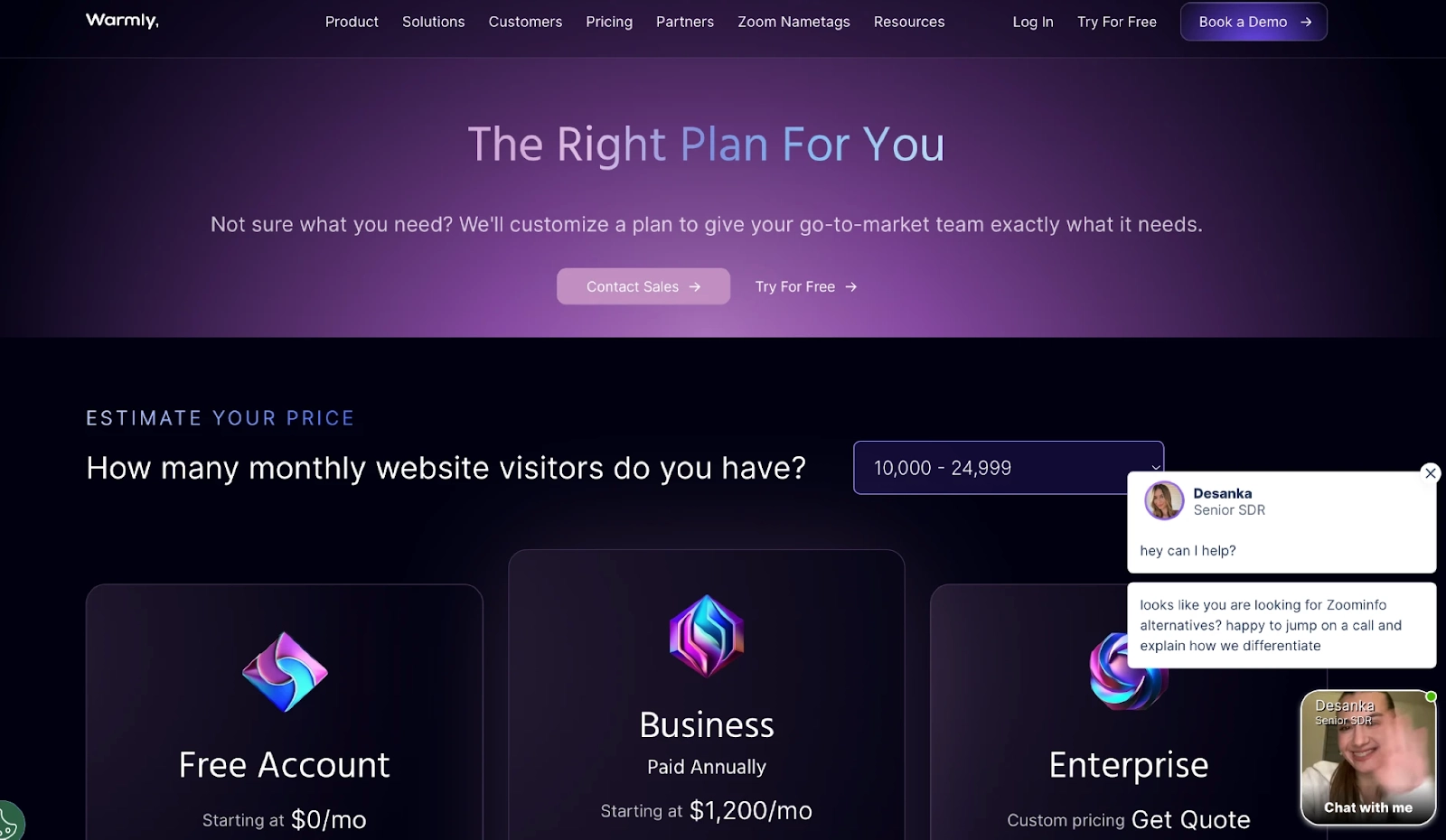















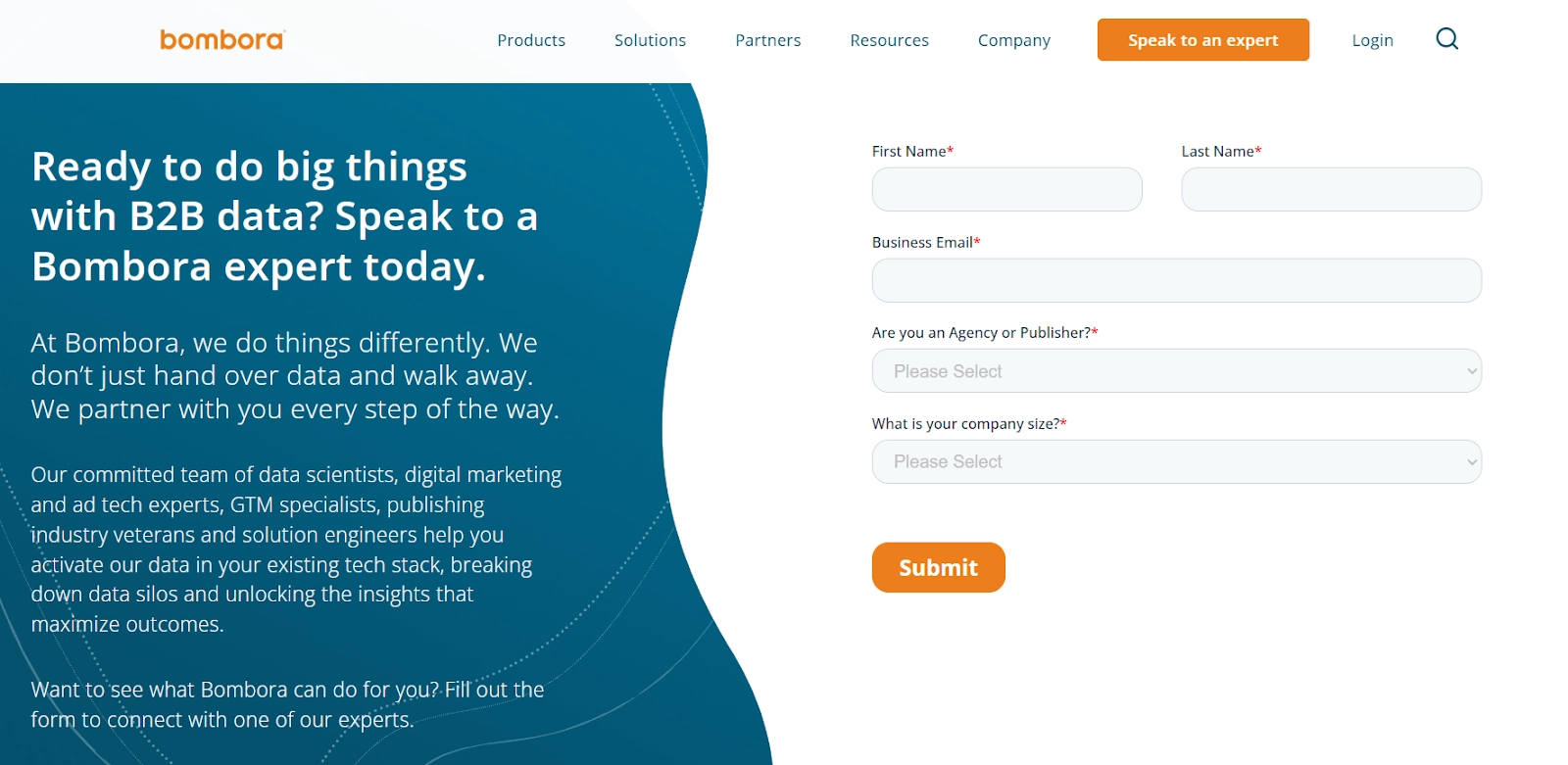







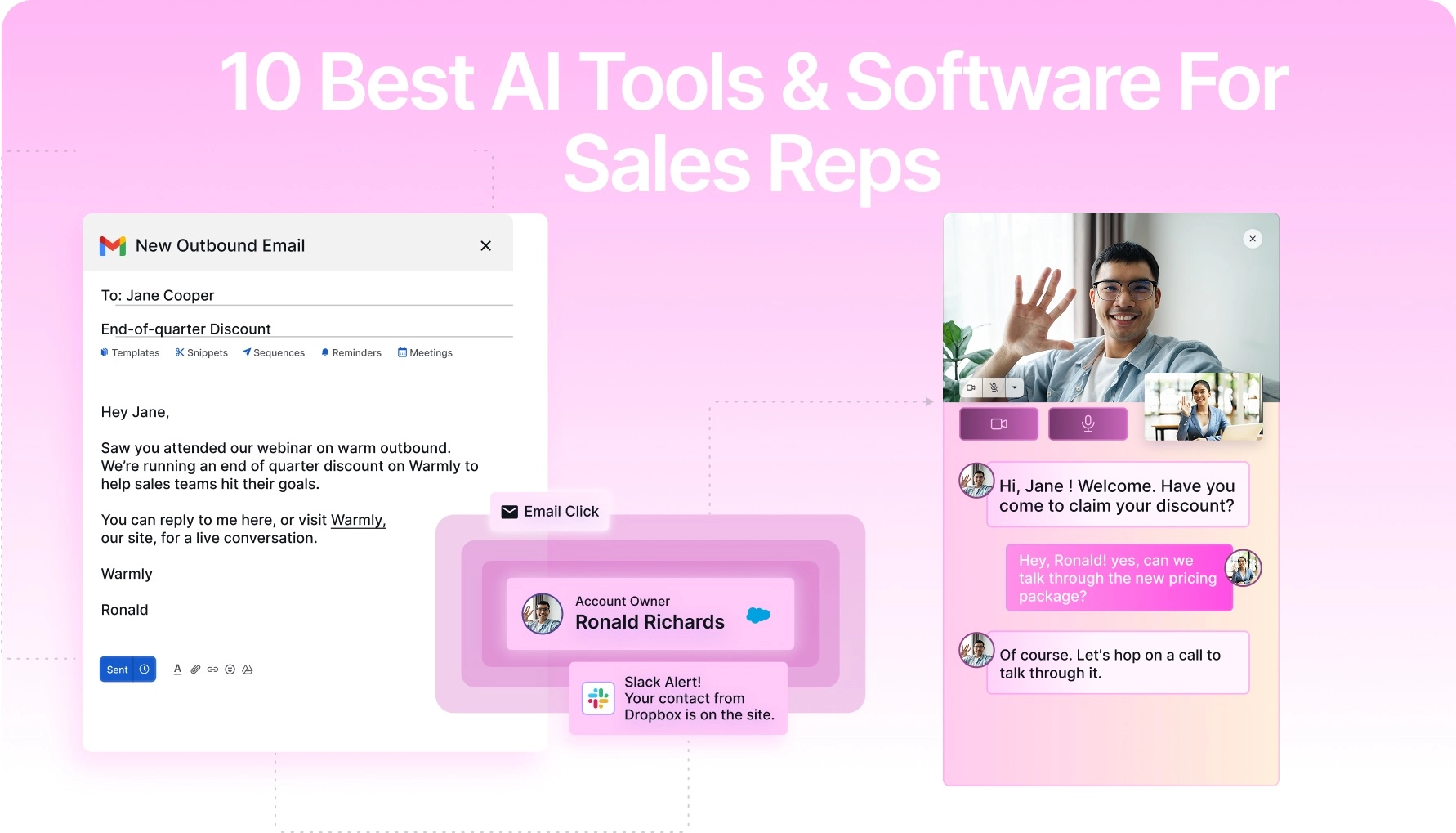






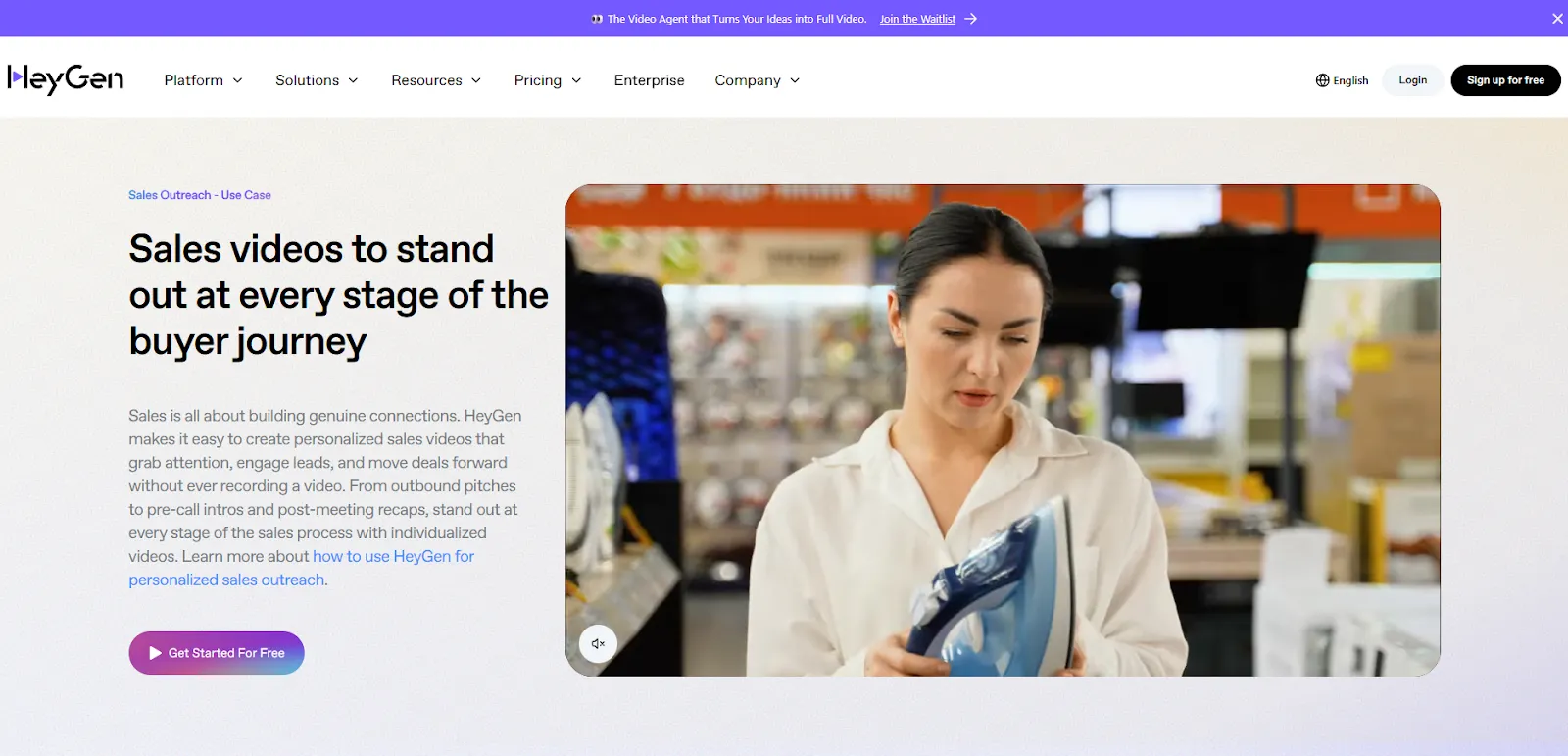
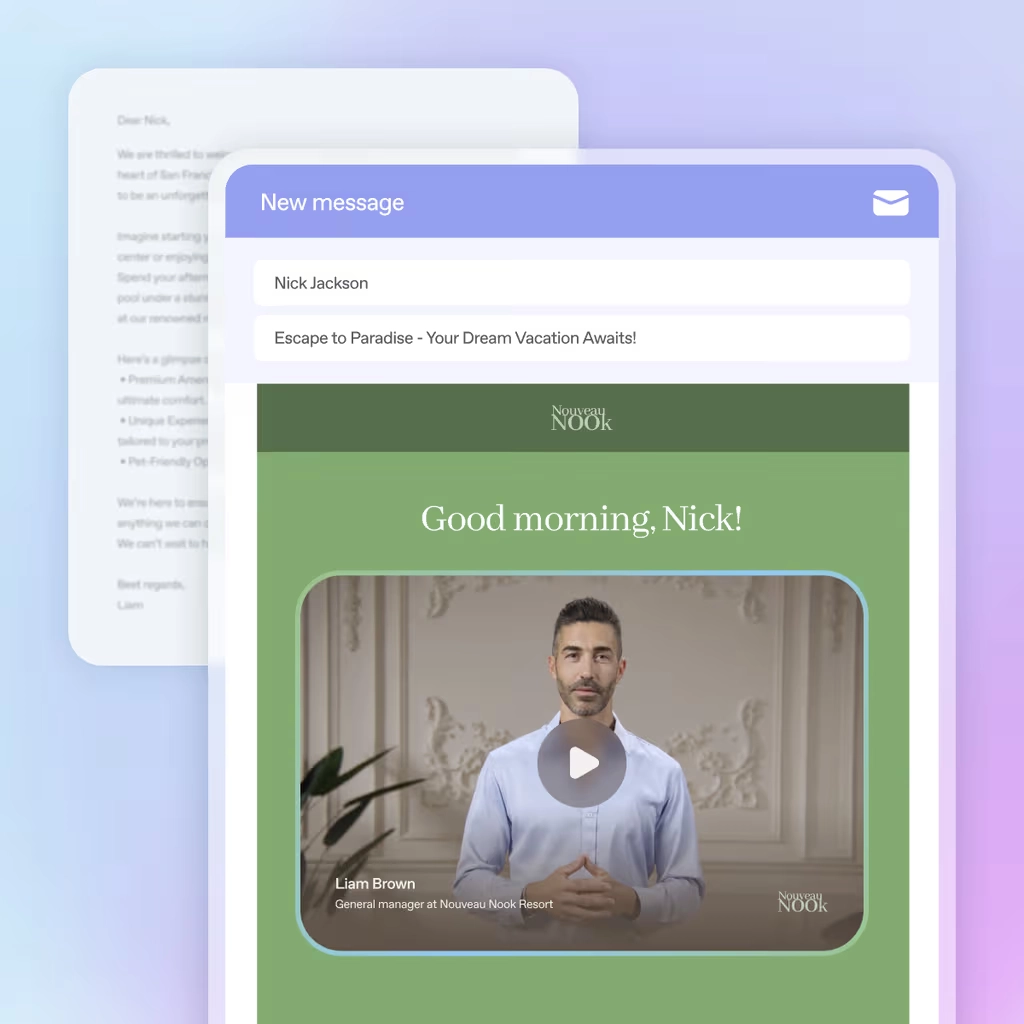
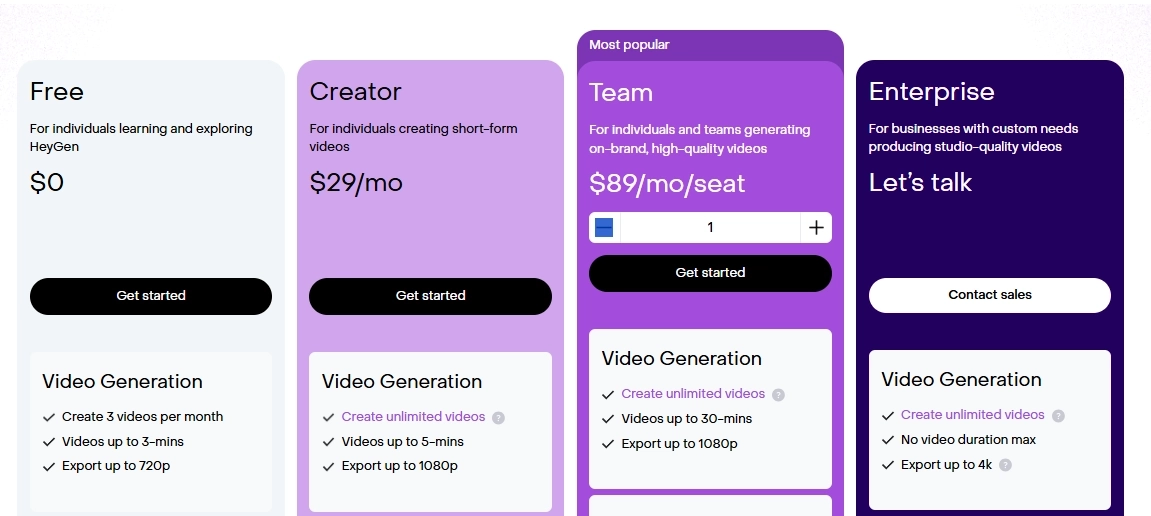






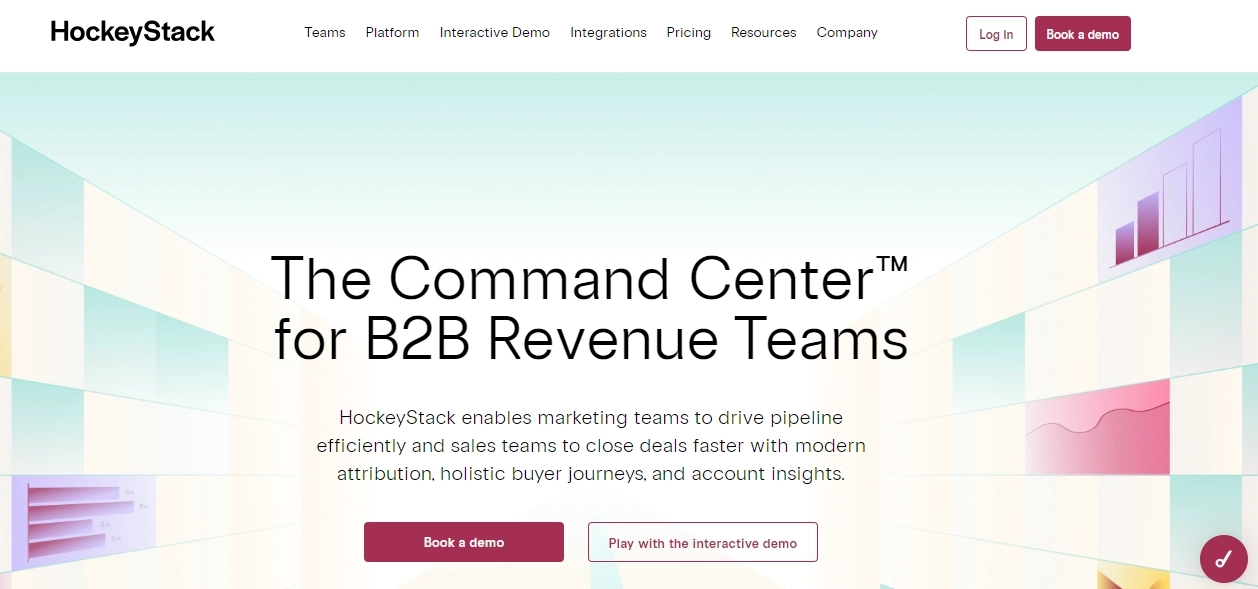
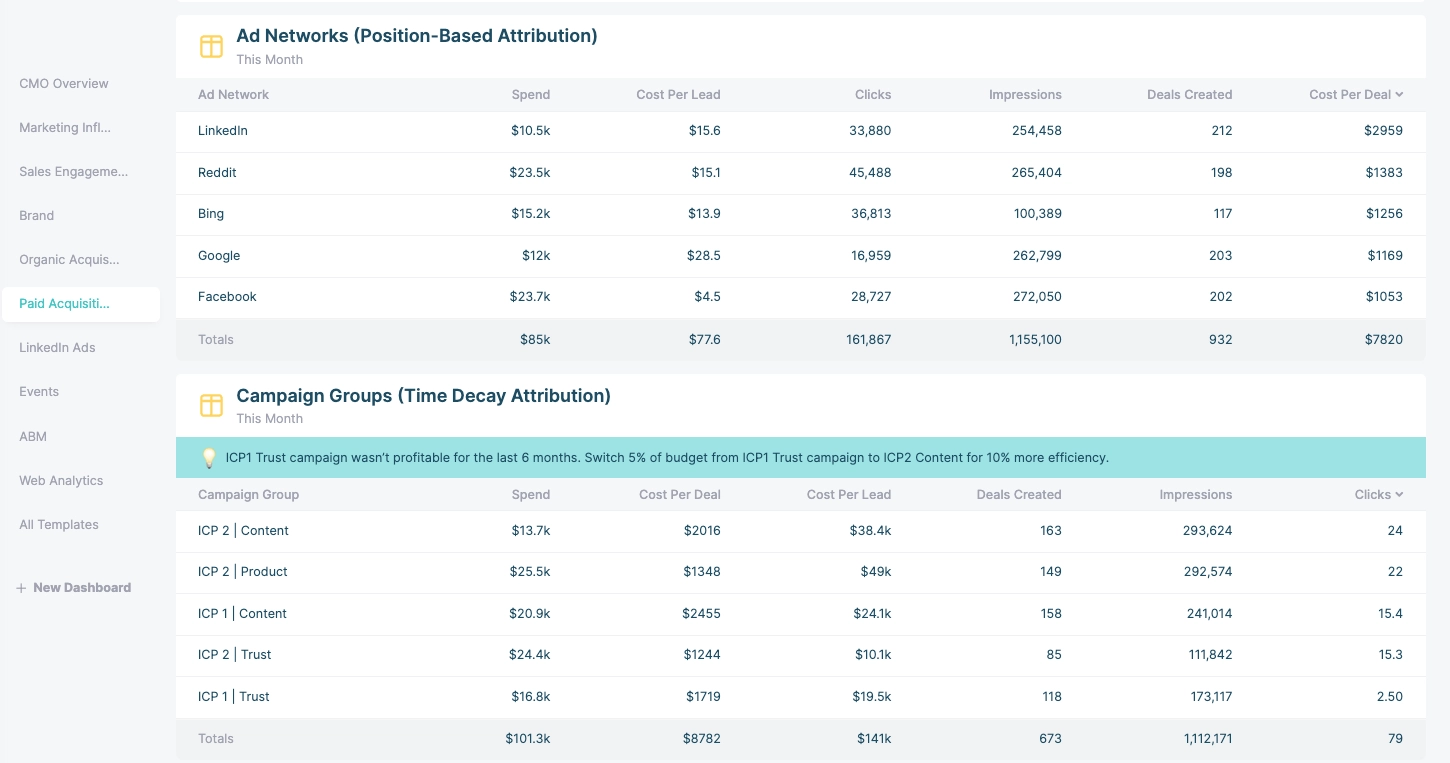



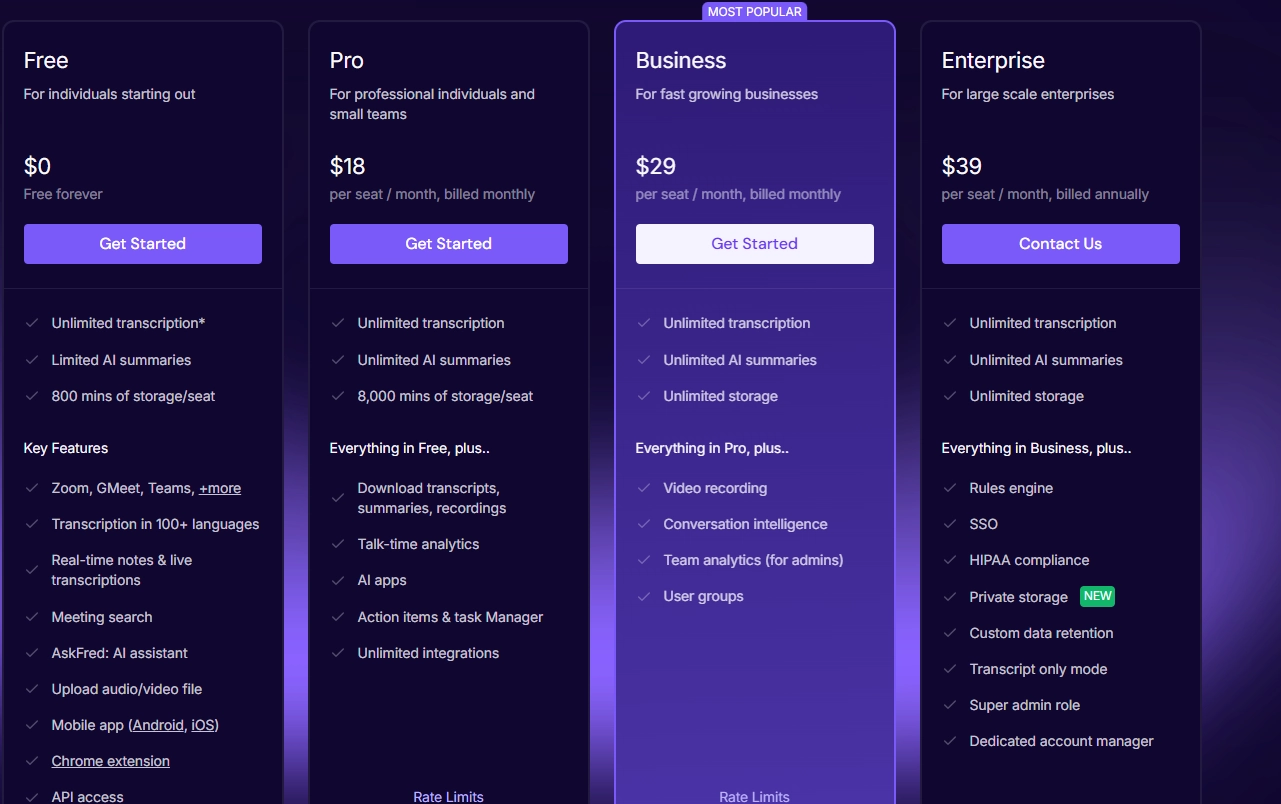
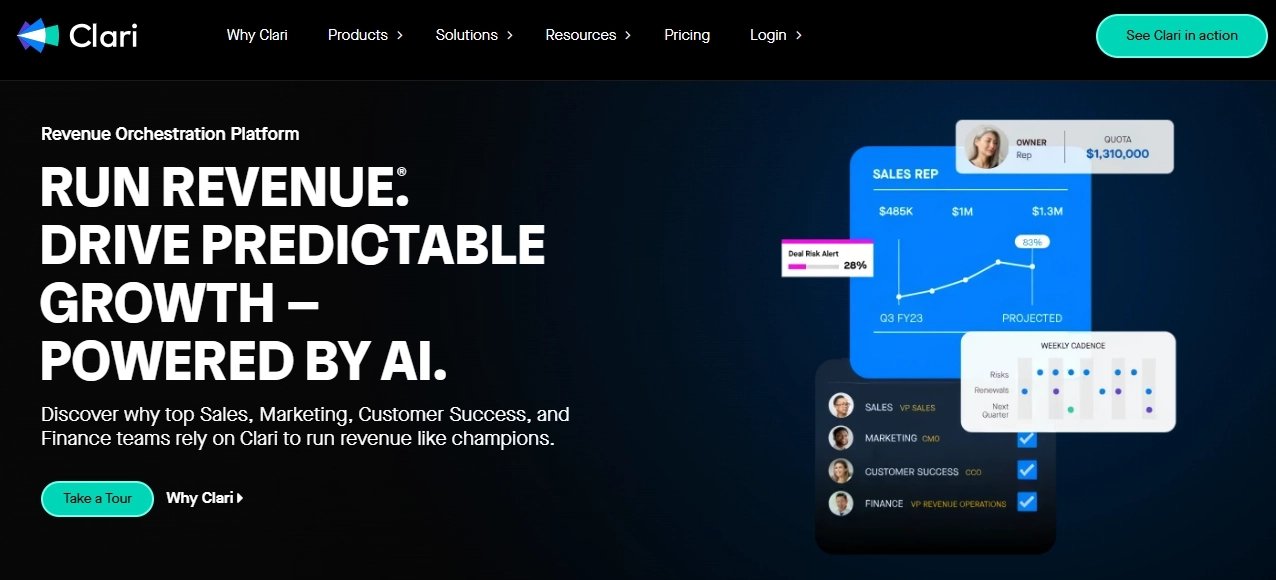
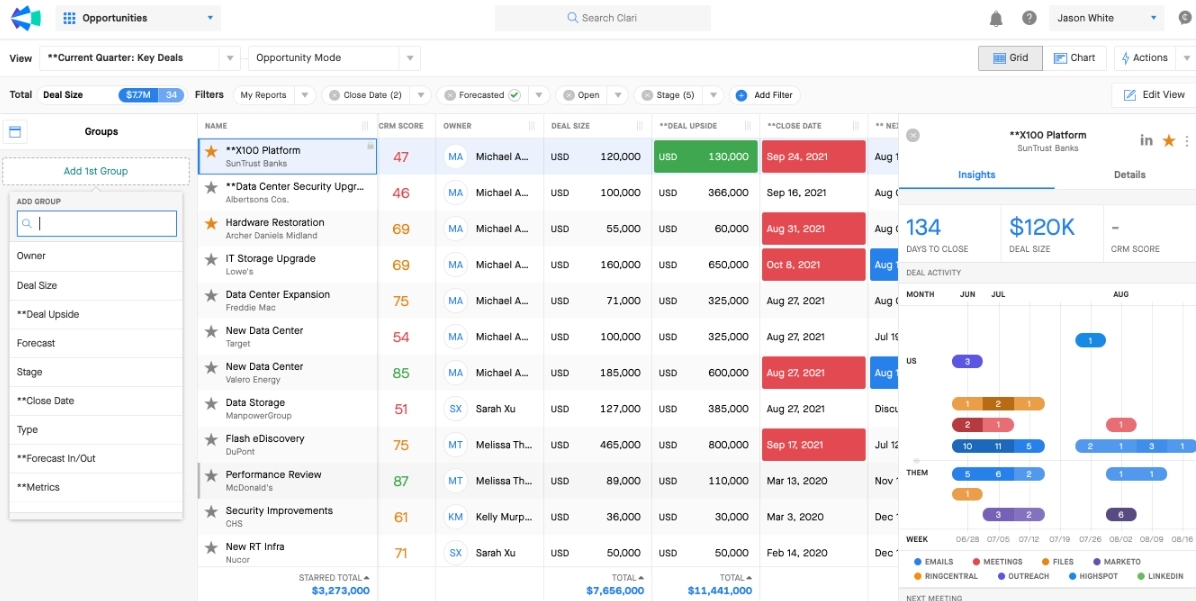
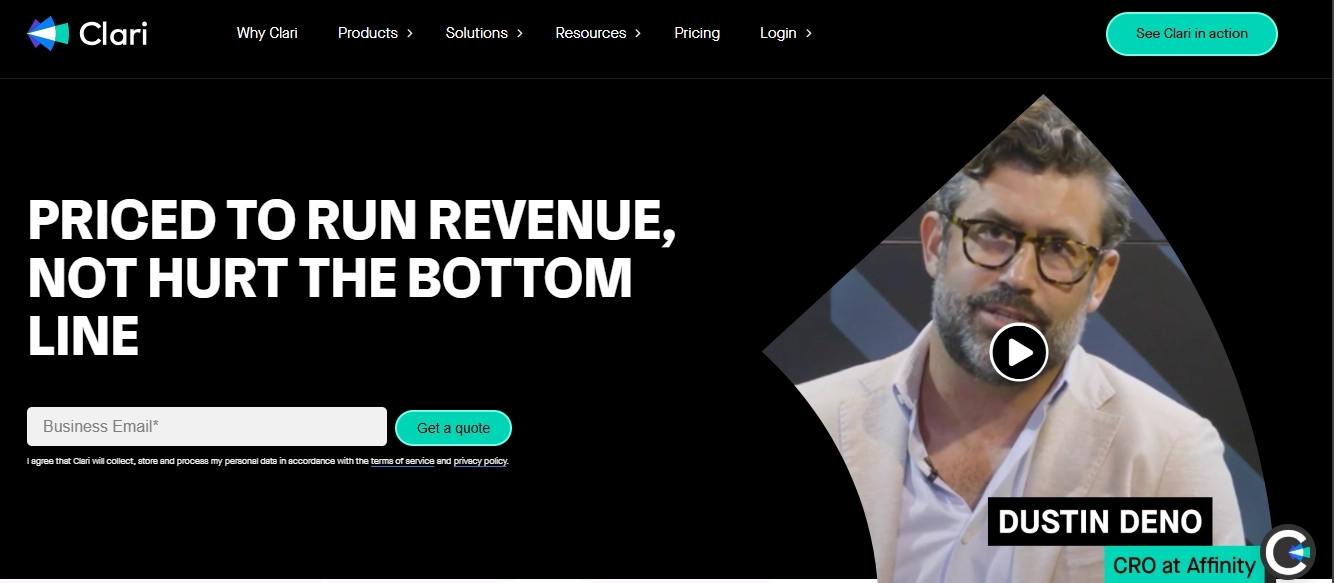

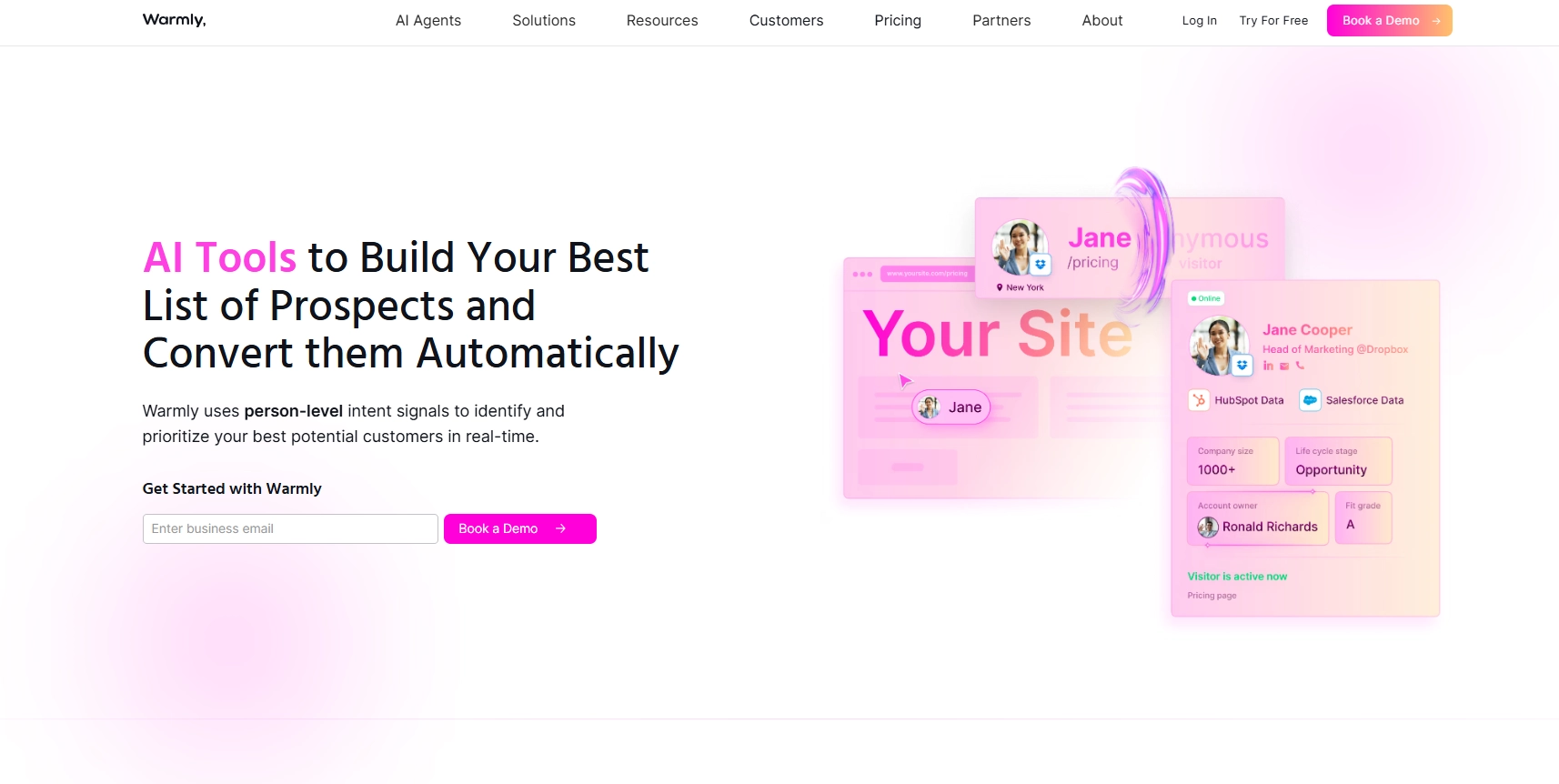
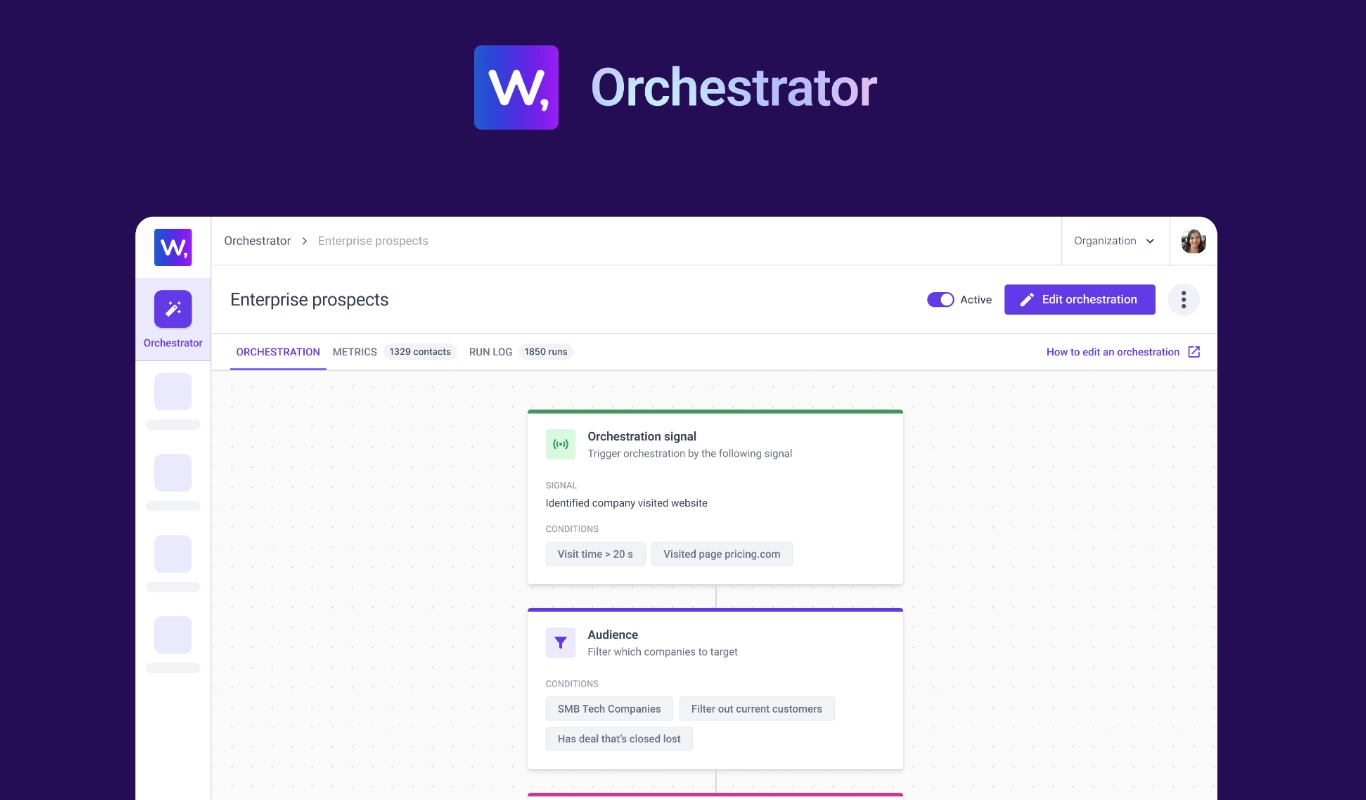



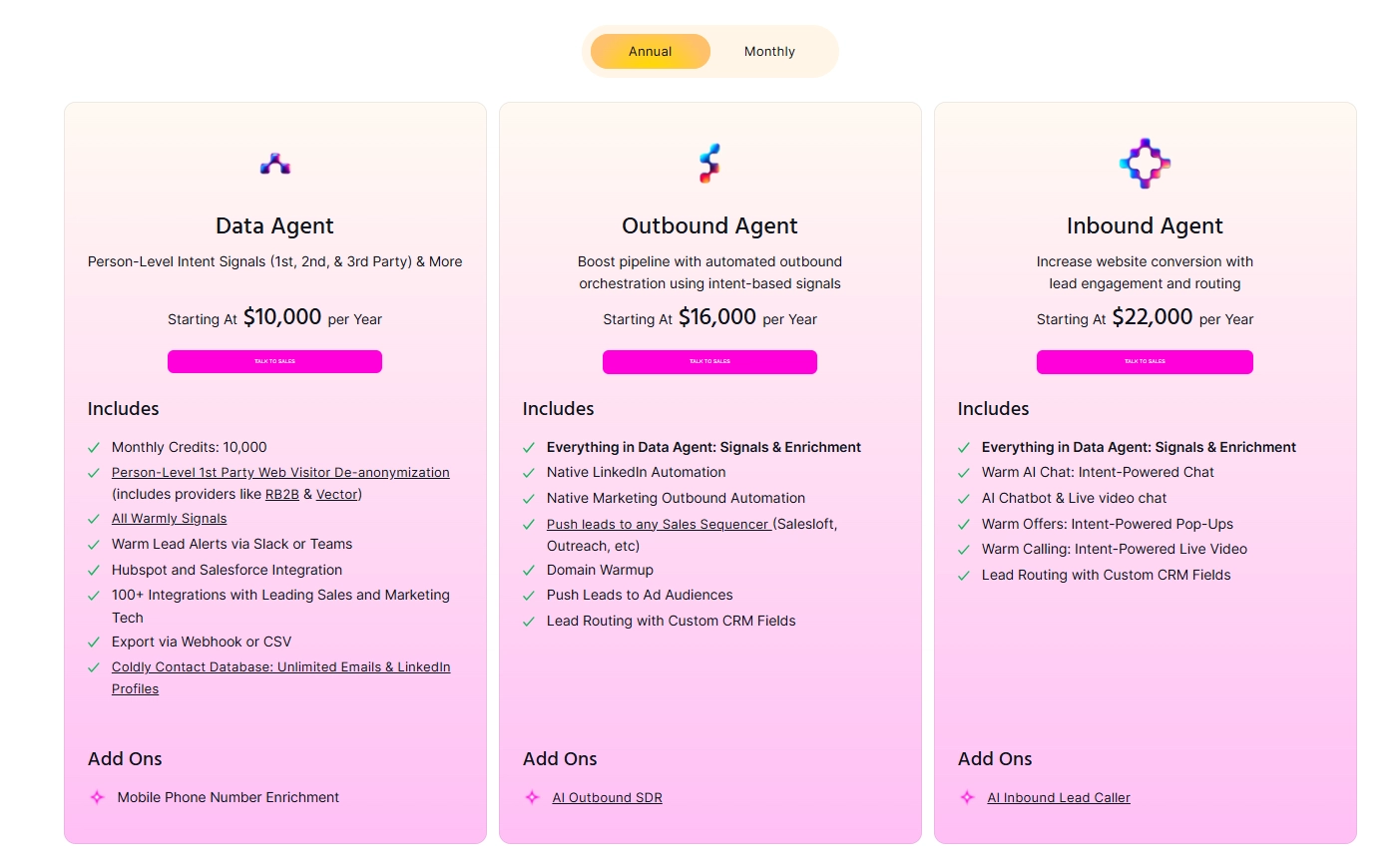
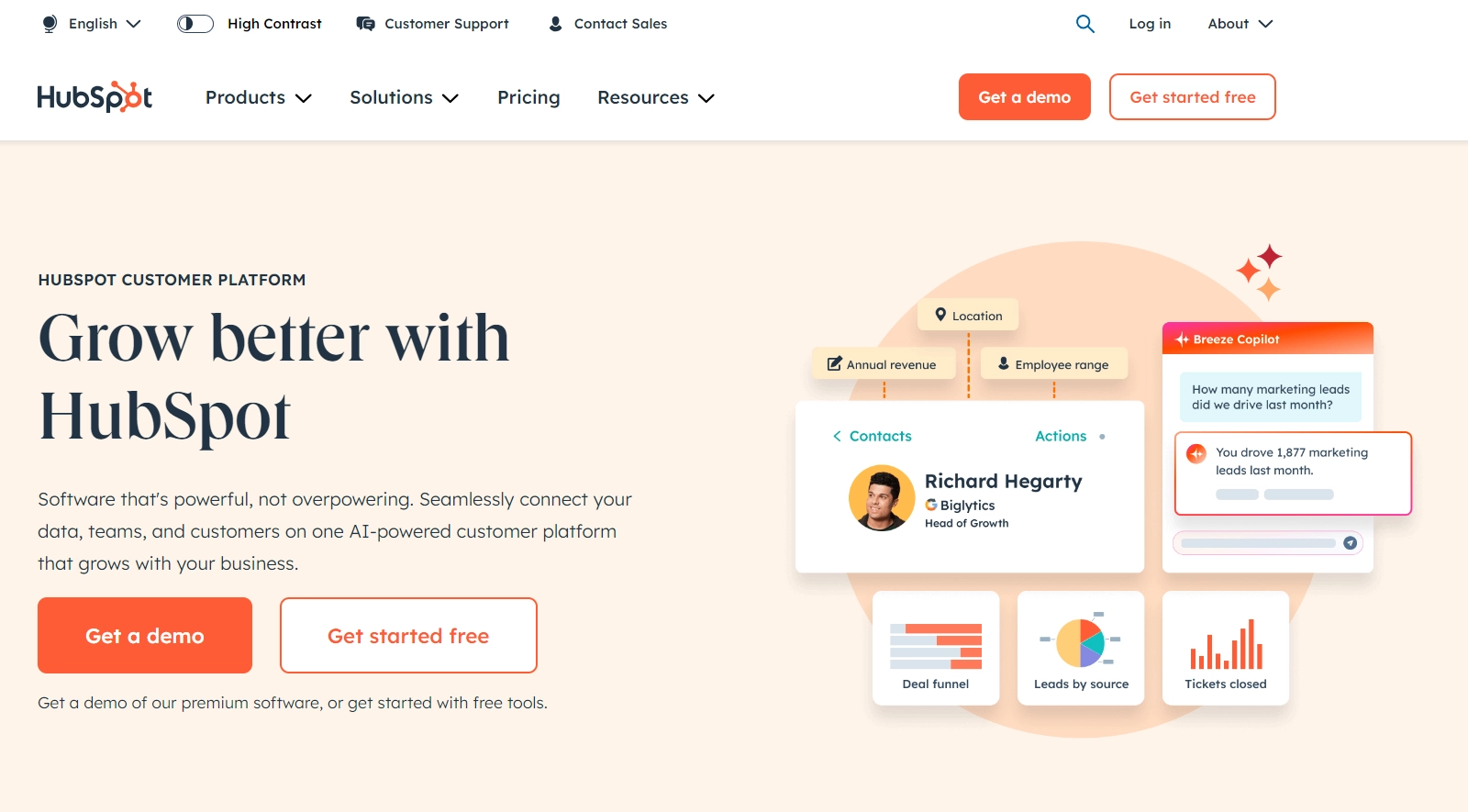
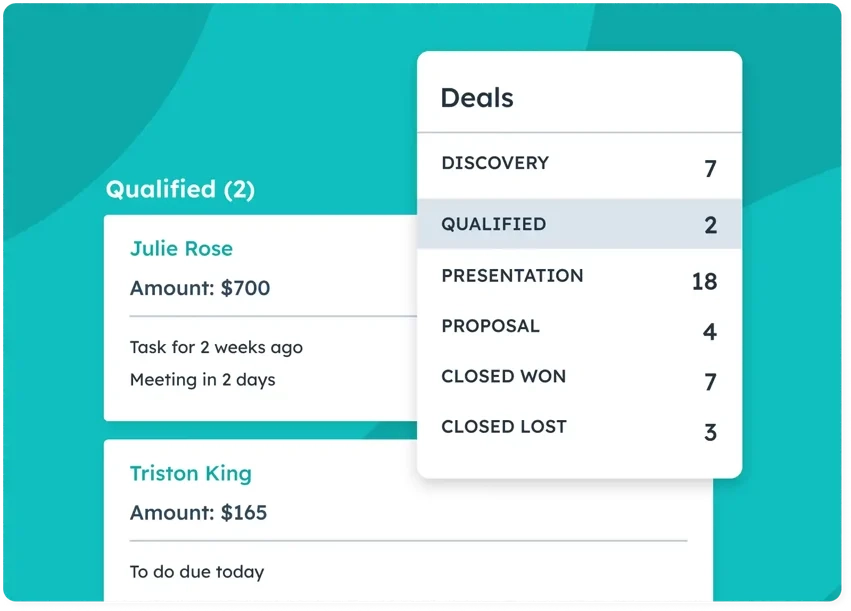
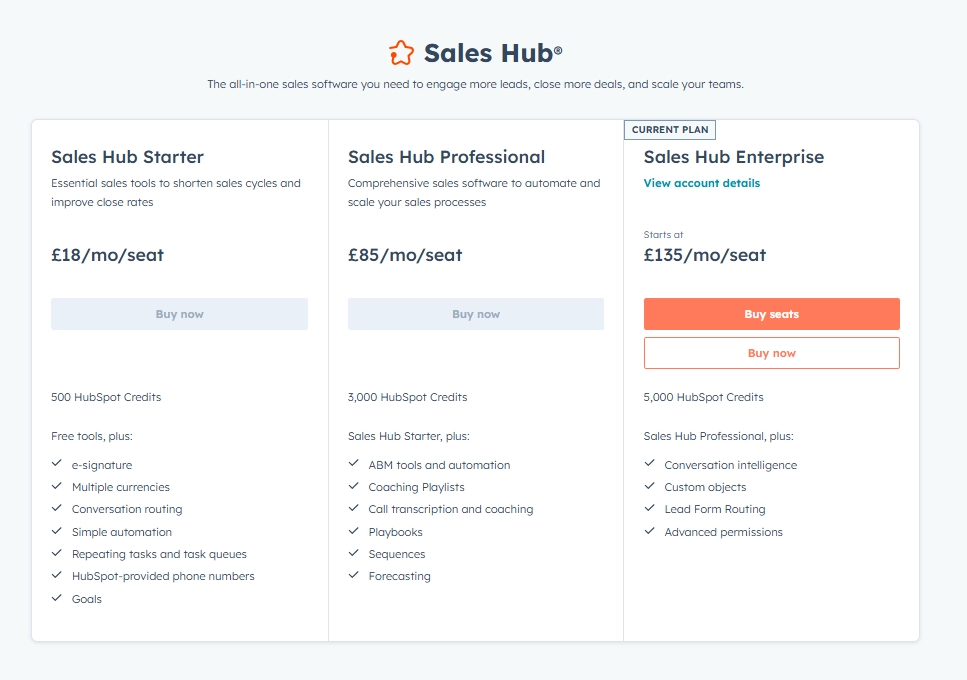
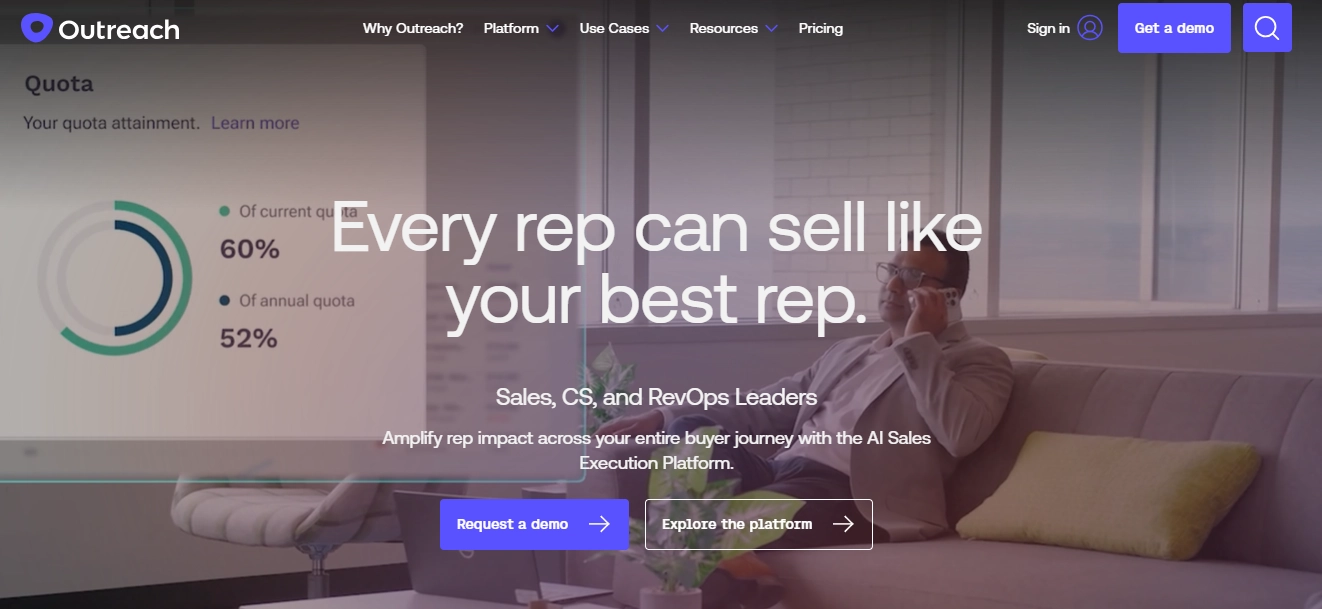


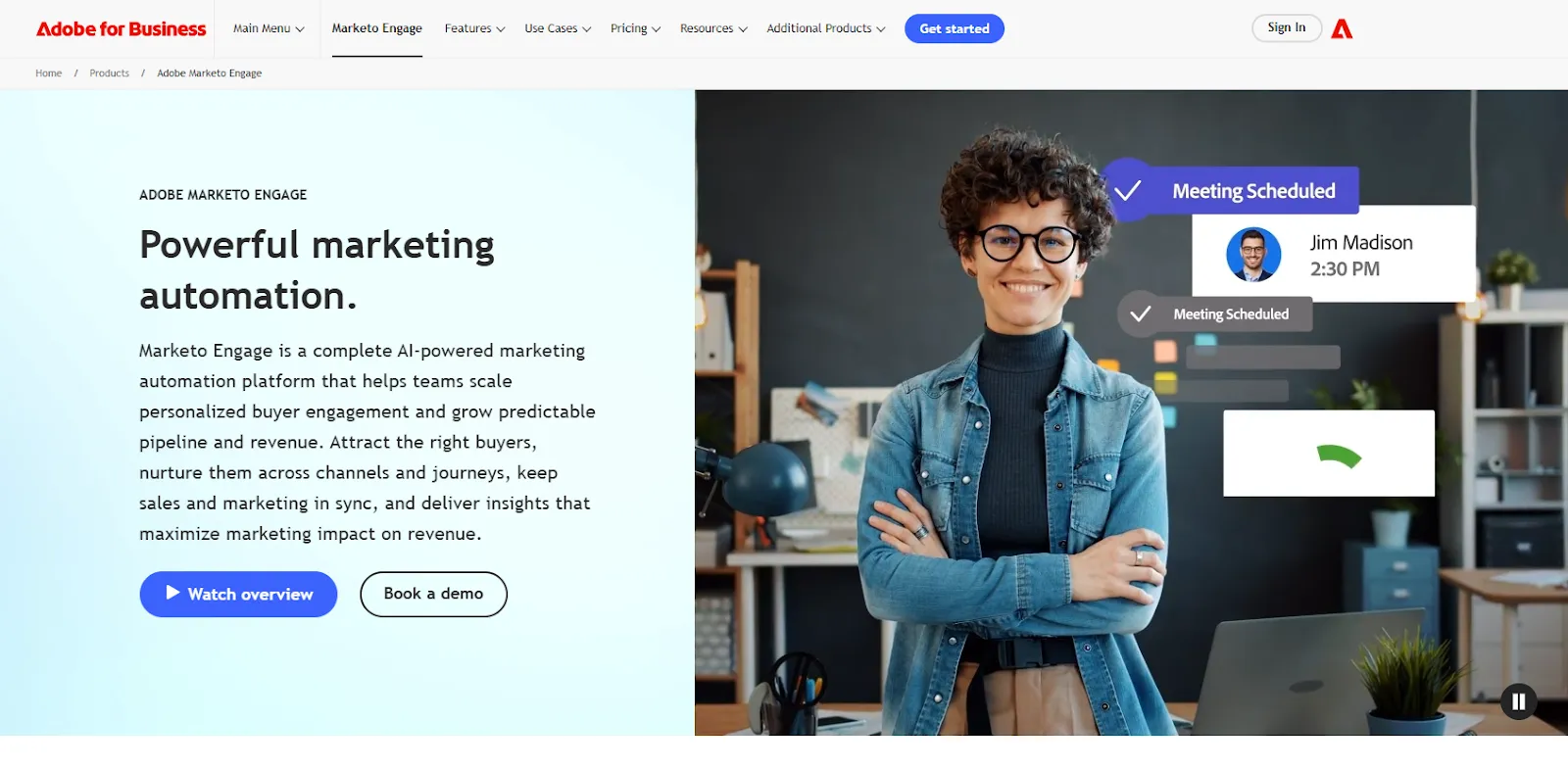
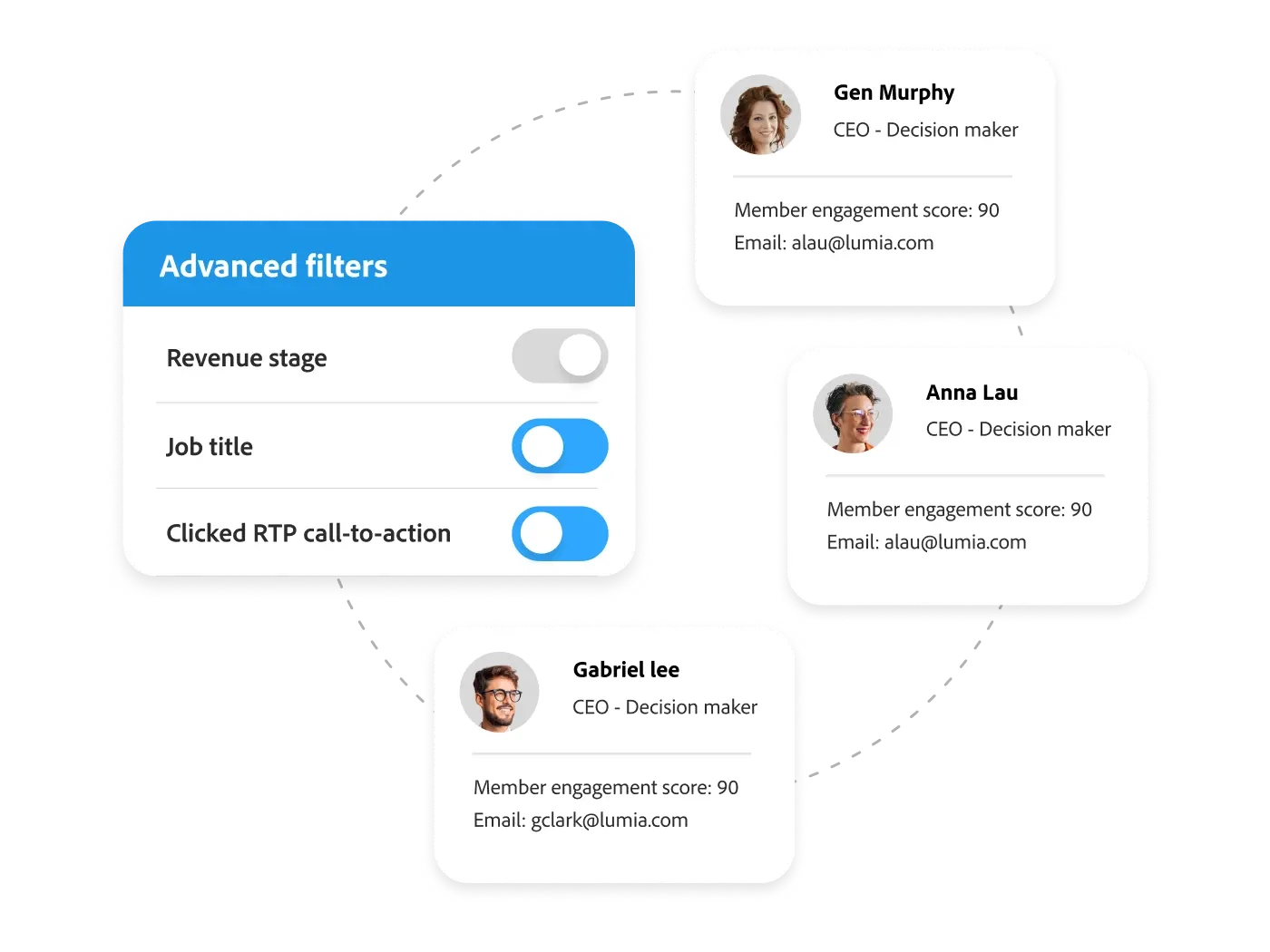
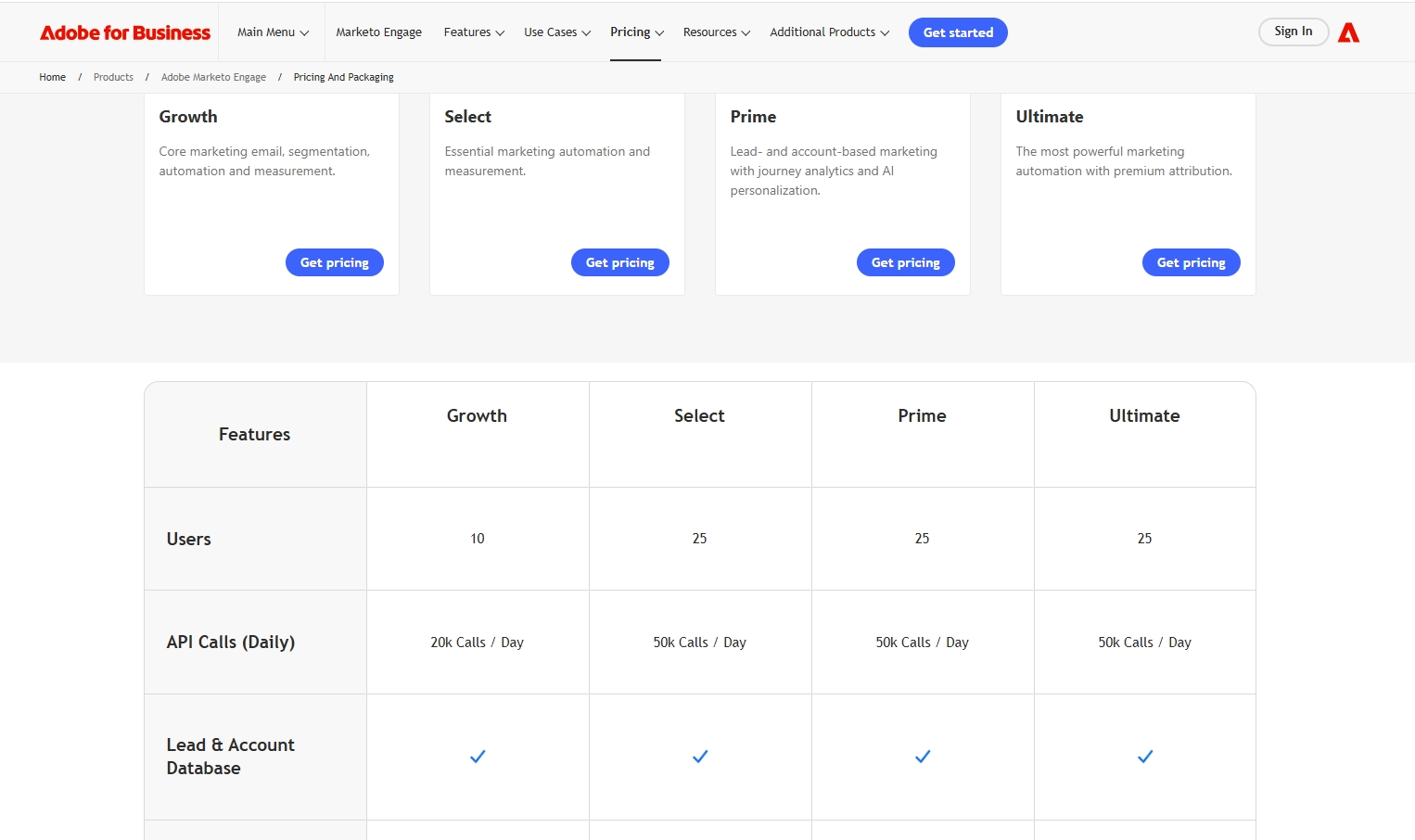
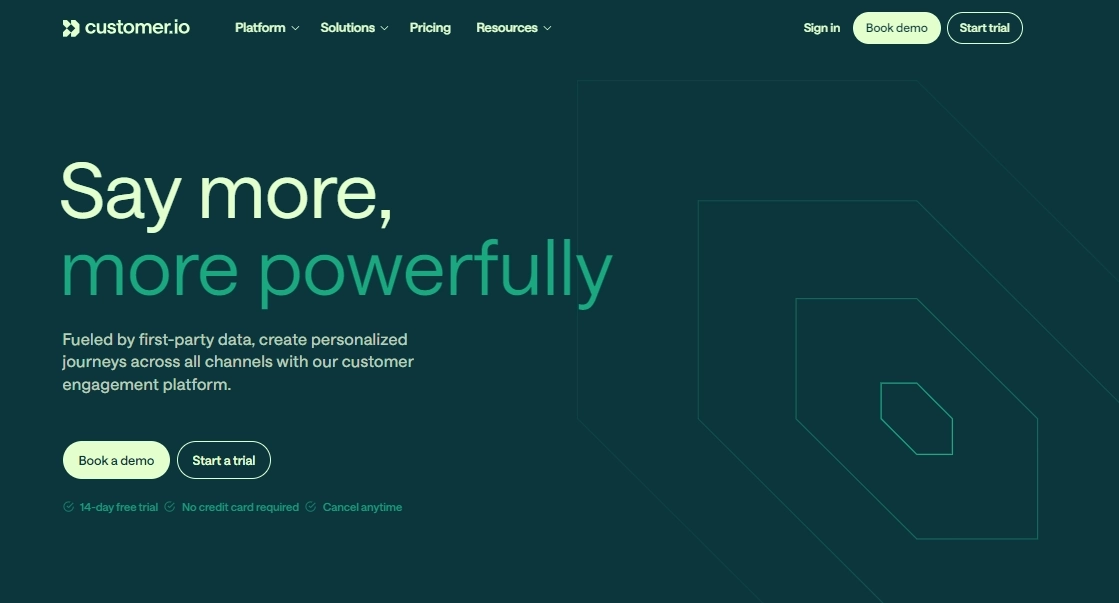
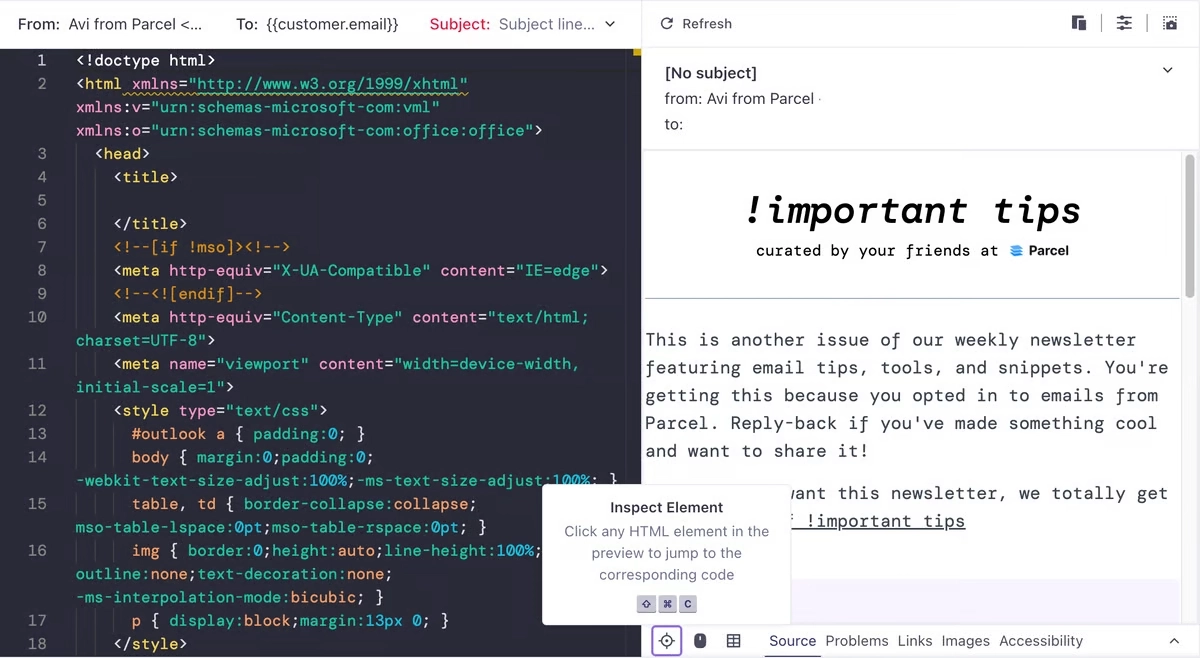
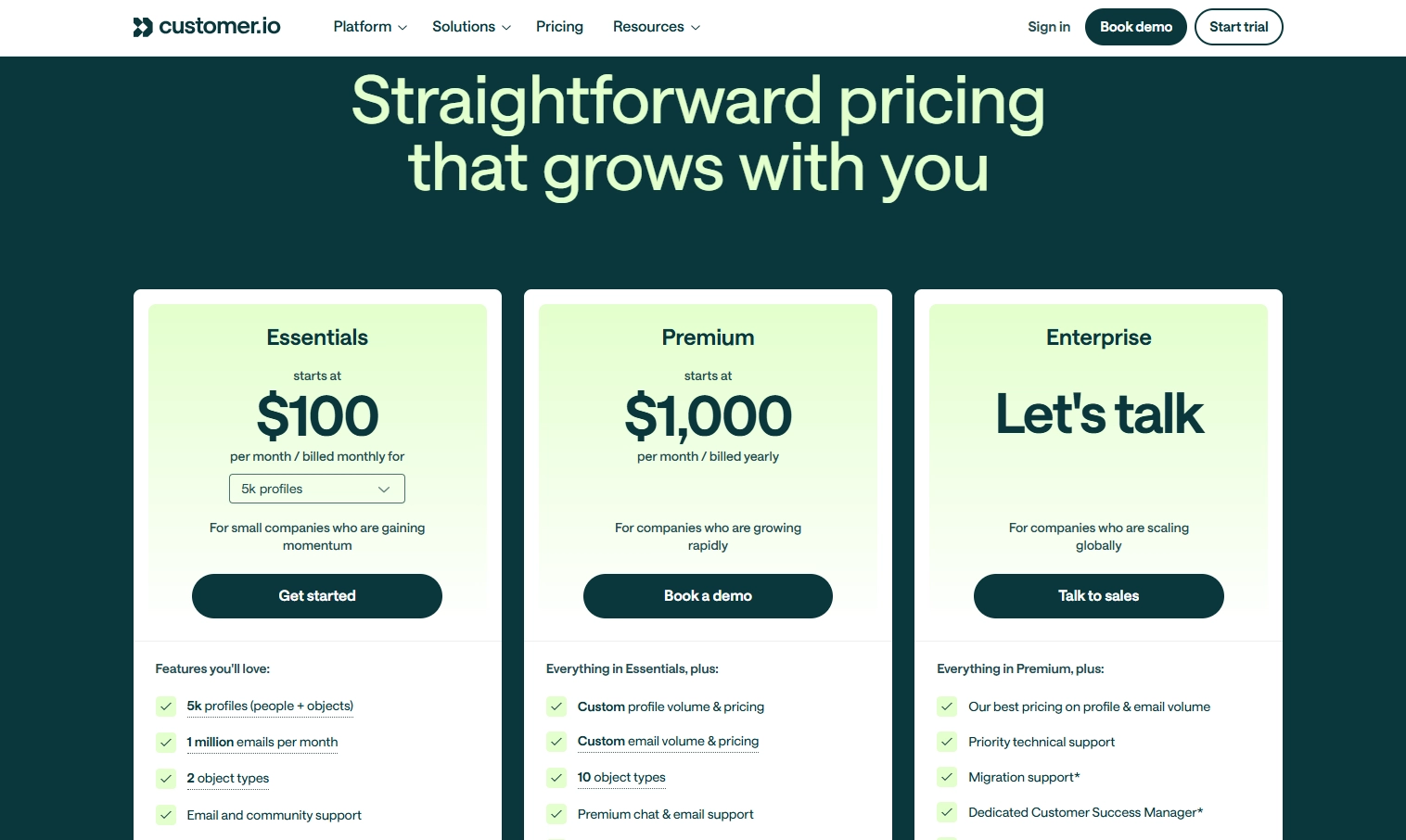
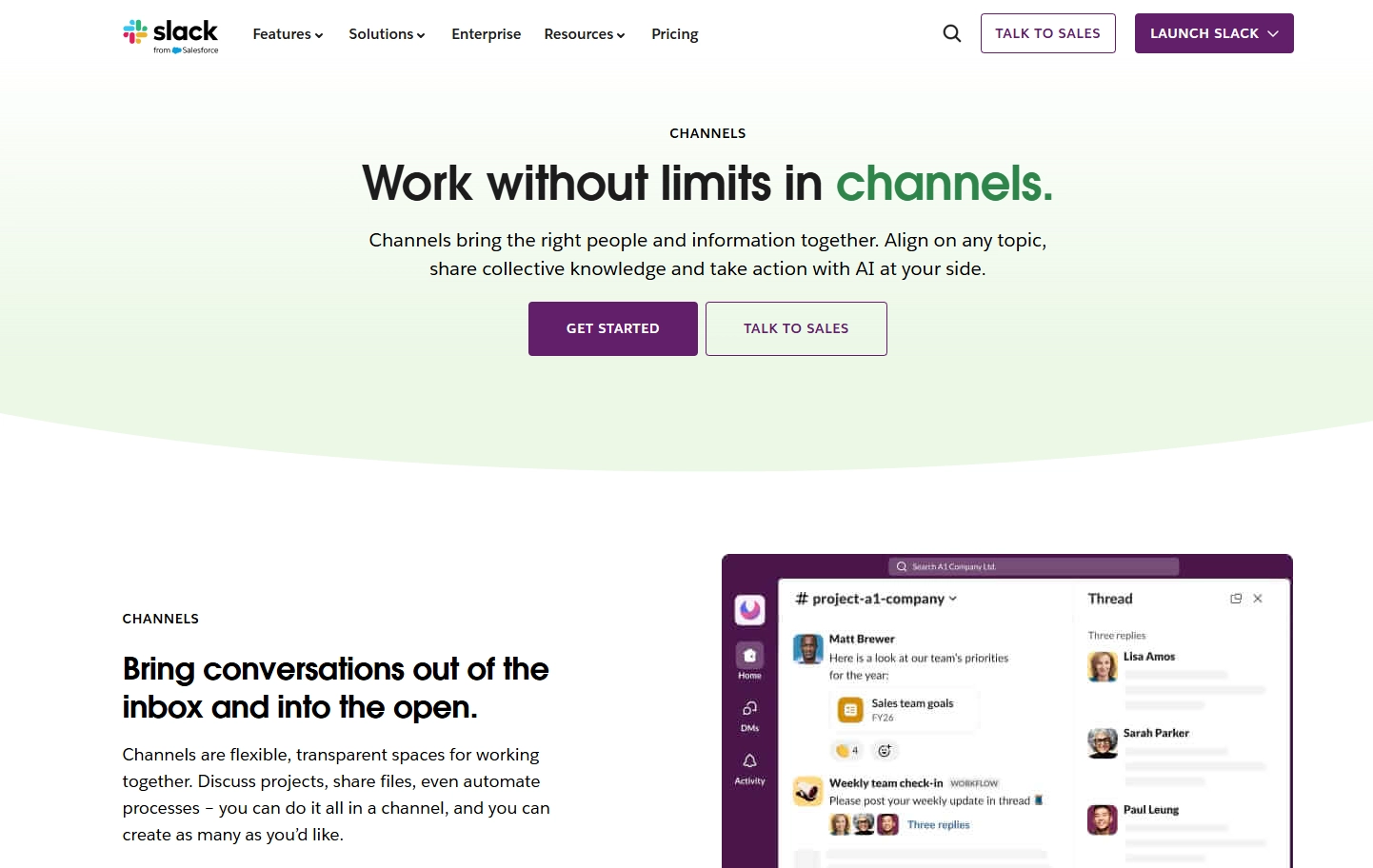
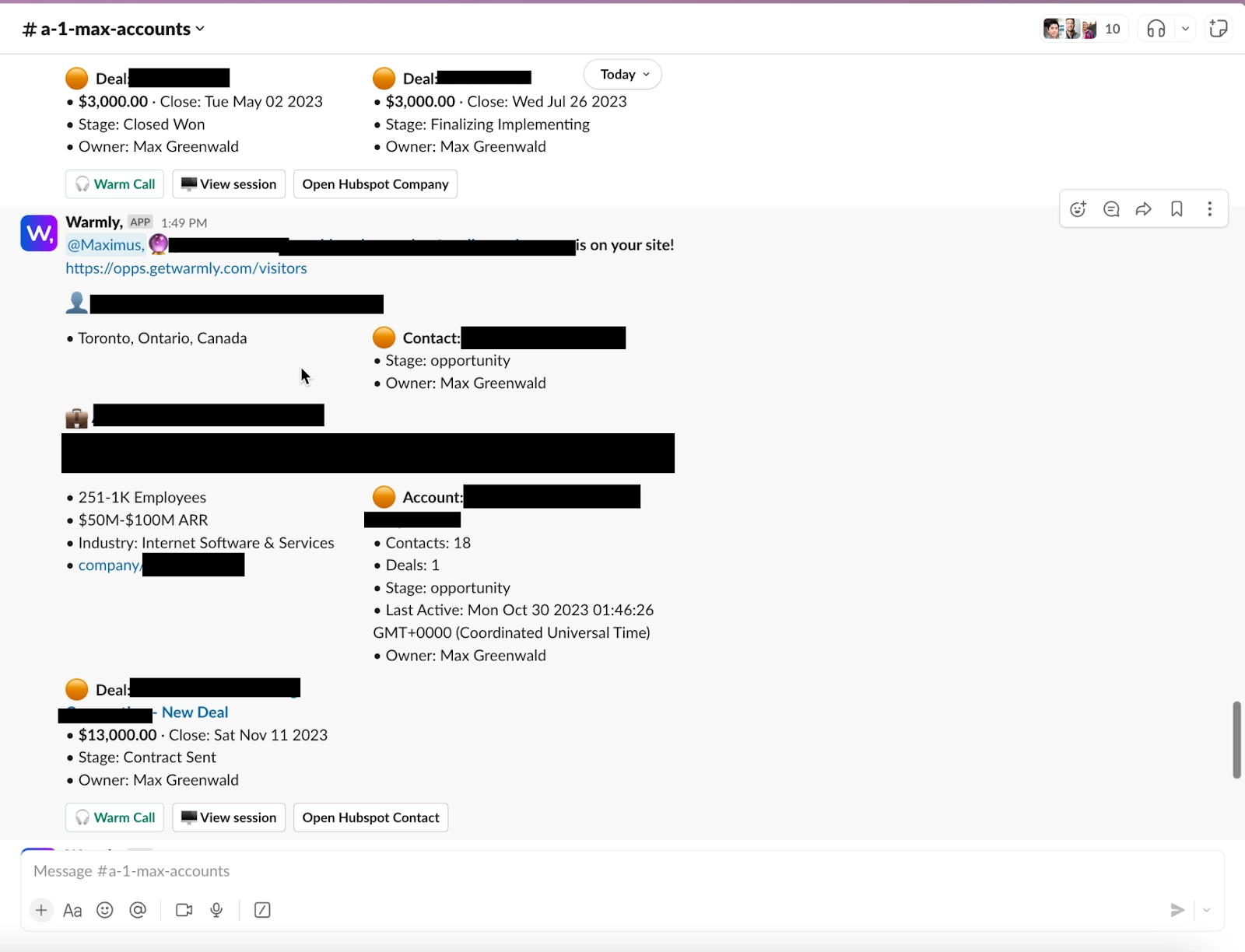
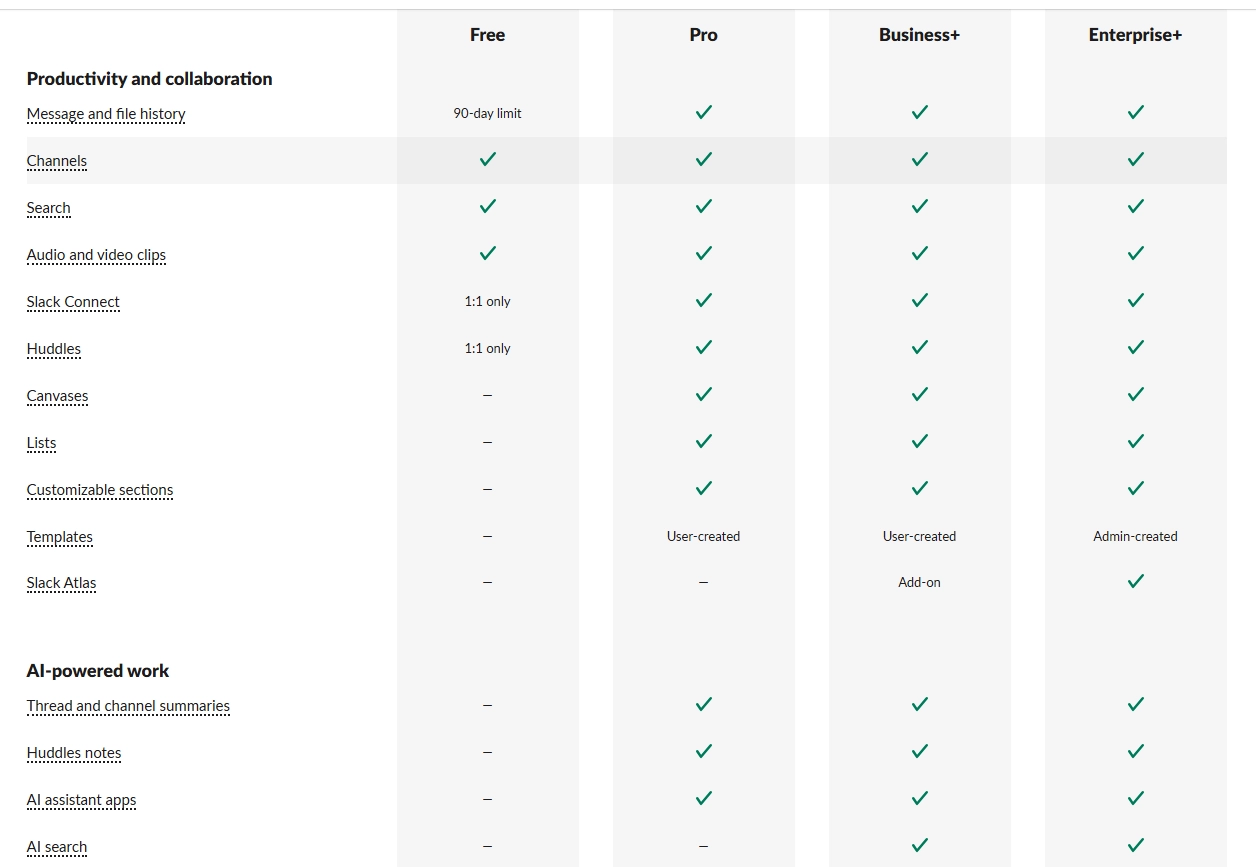
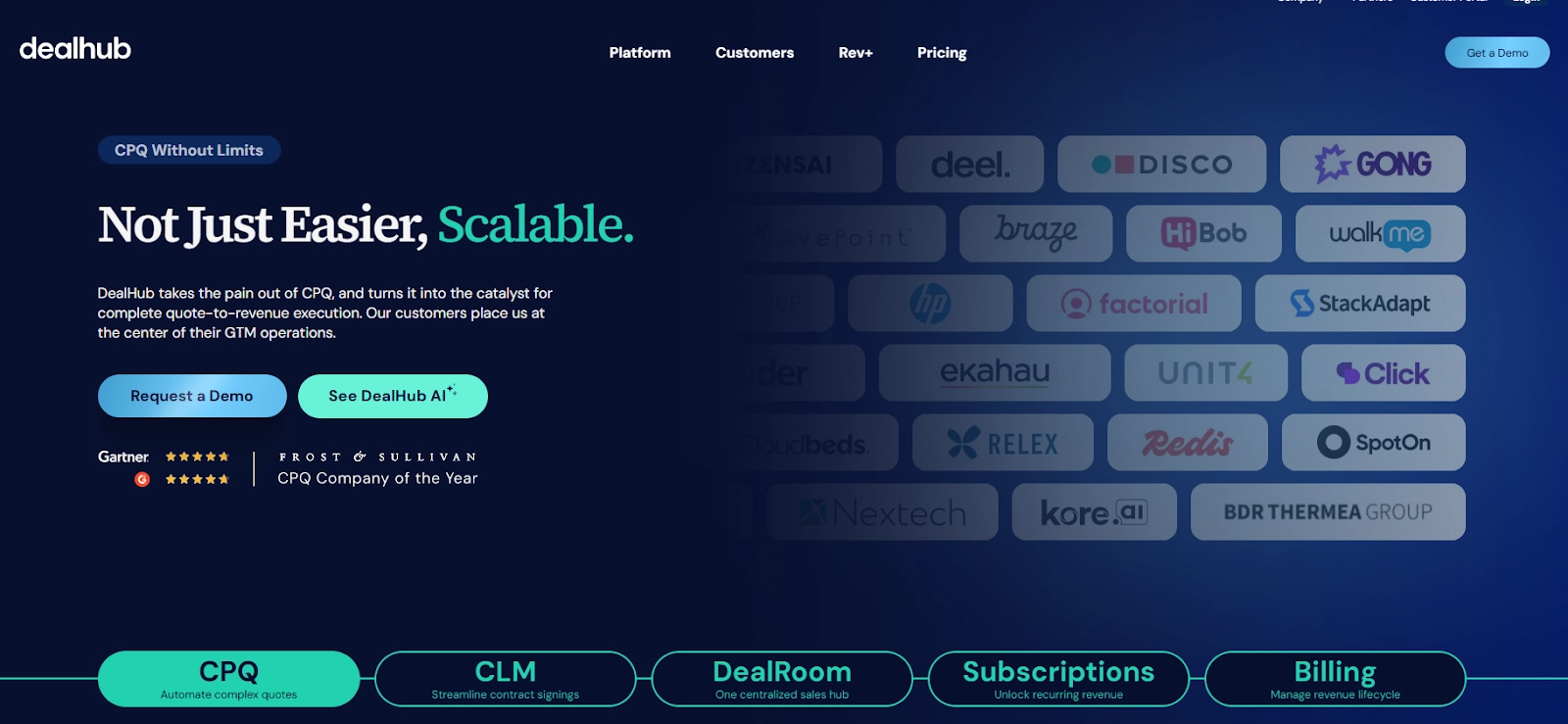
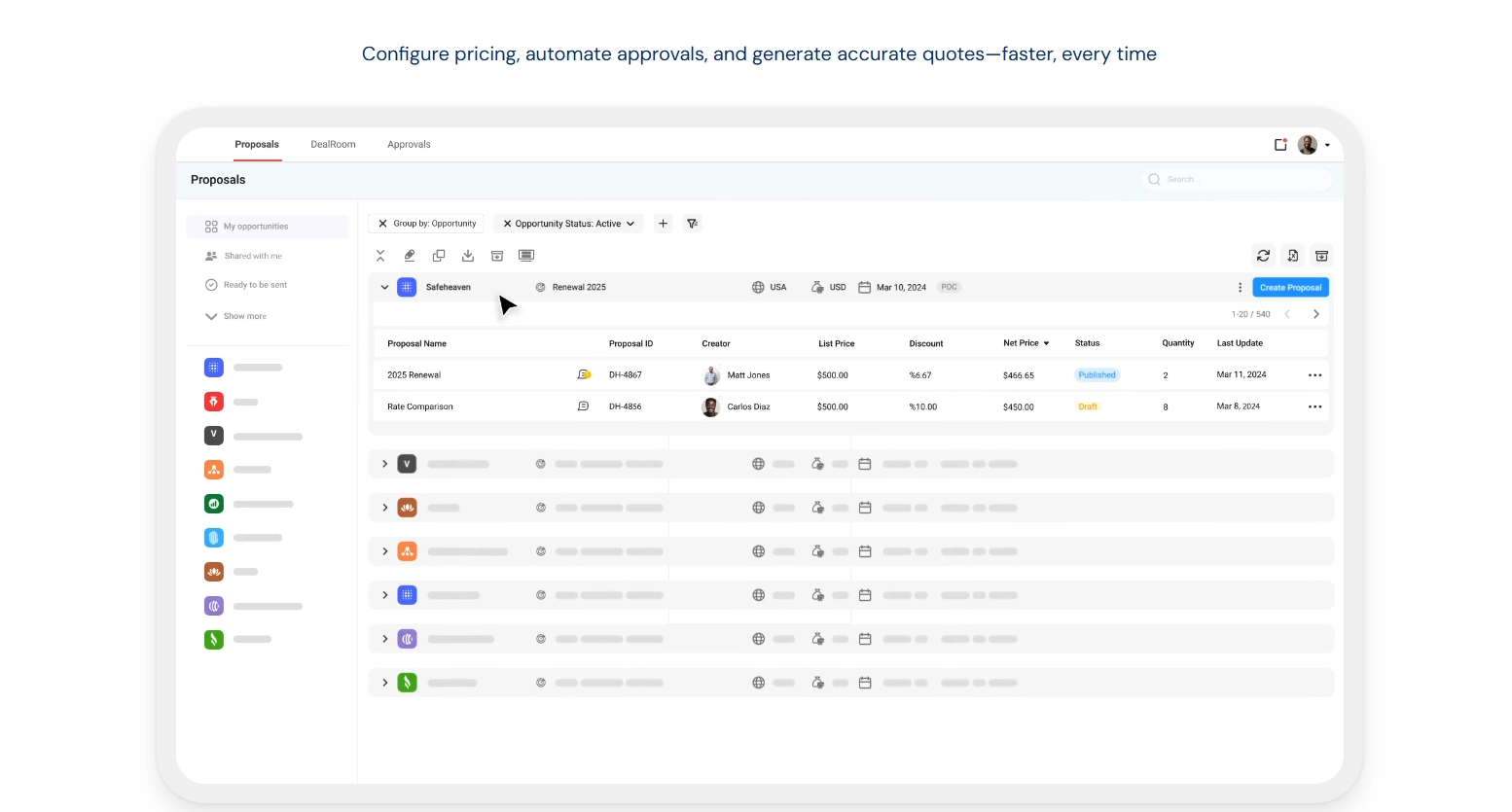
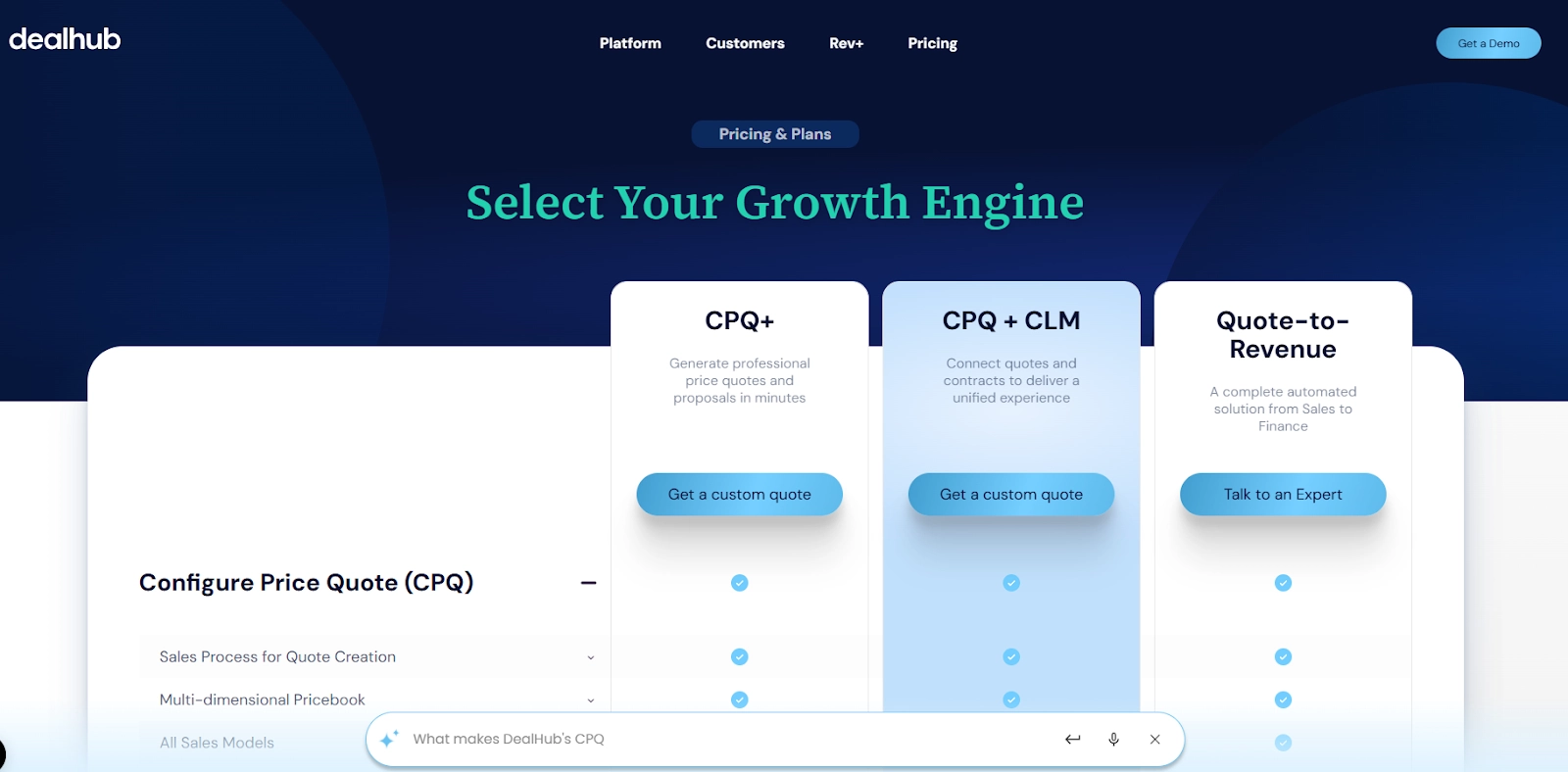
![10 Best RevOps Tools & Software [October 2025]](https://cdn.prod.website-files.com/6506fc5785bd592c468835e0/68dd0bf27985d8874f5f892c_revops_tools.webp)
